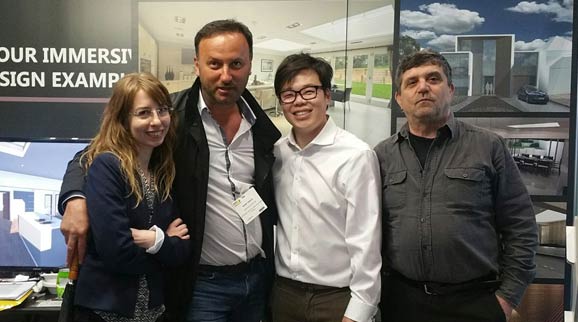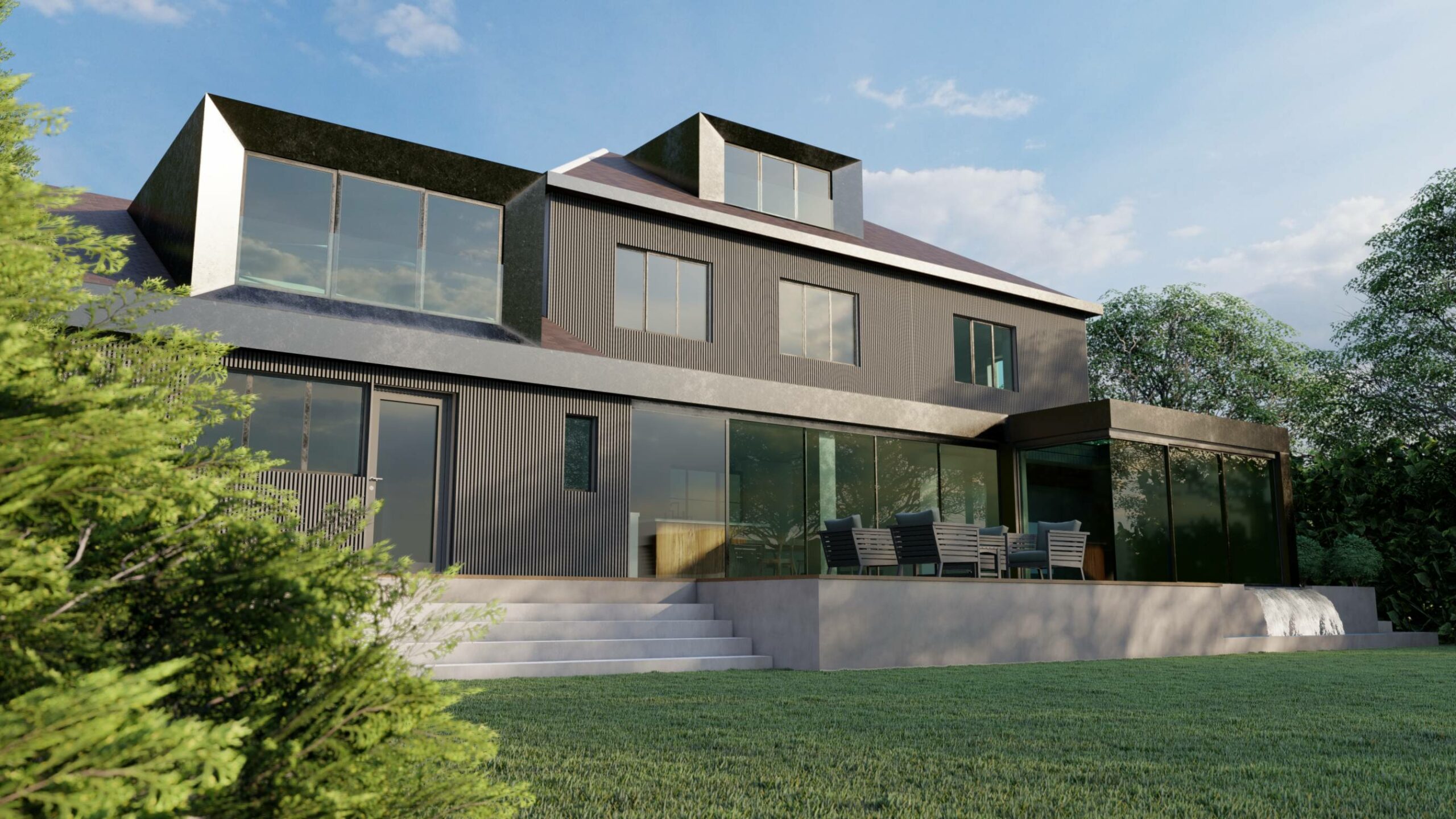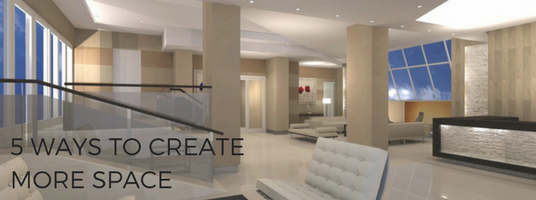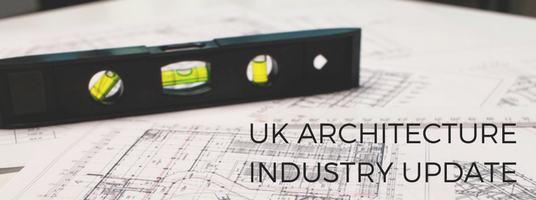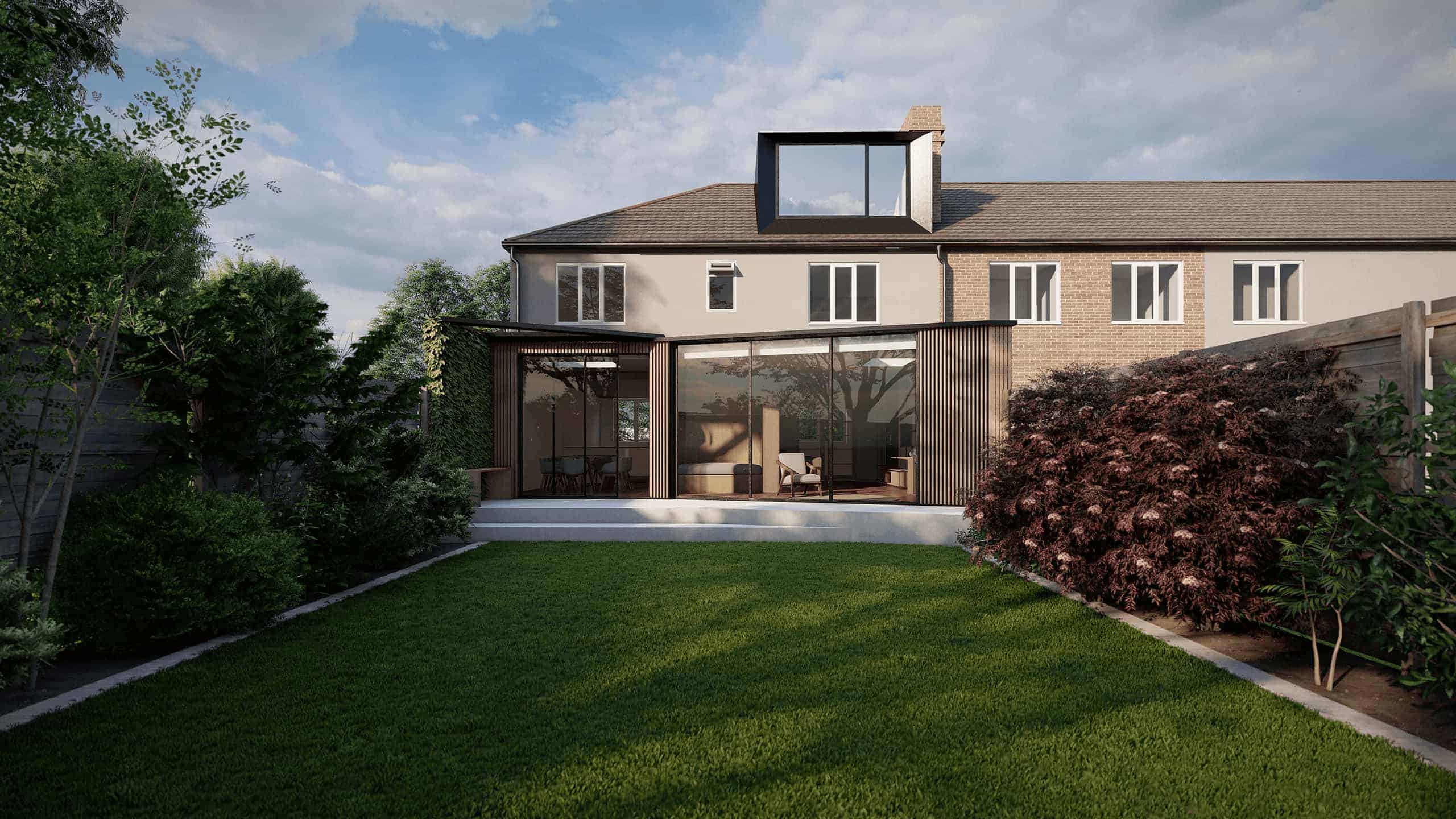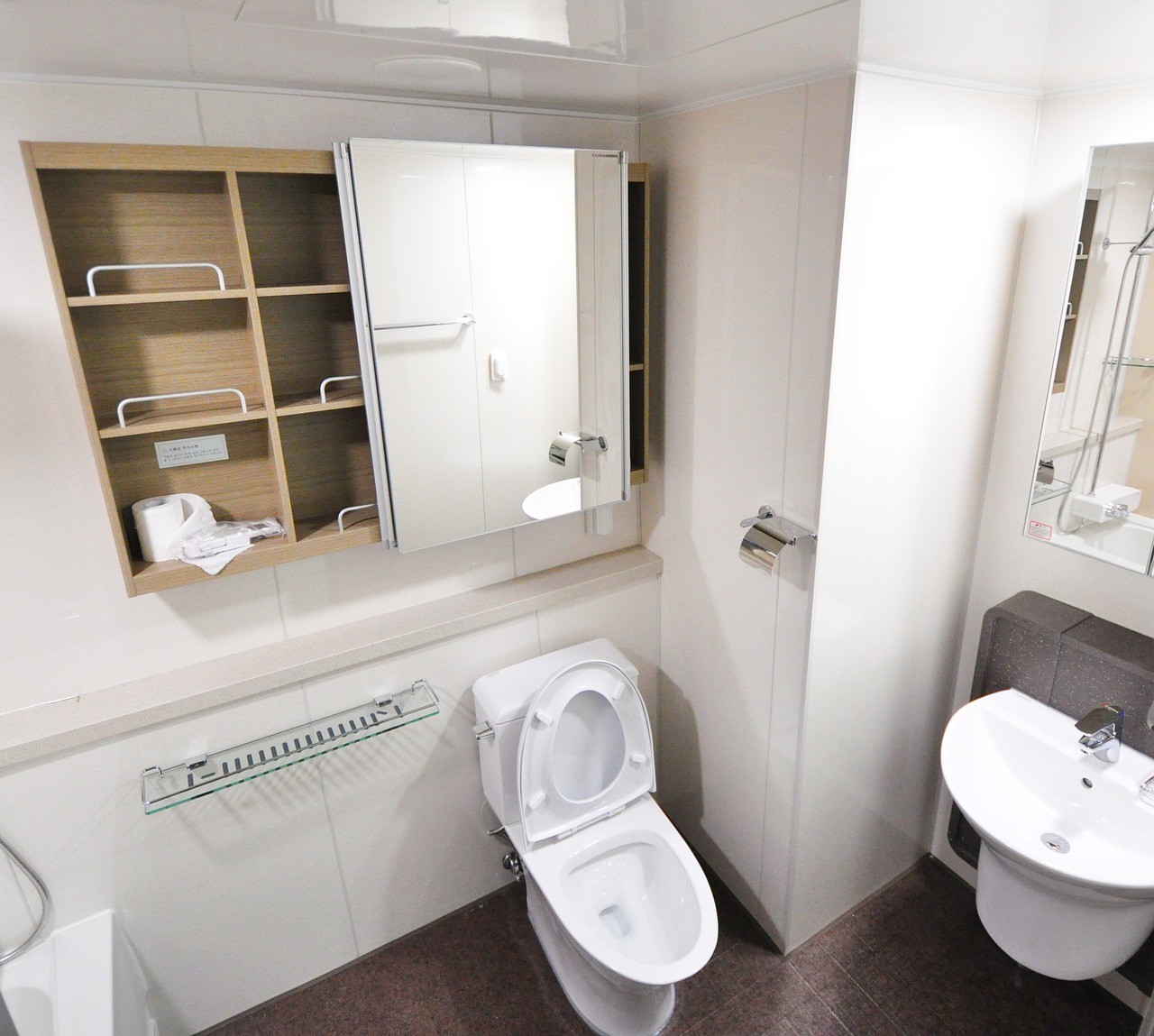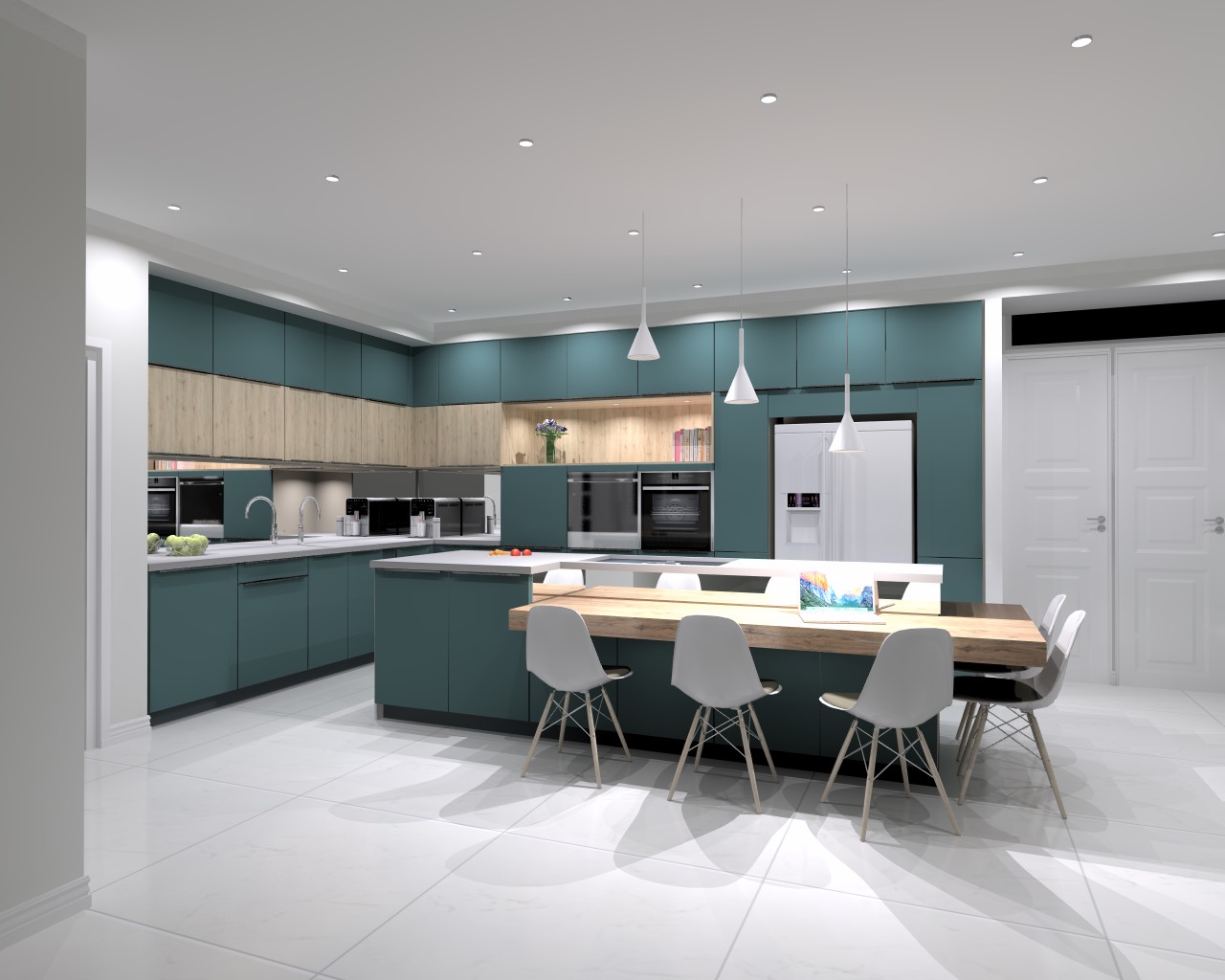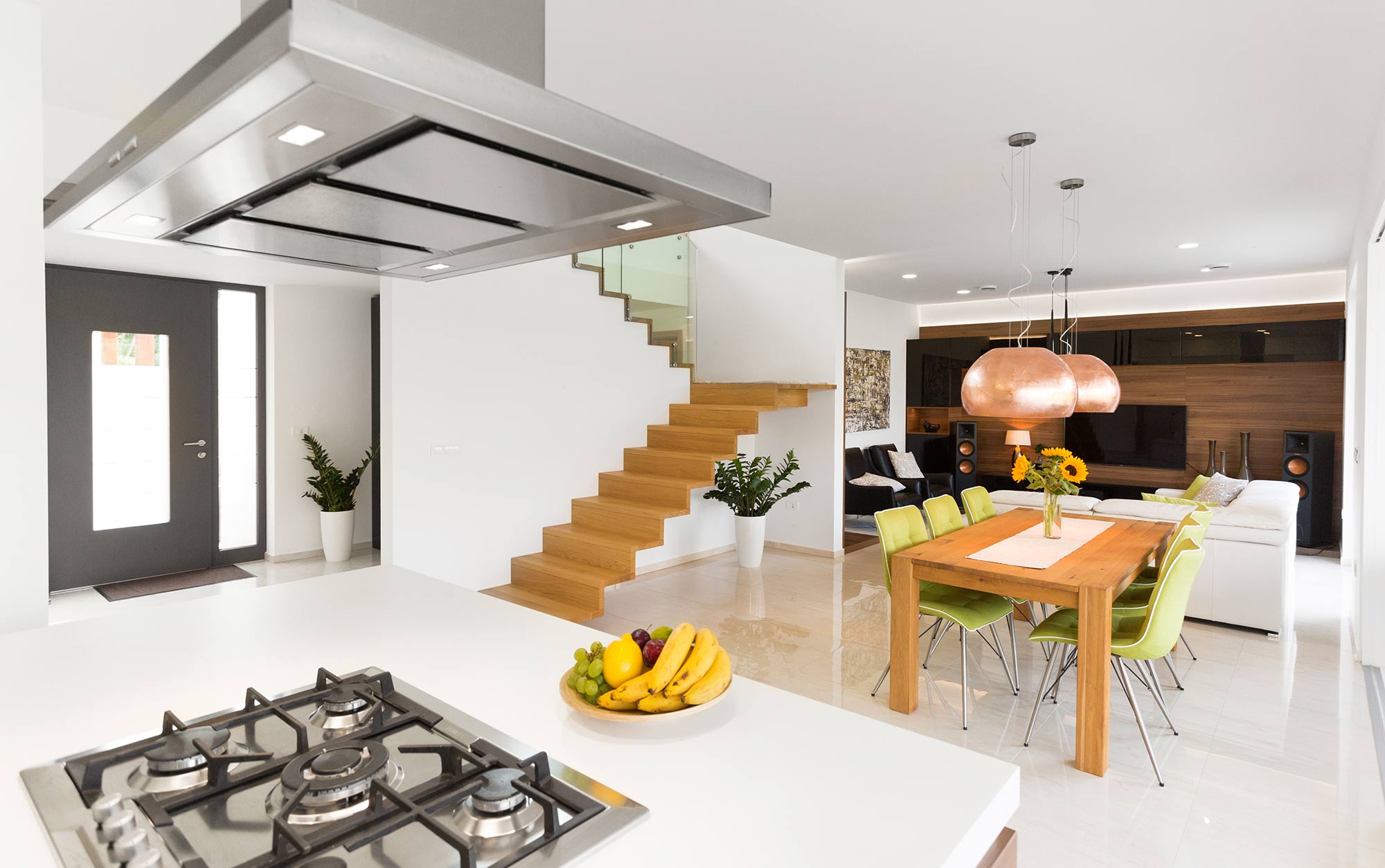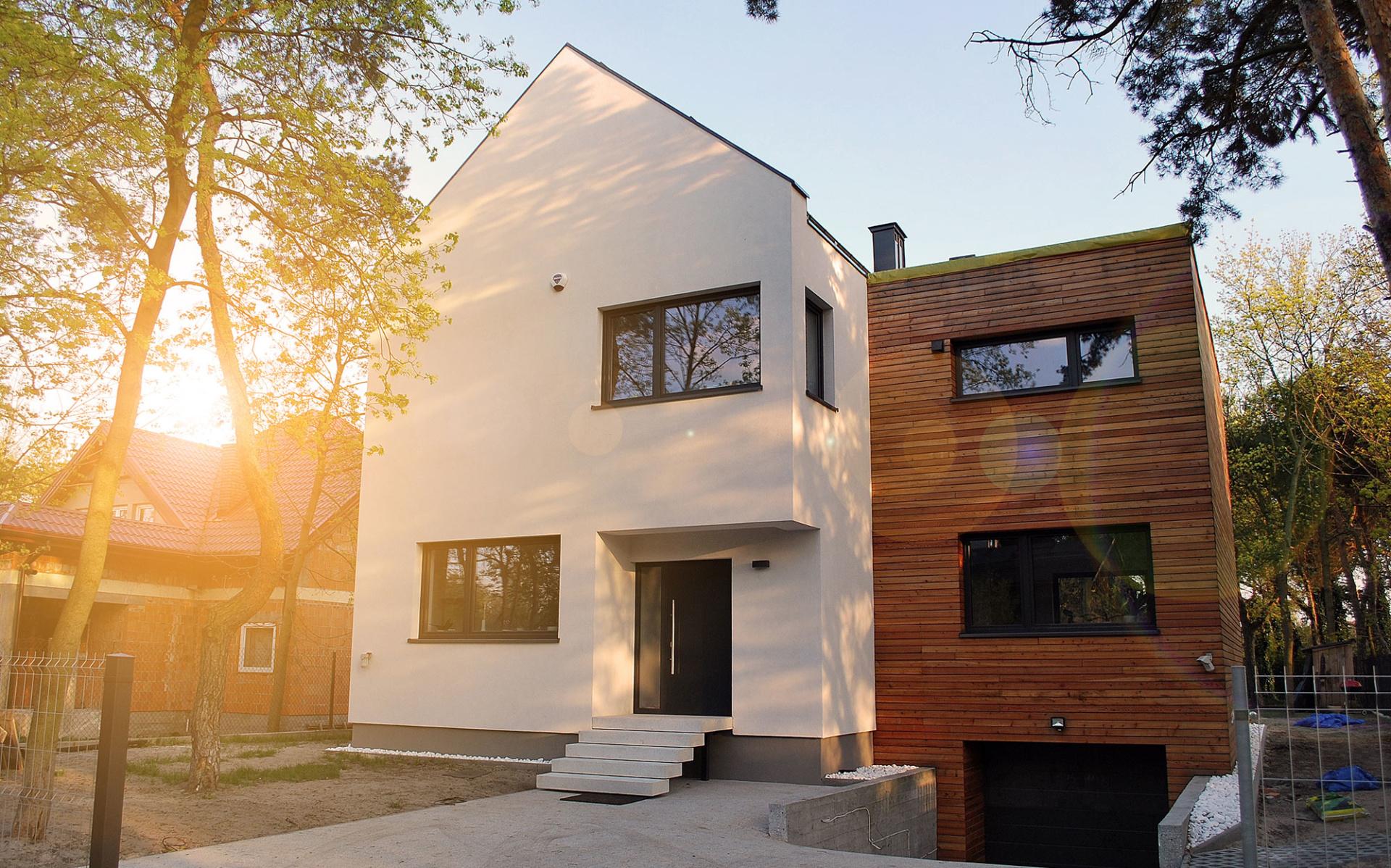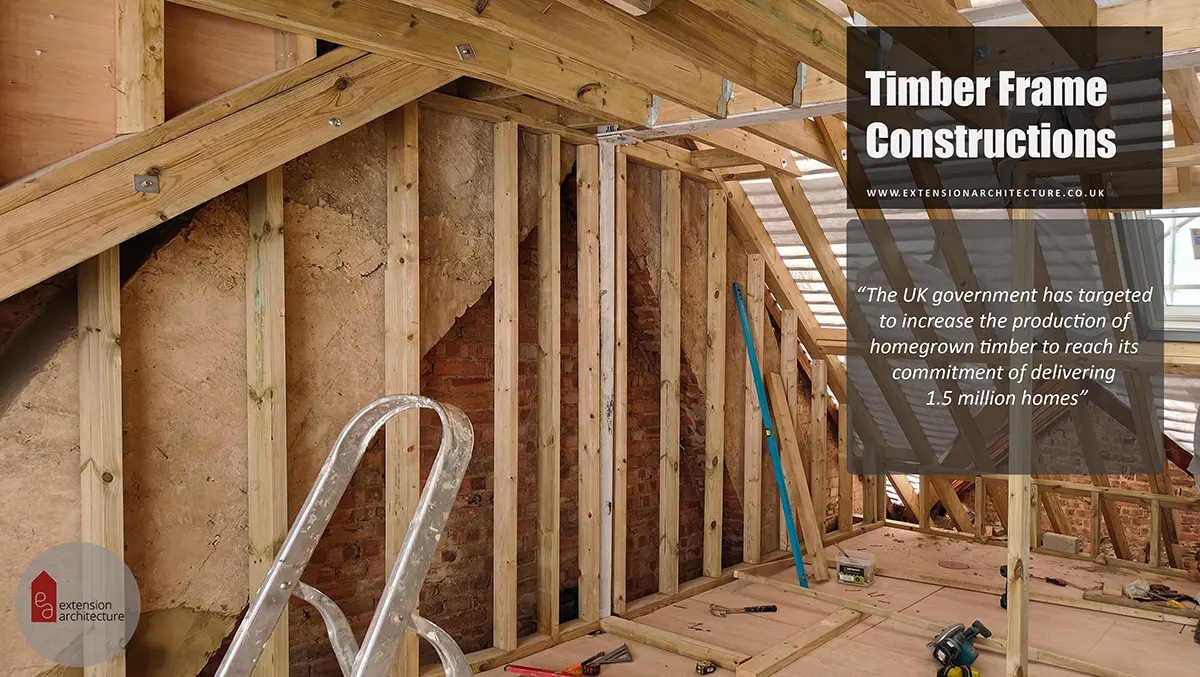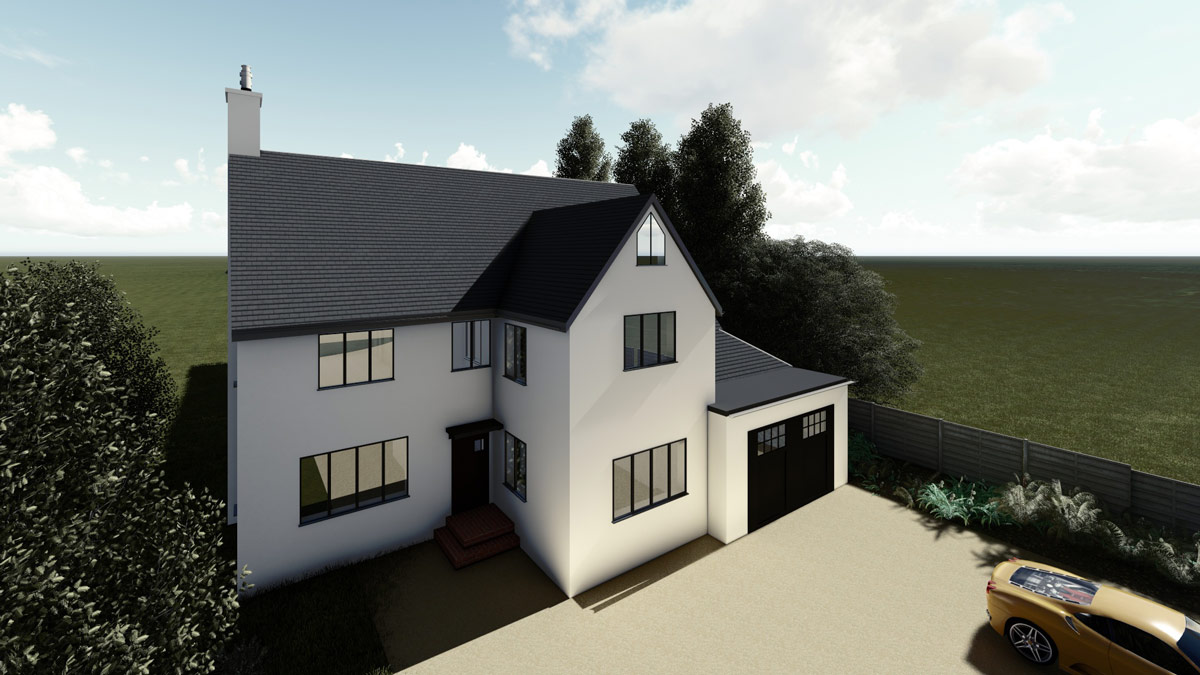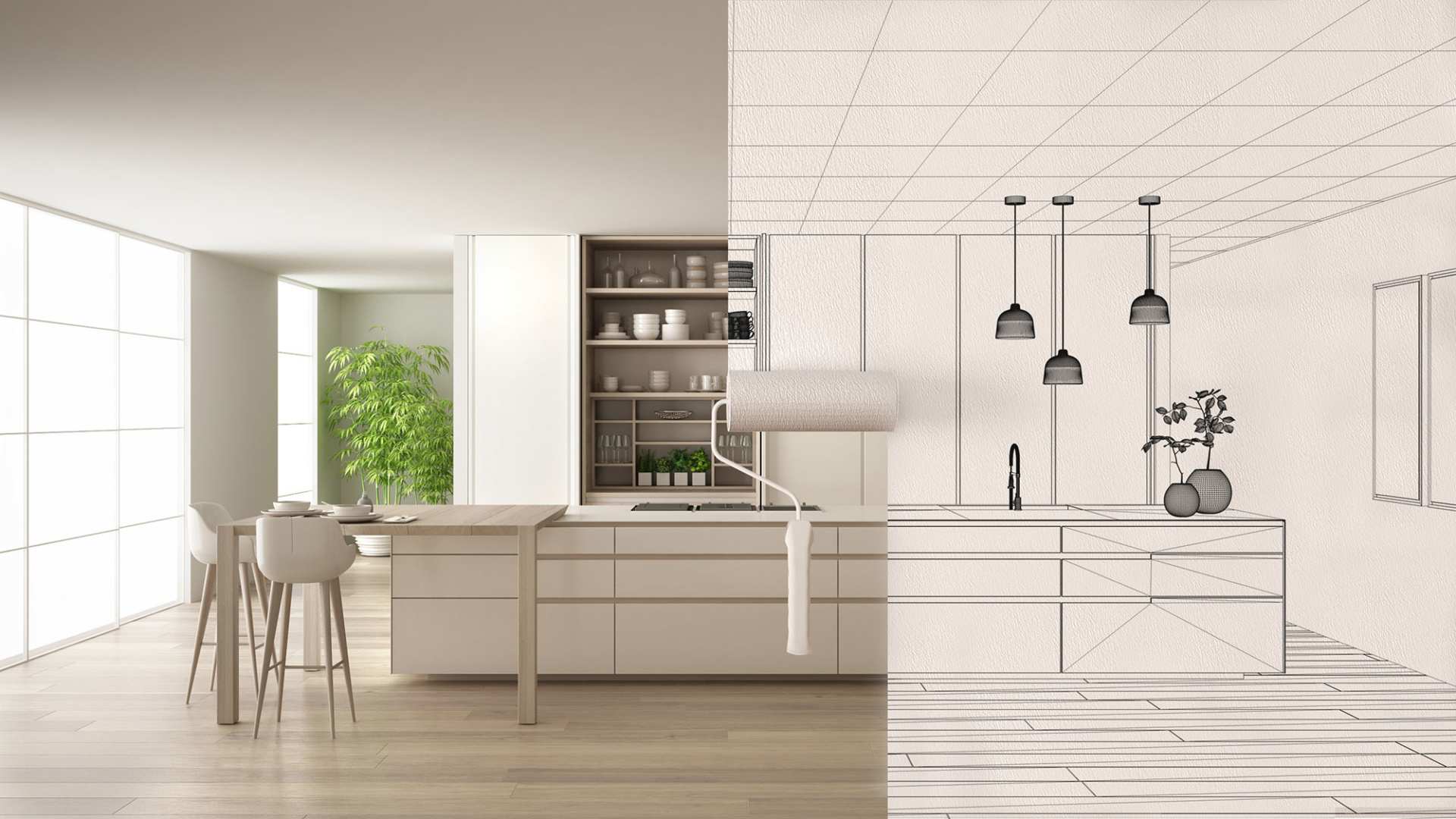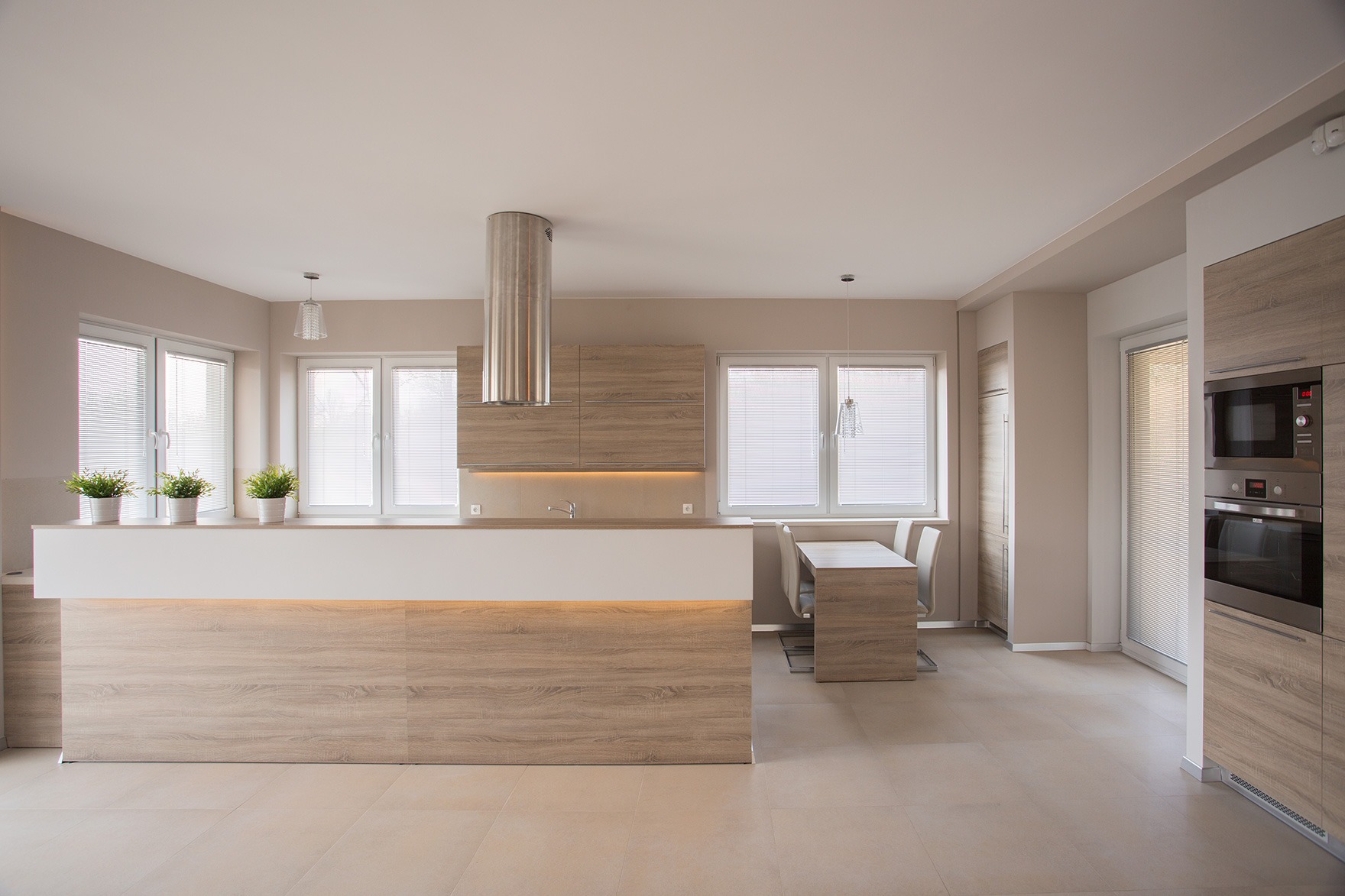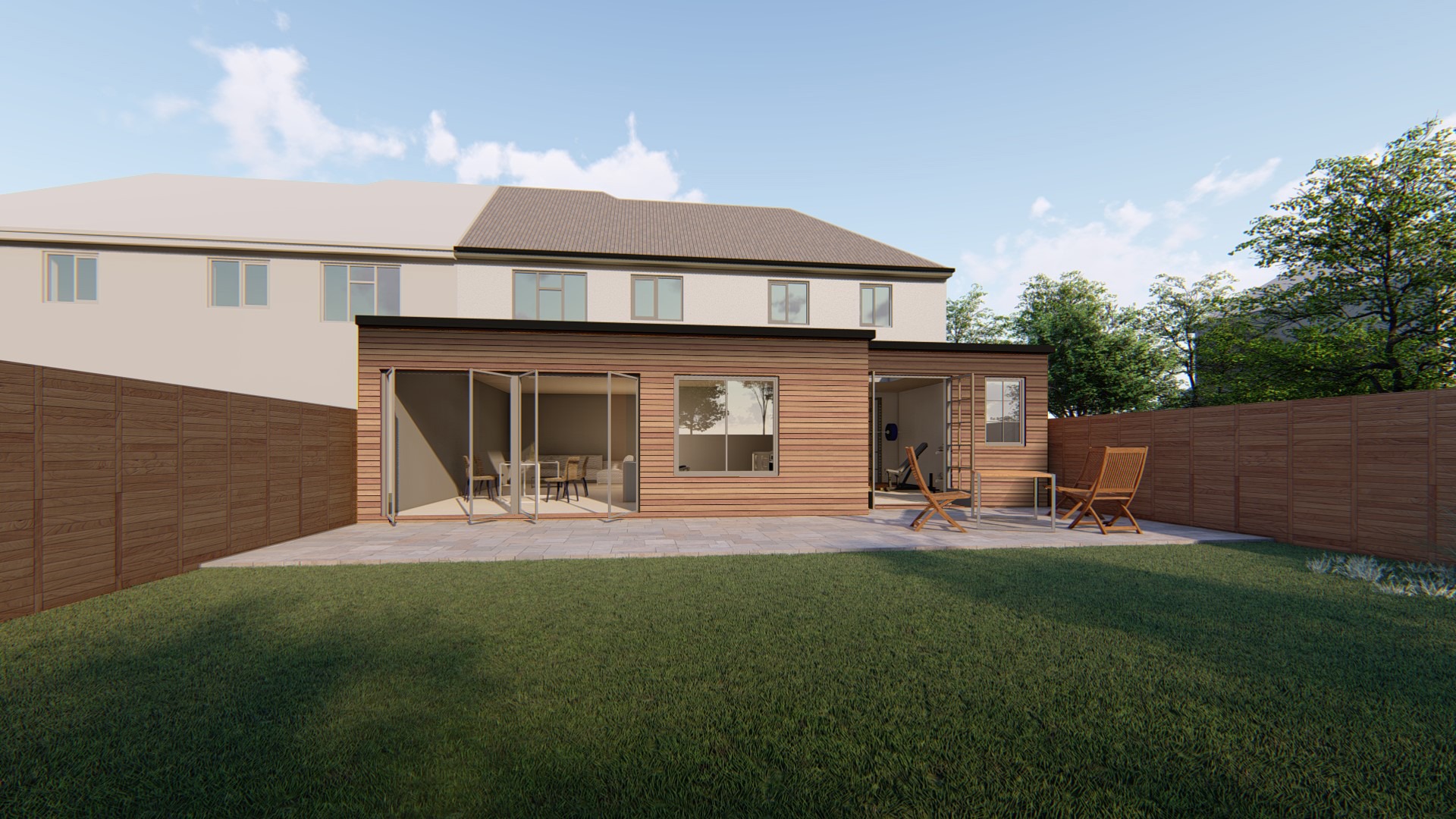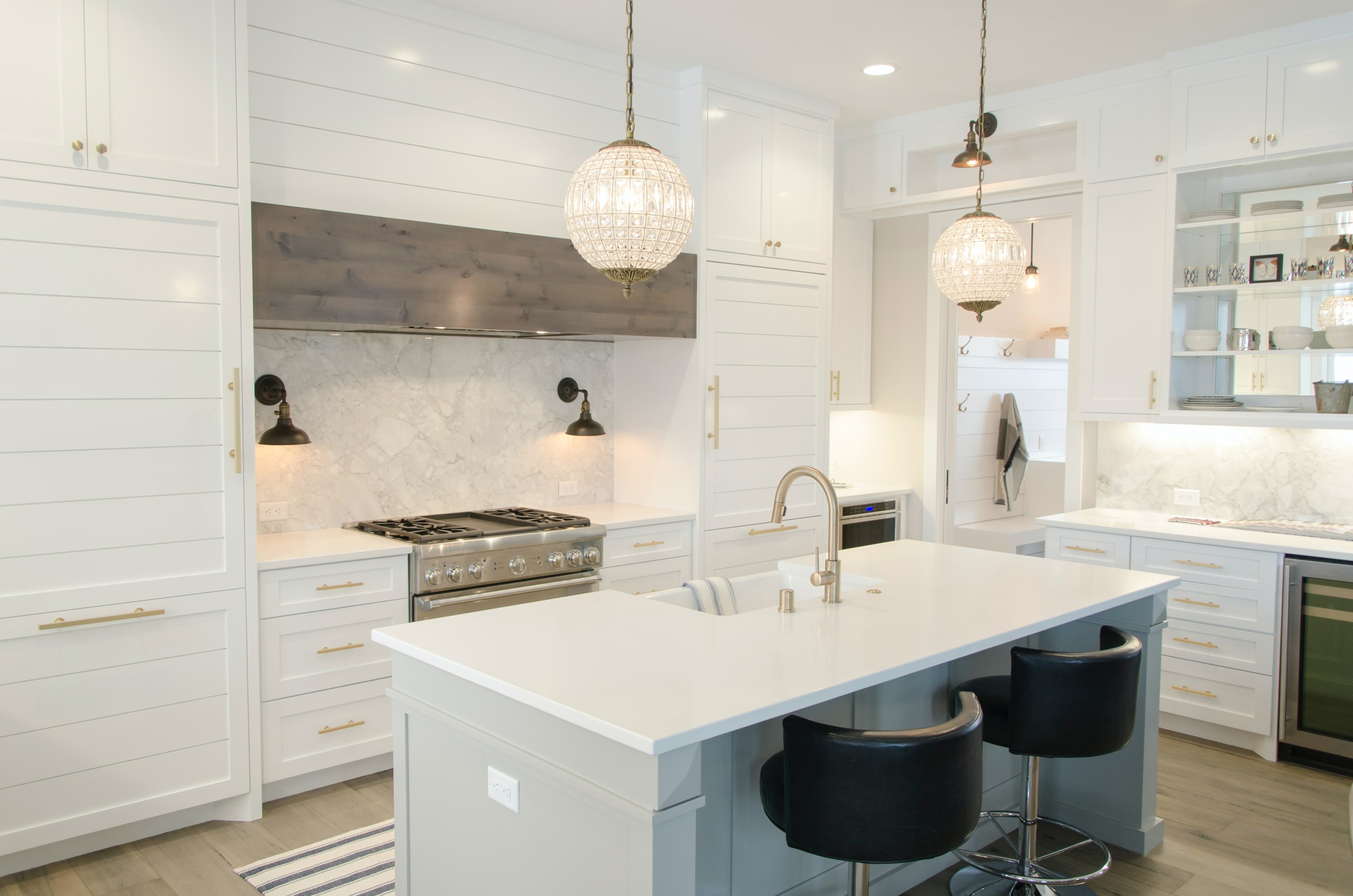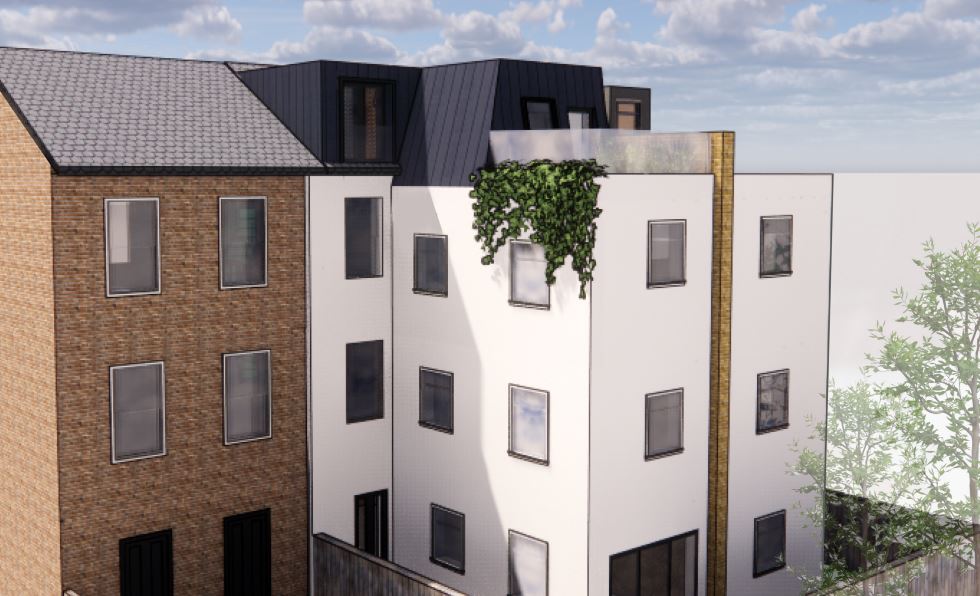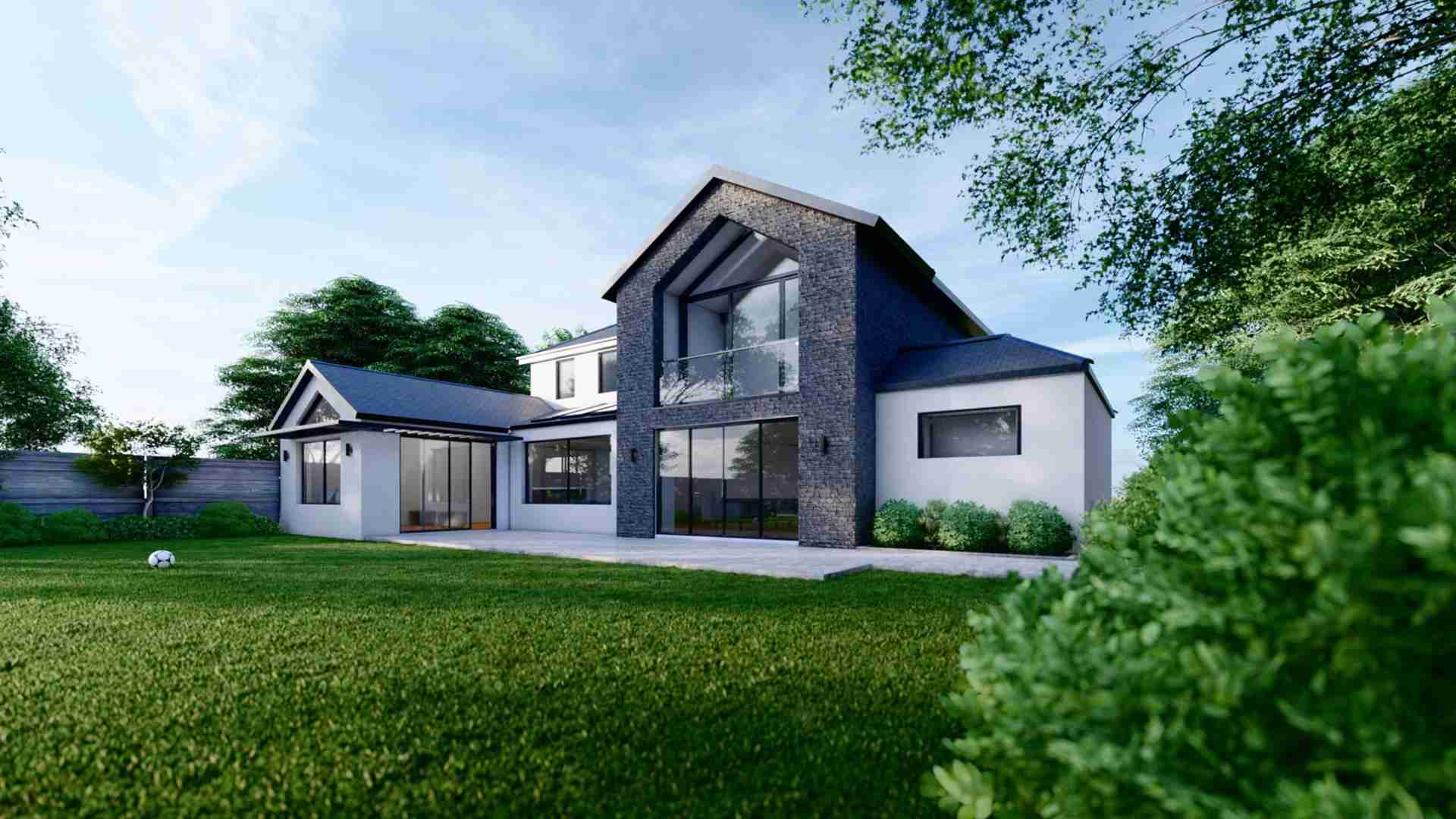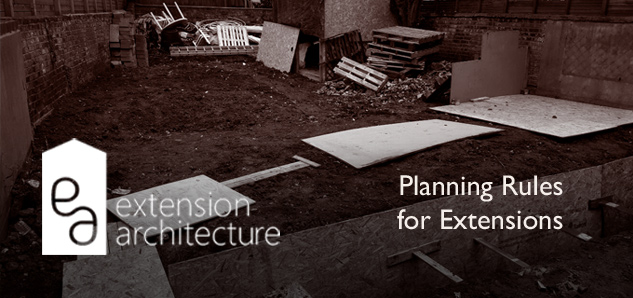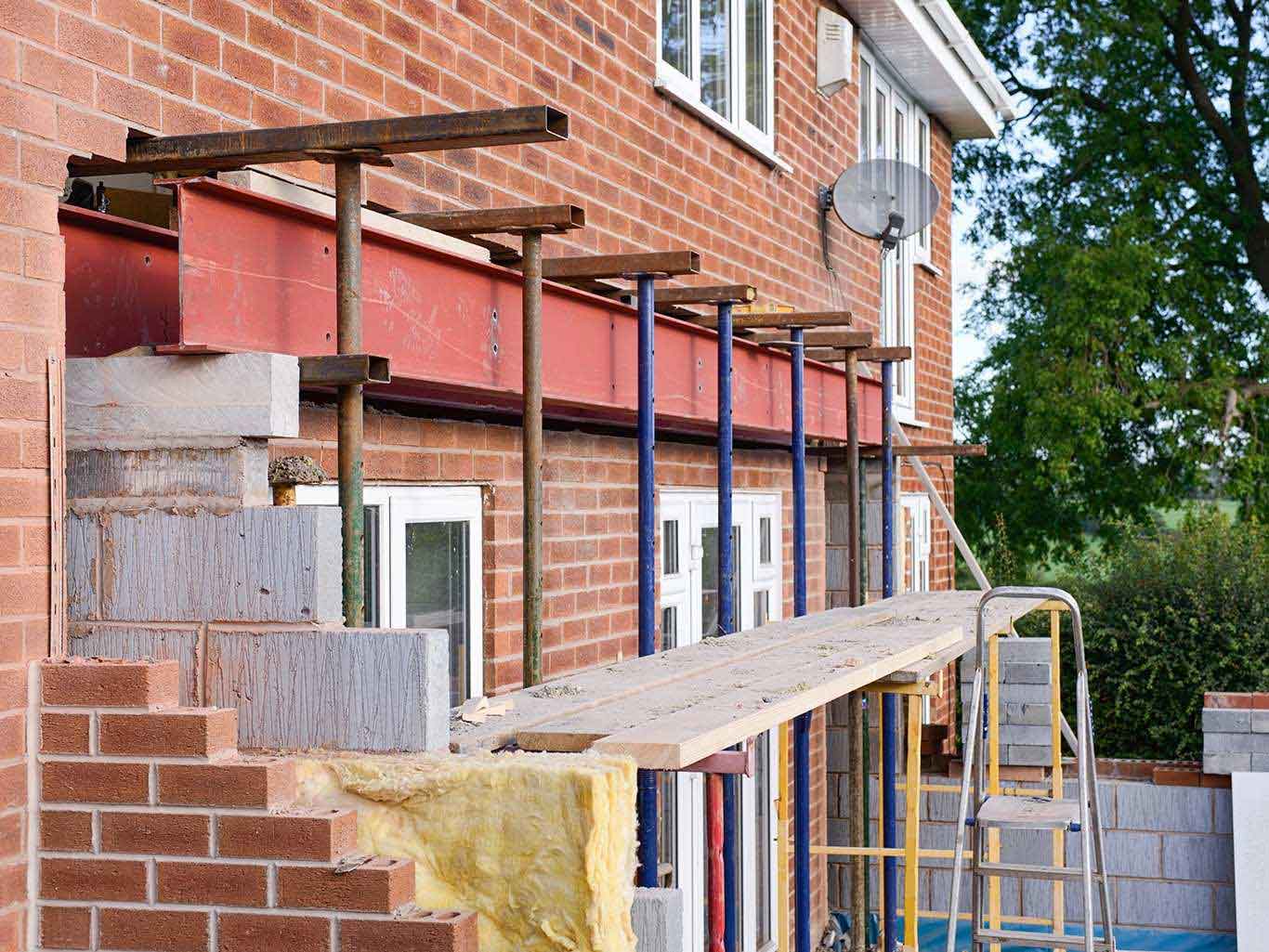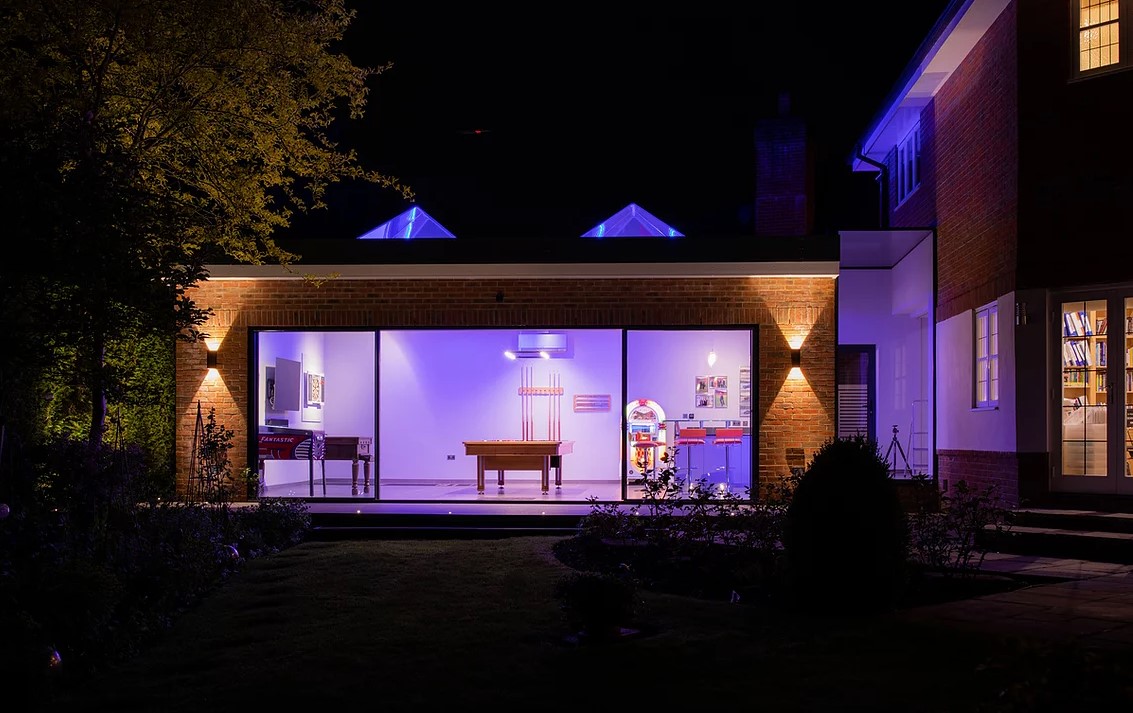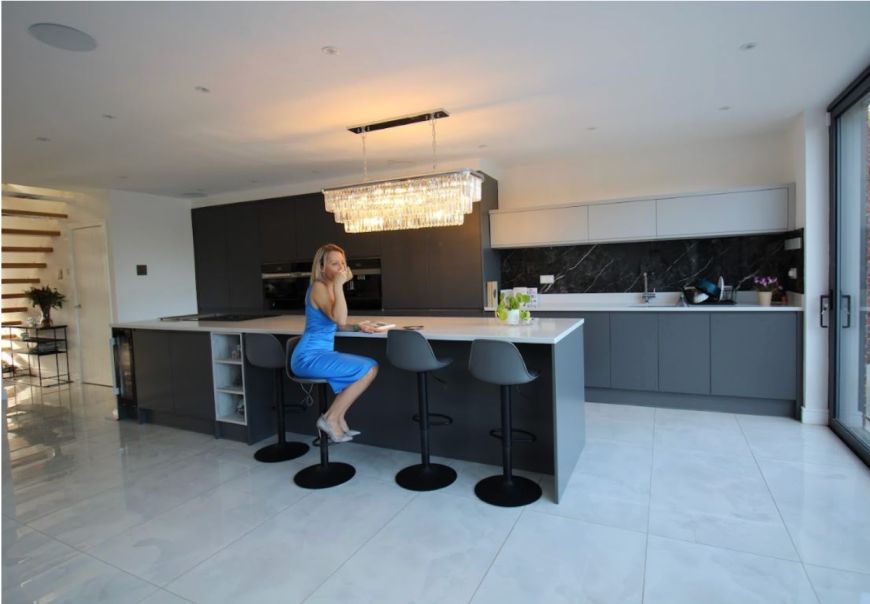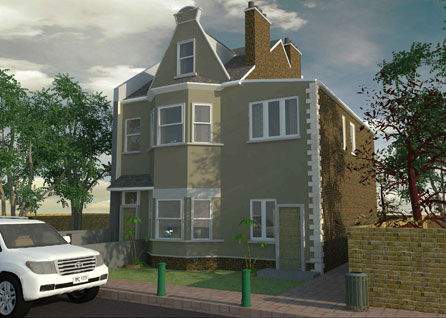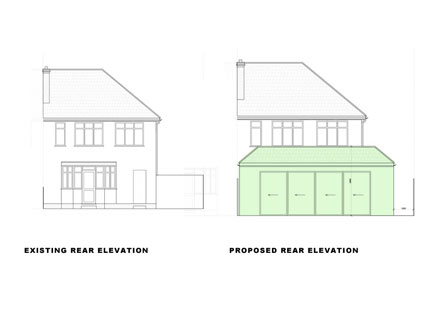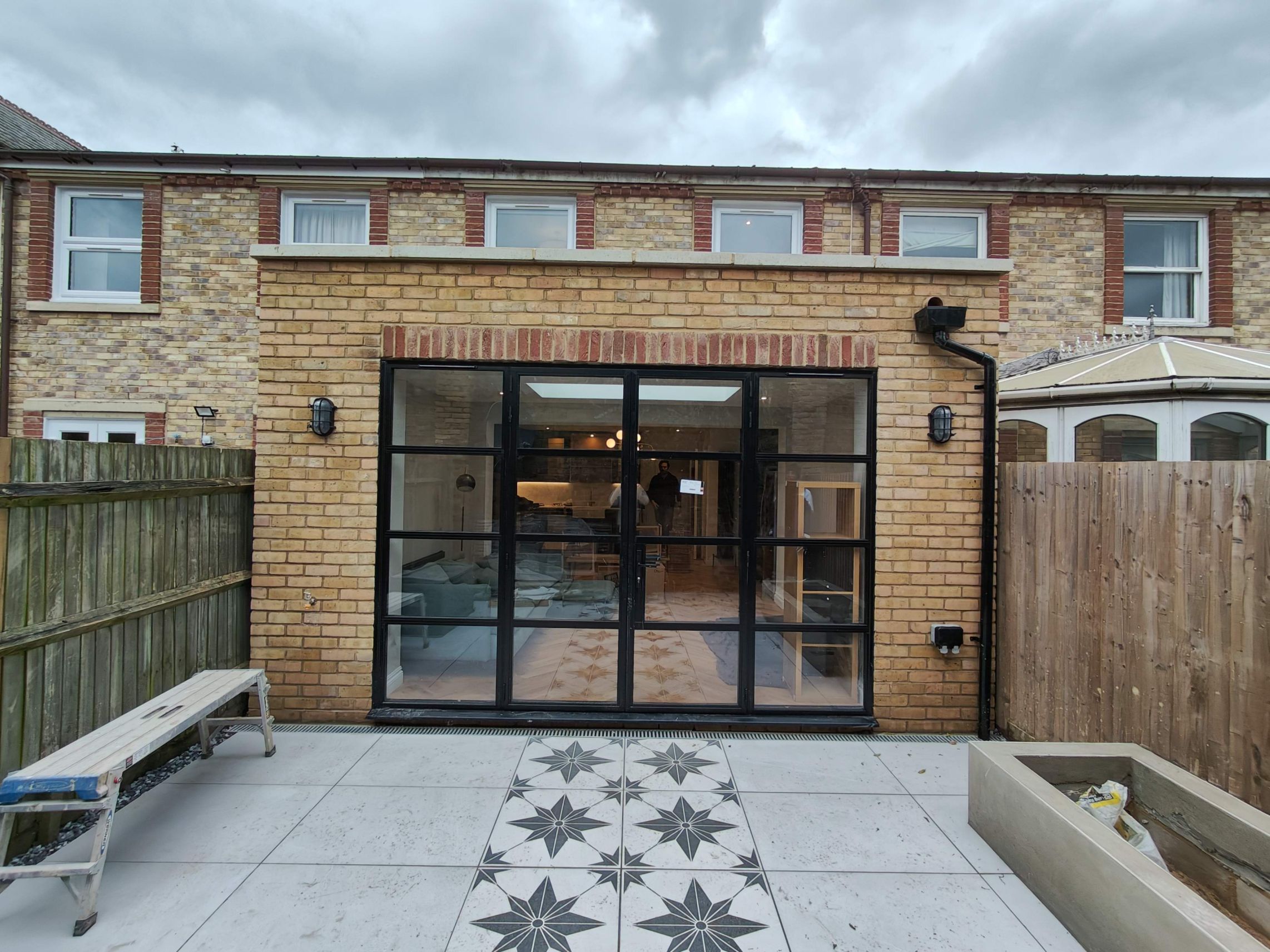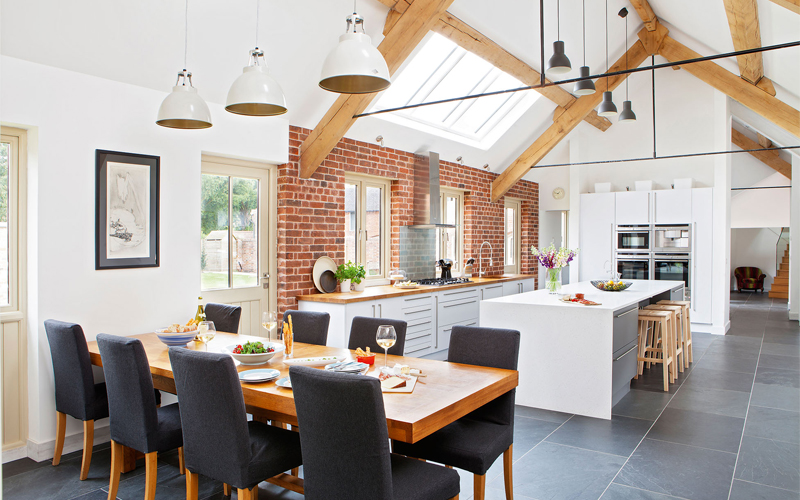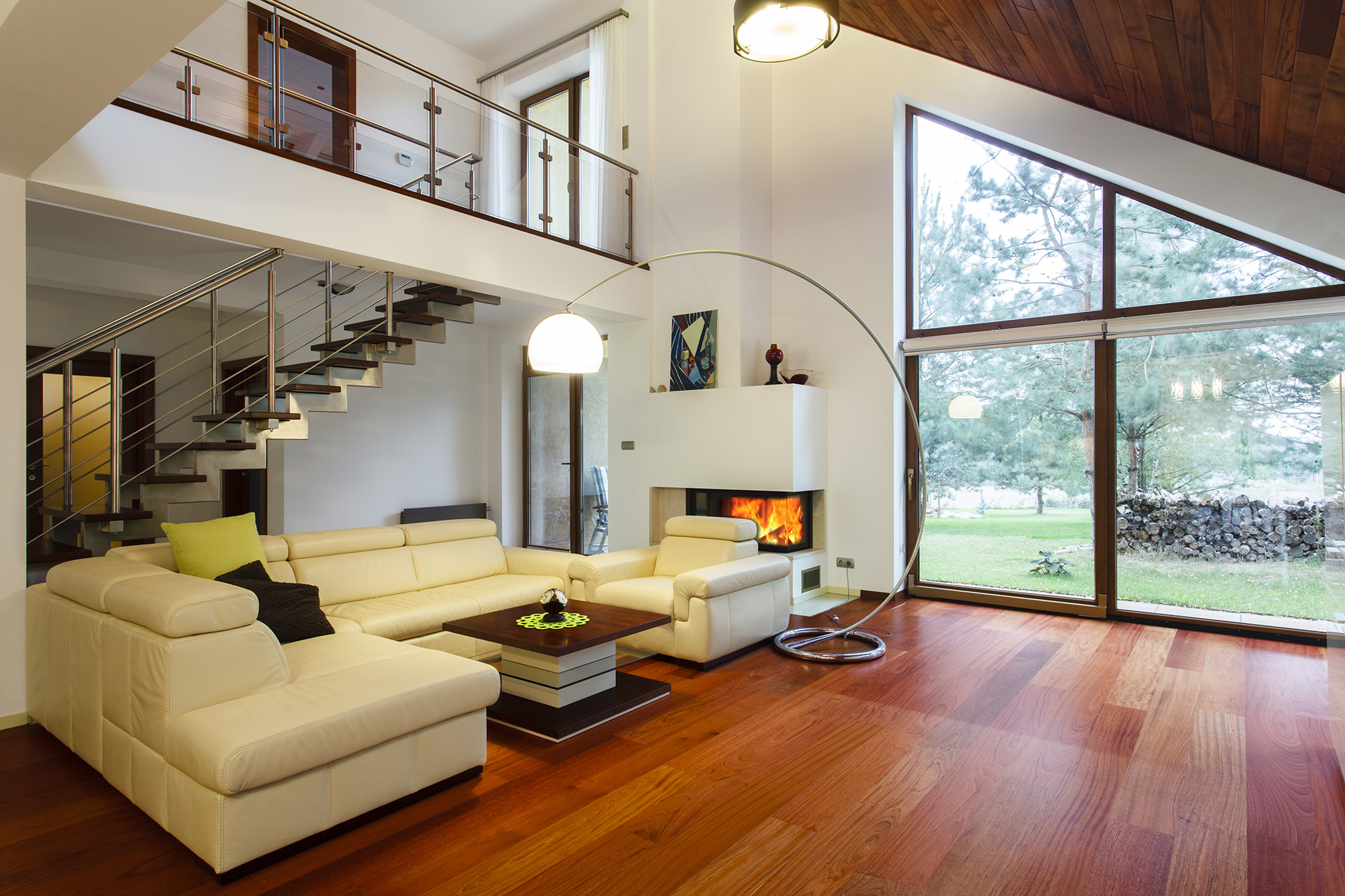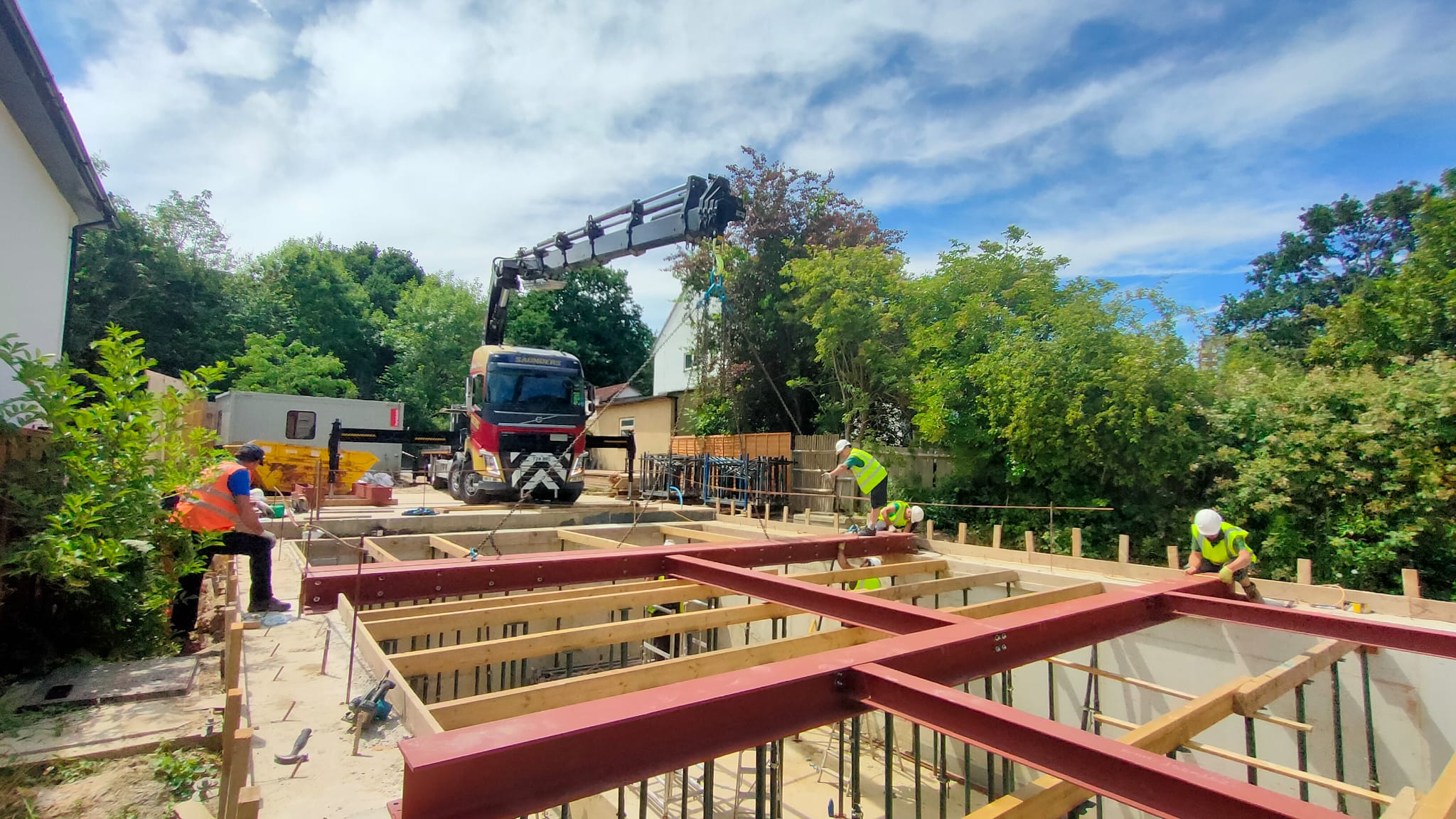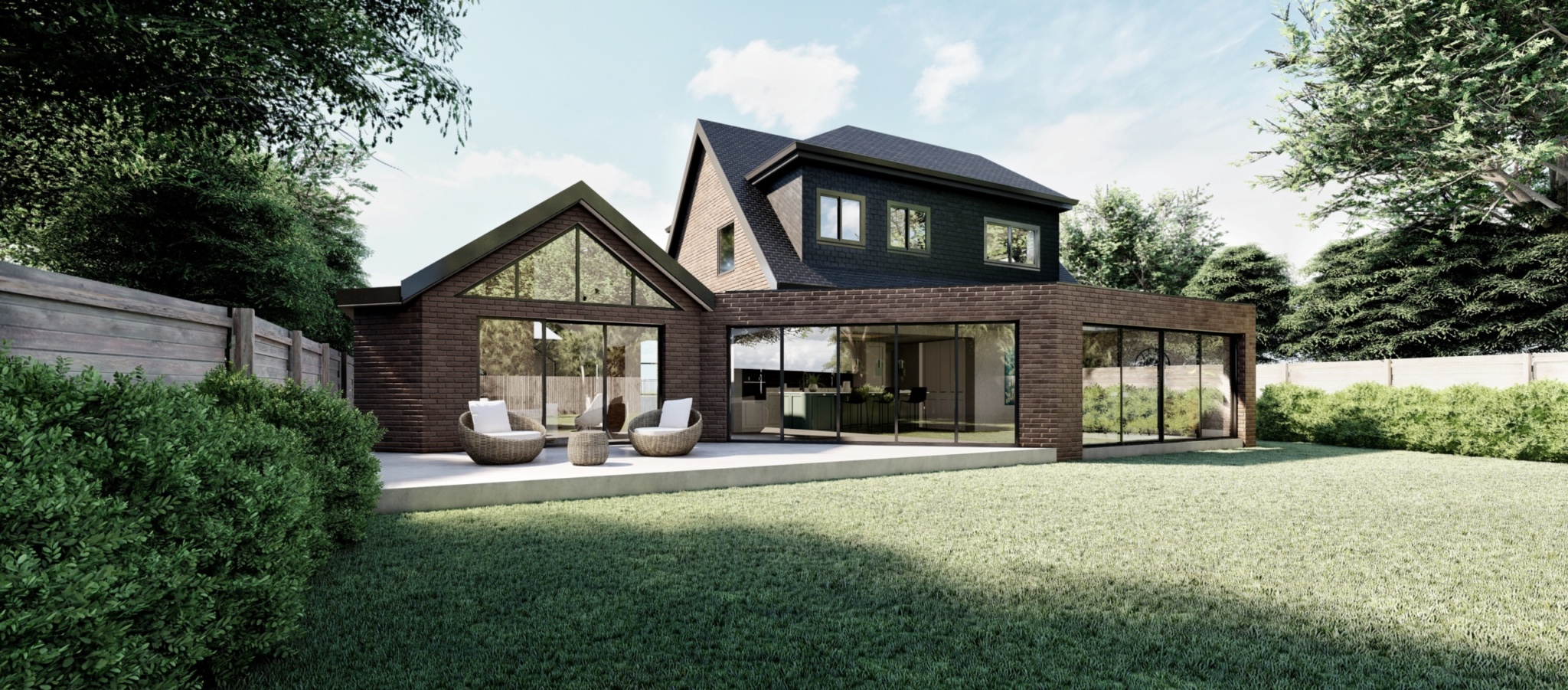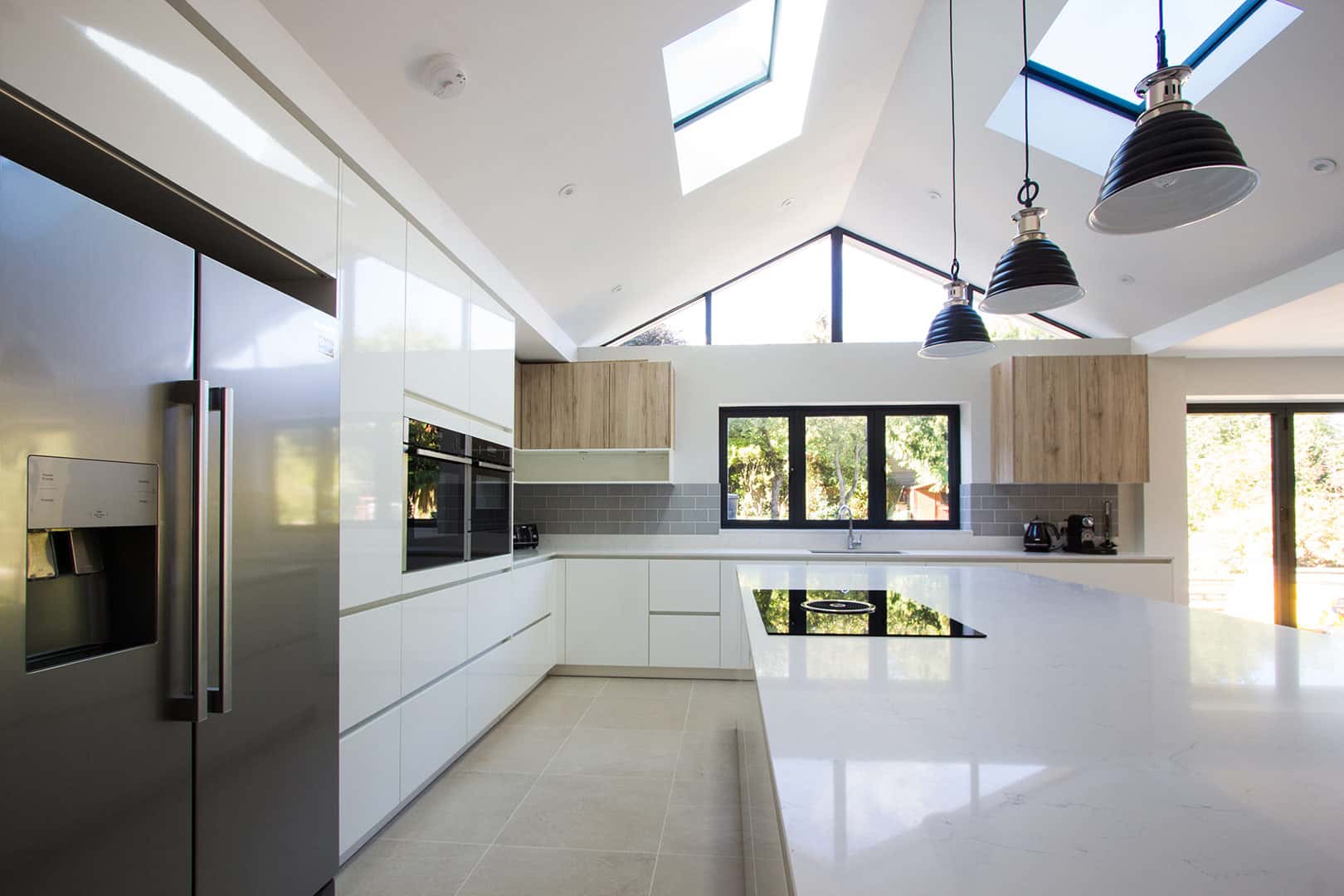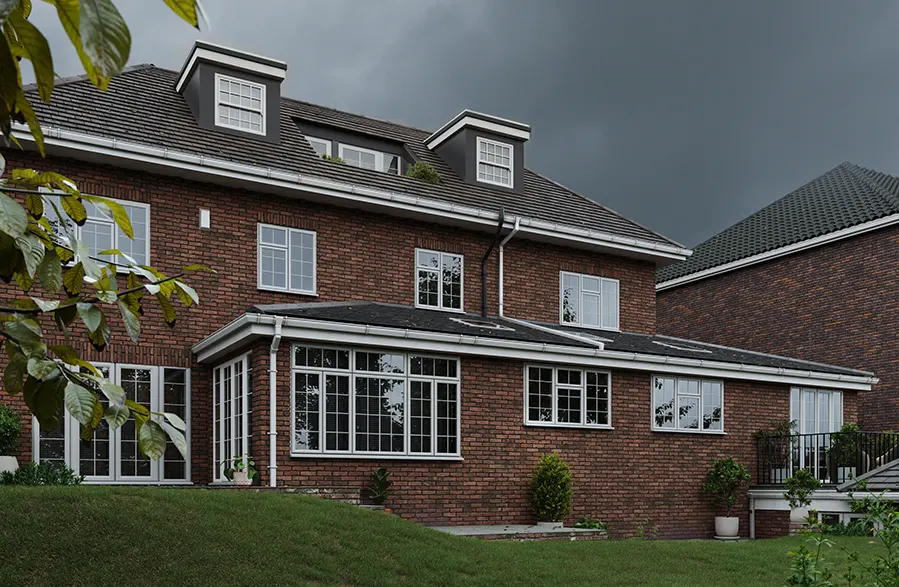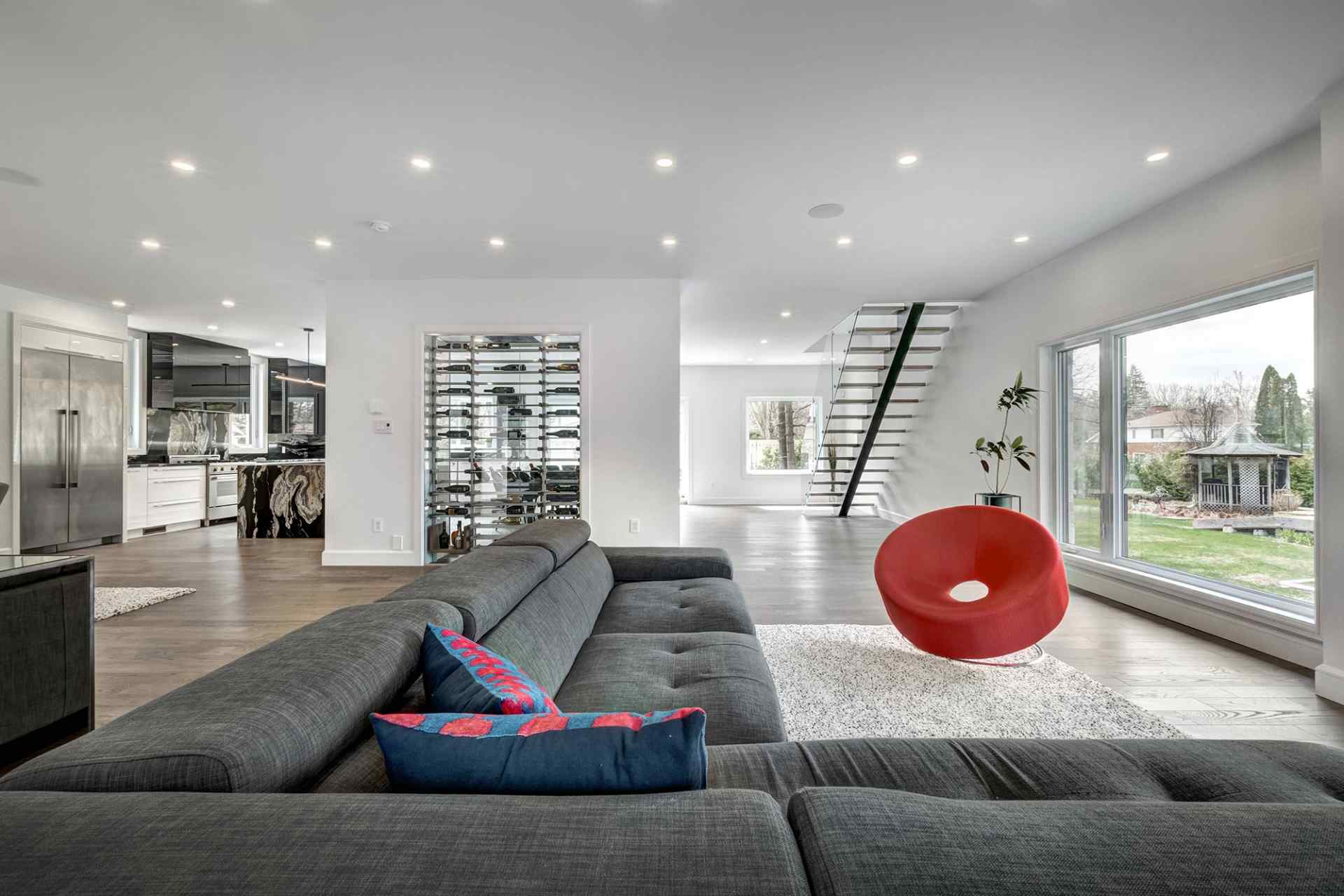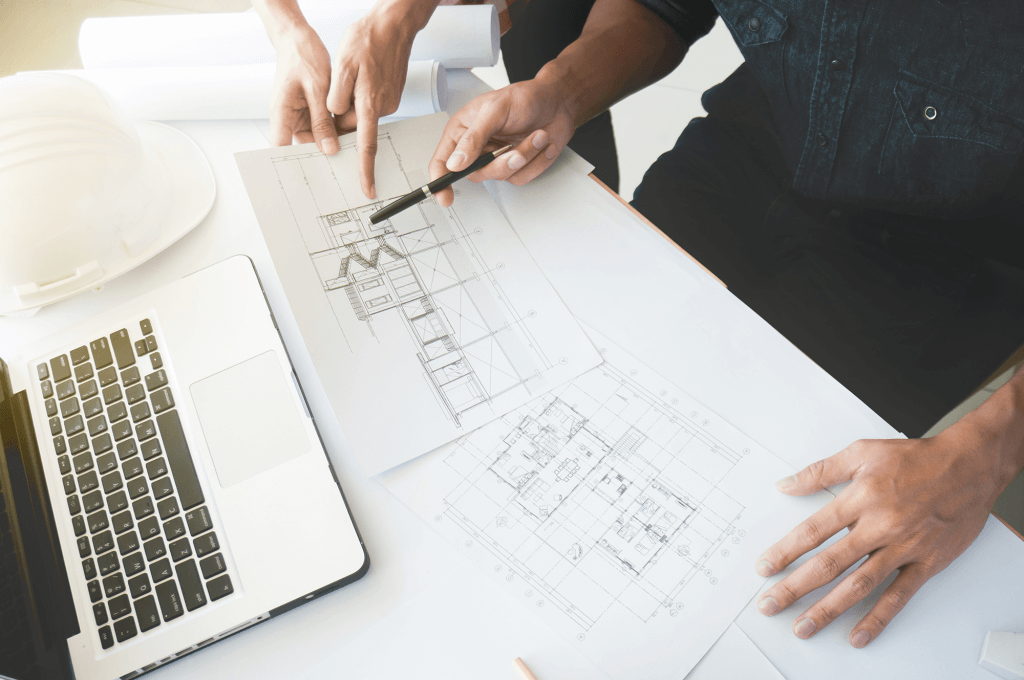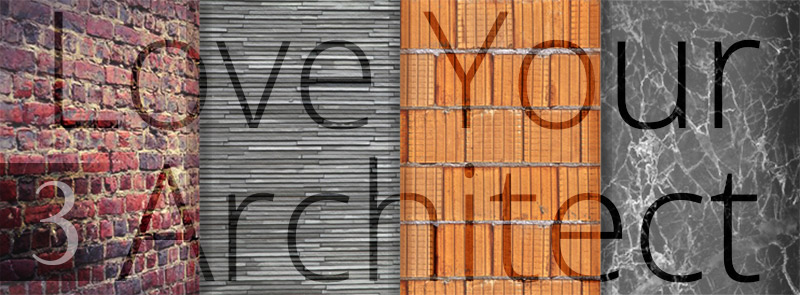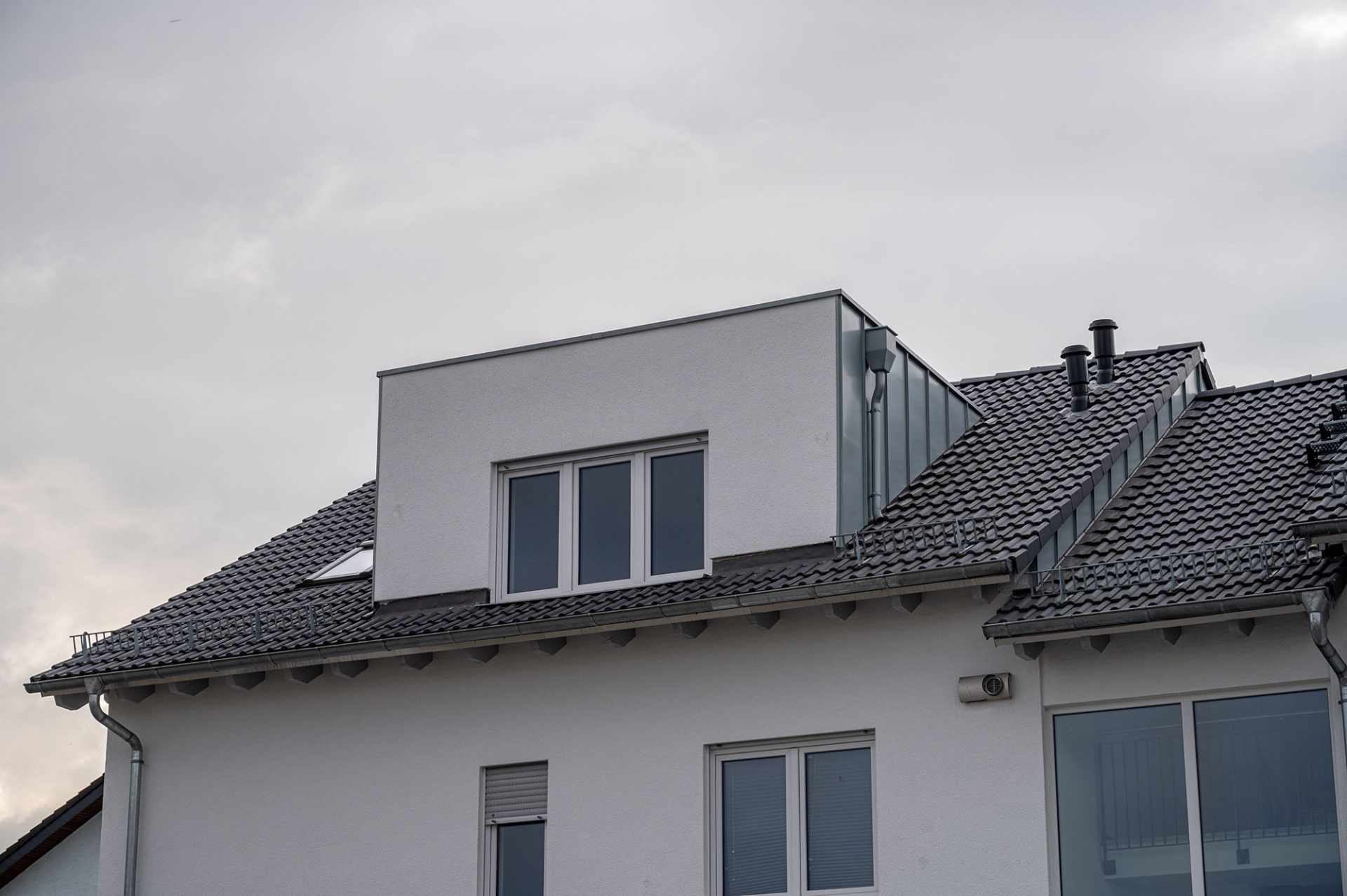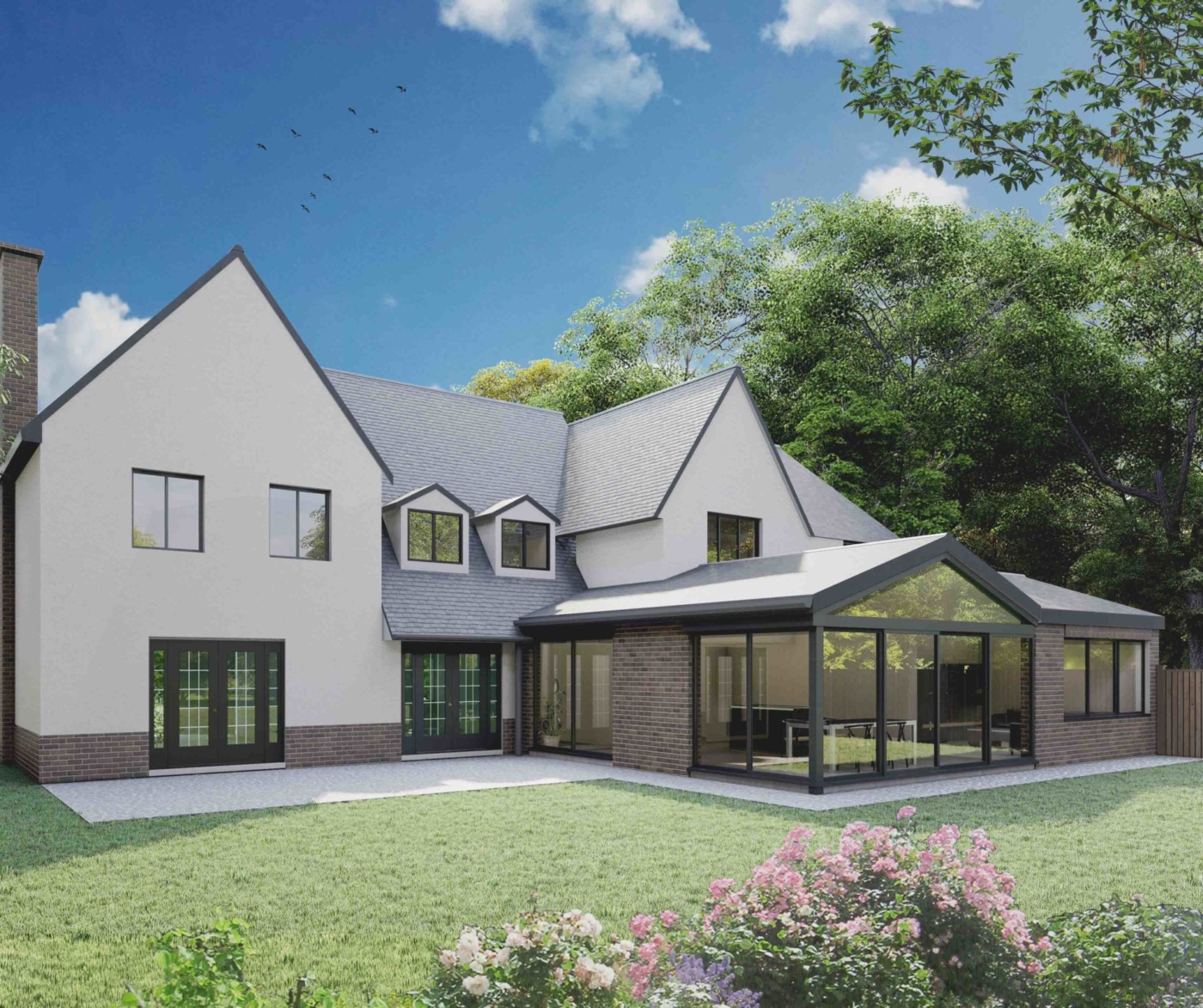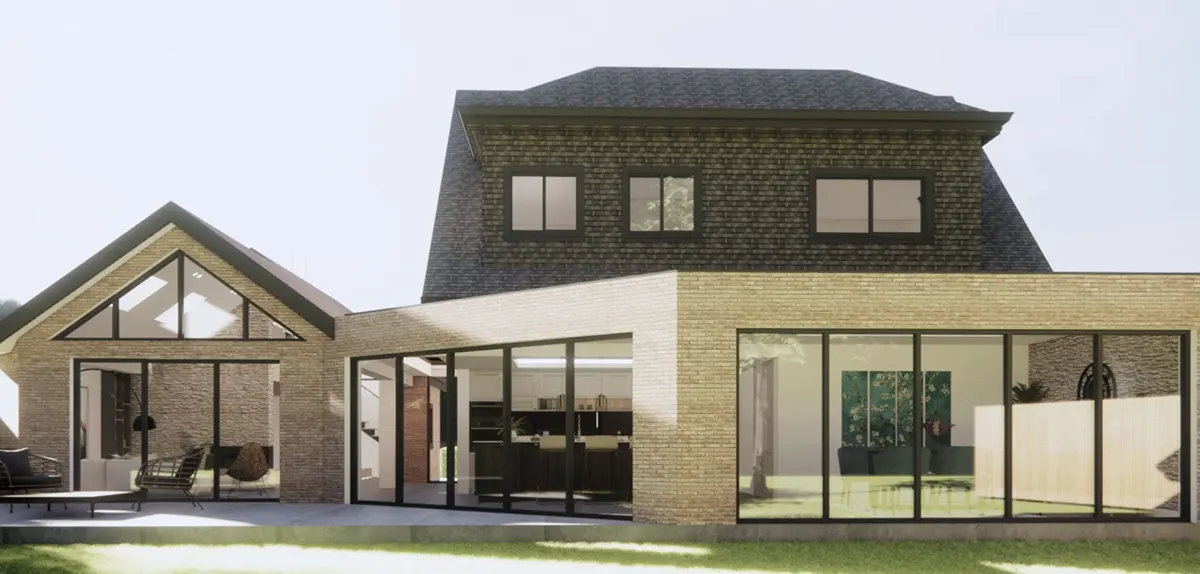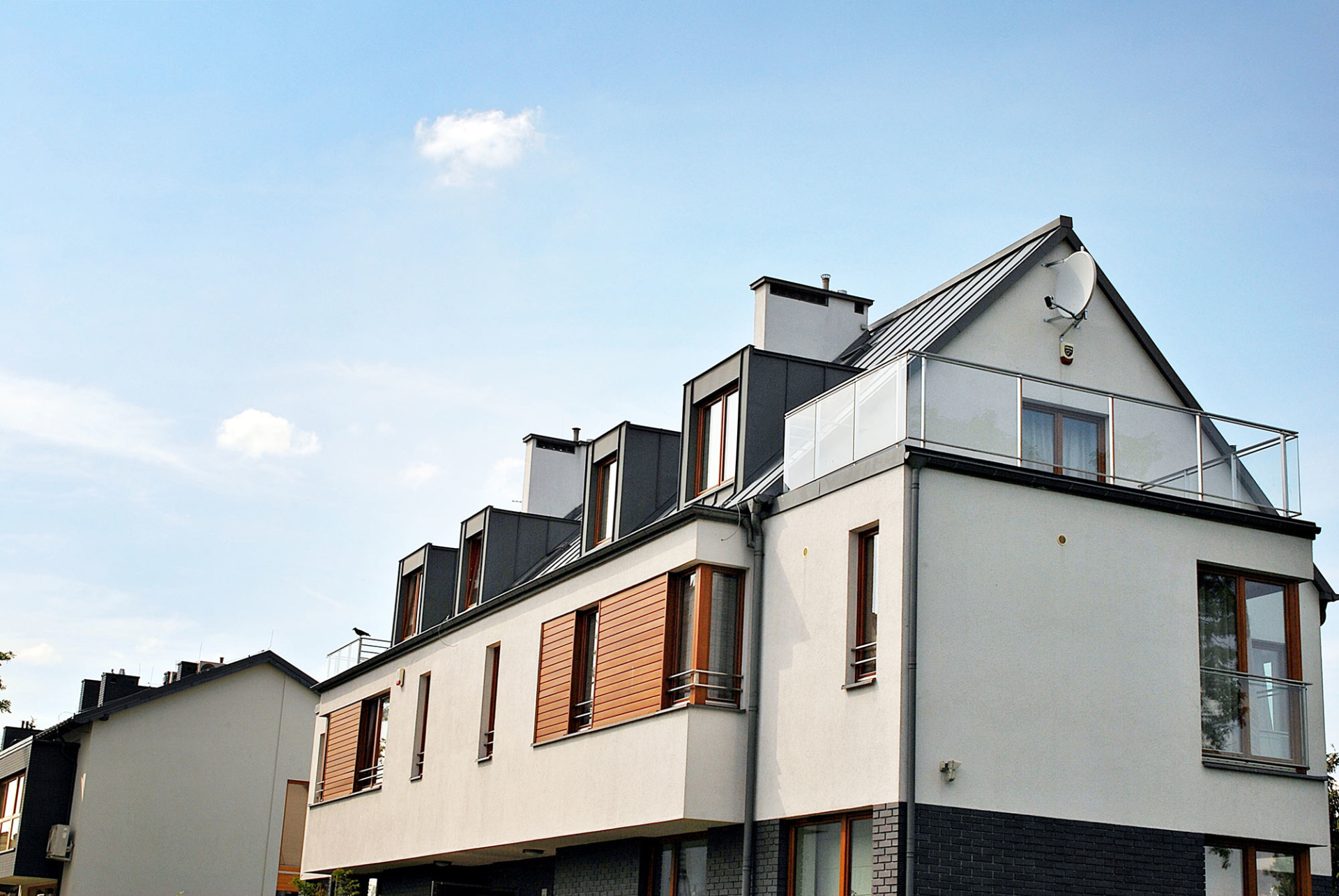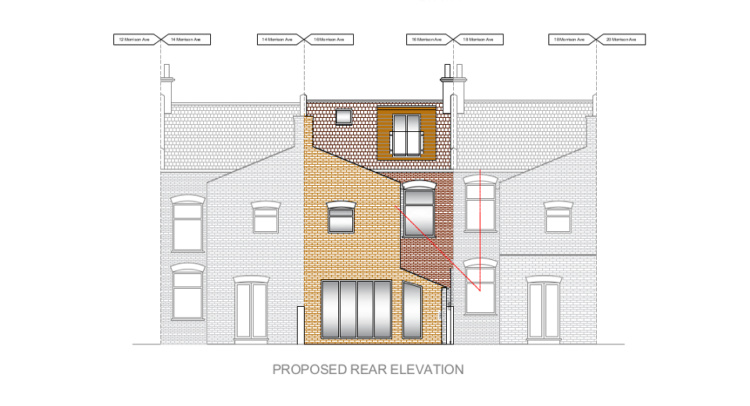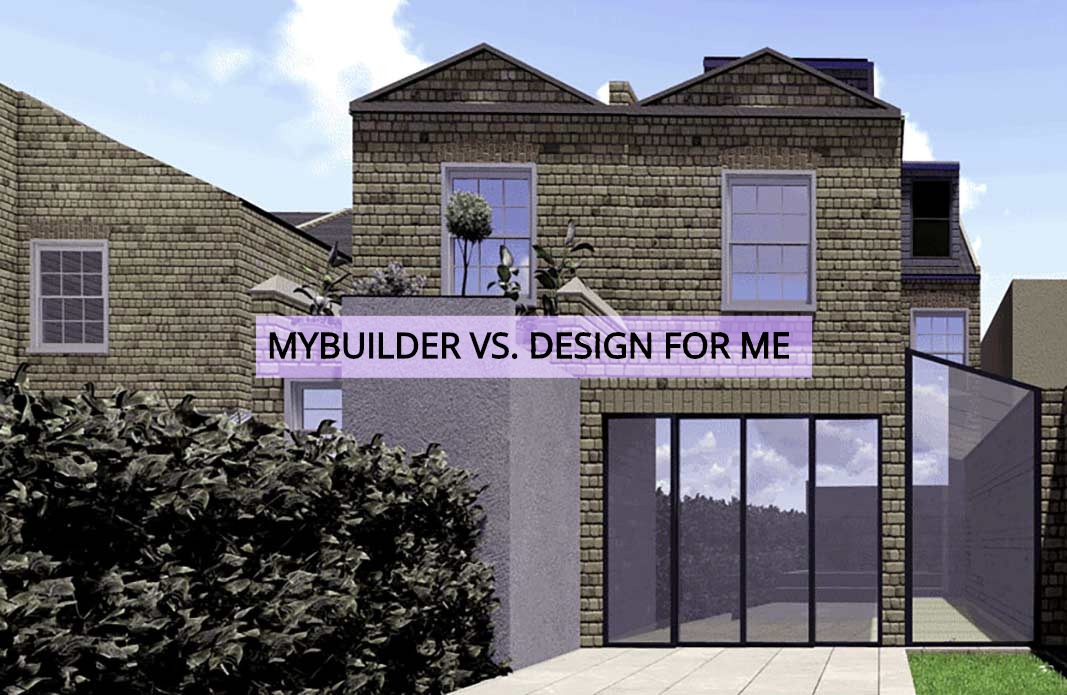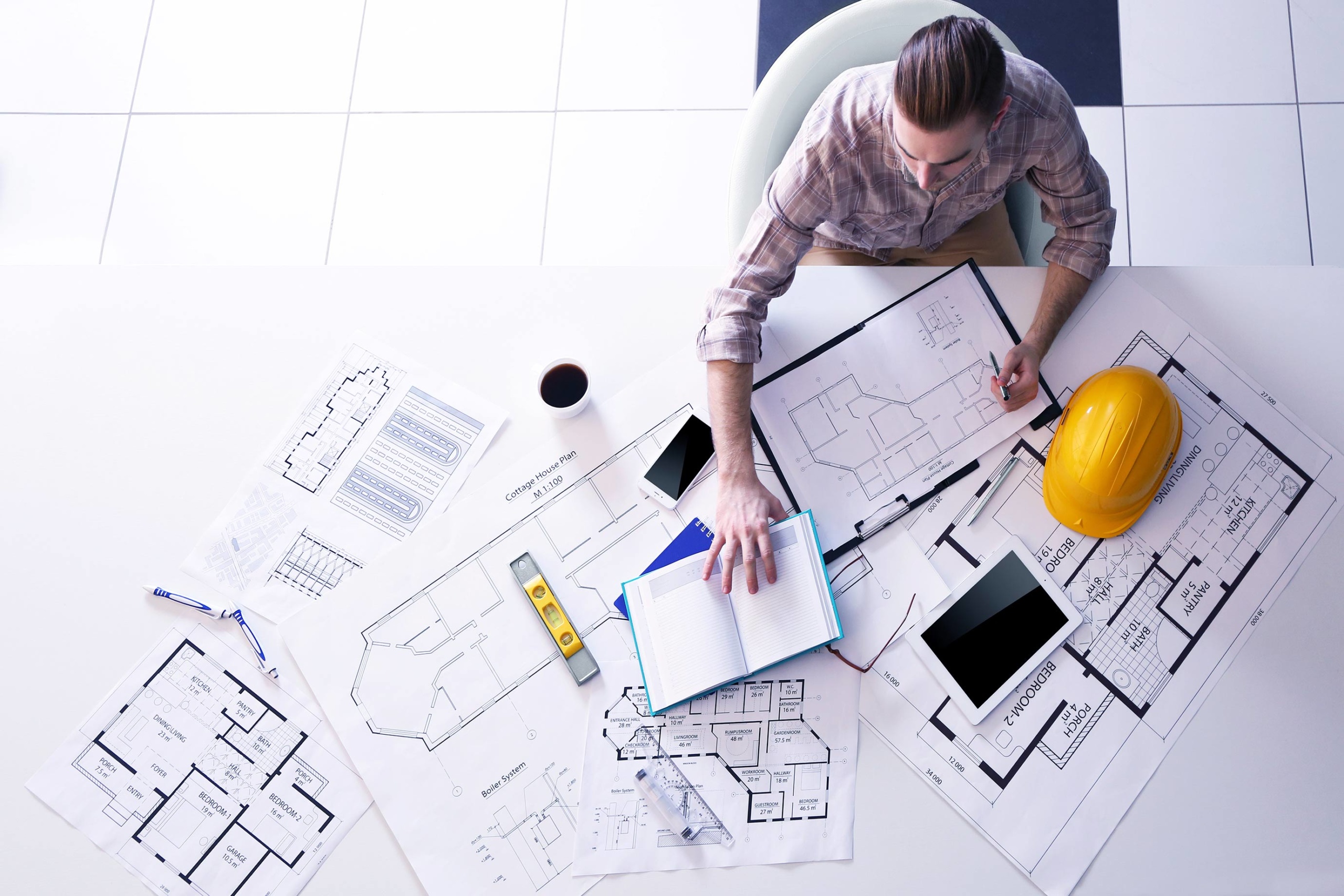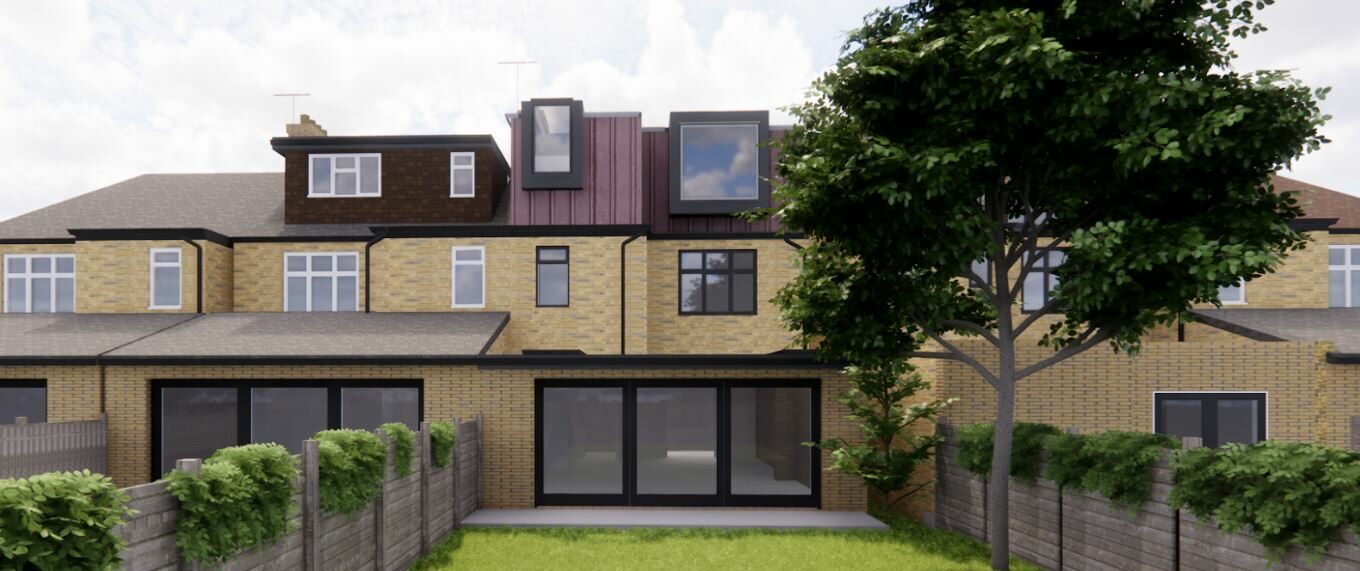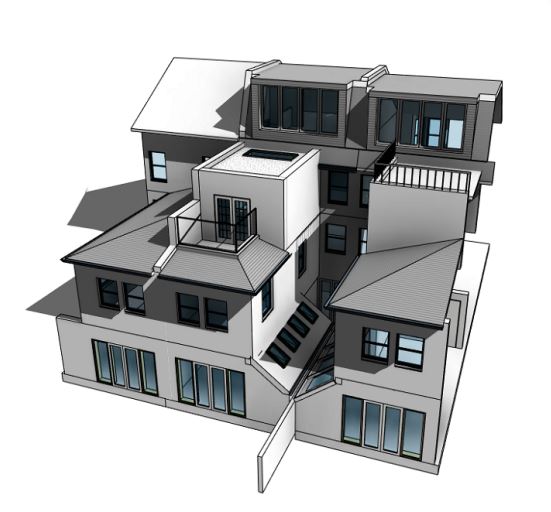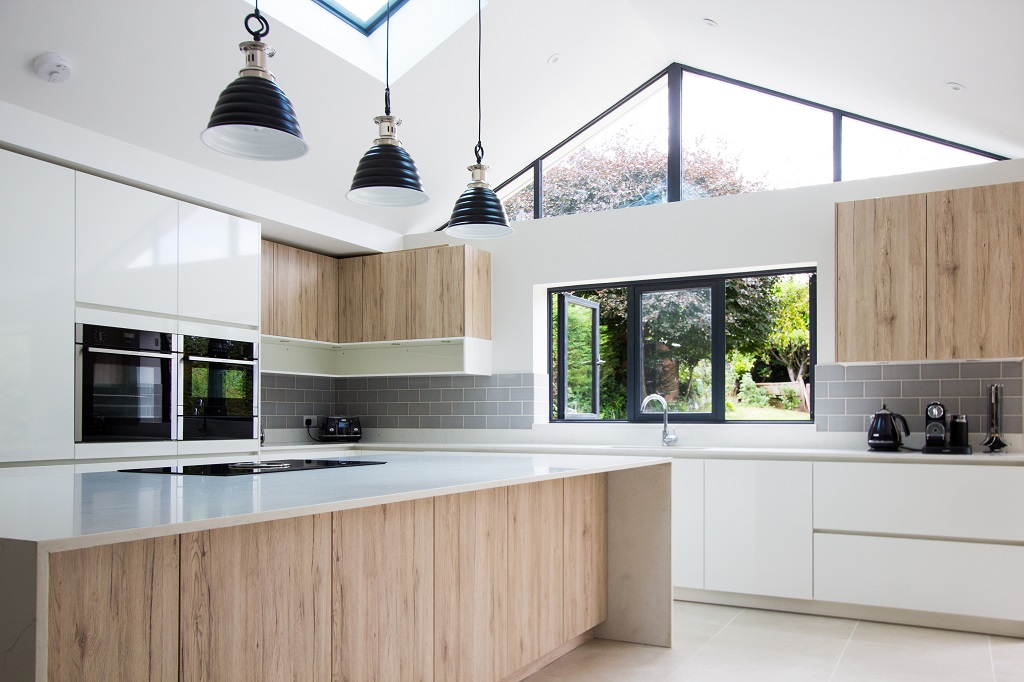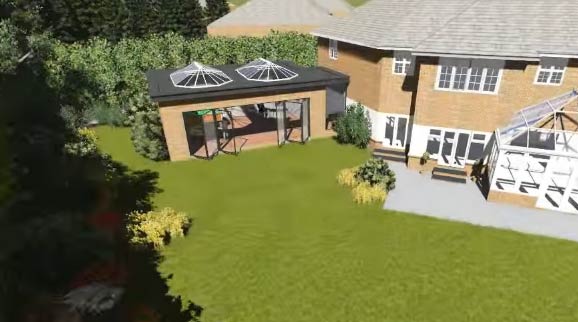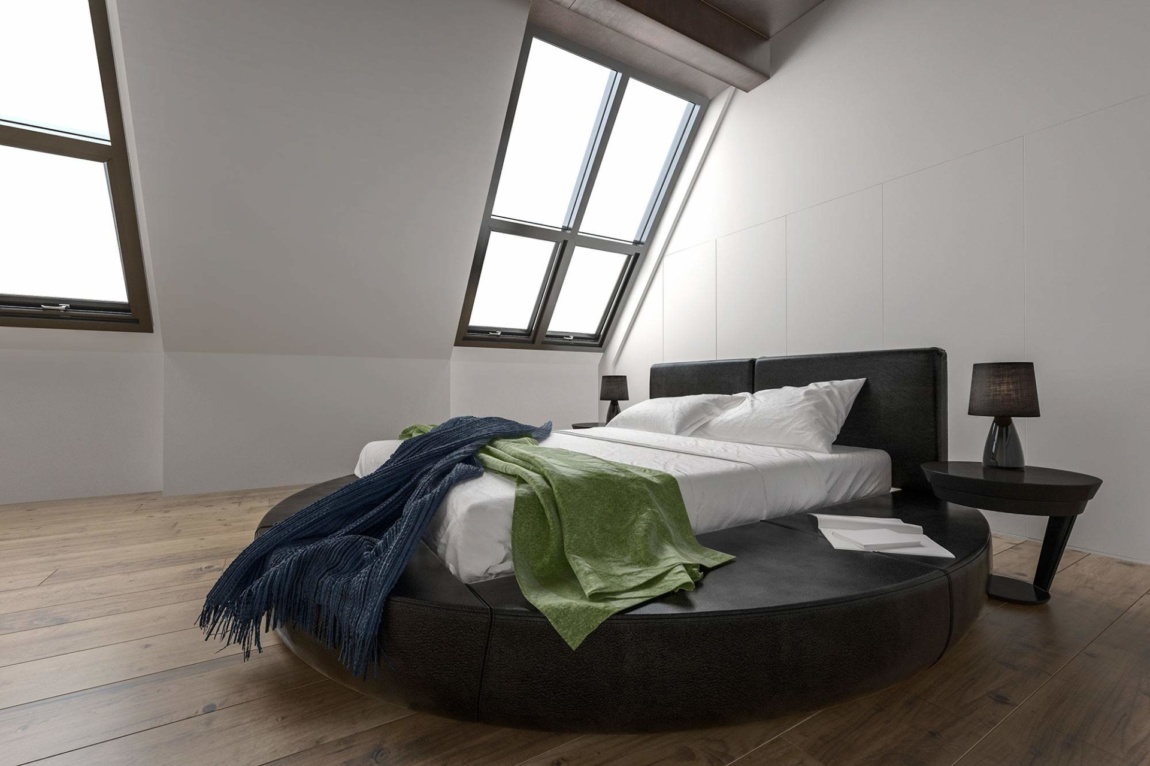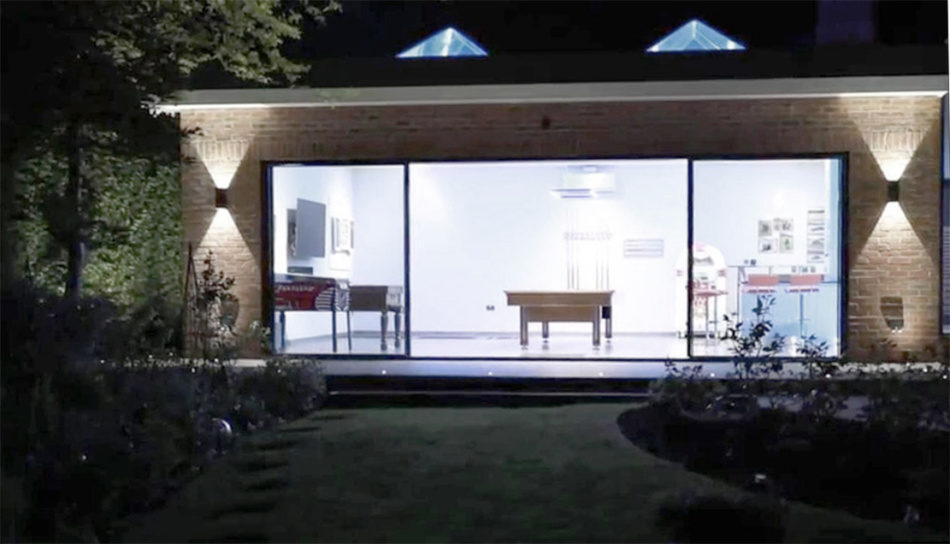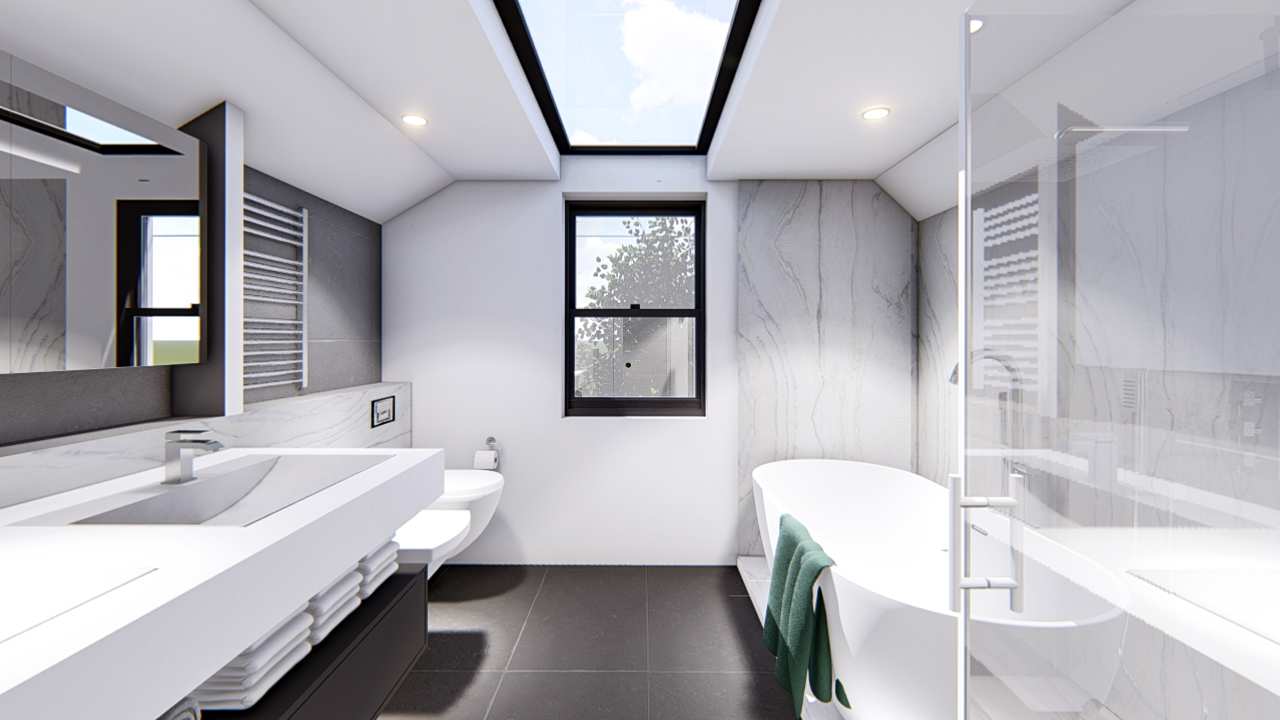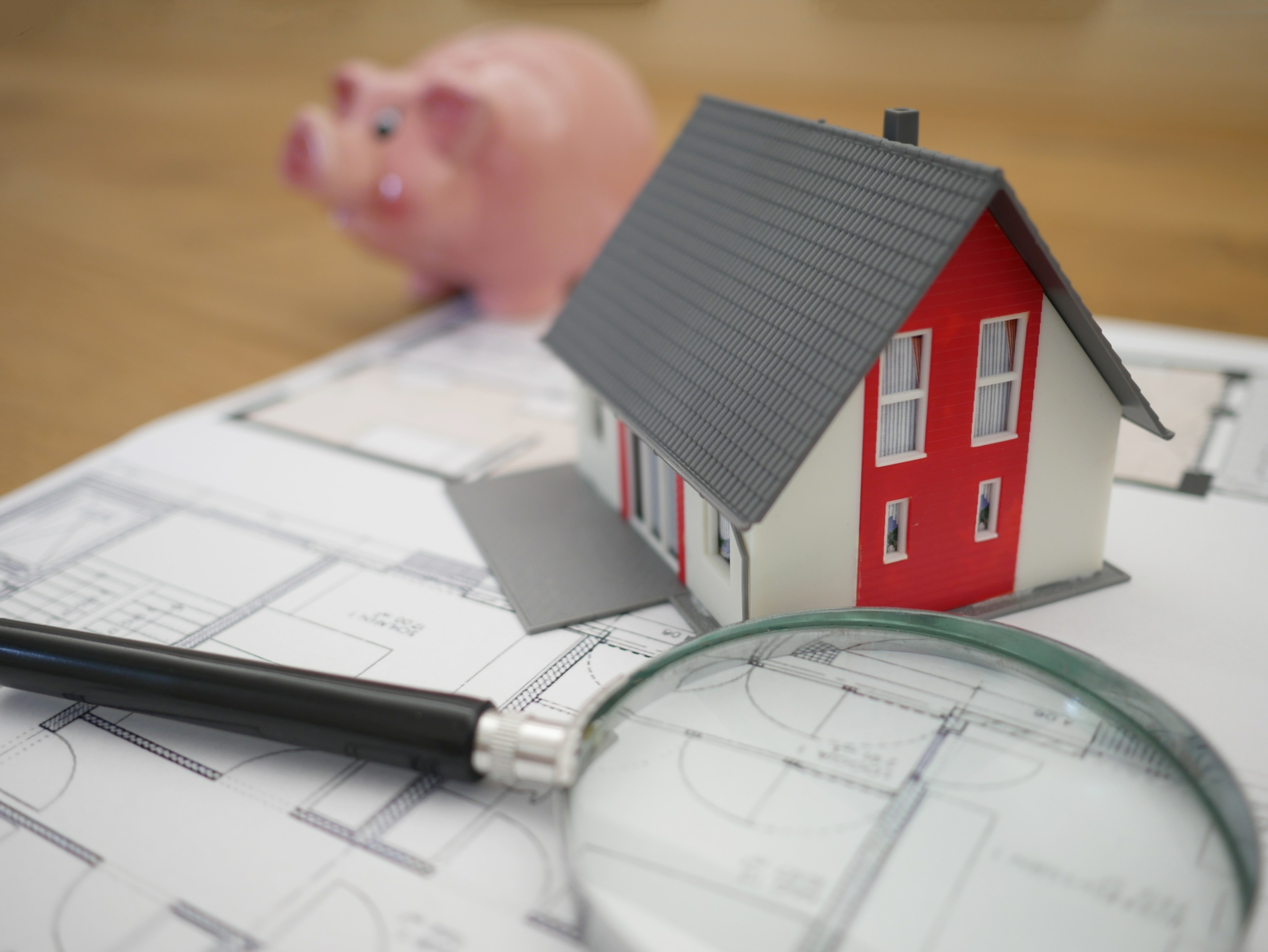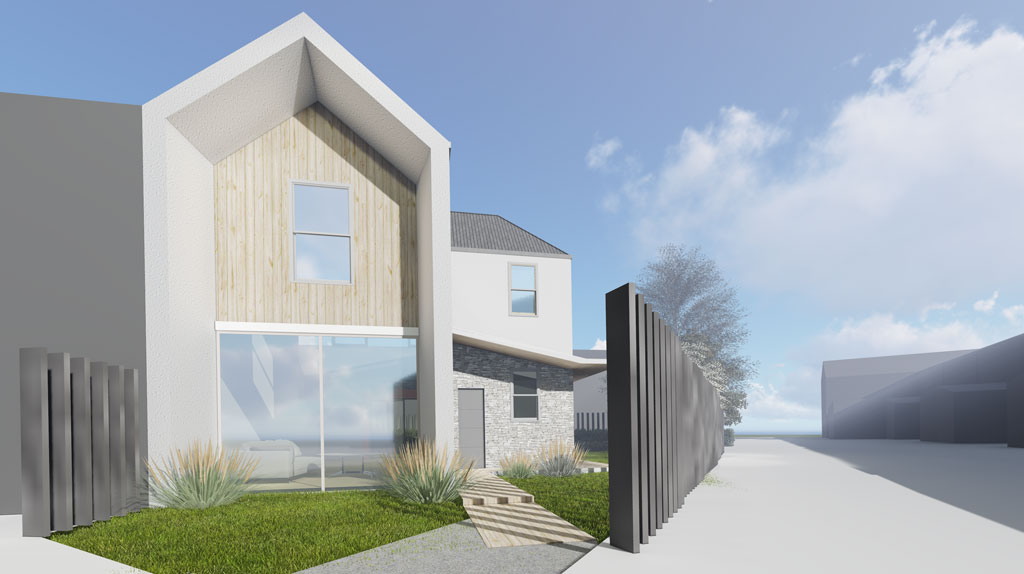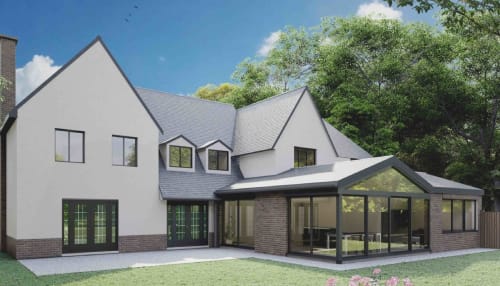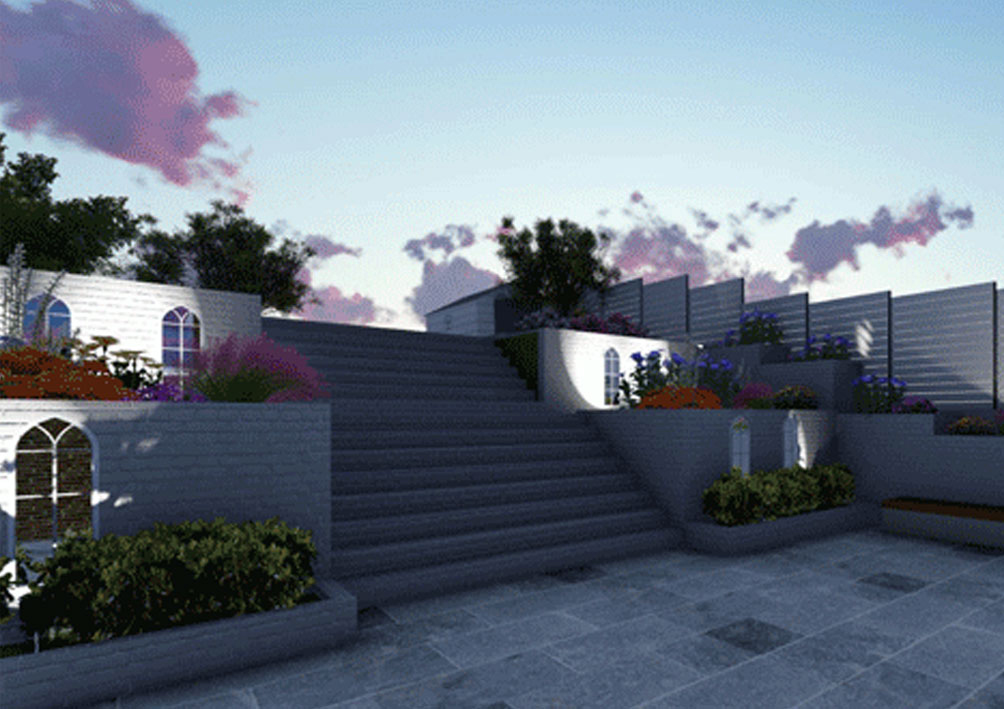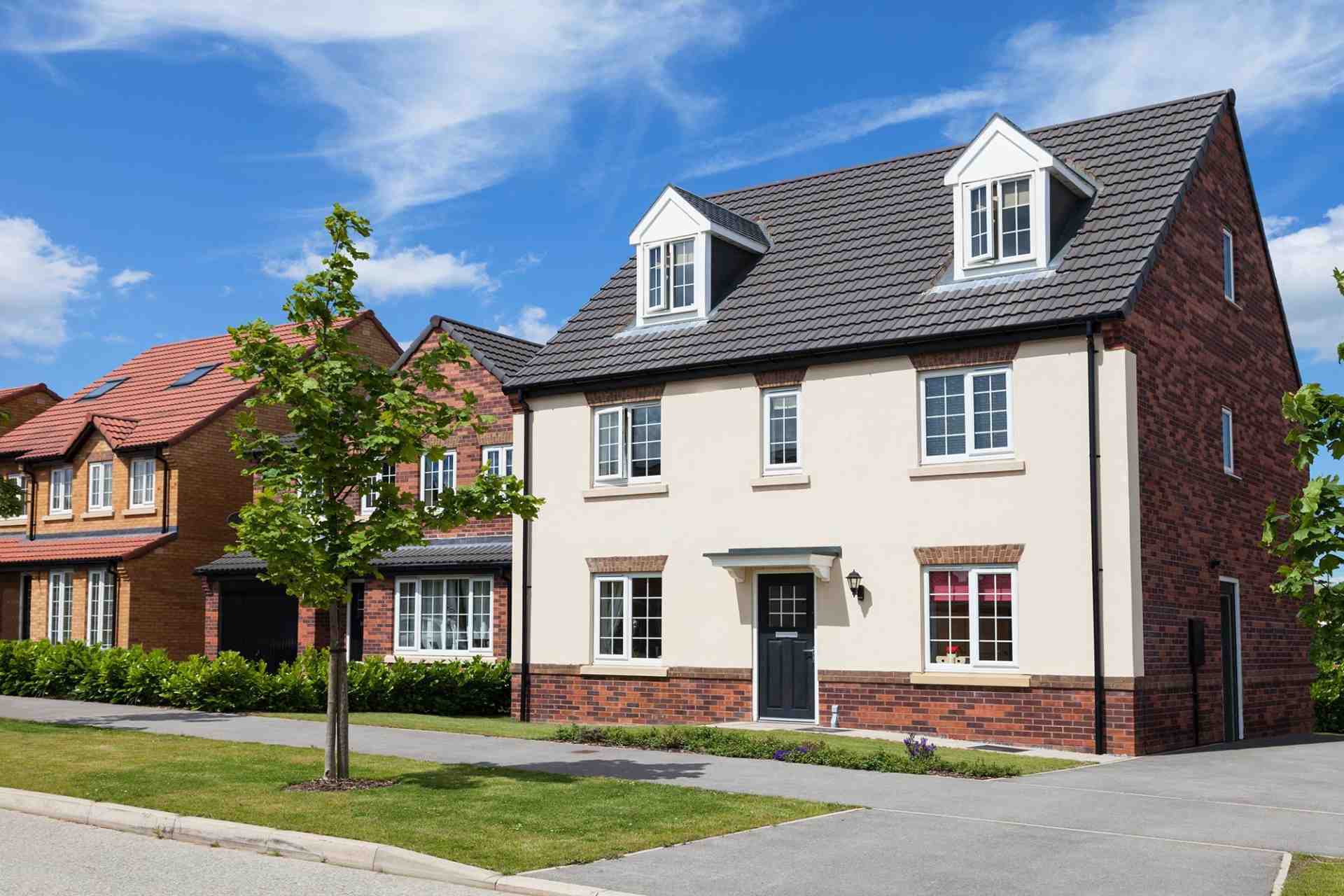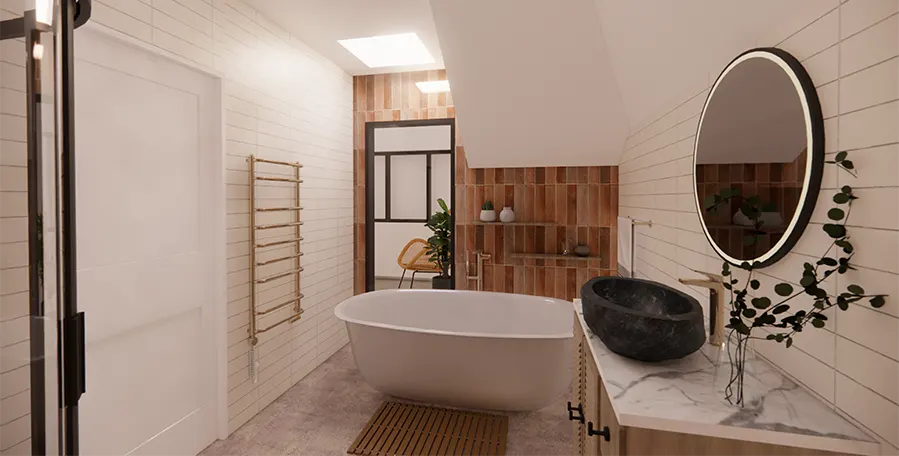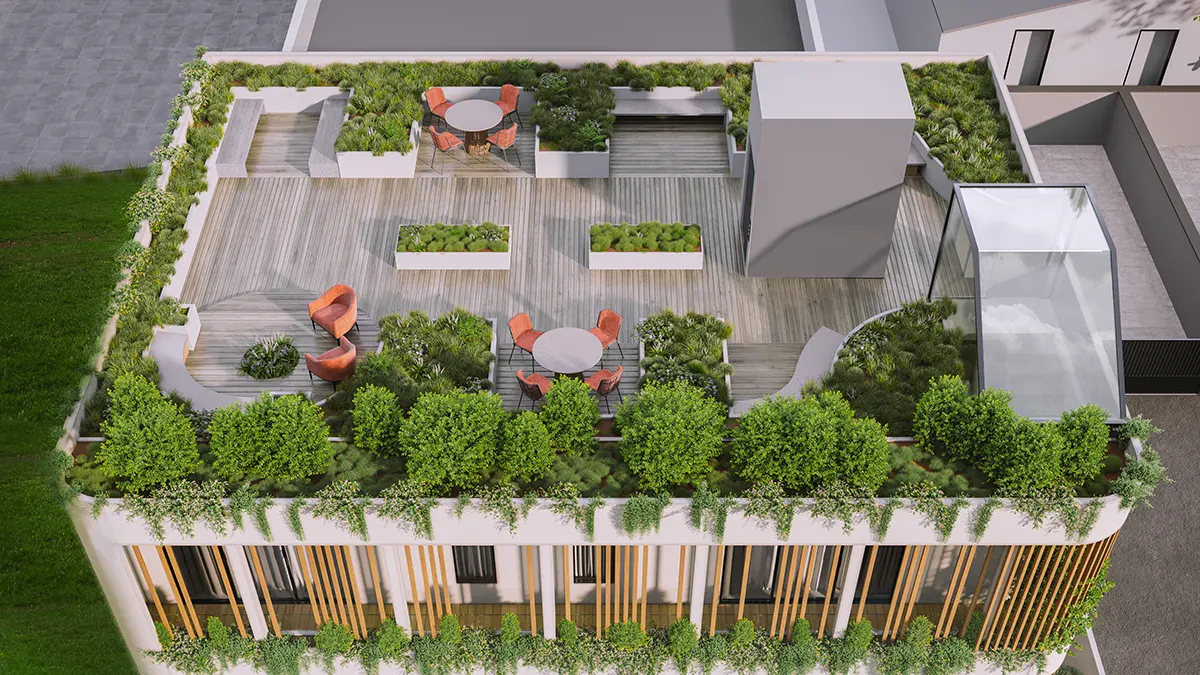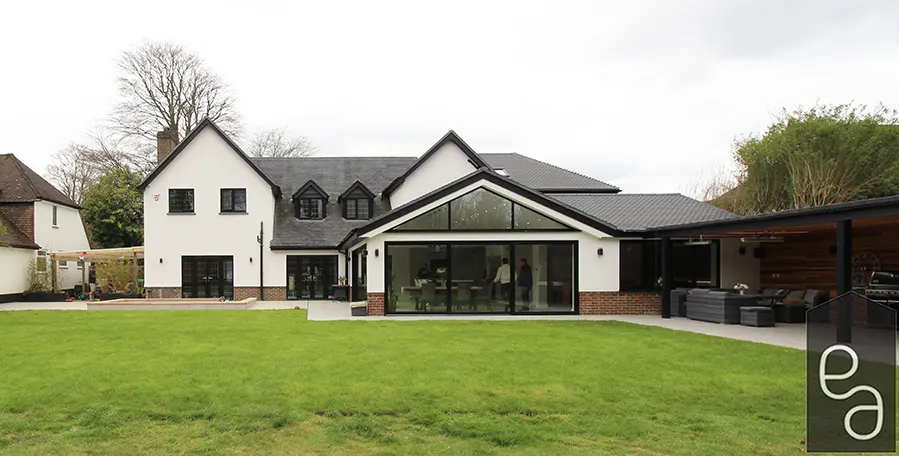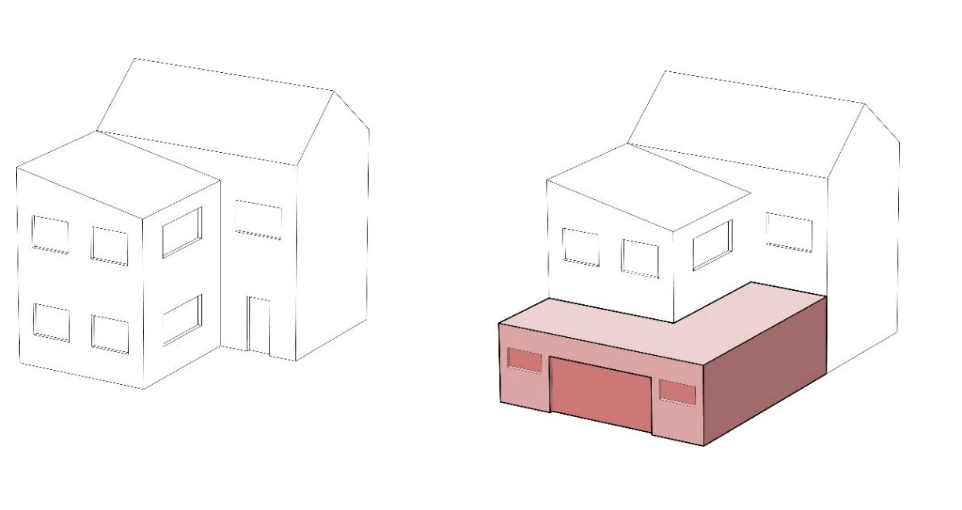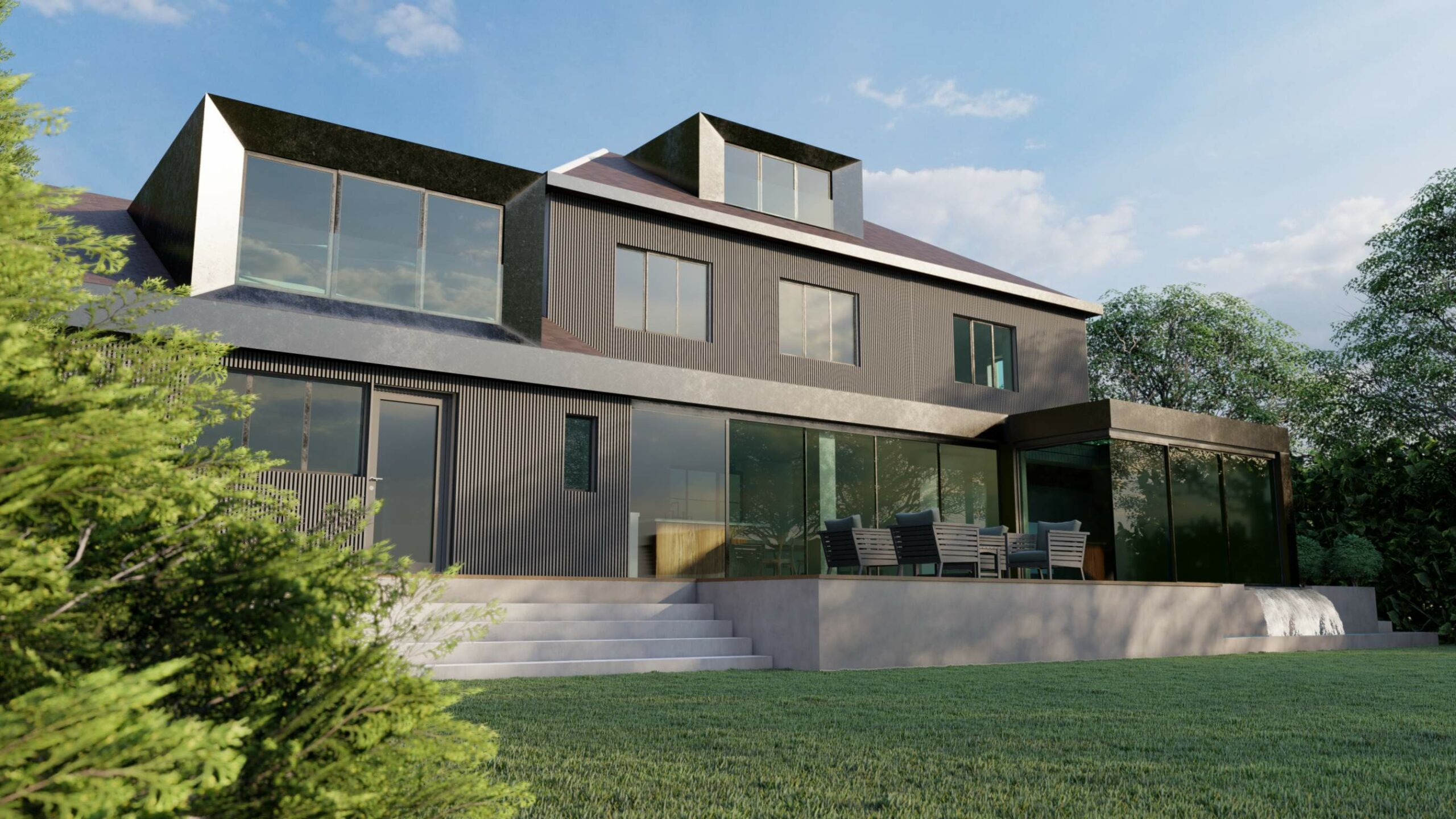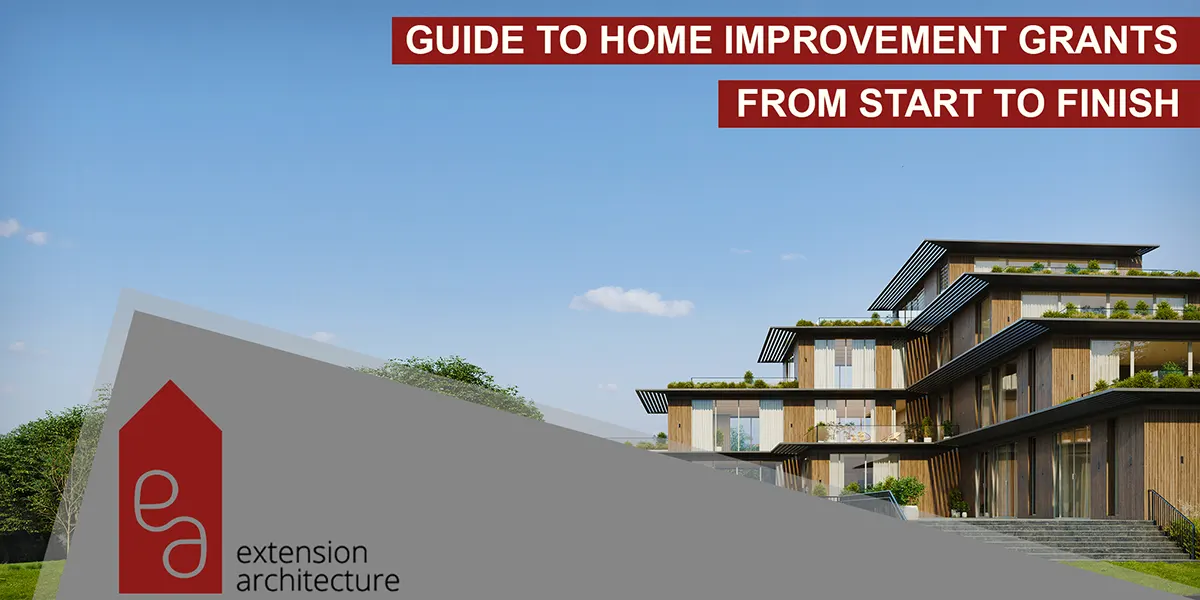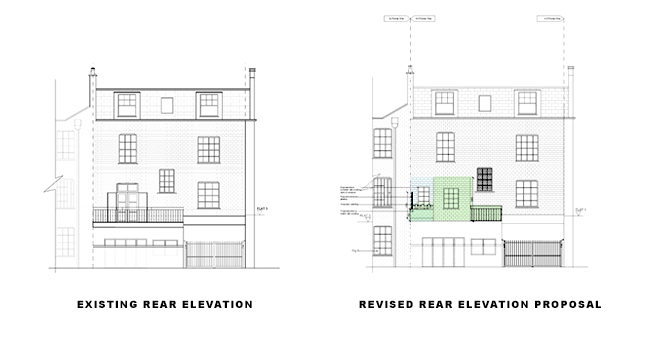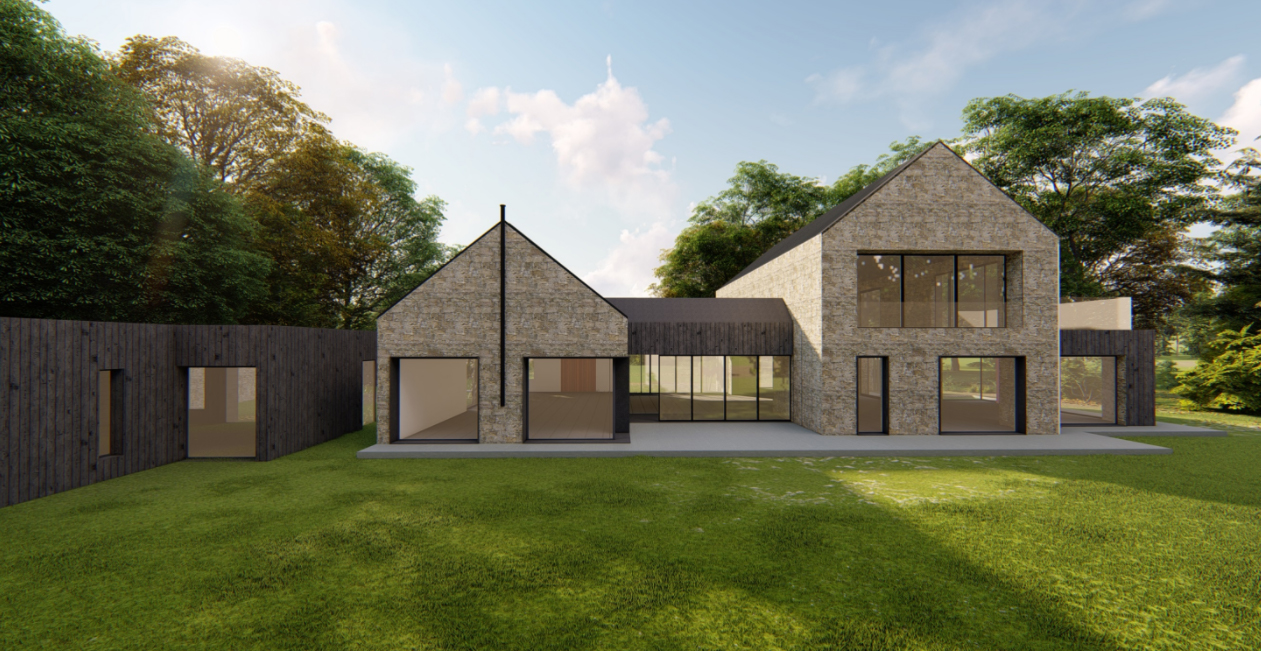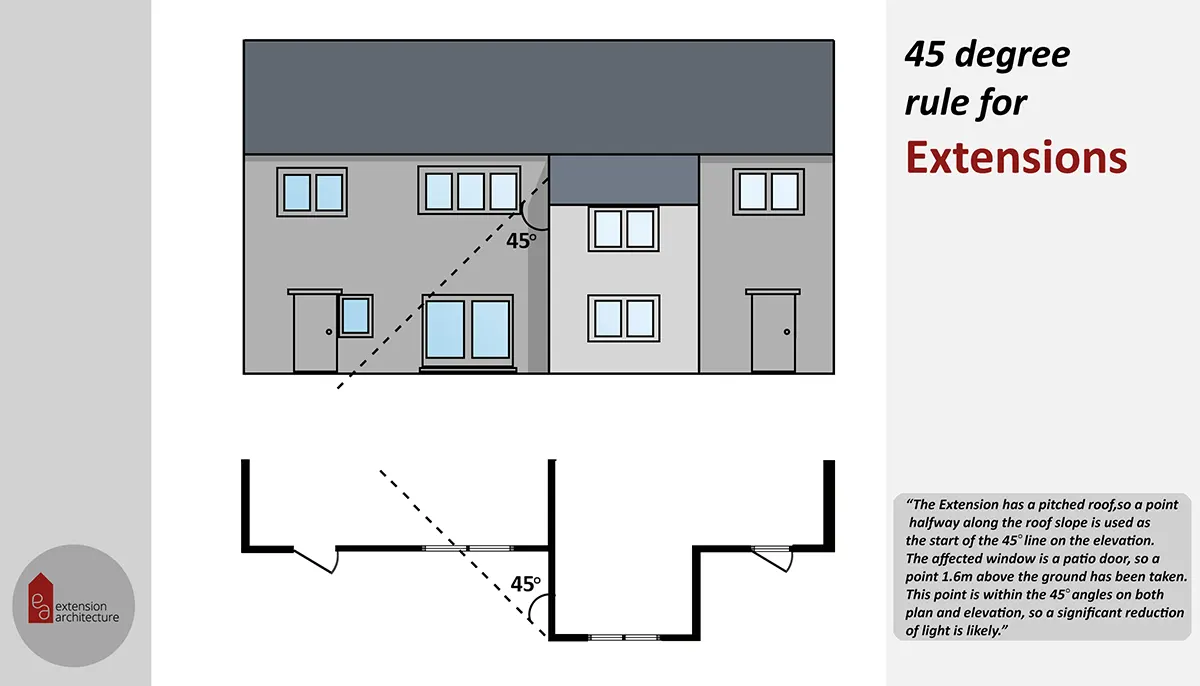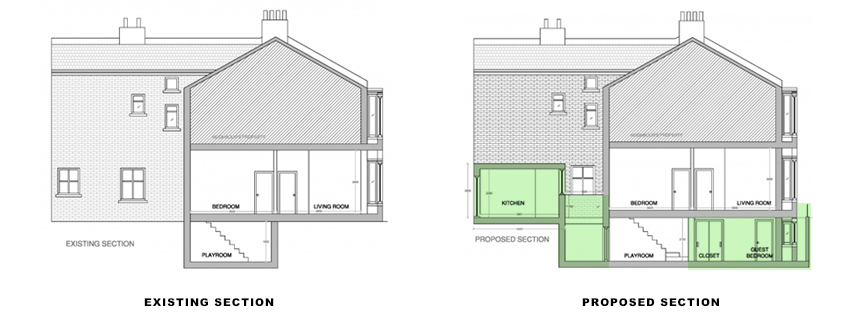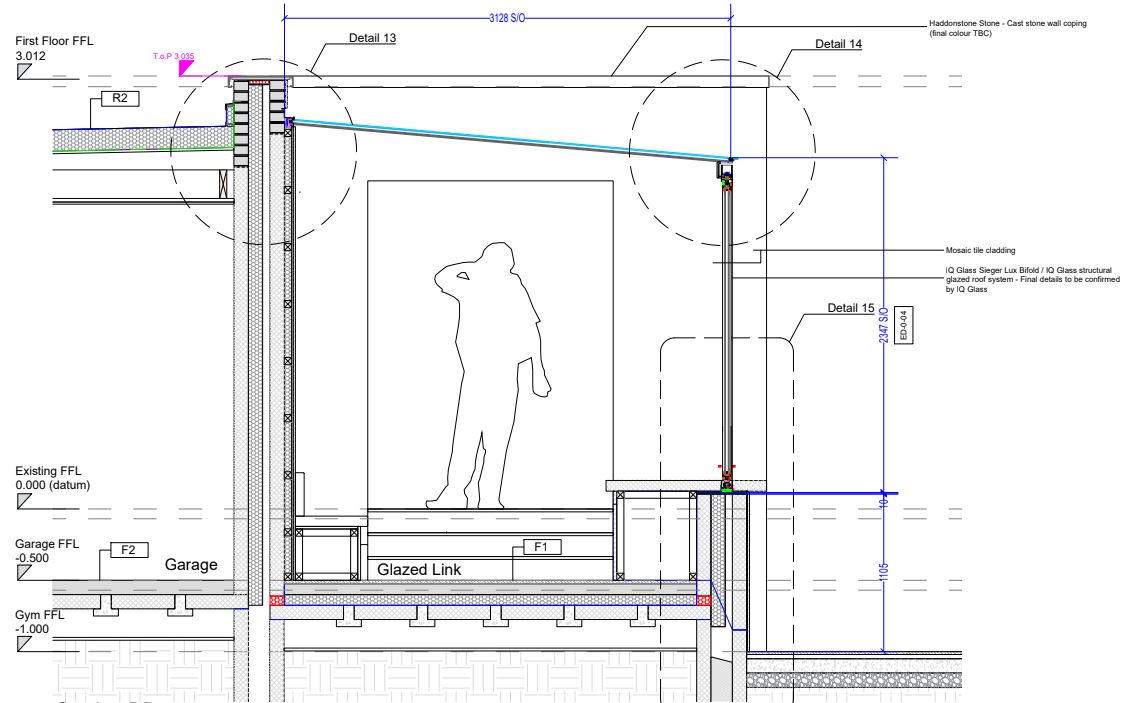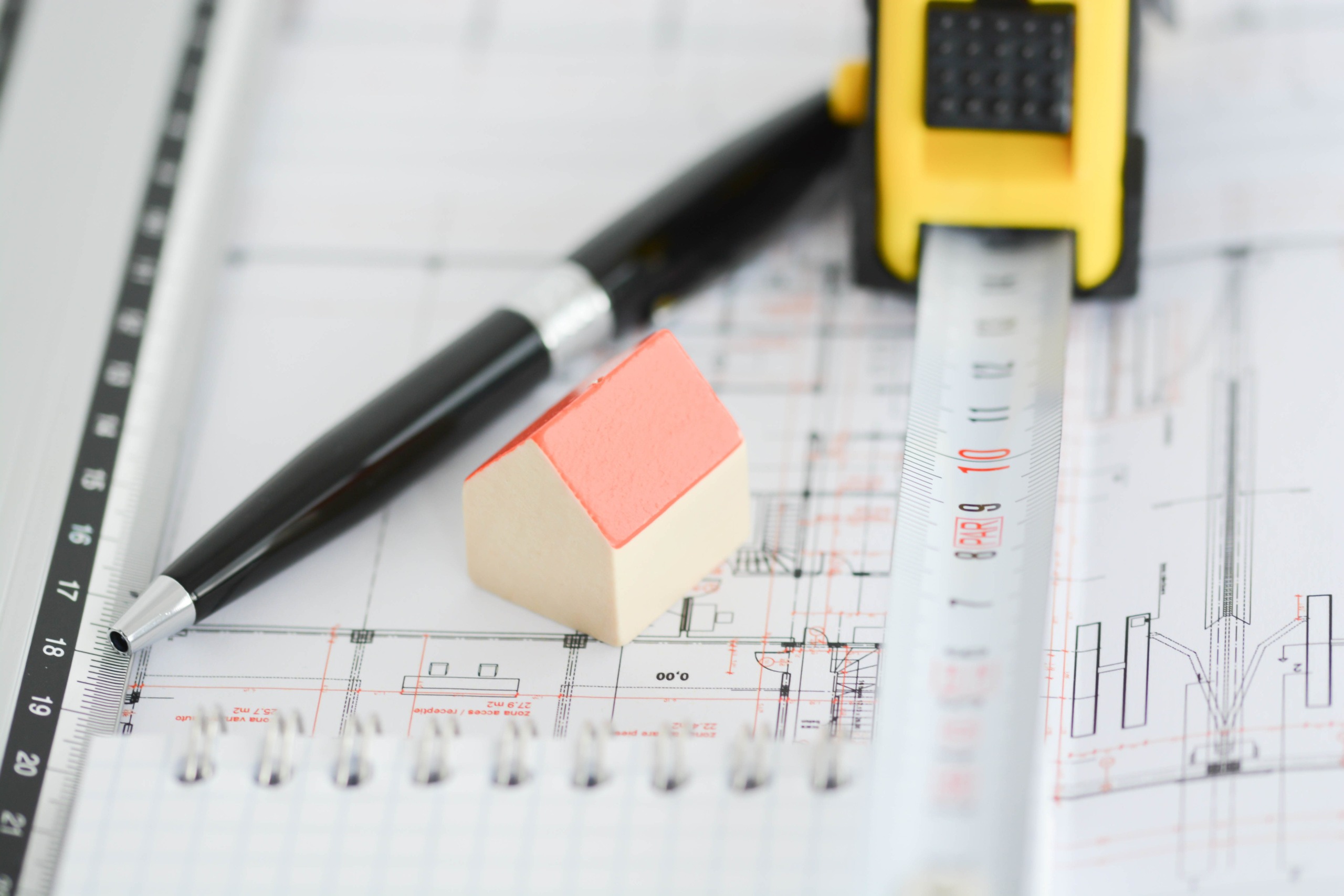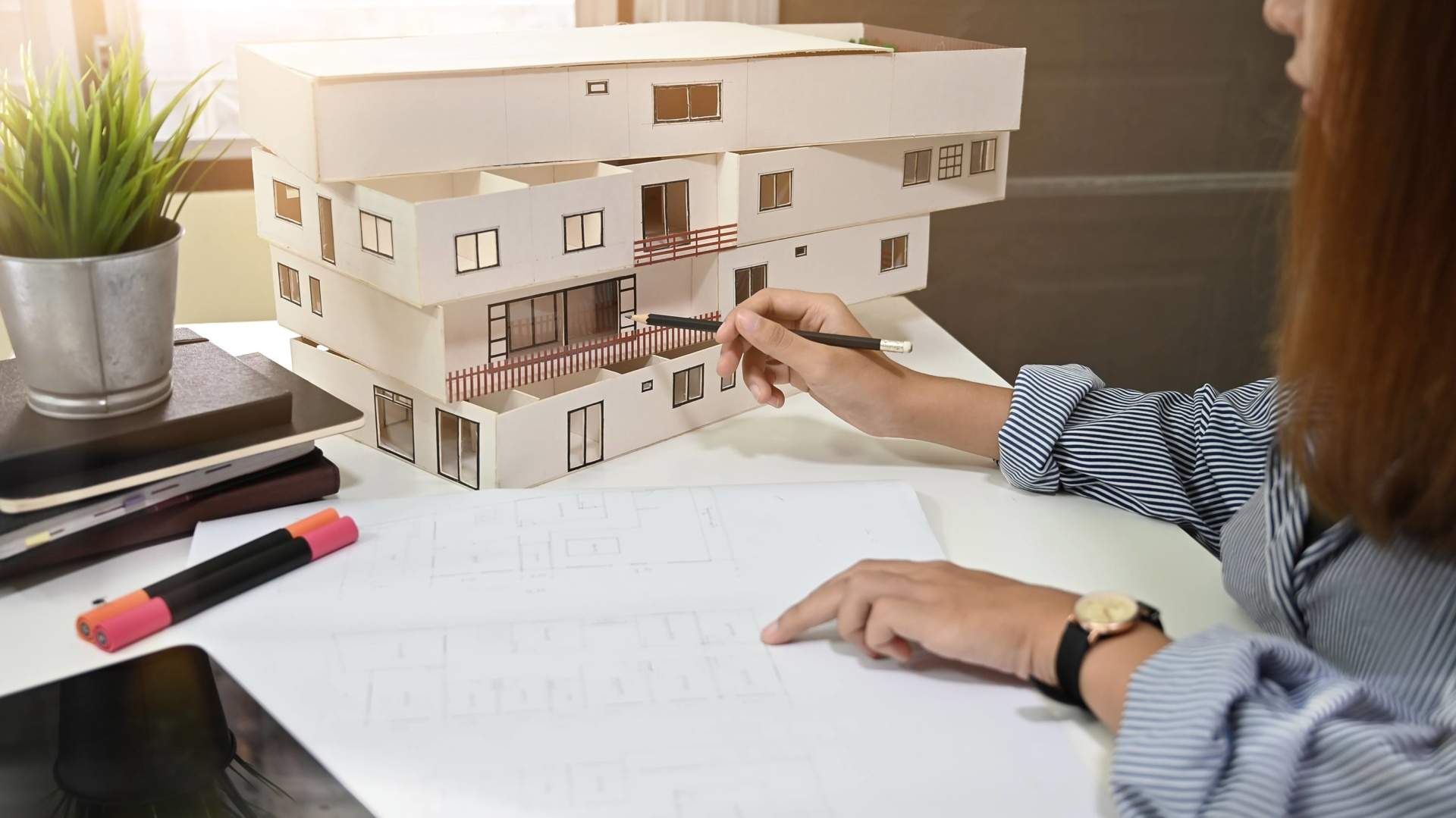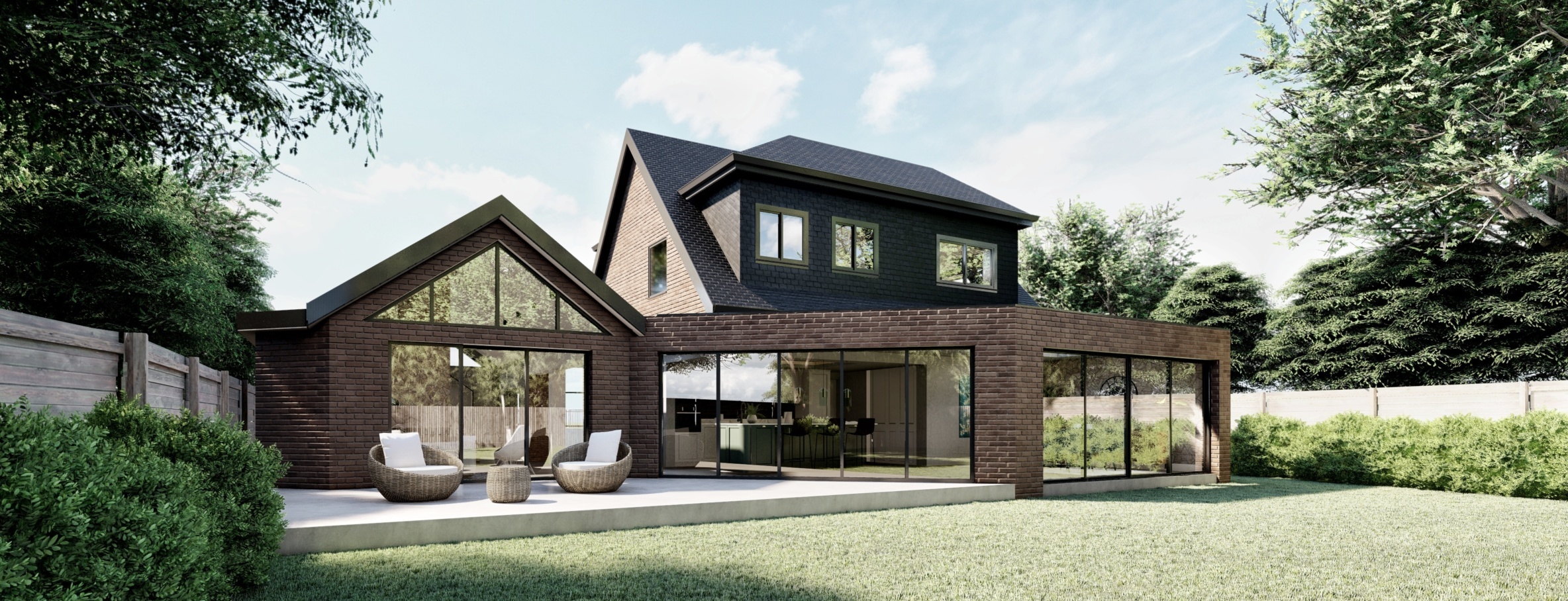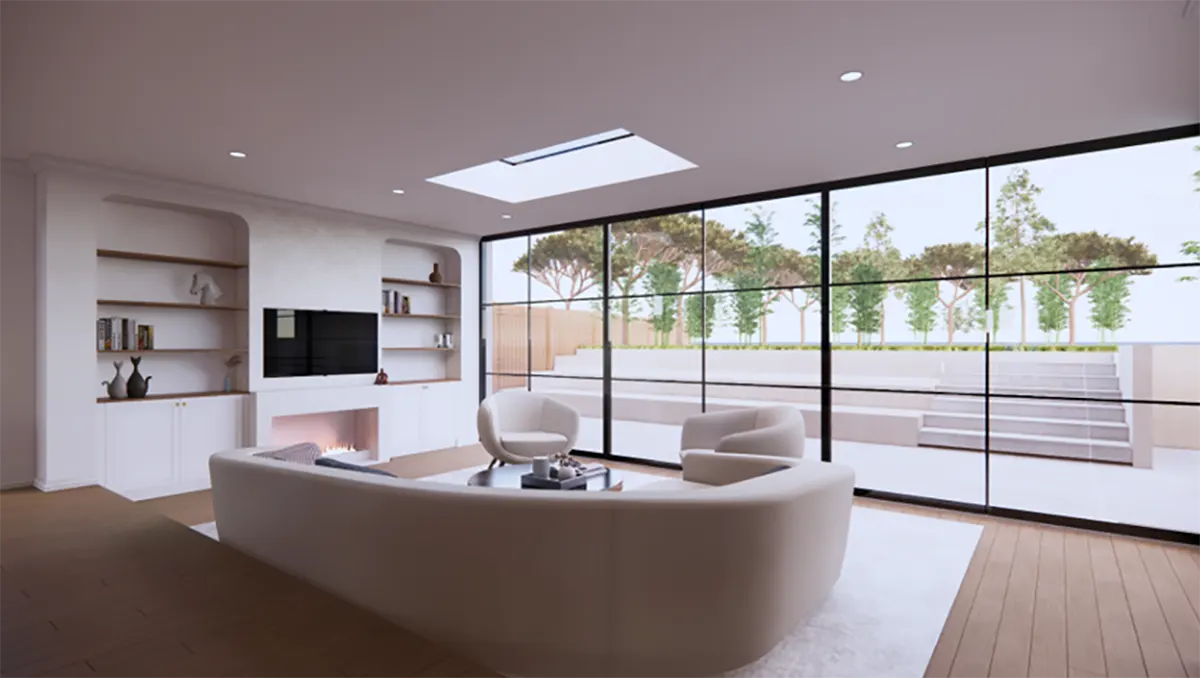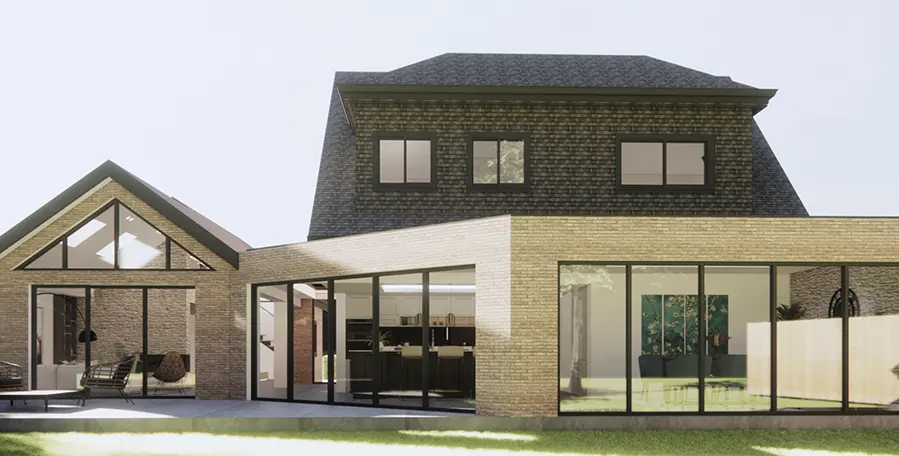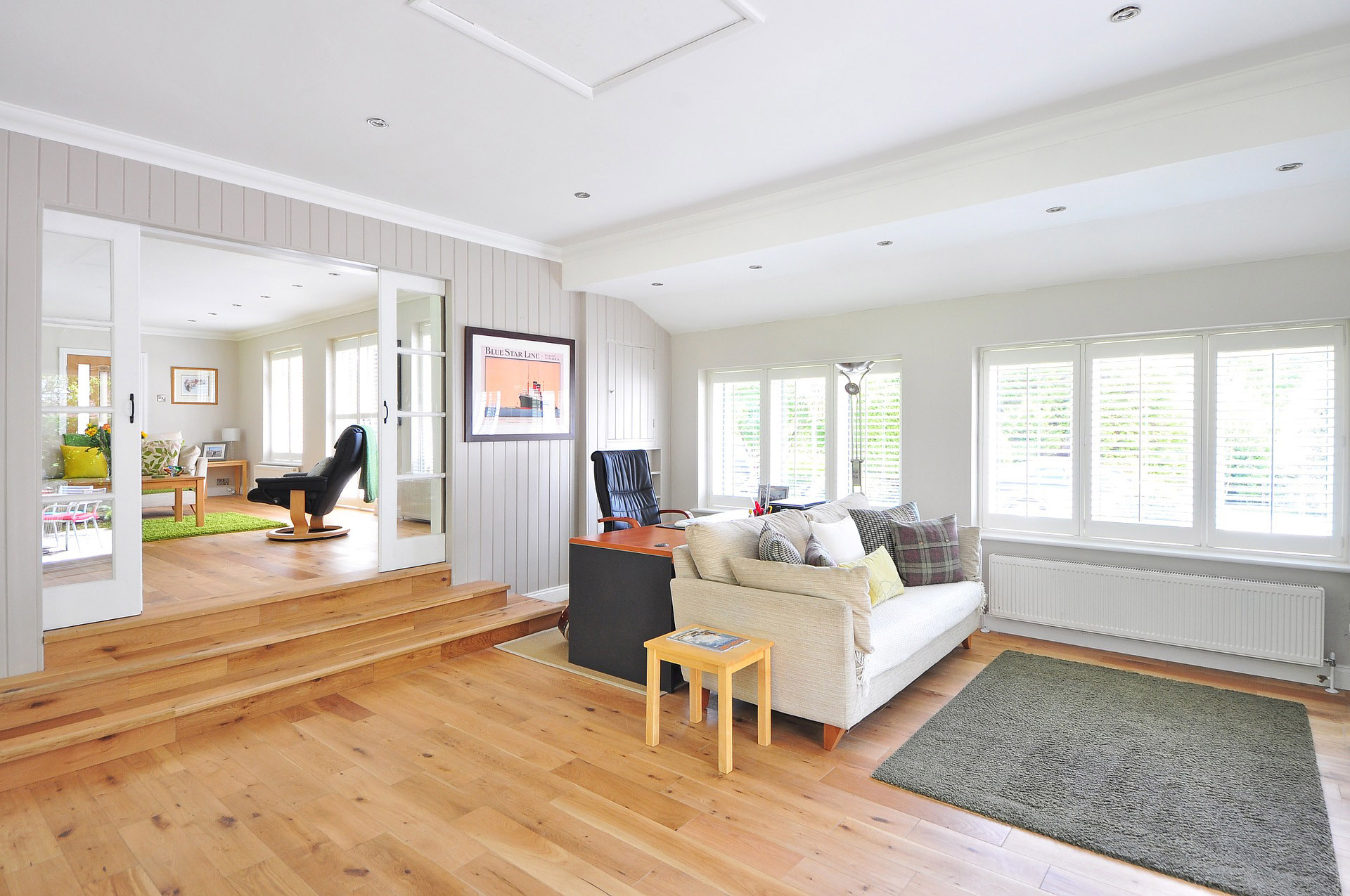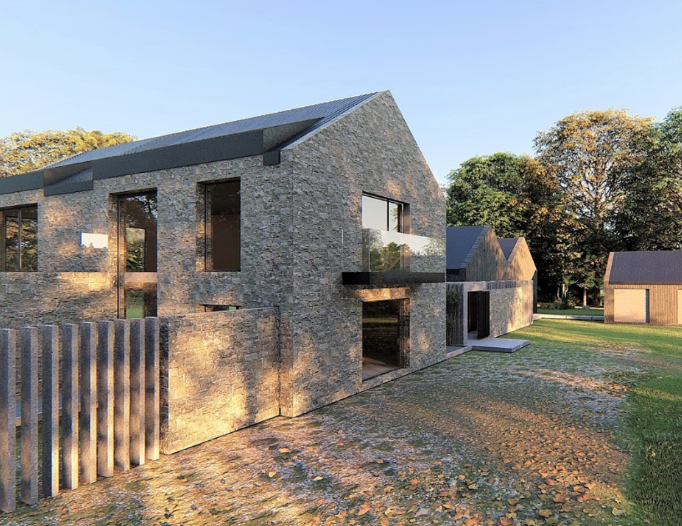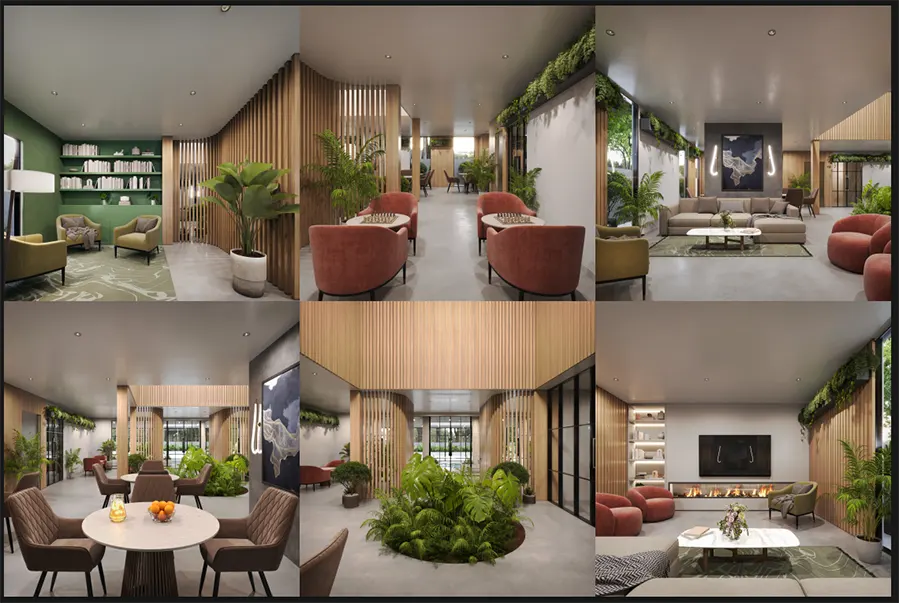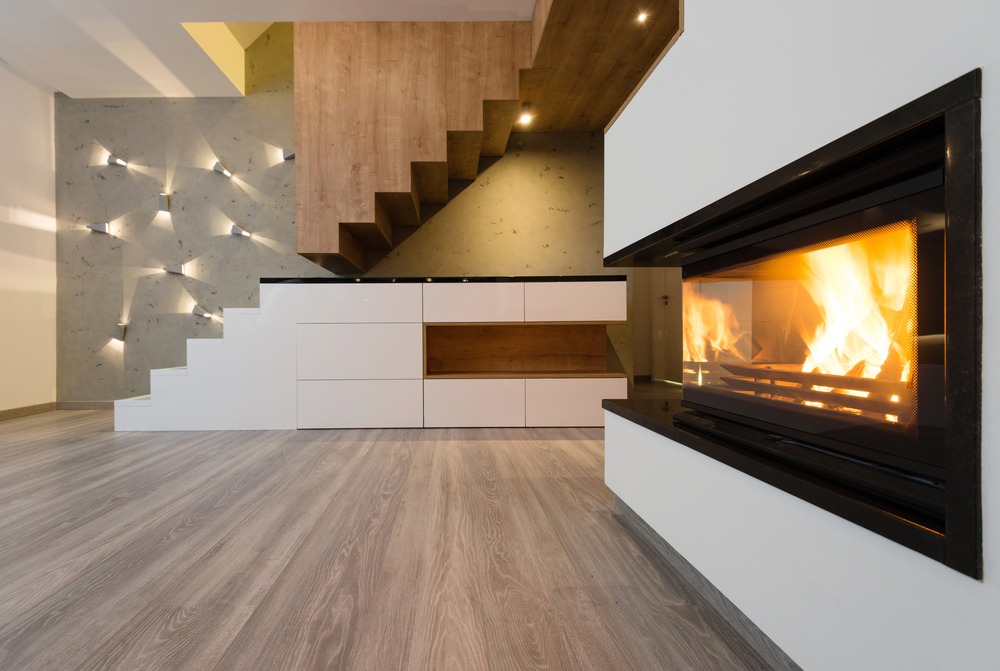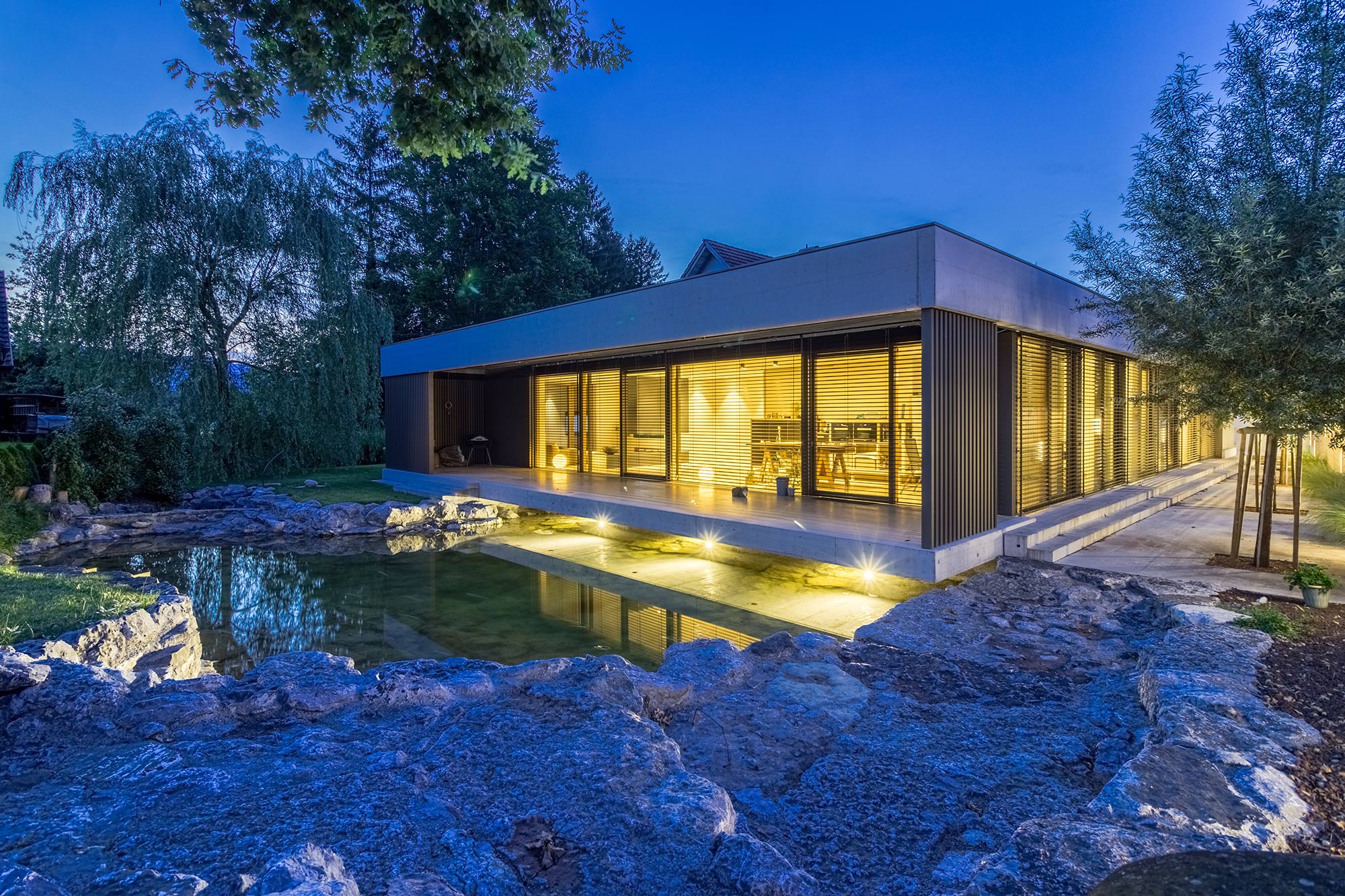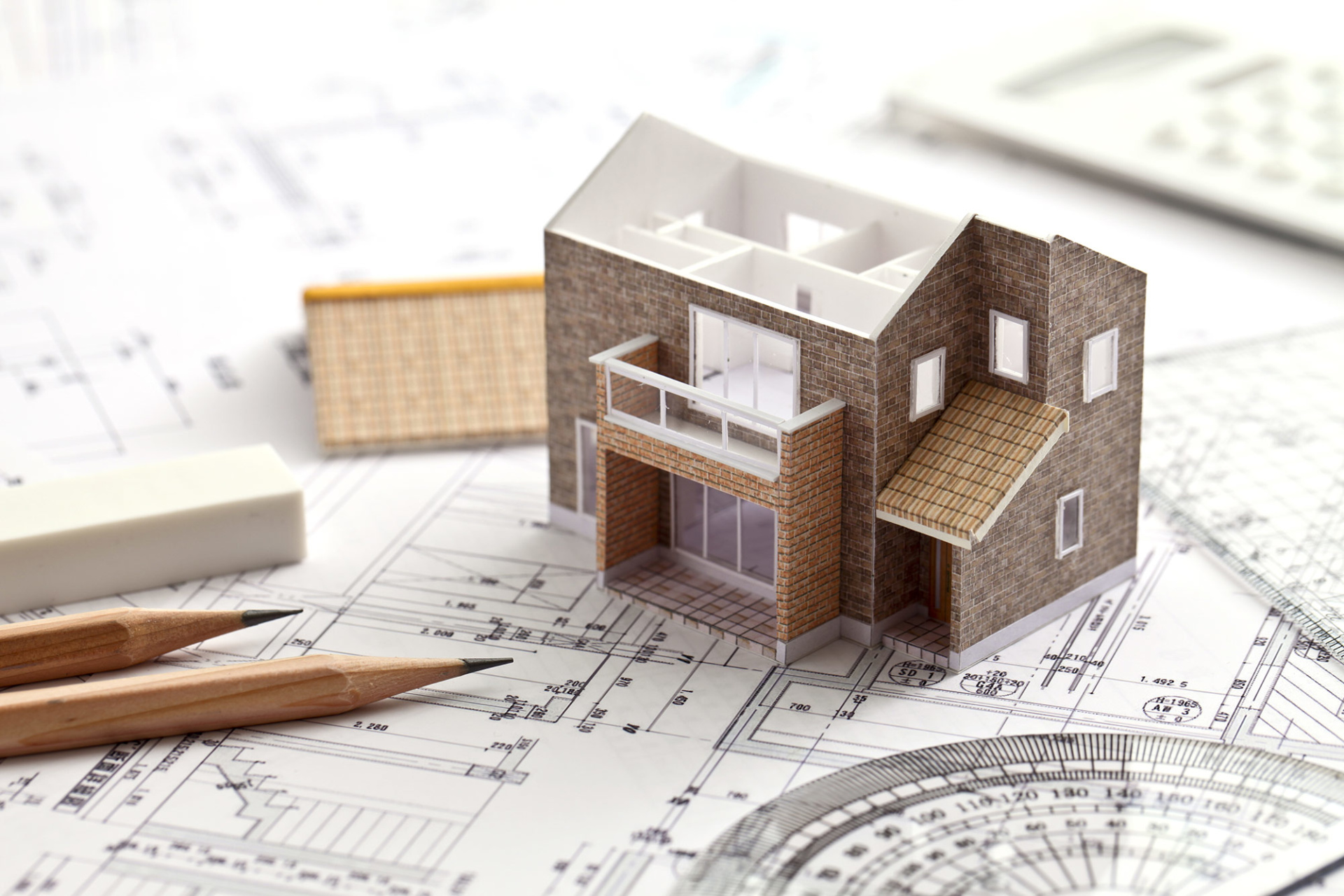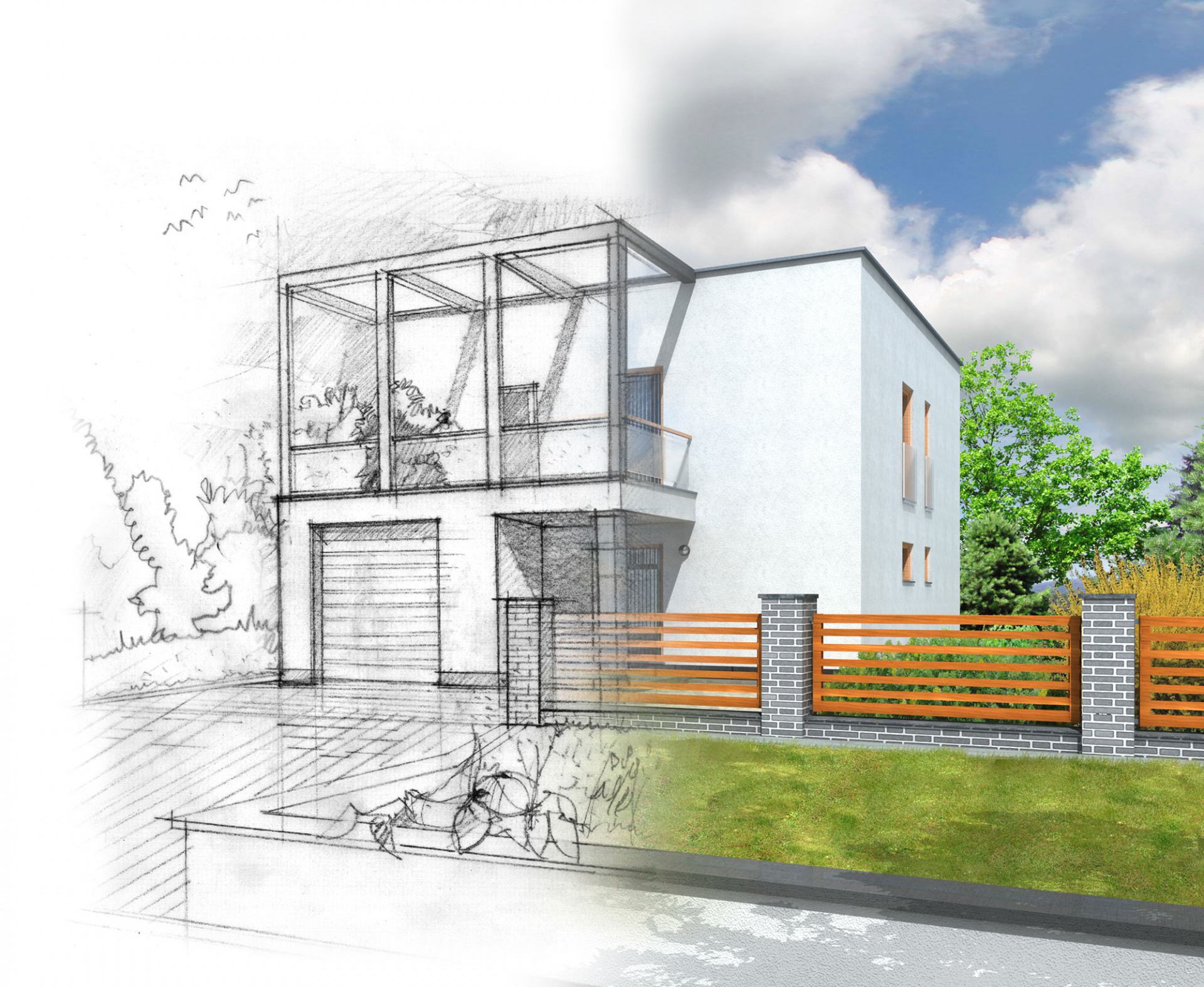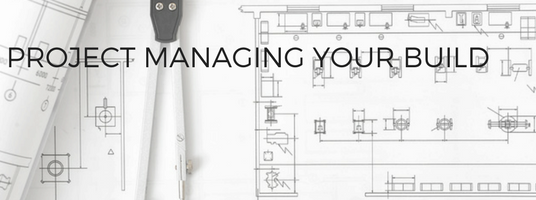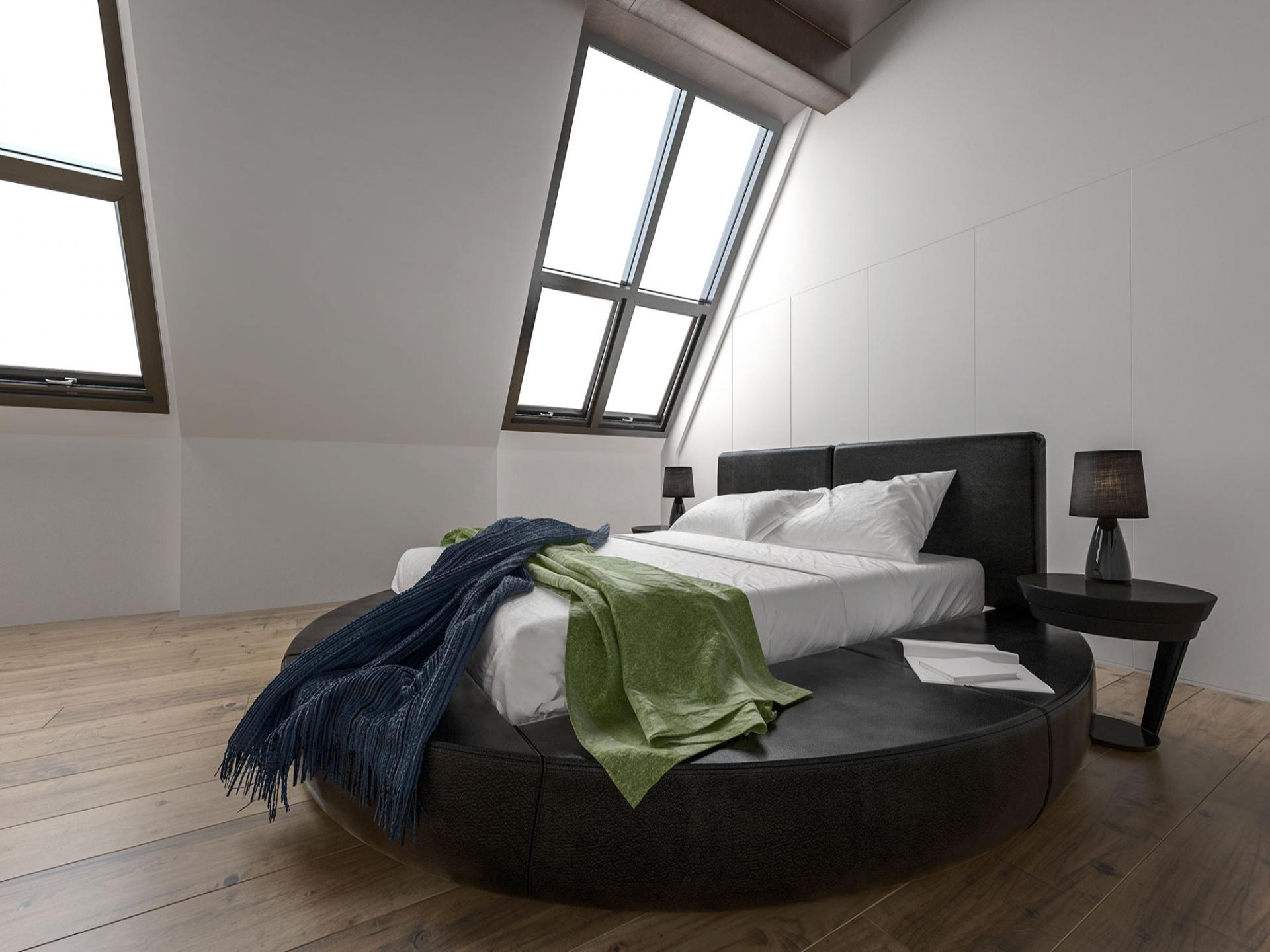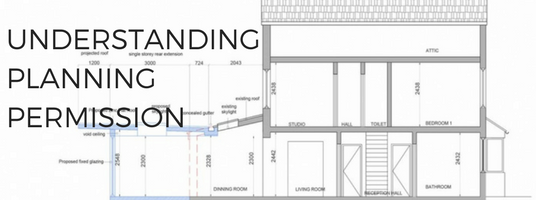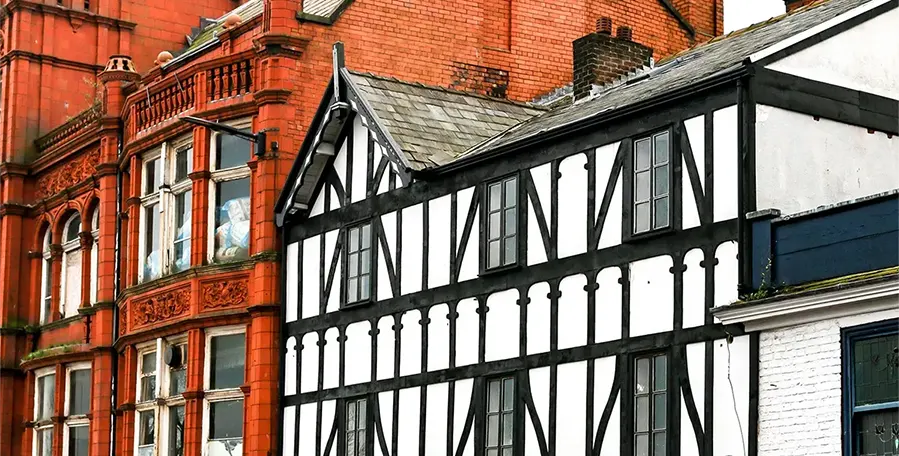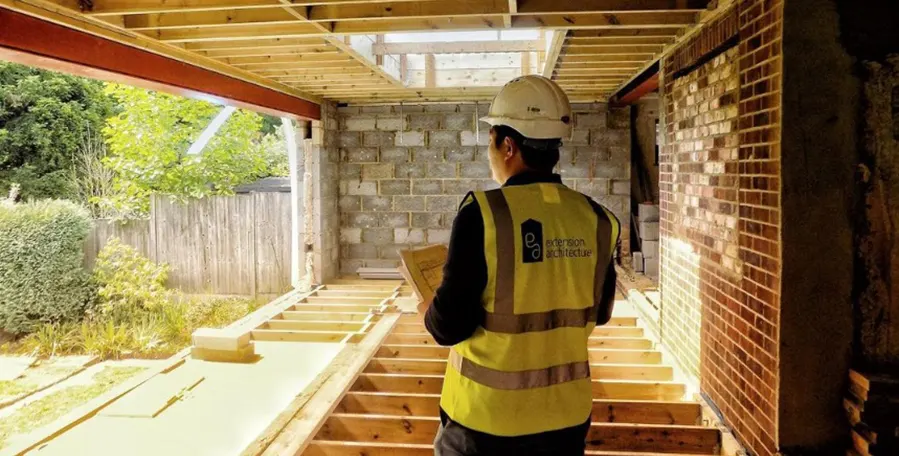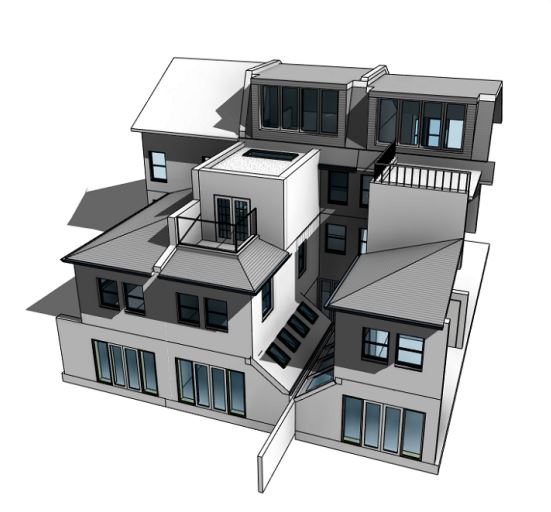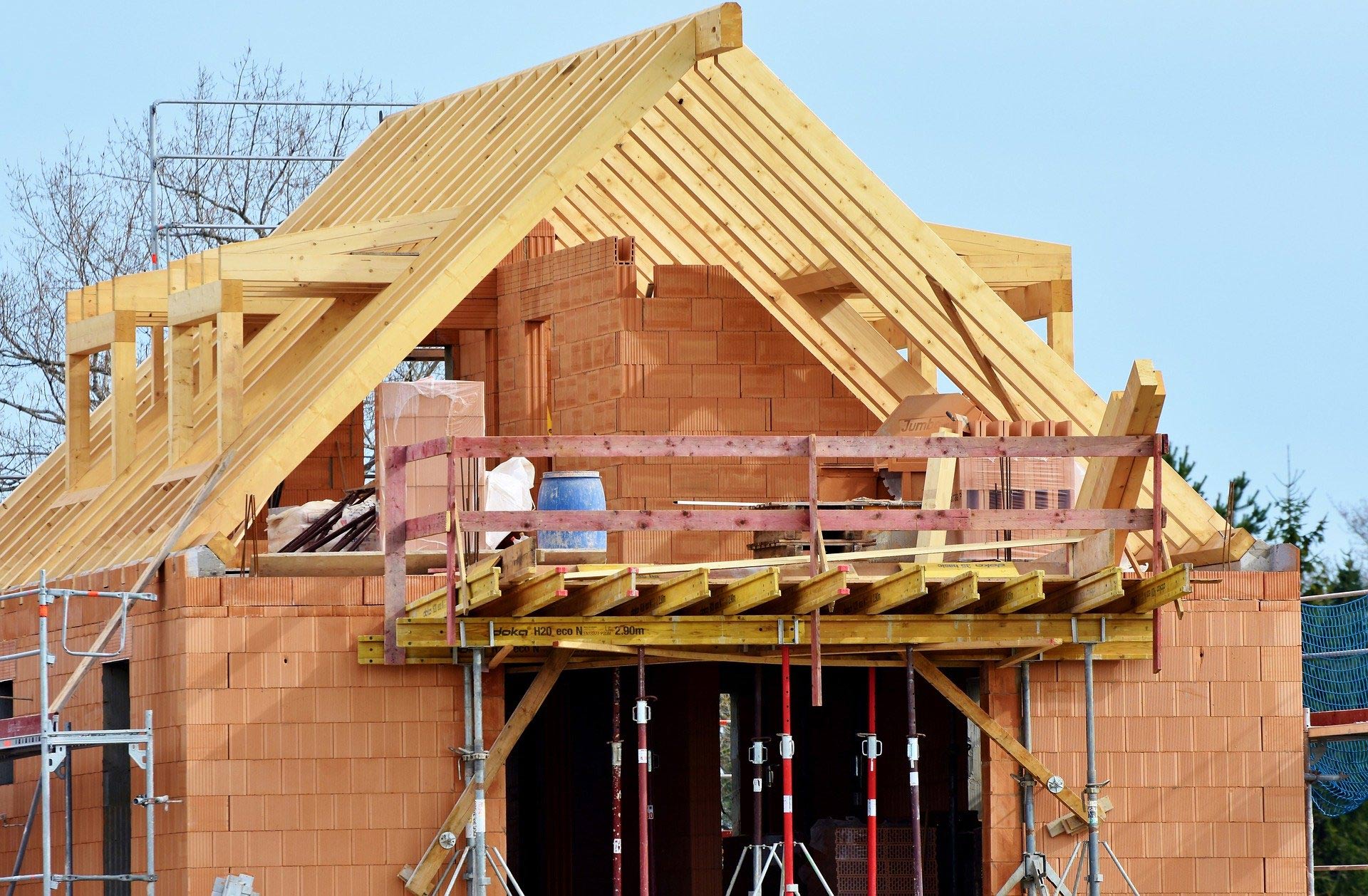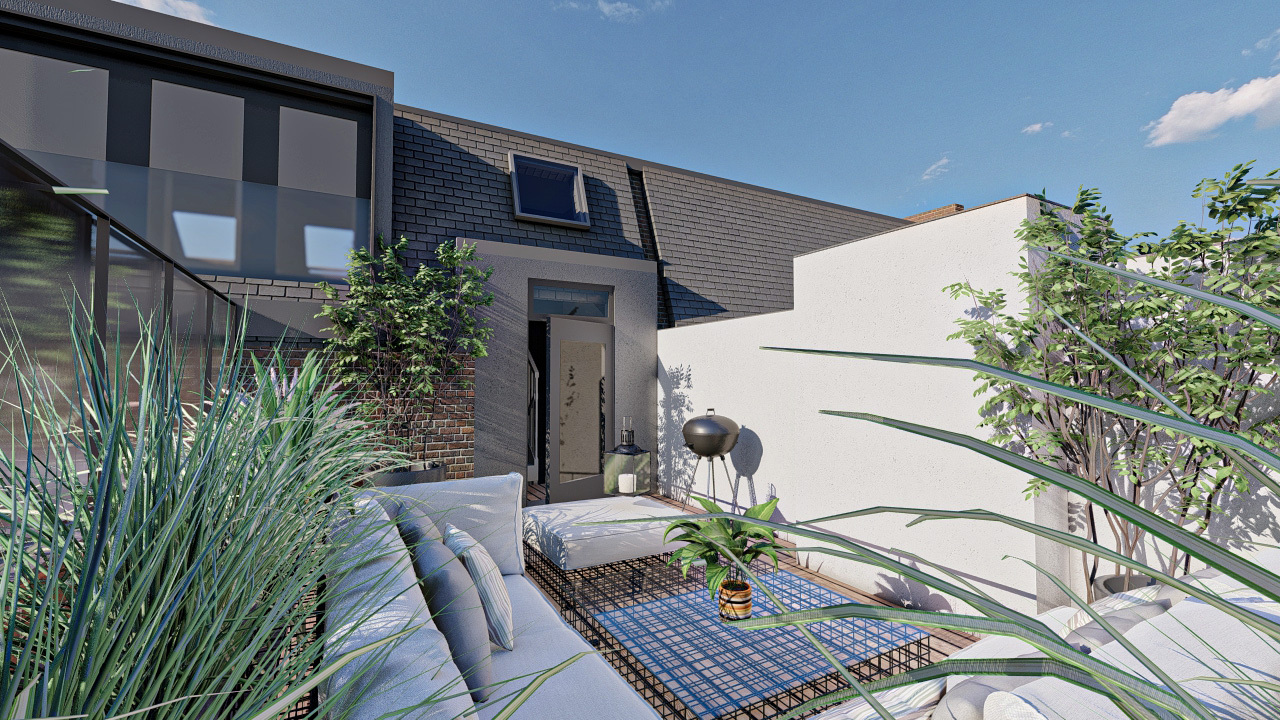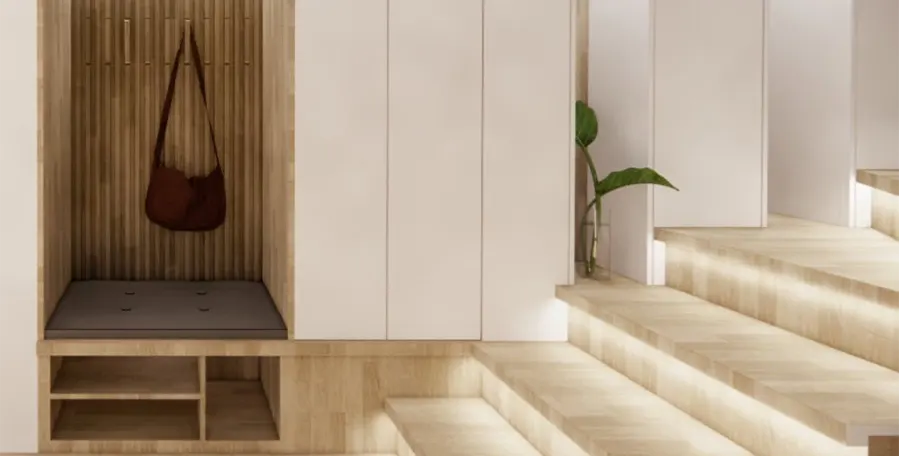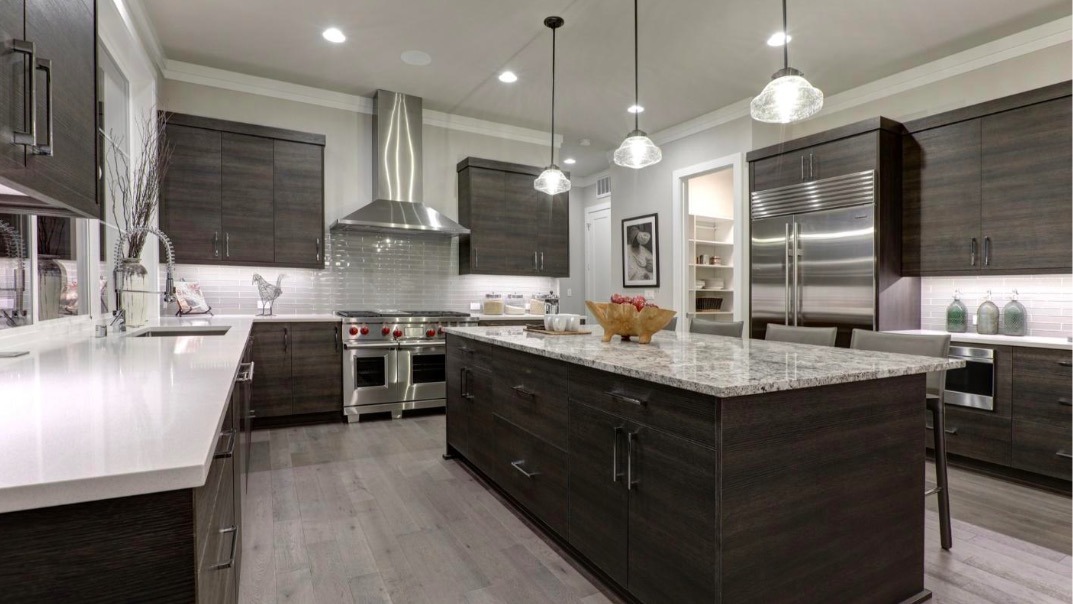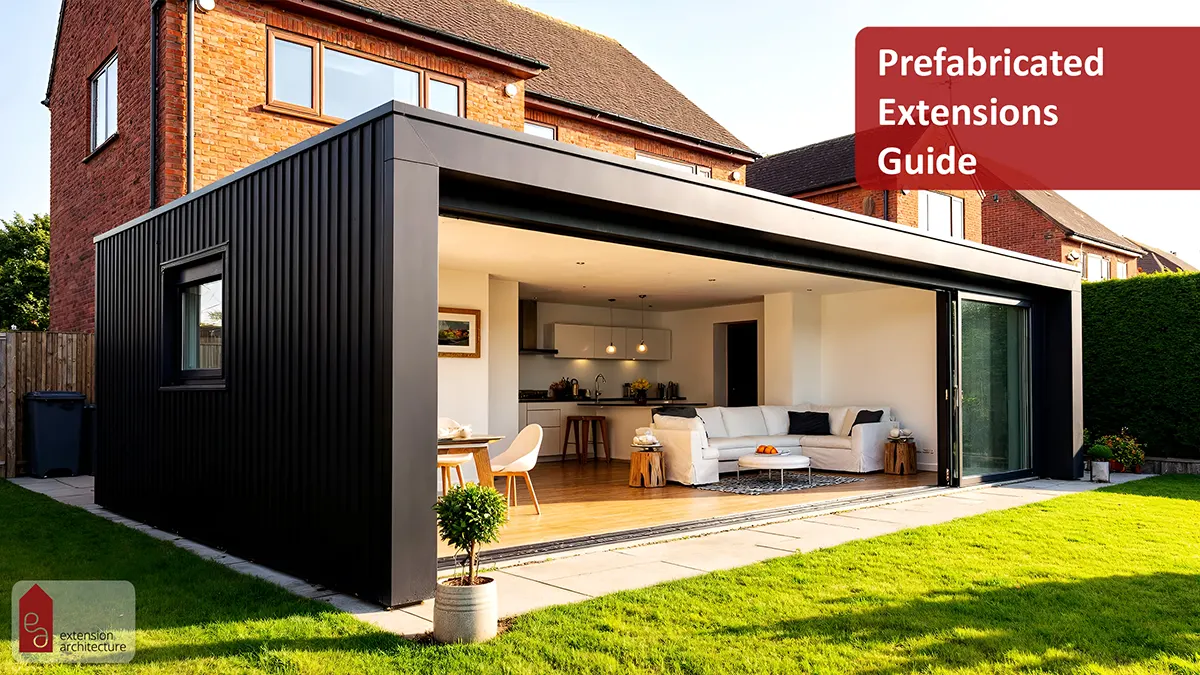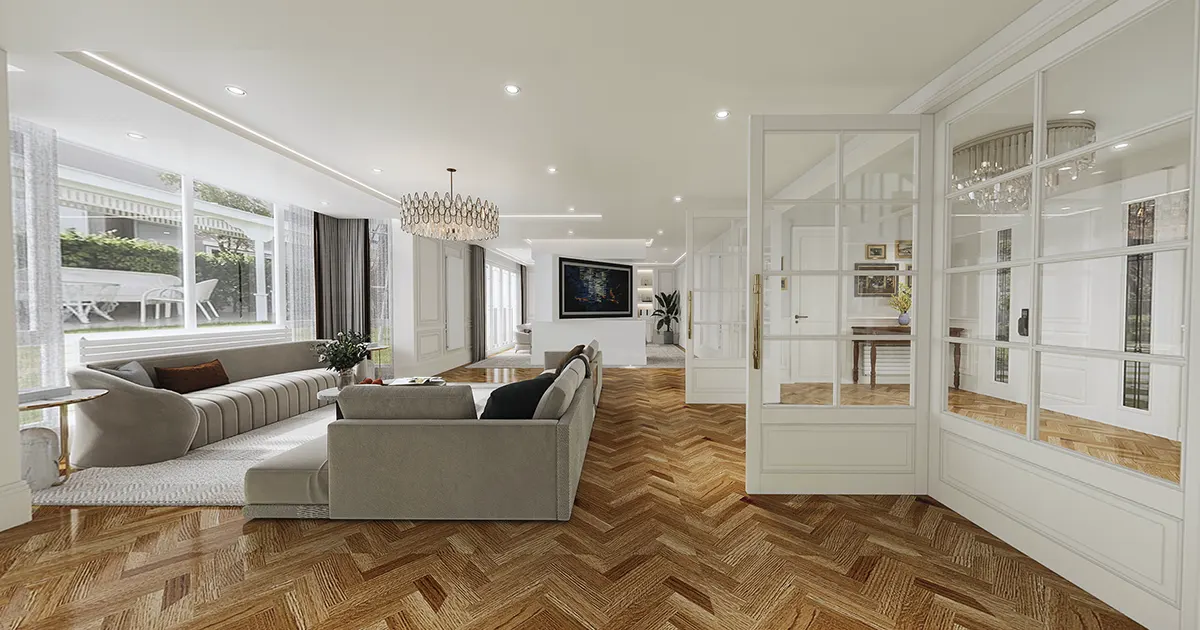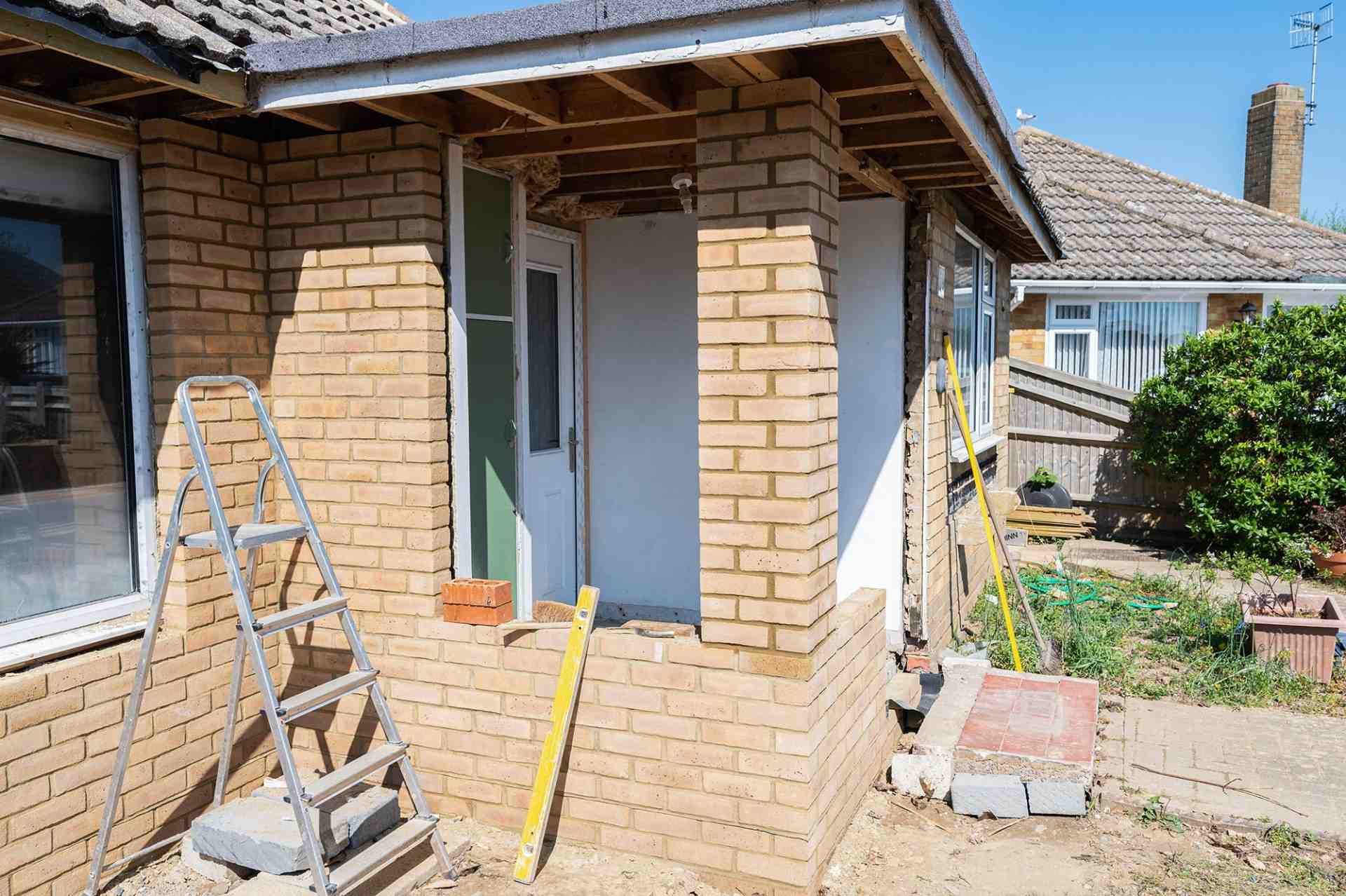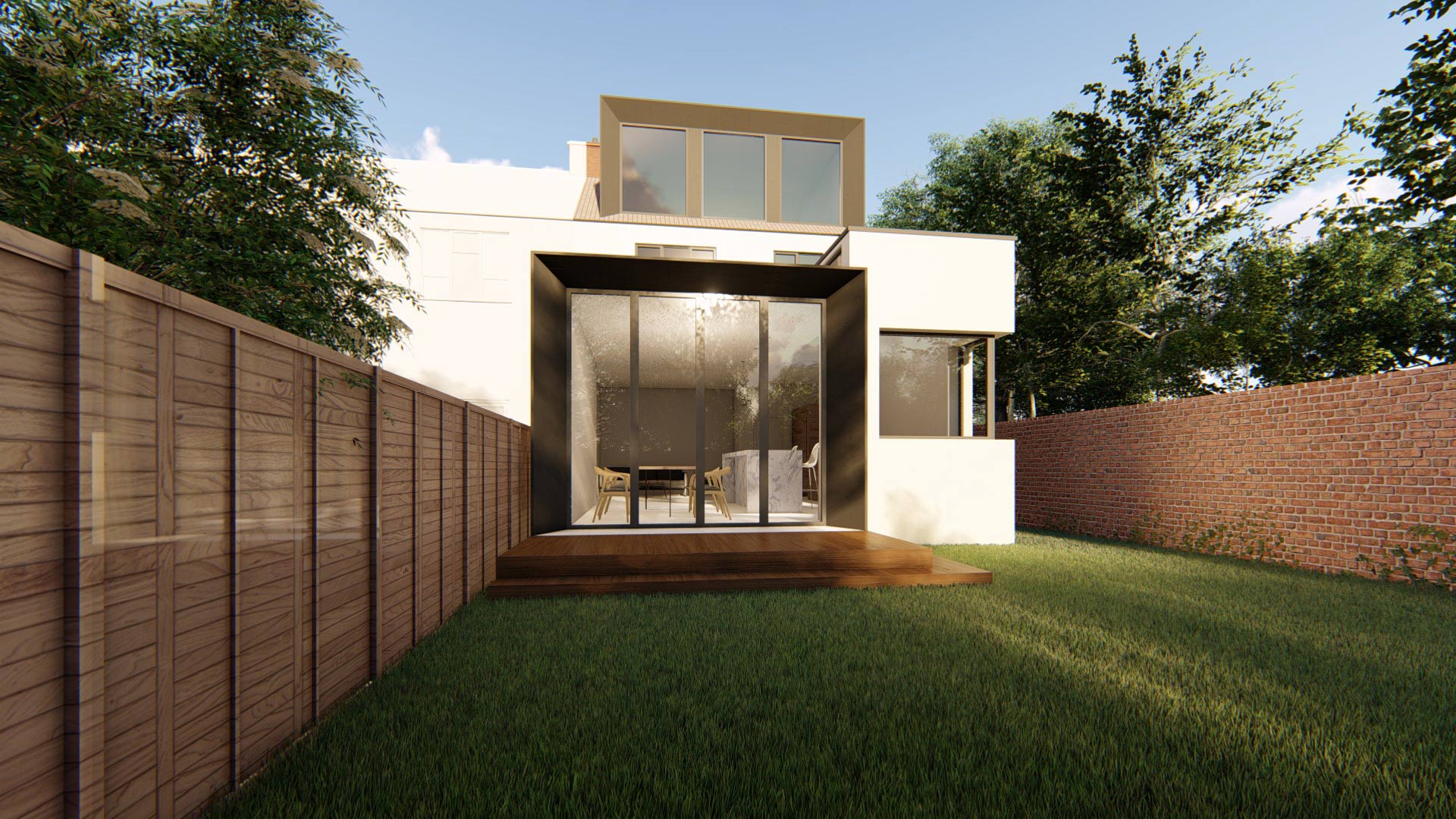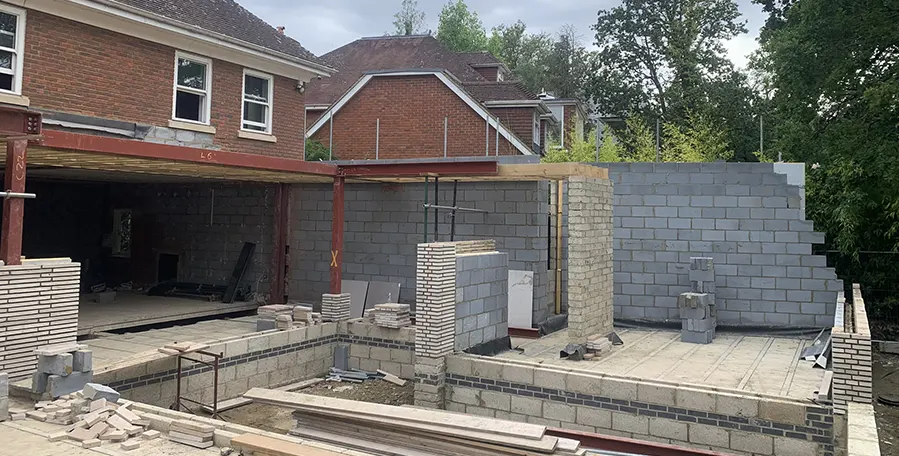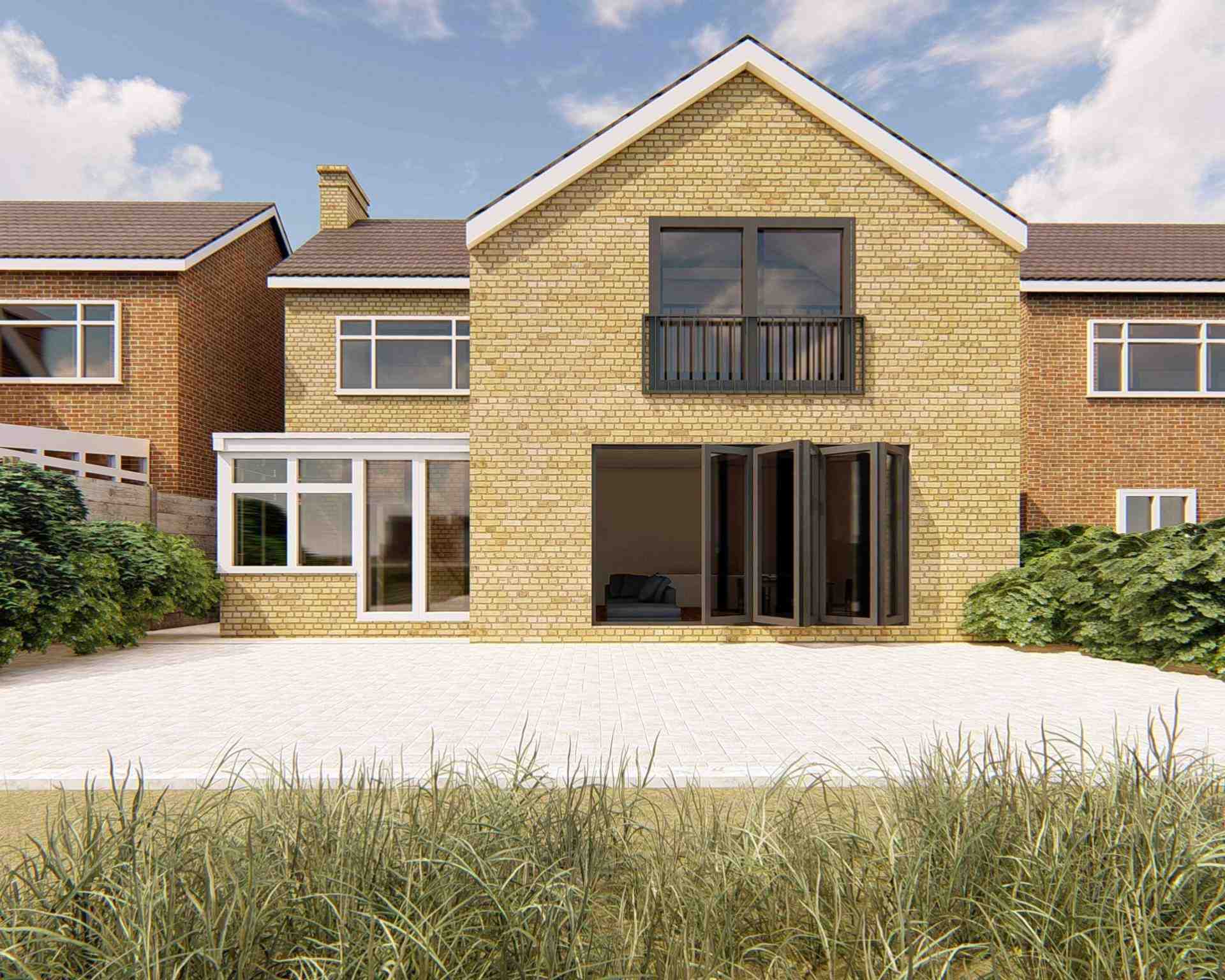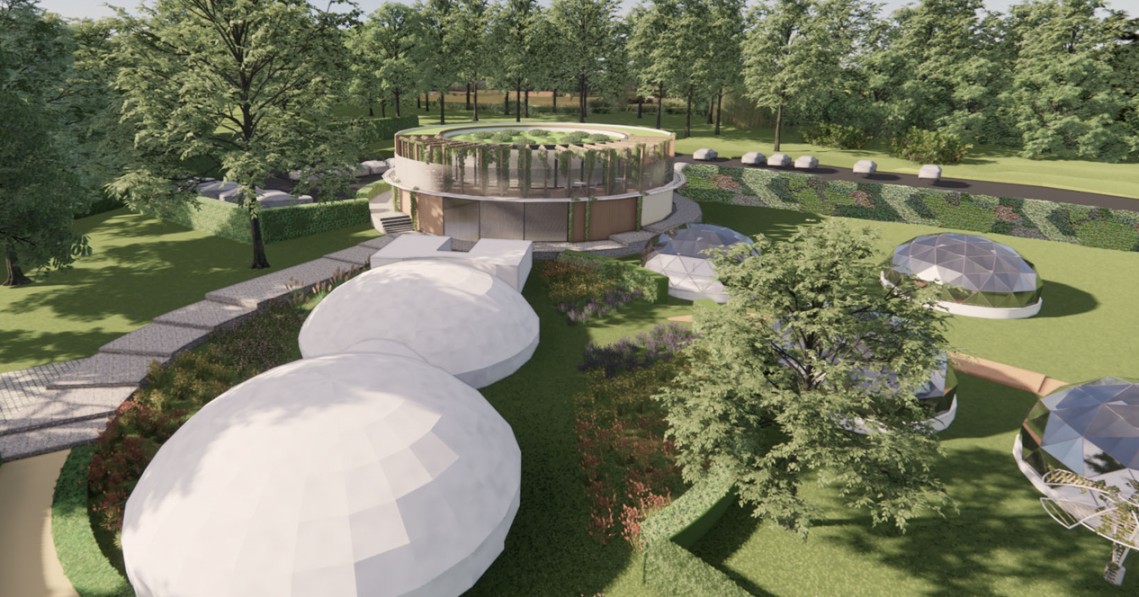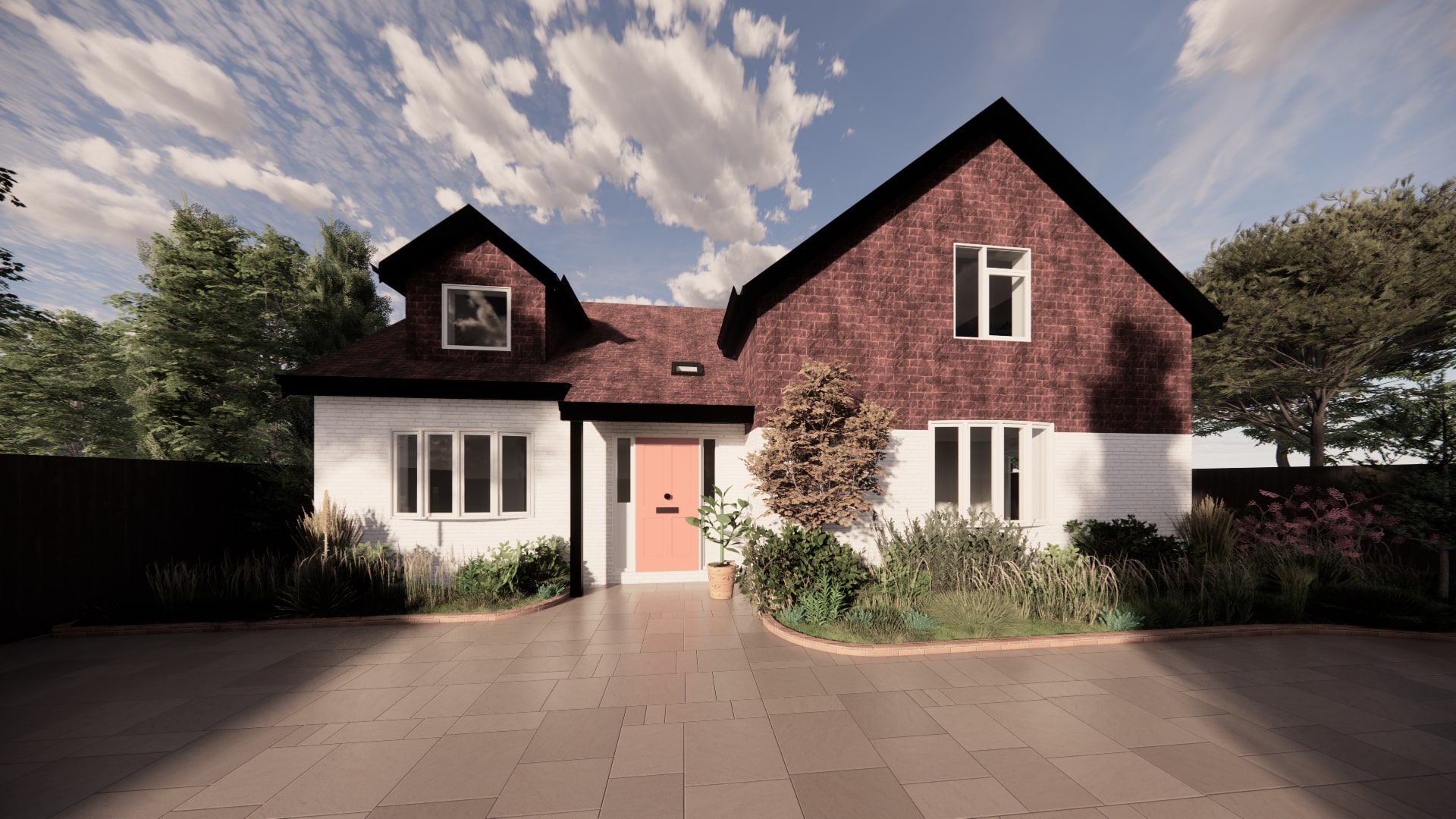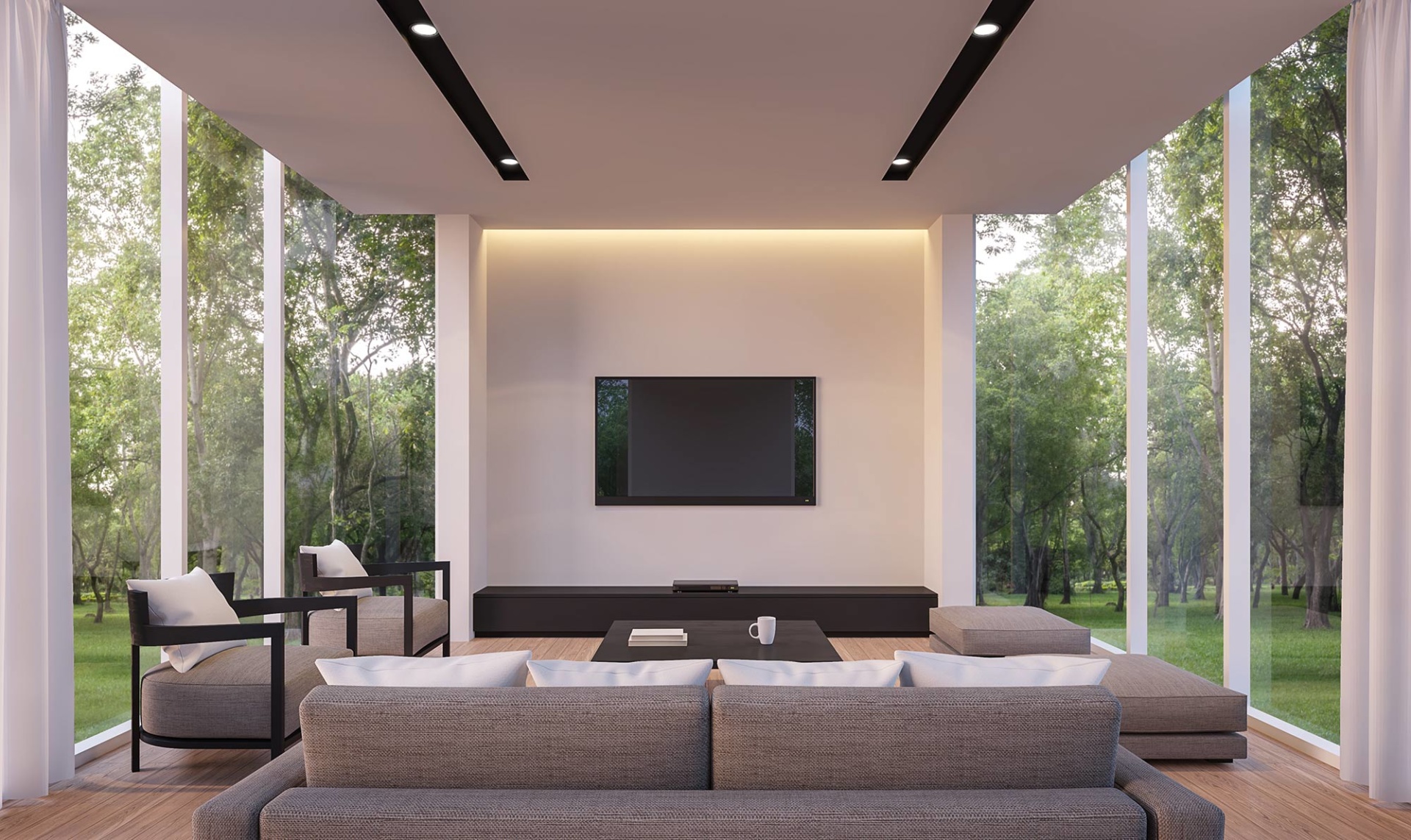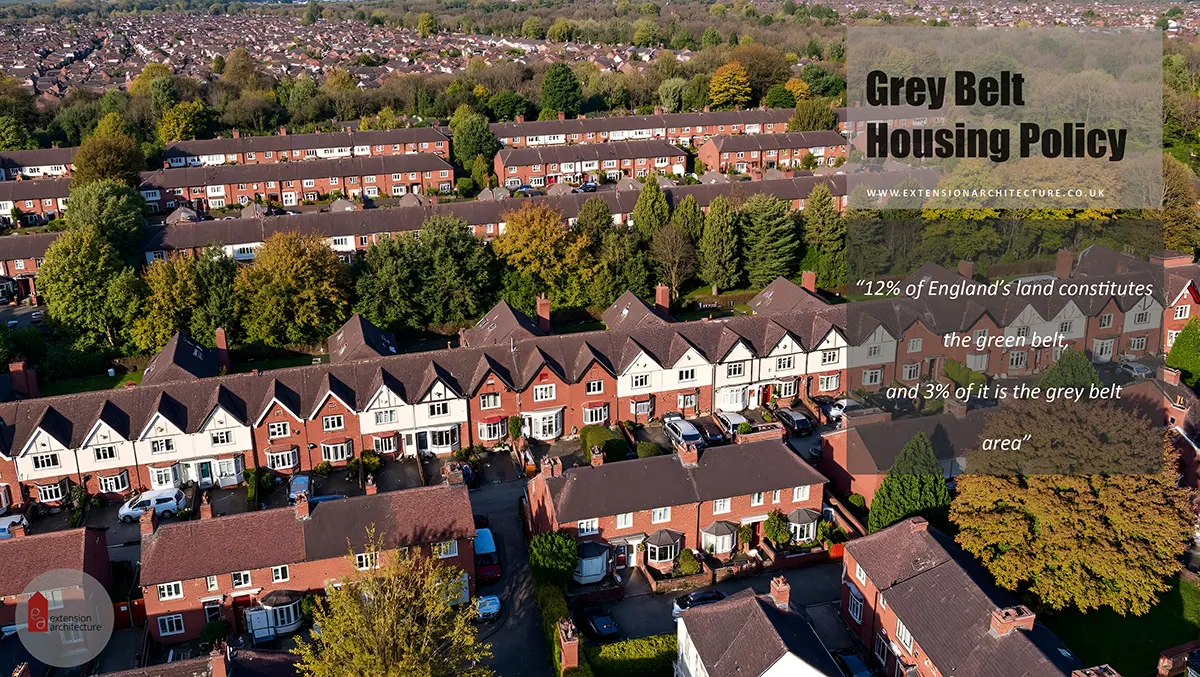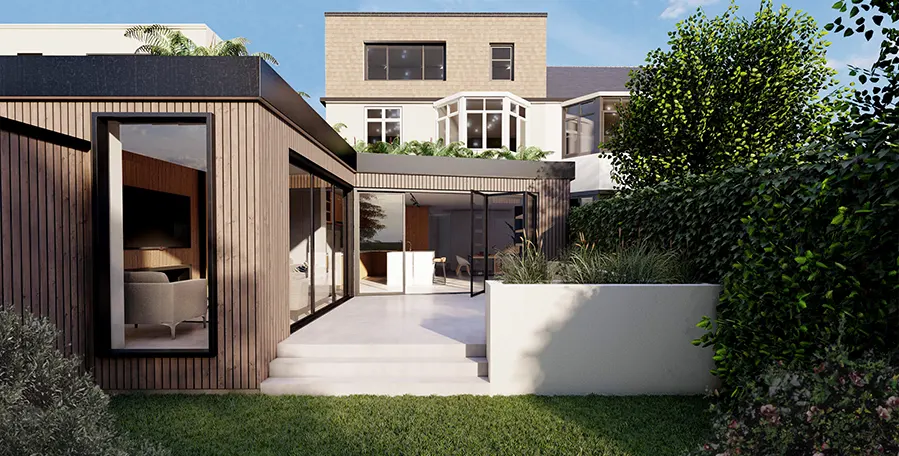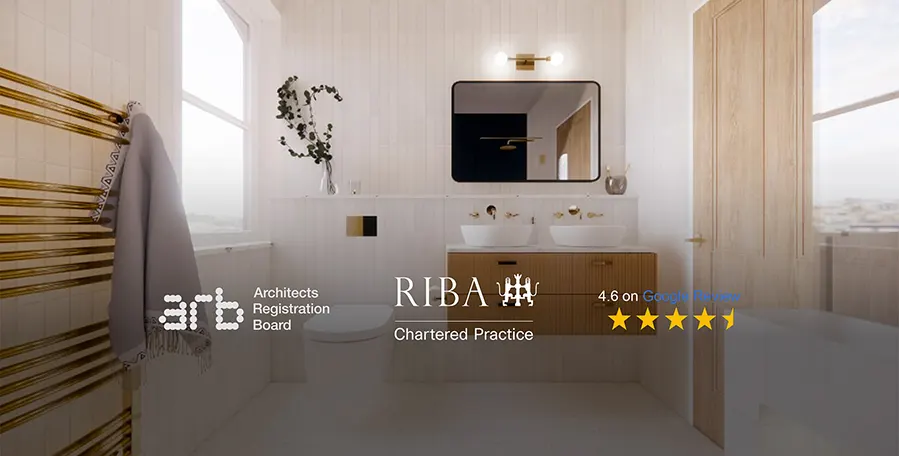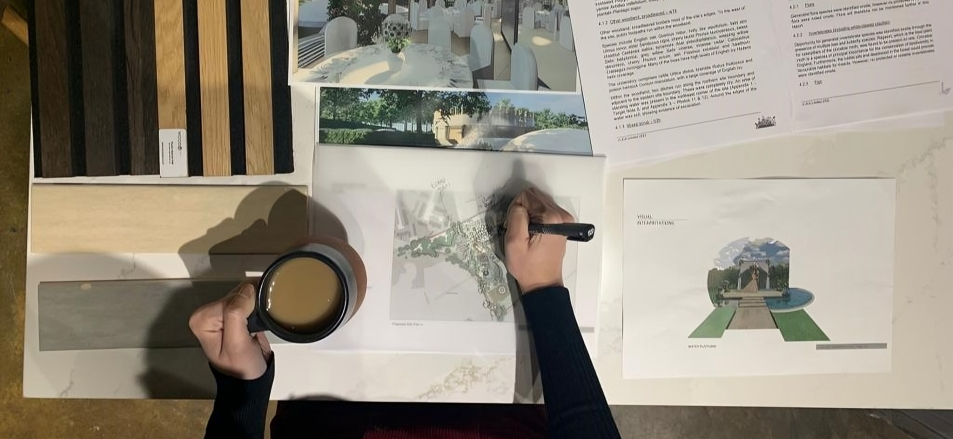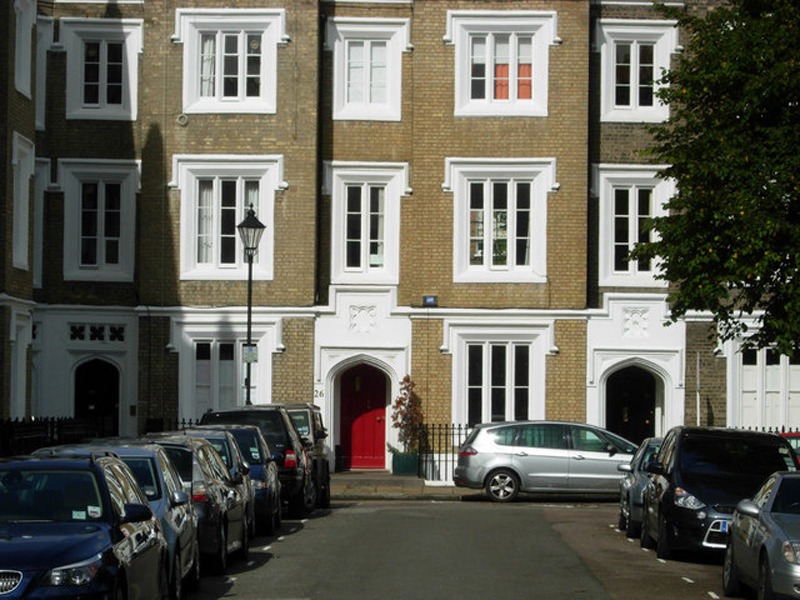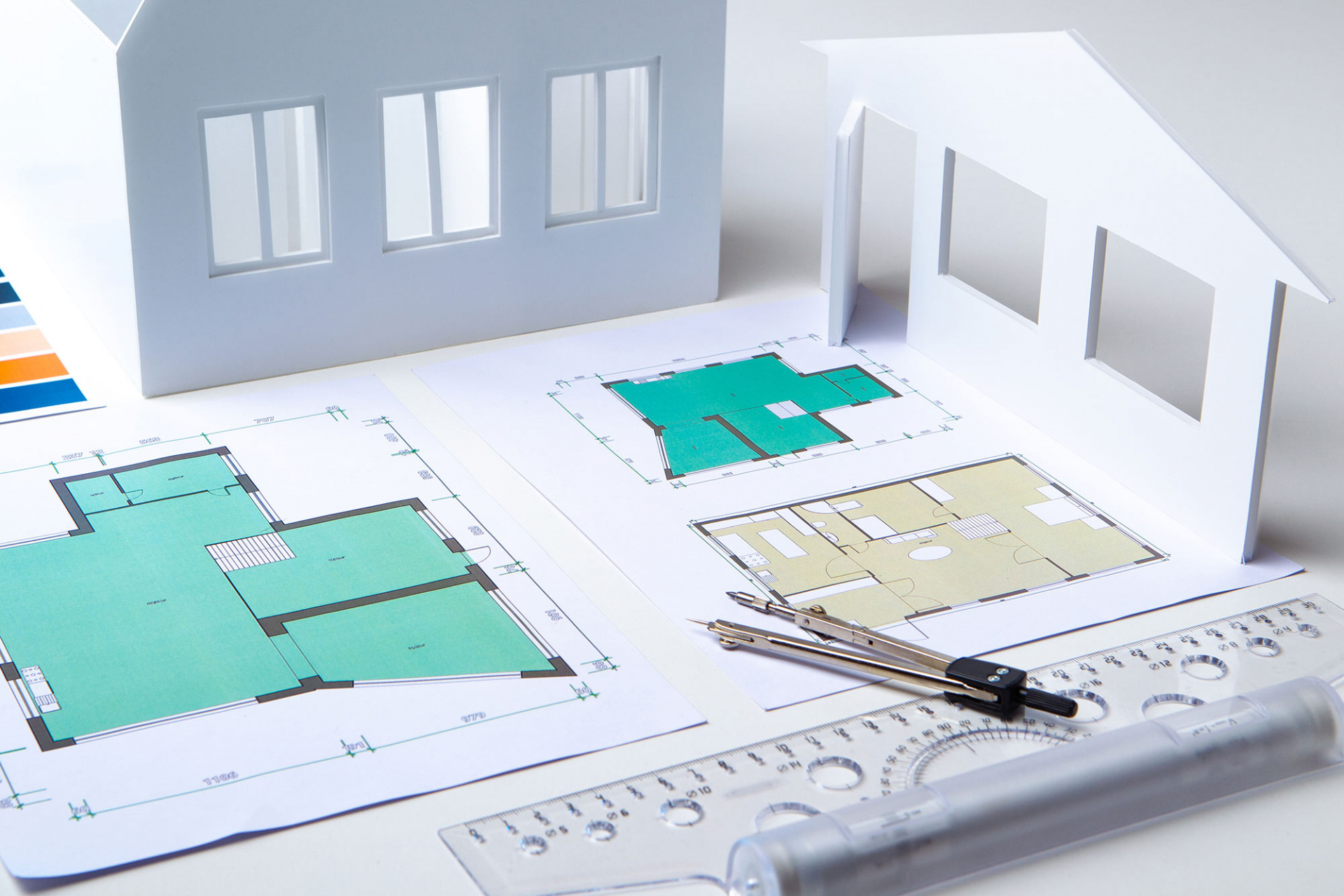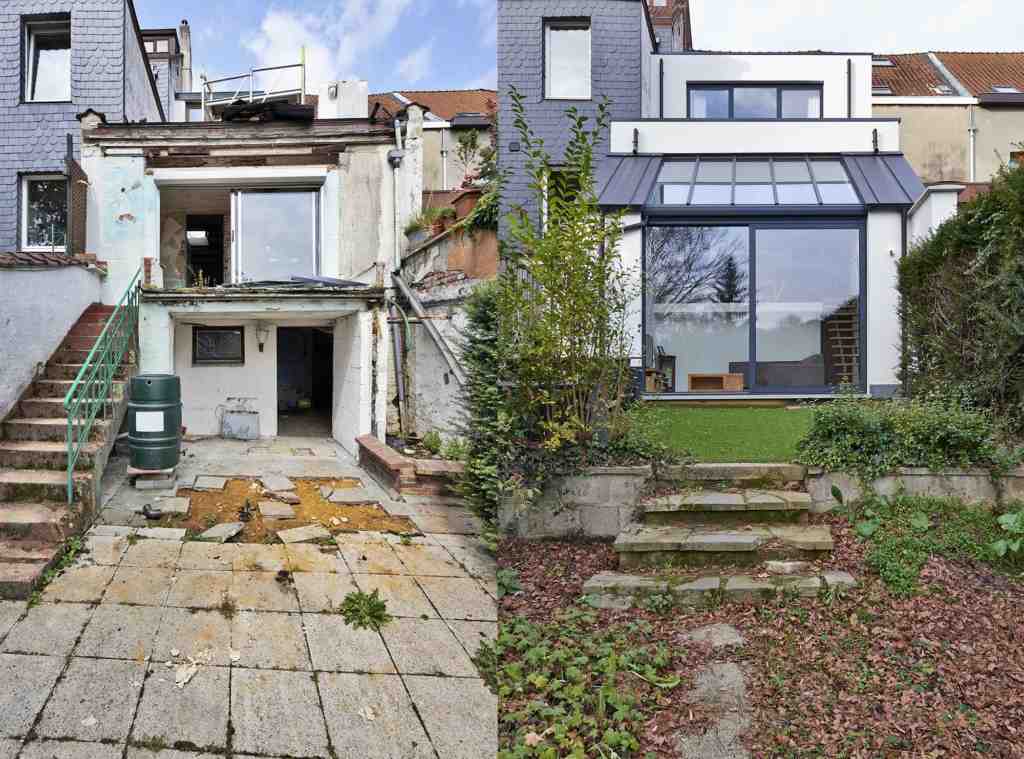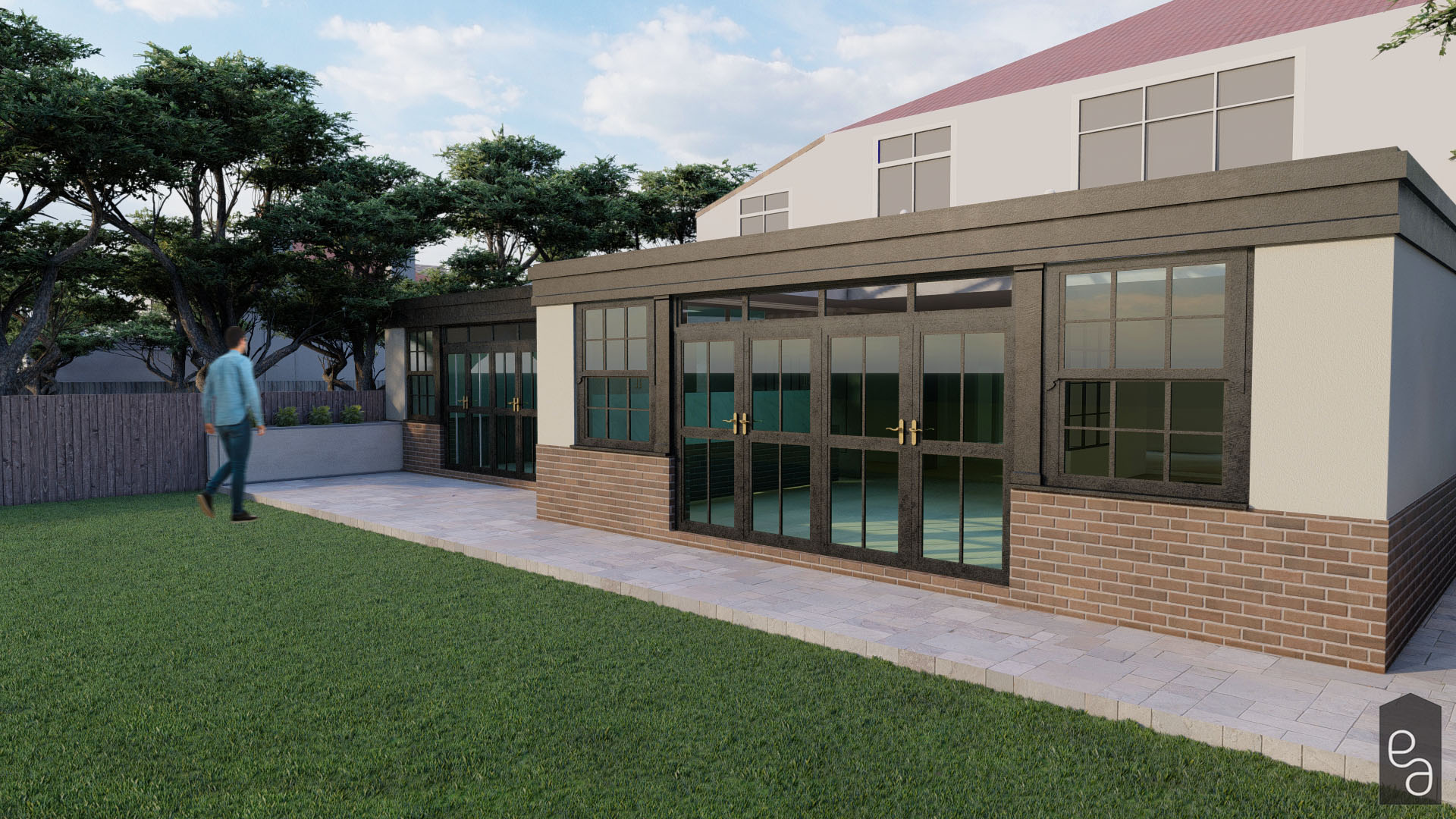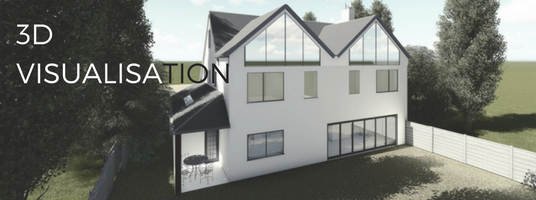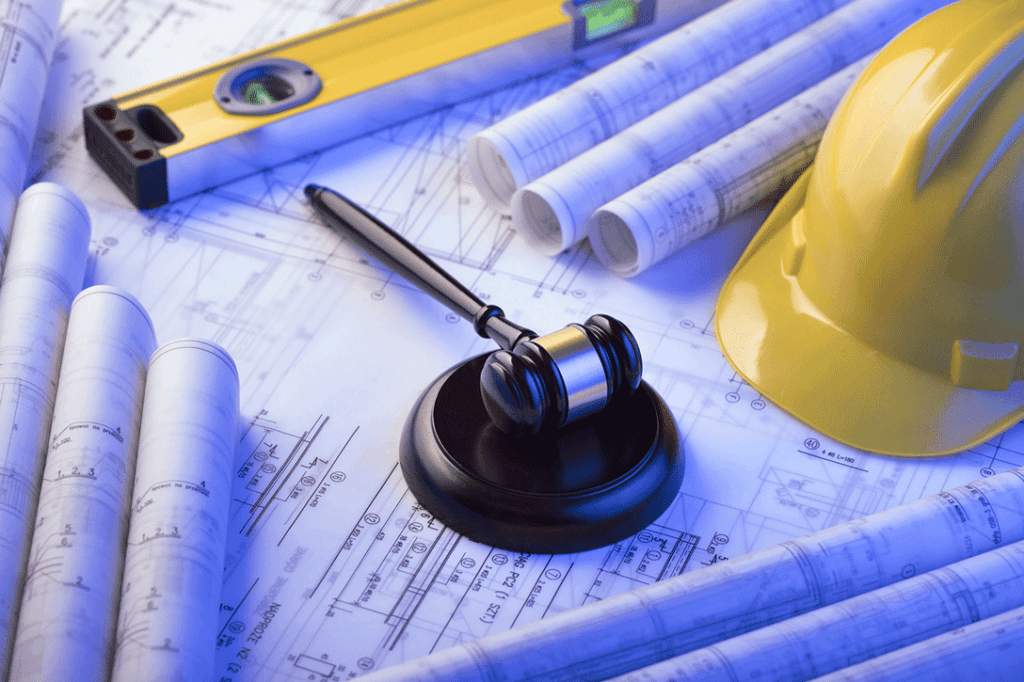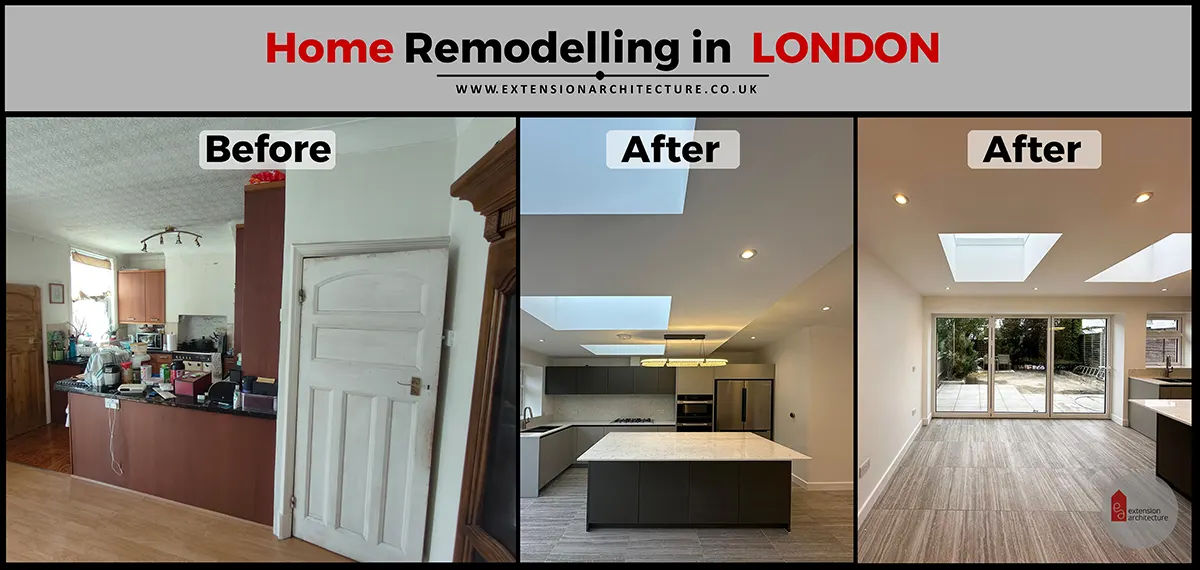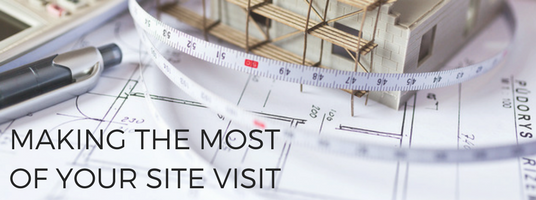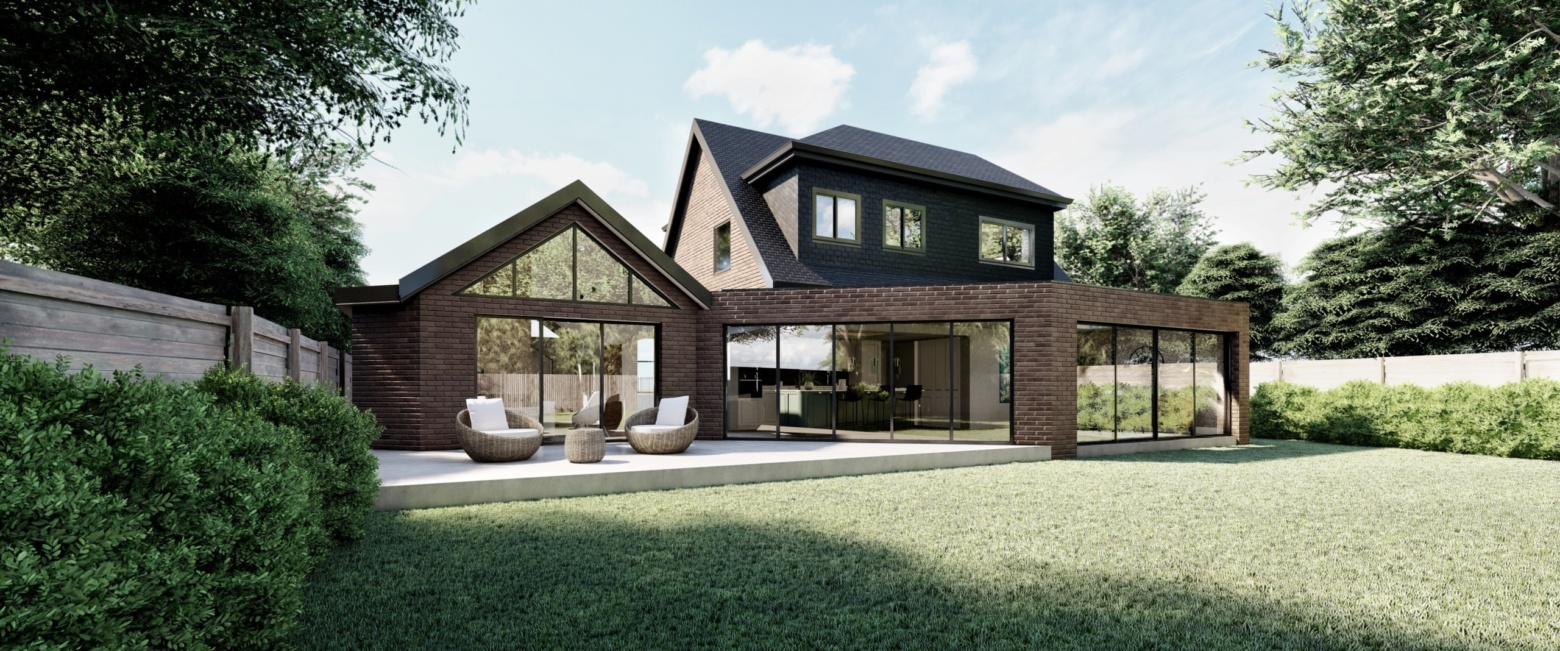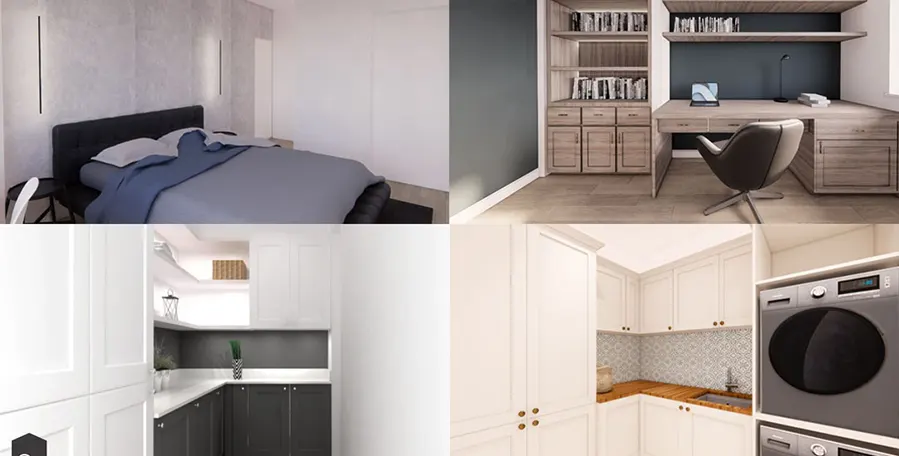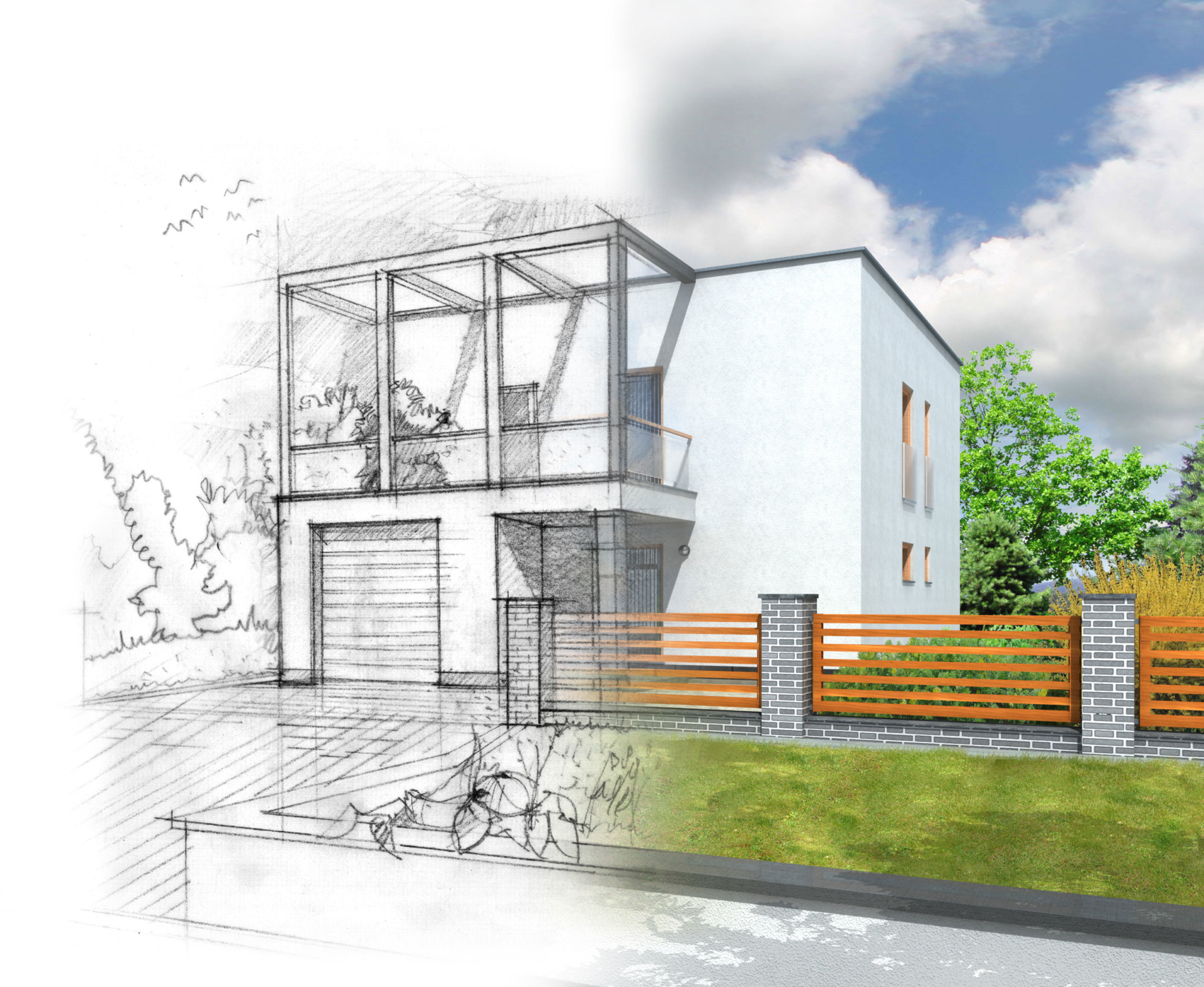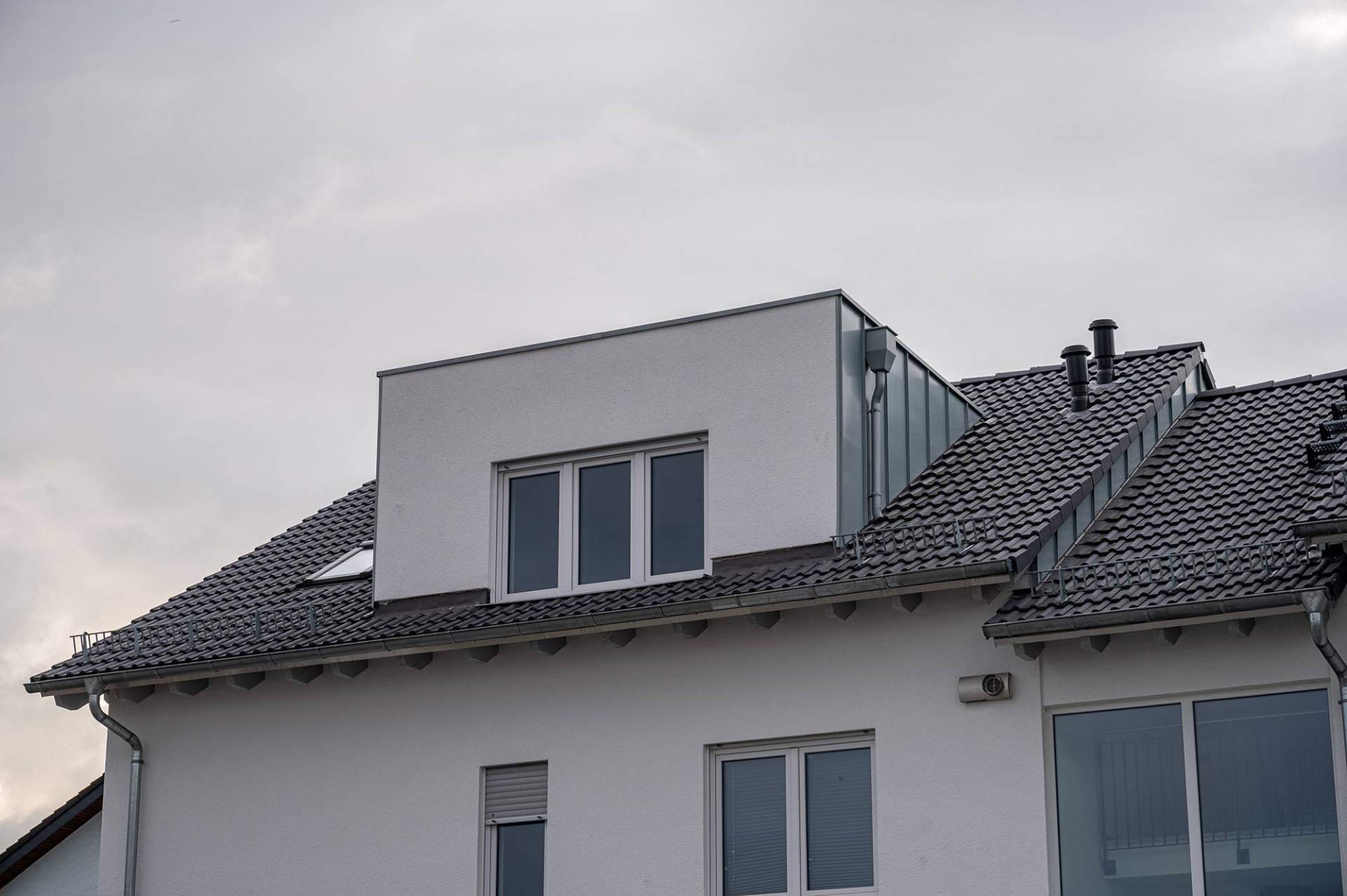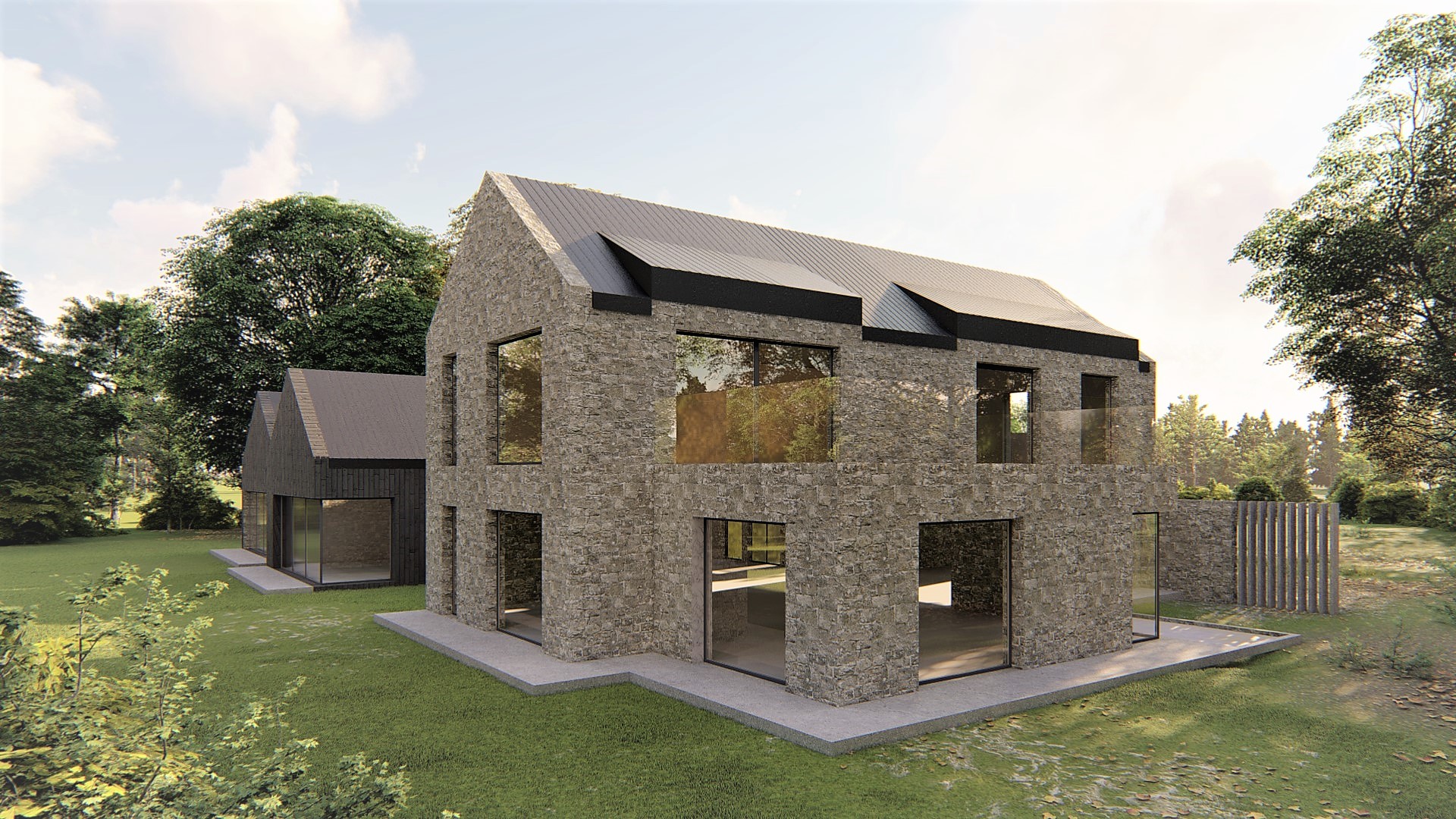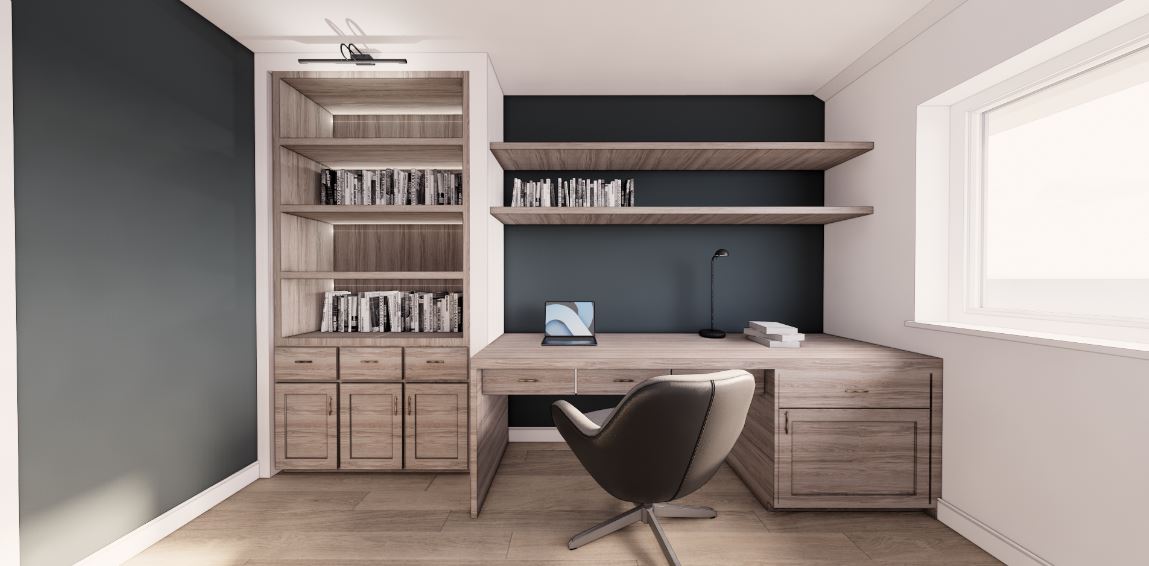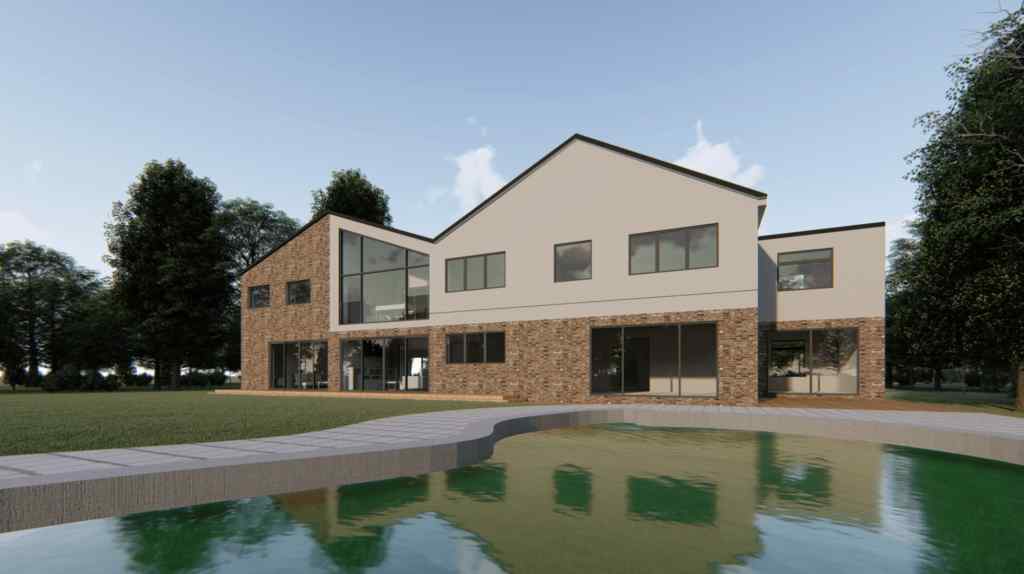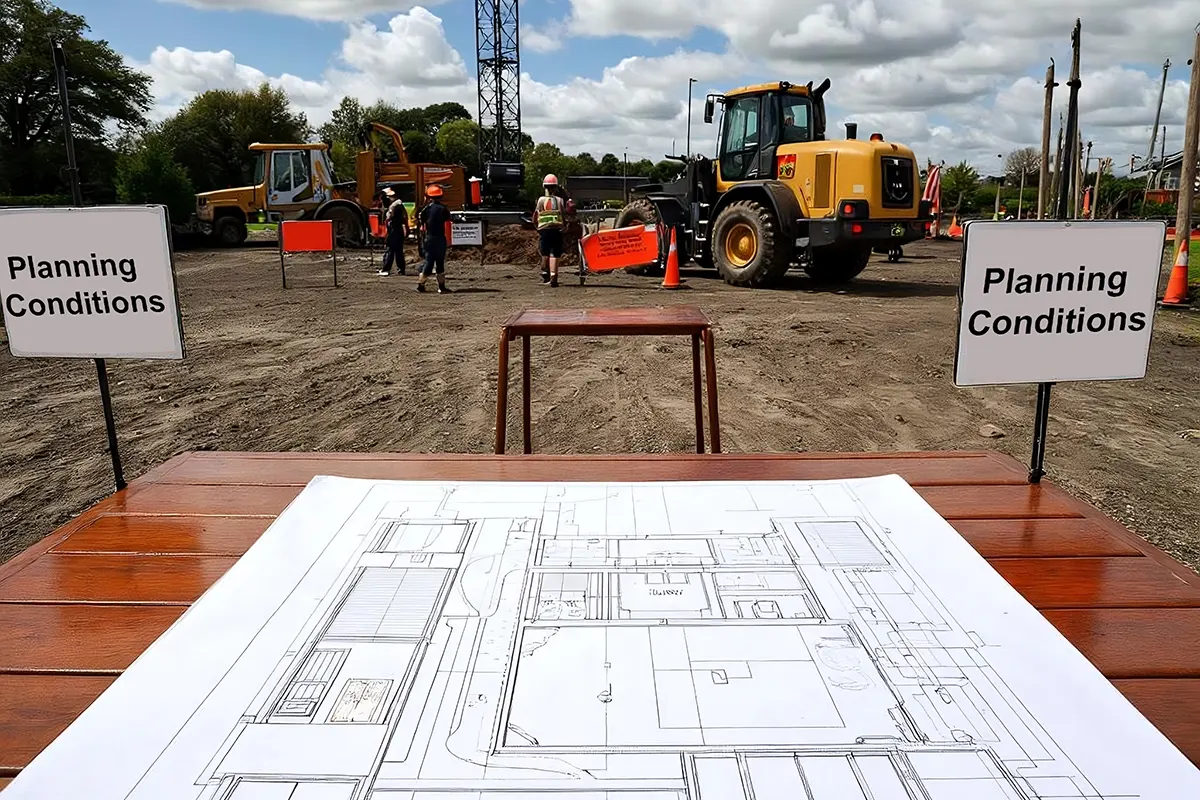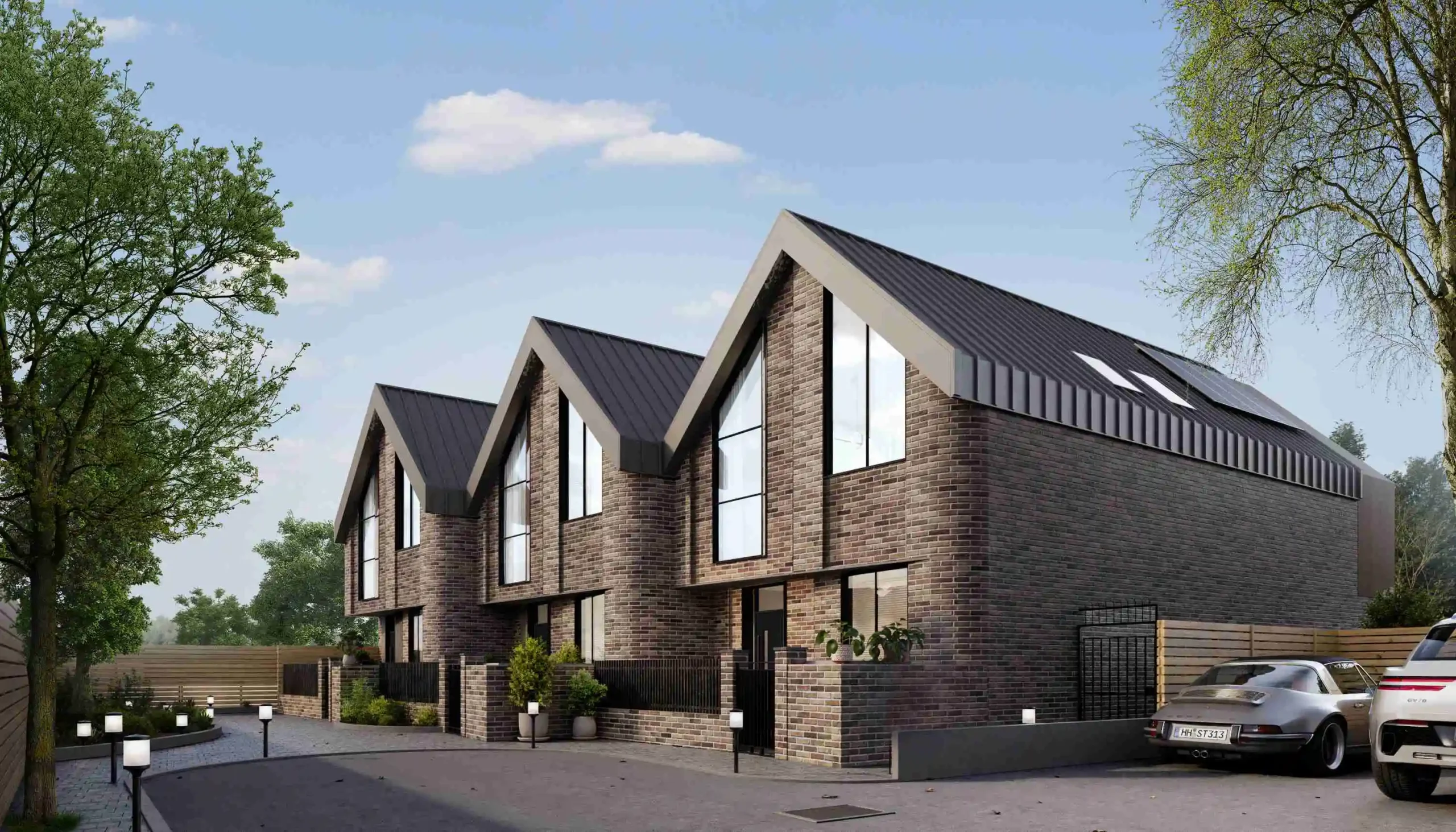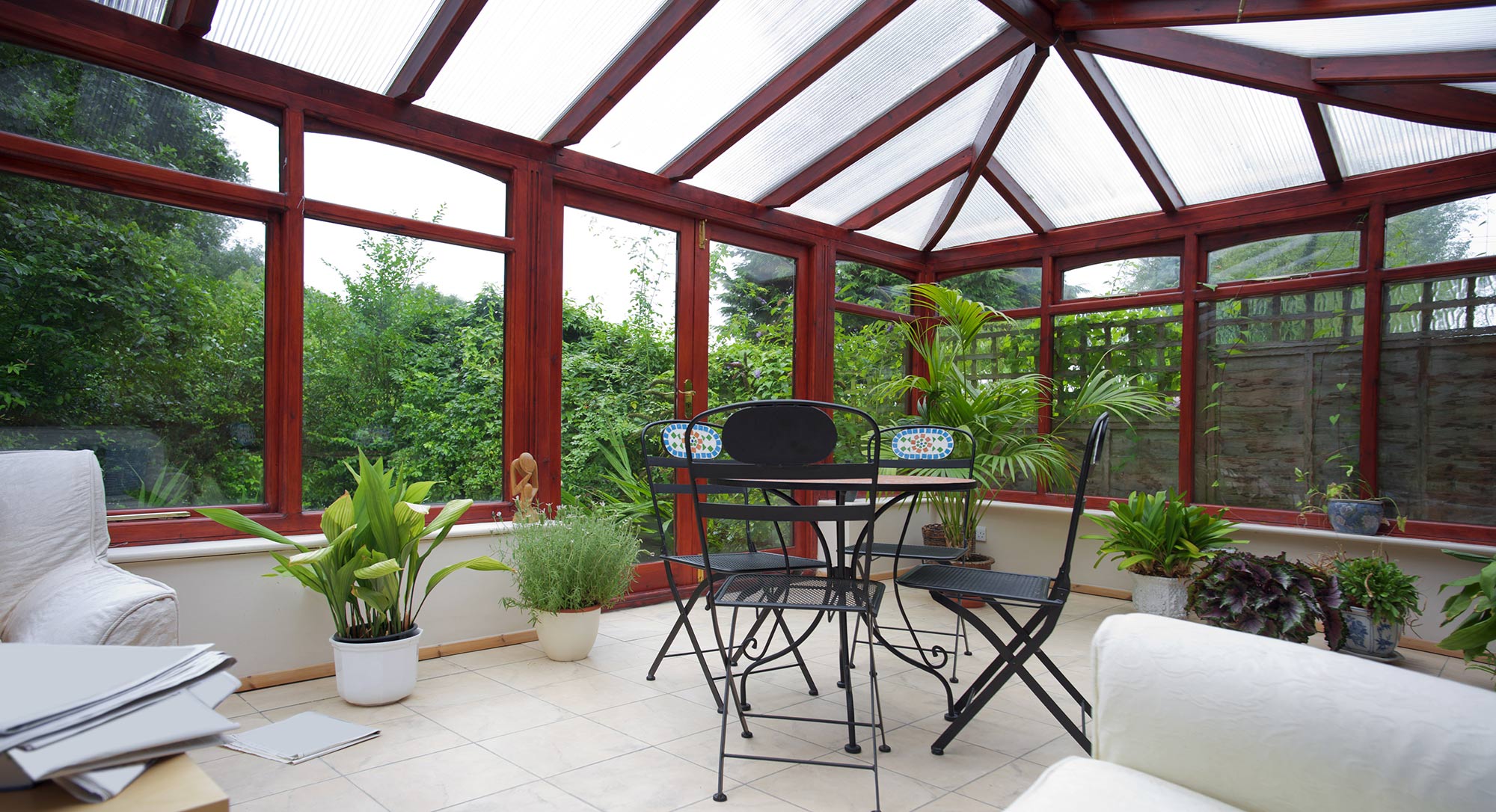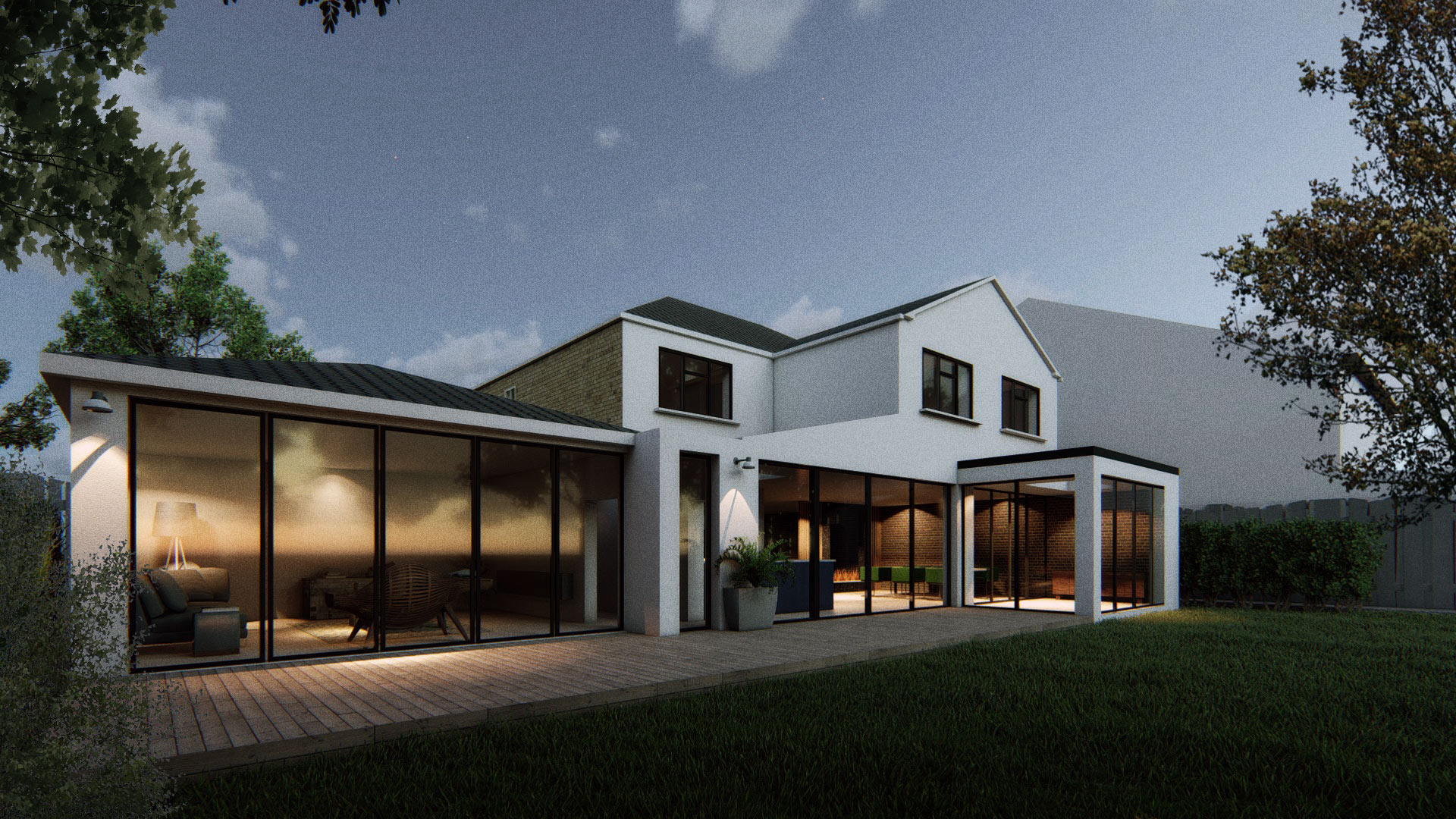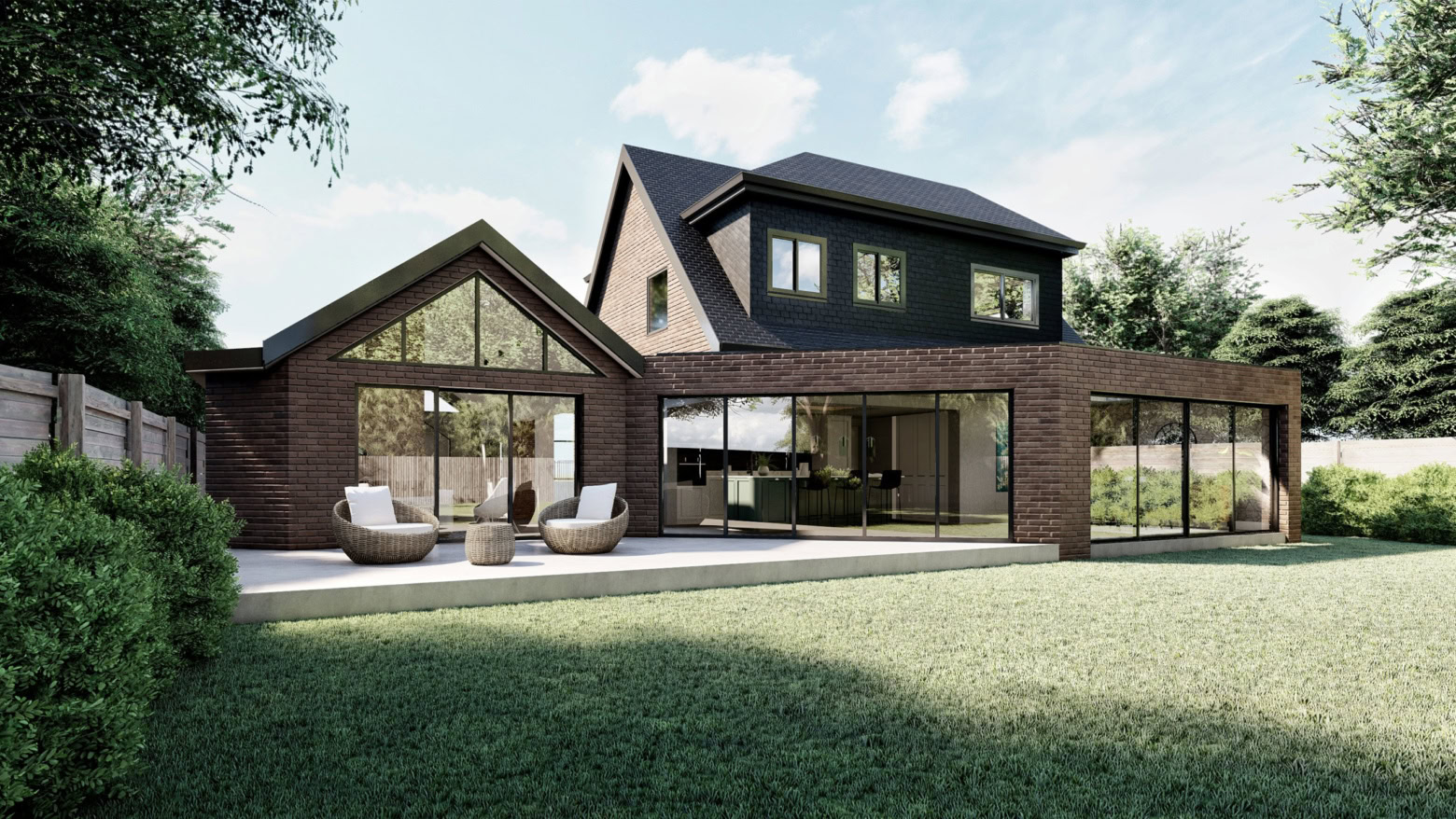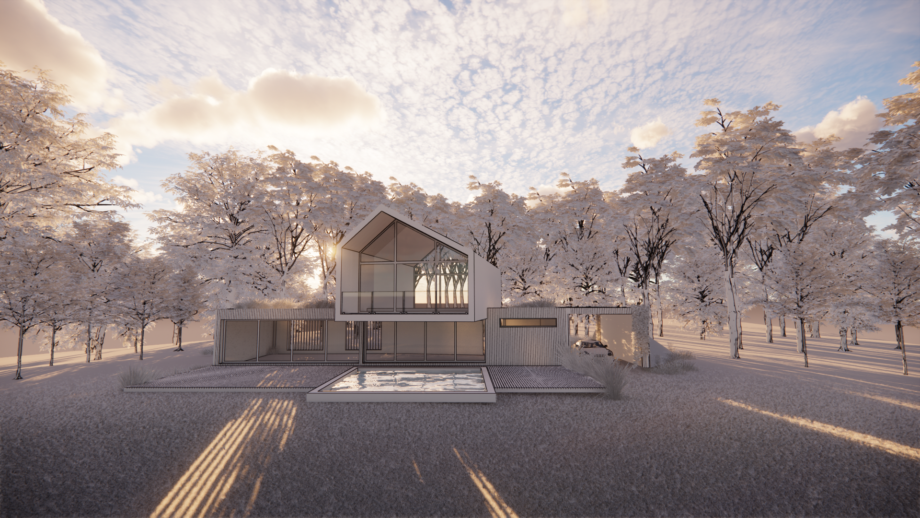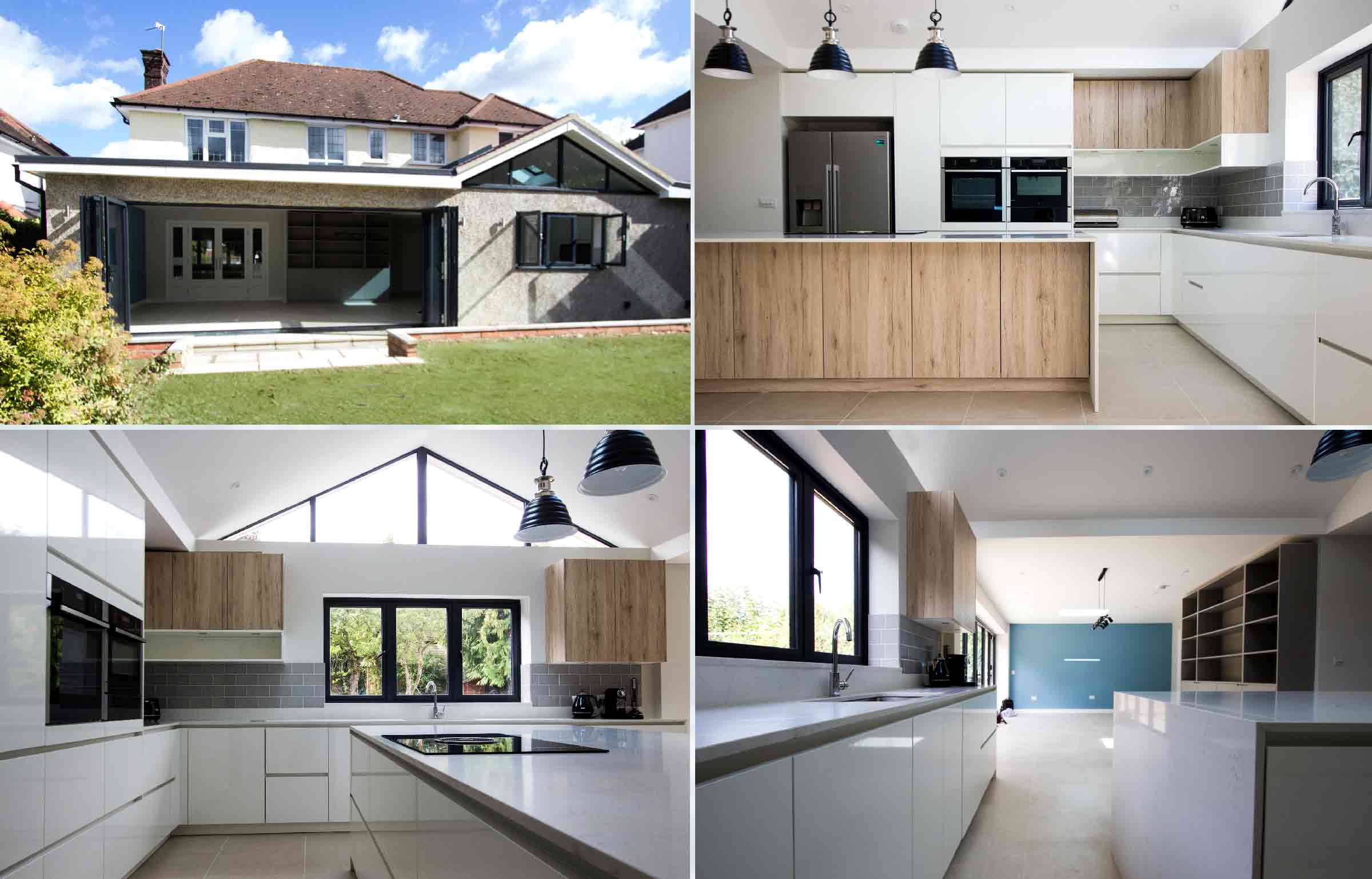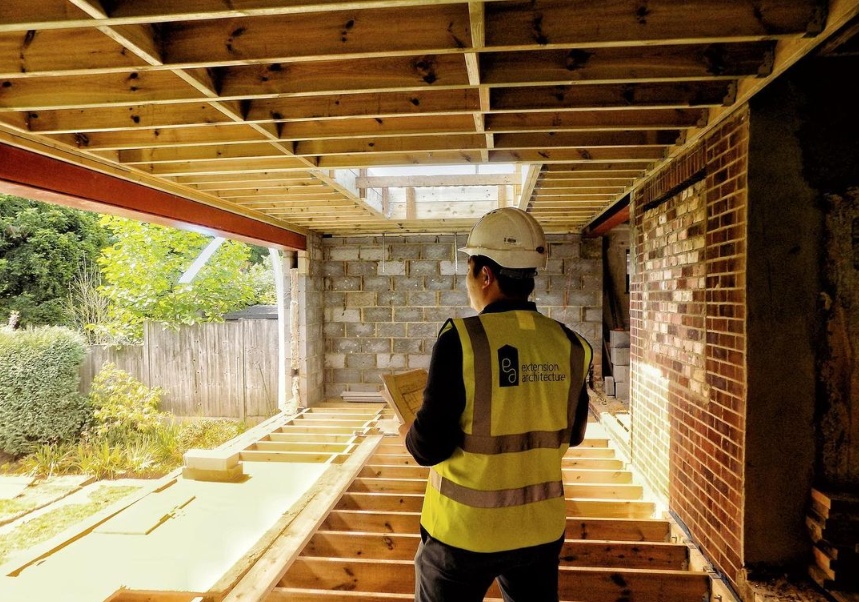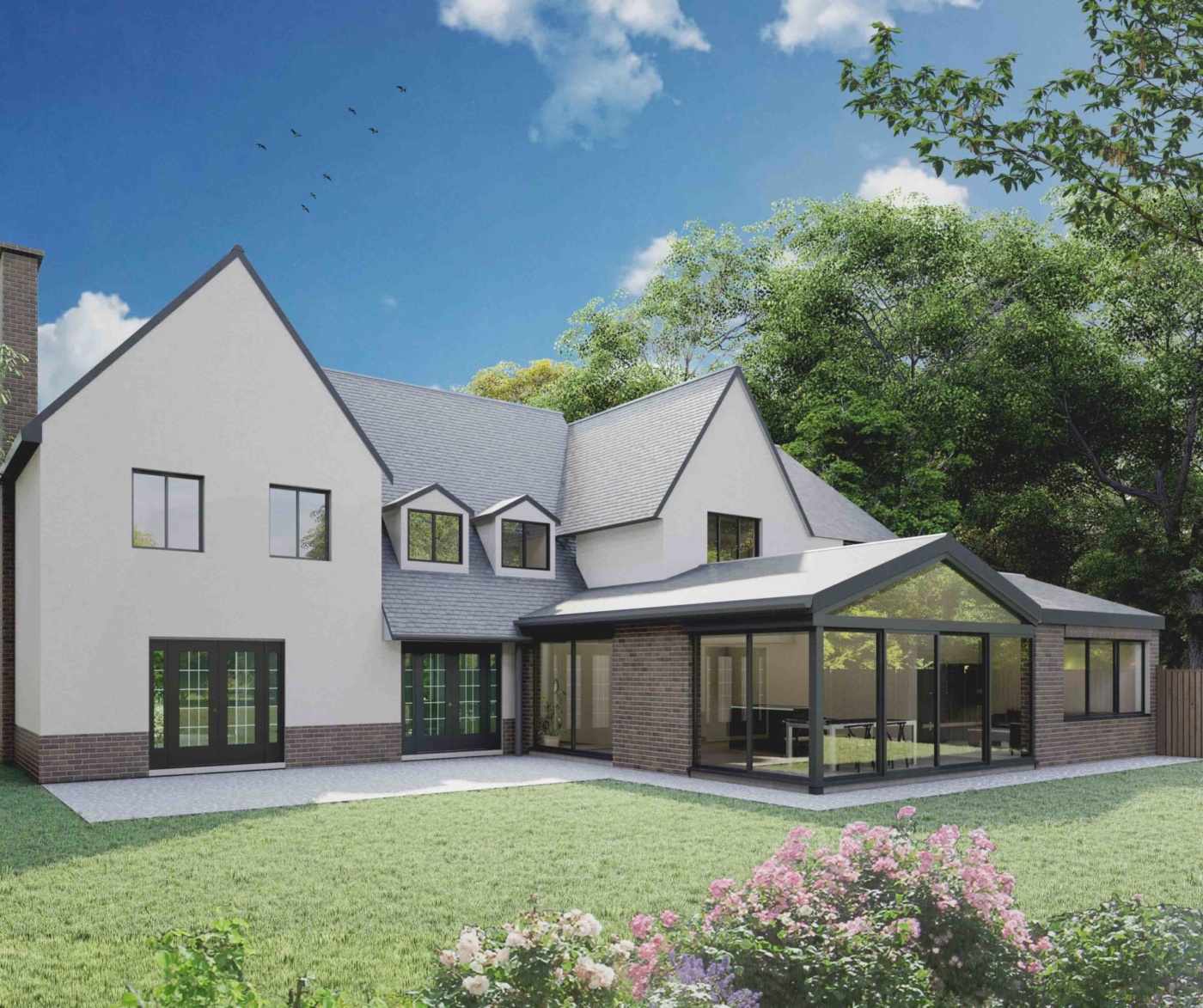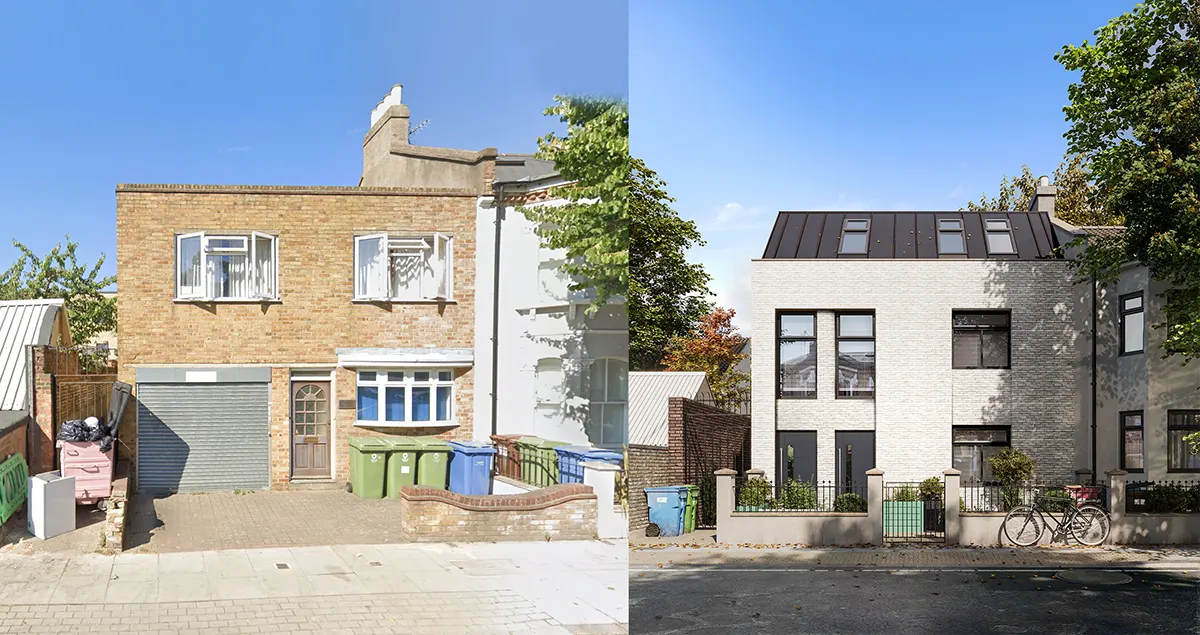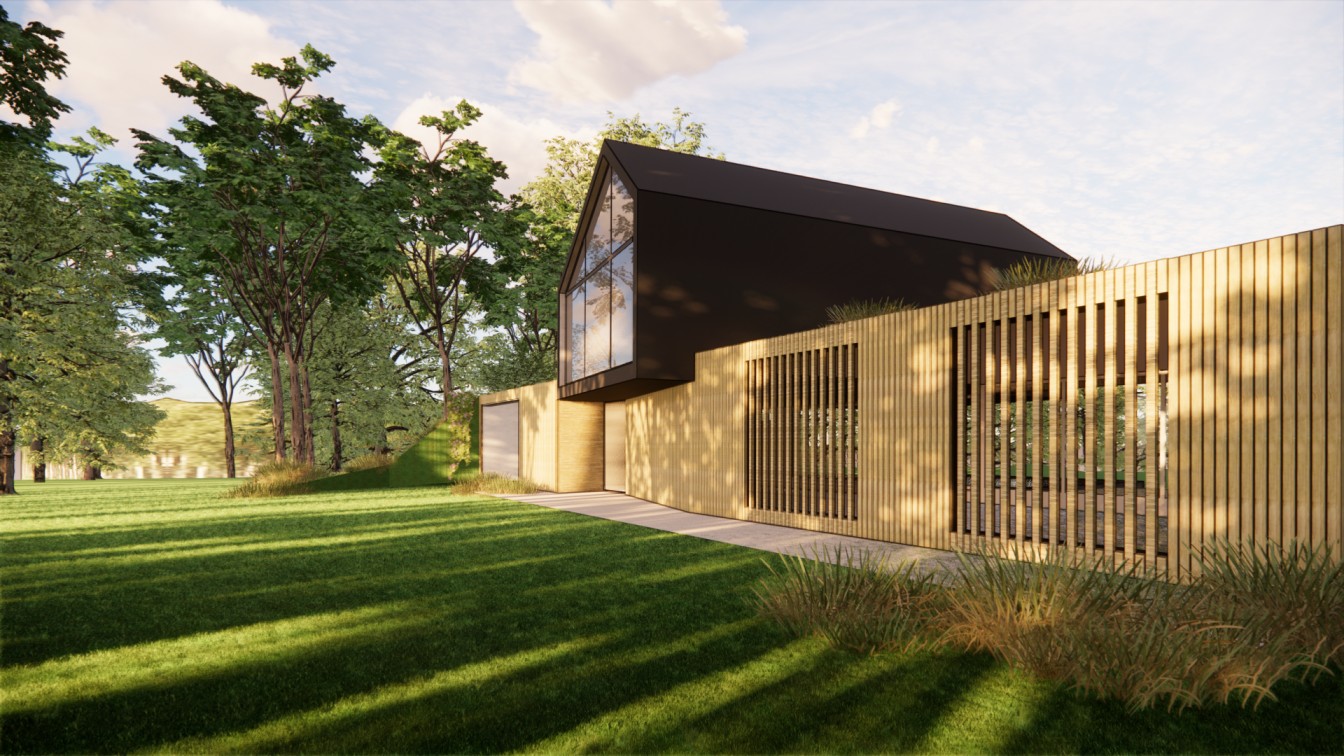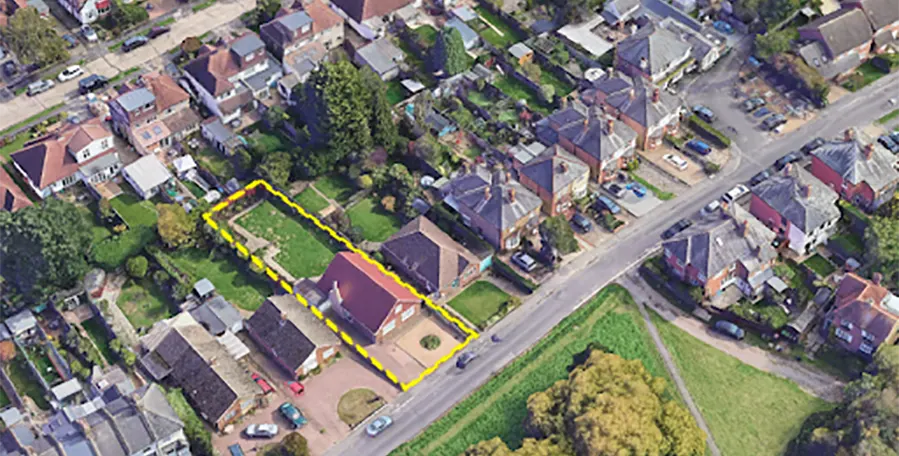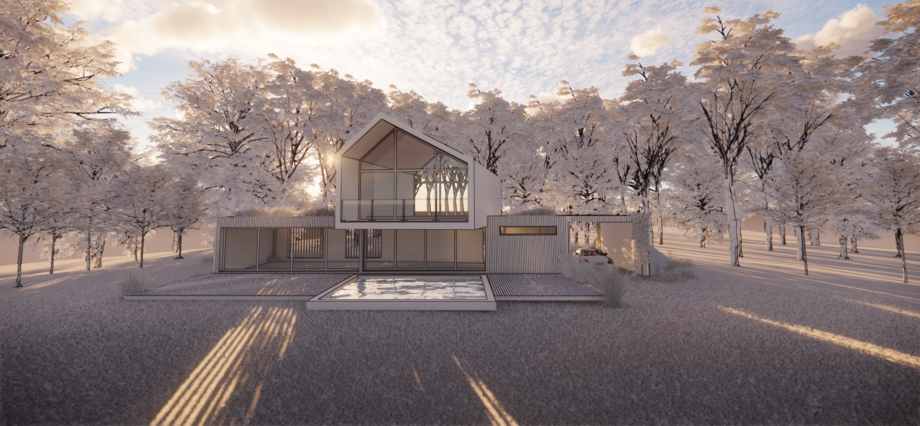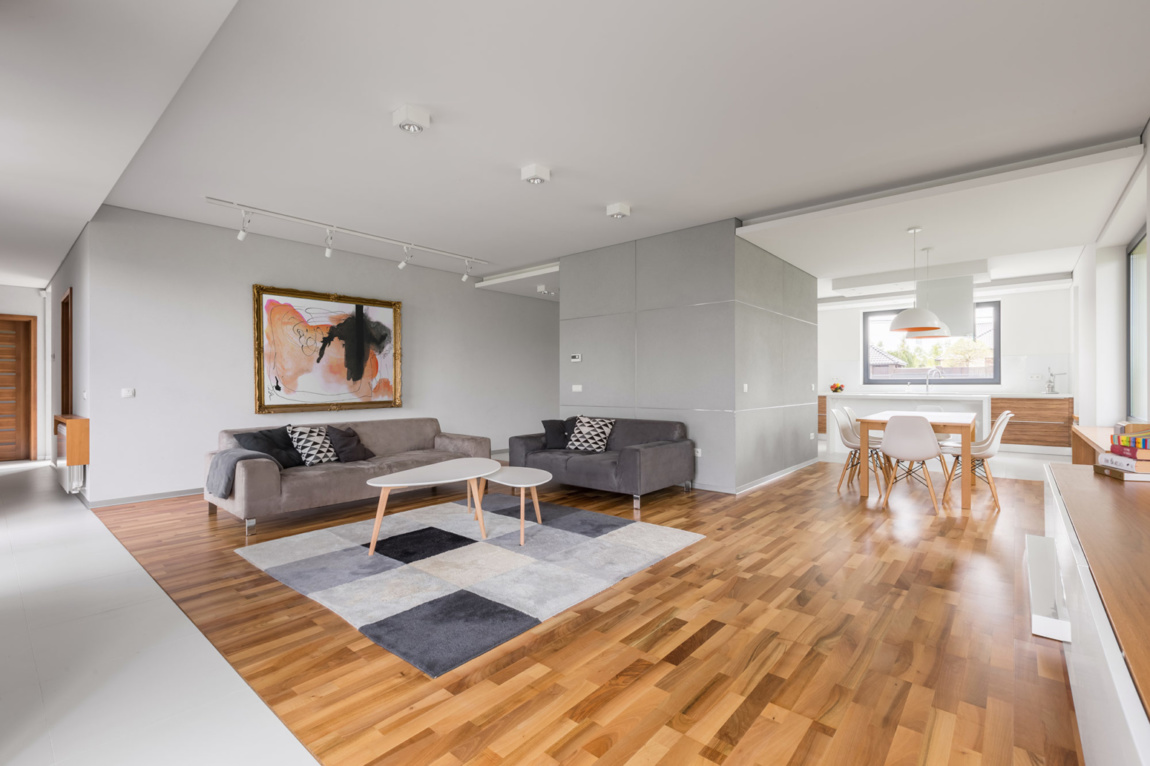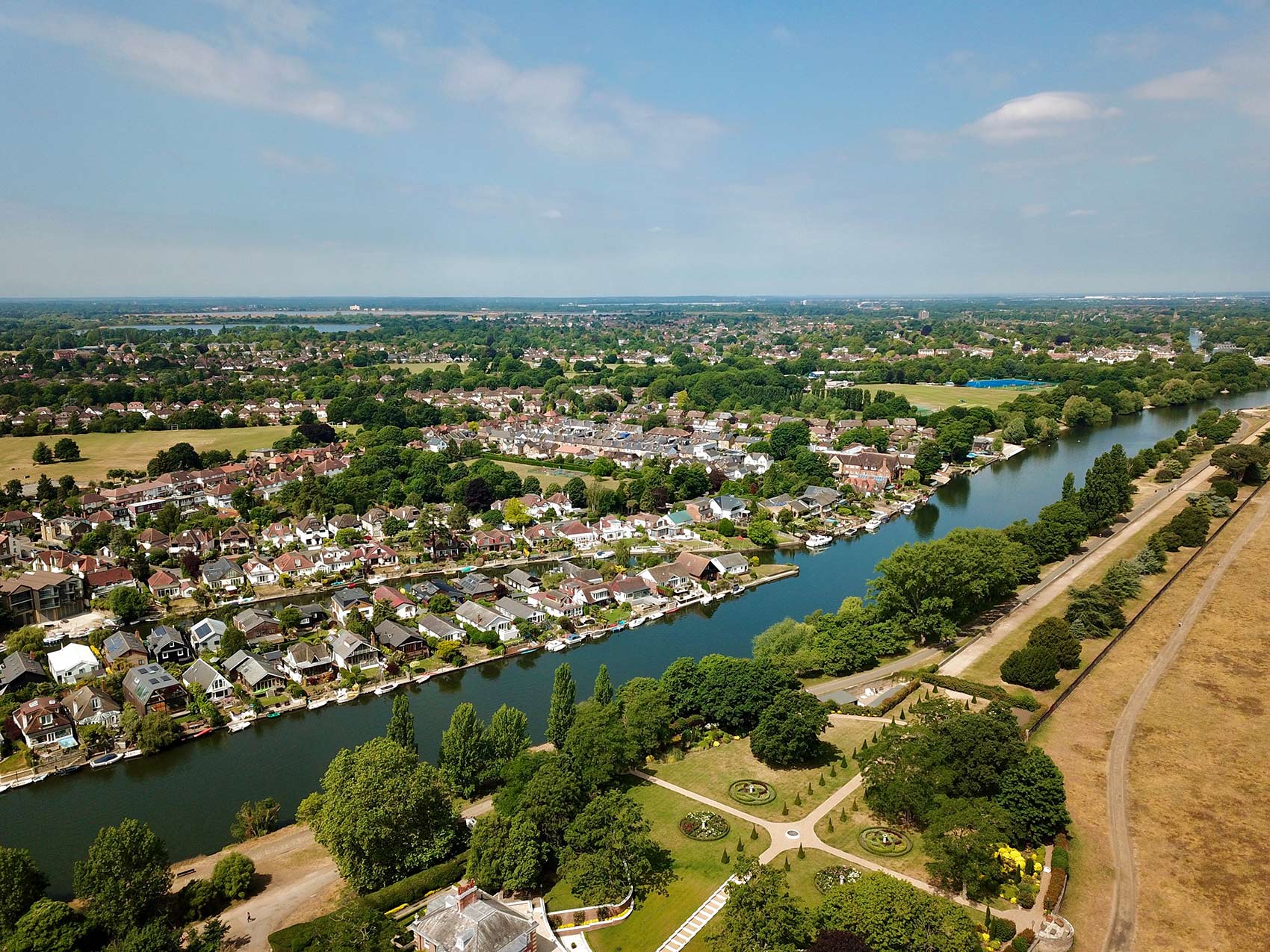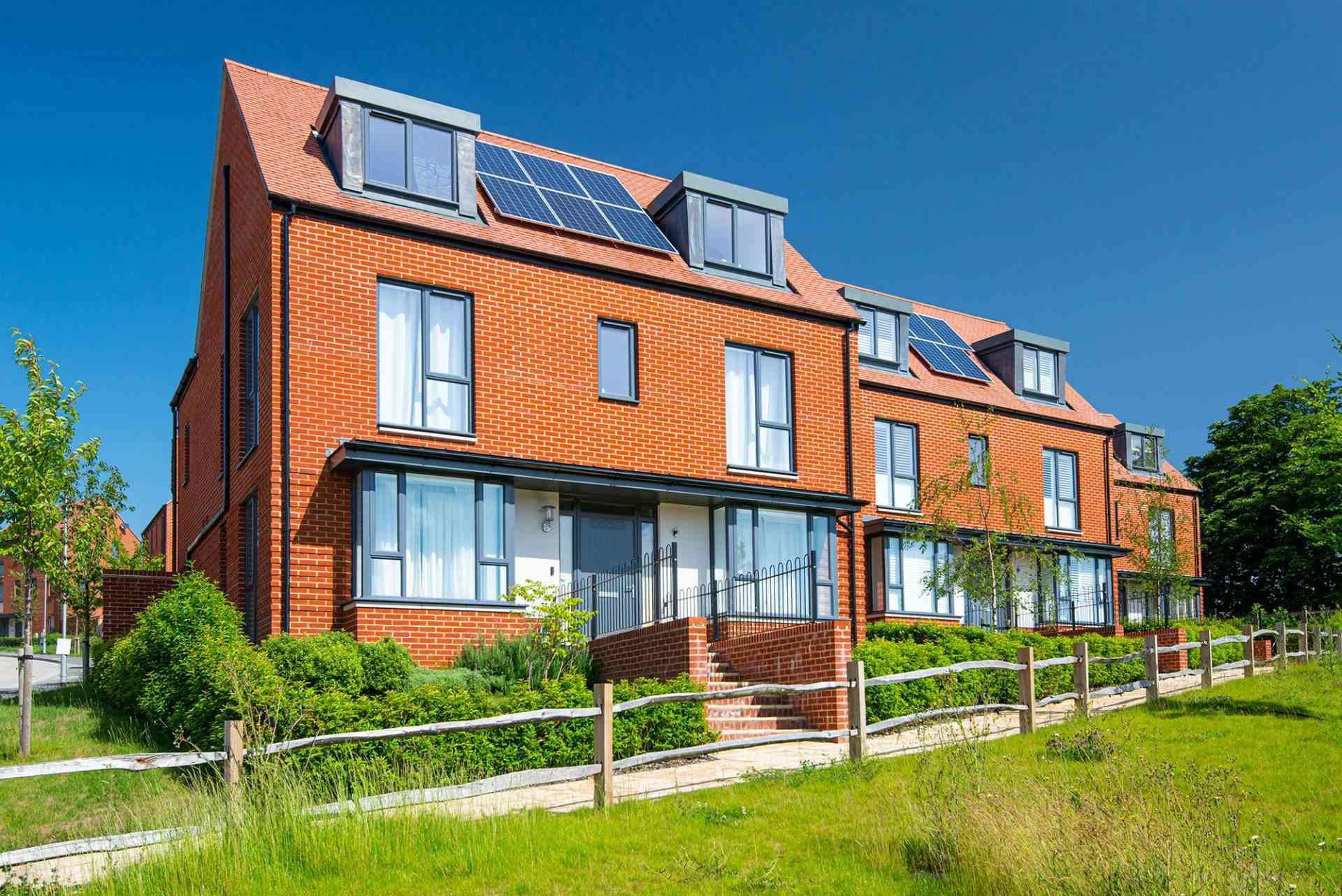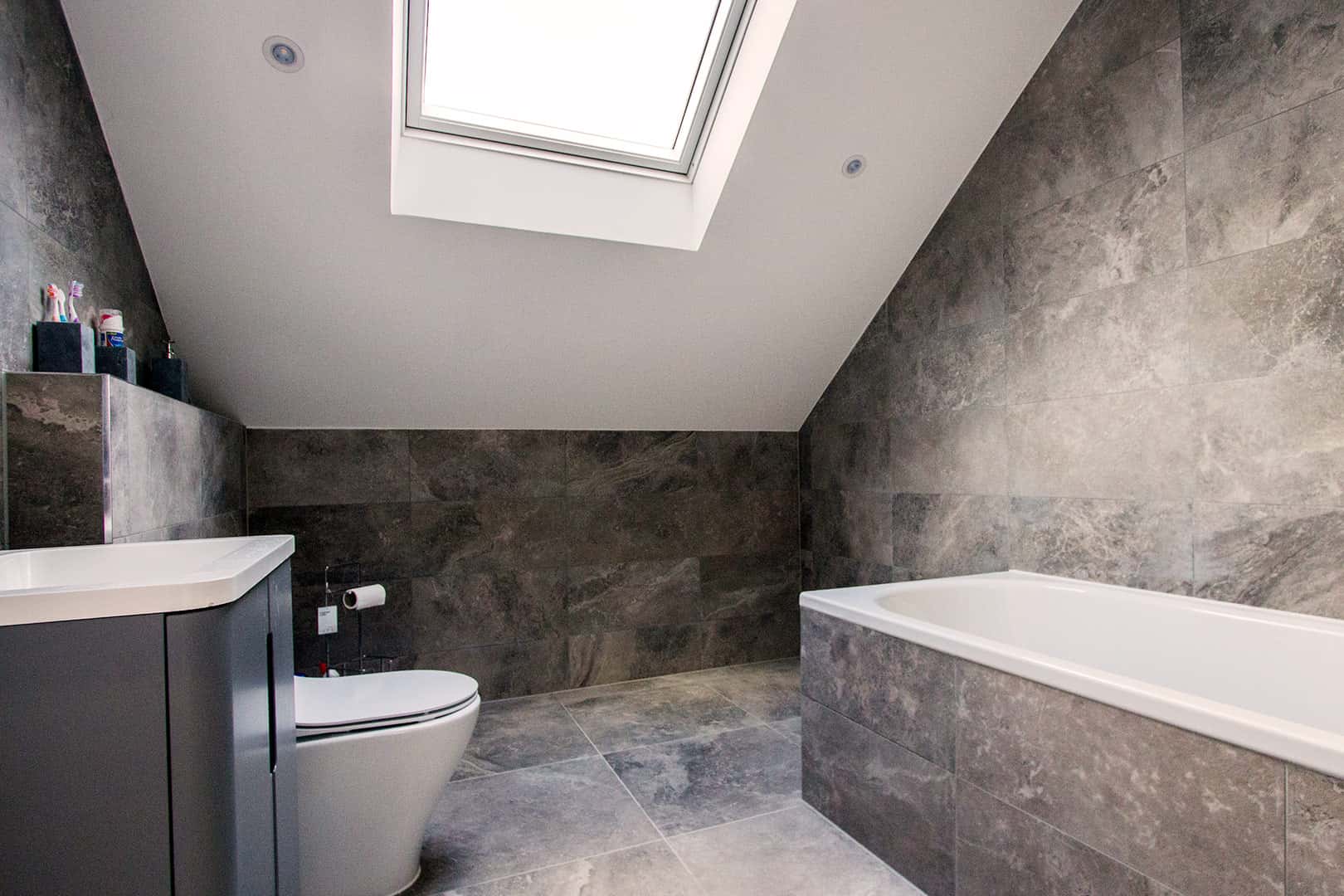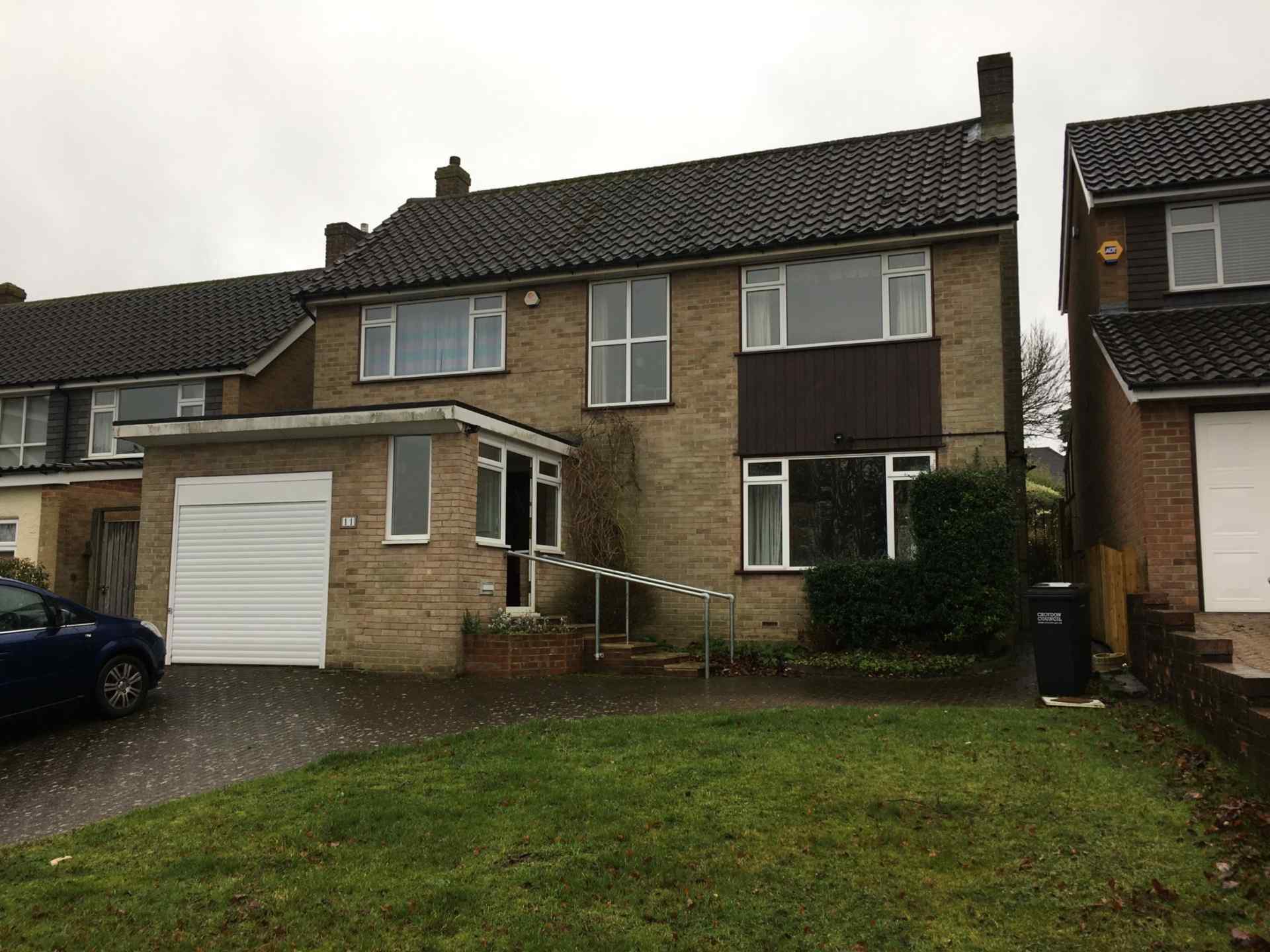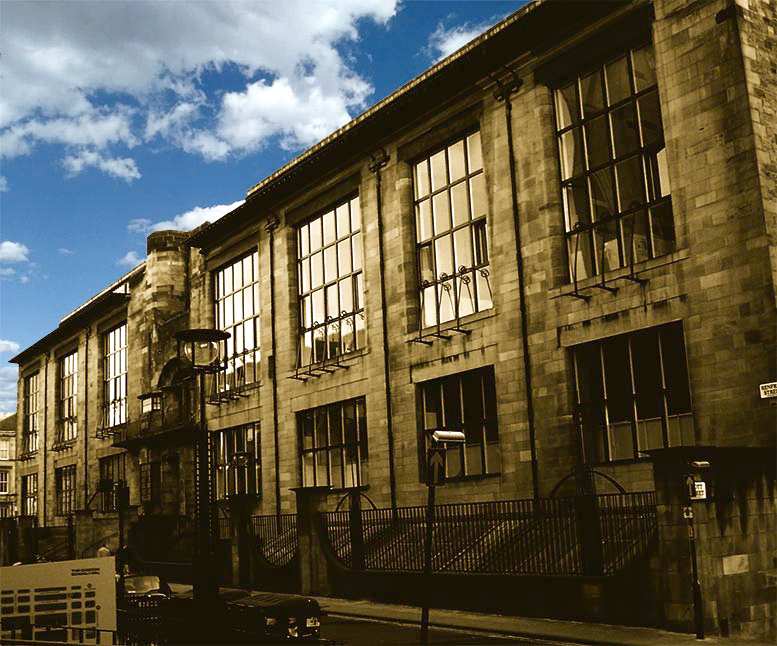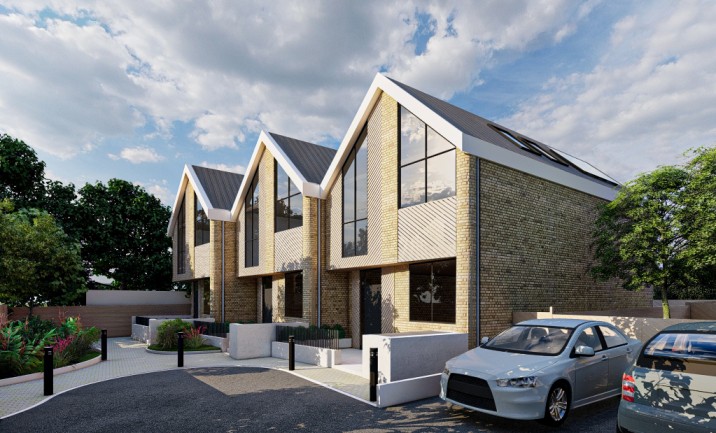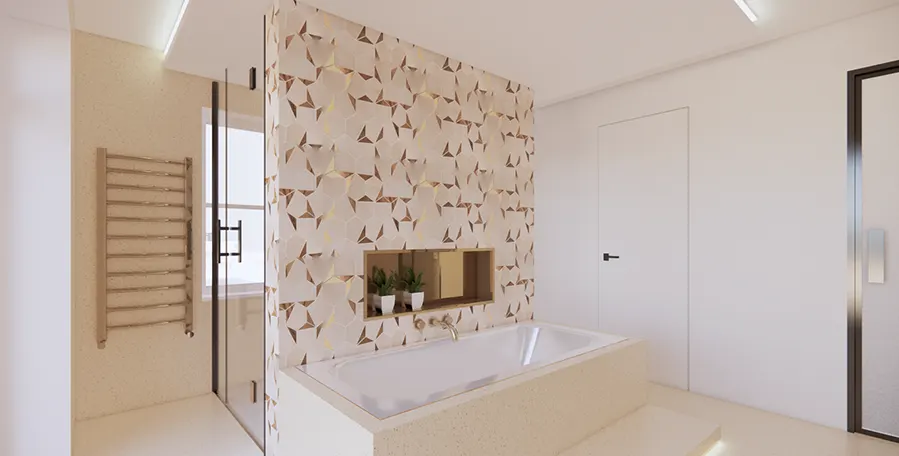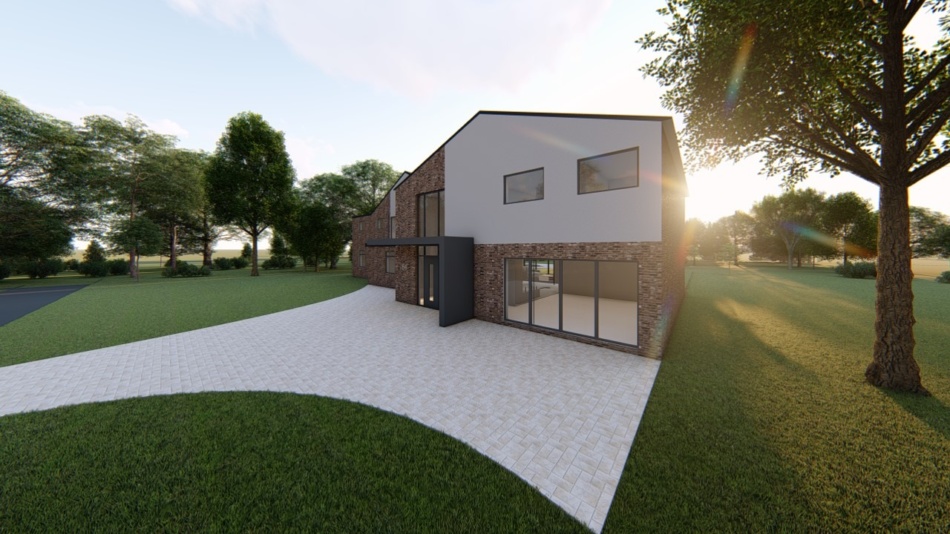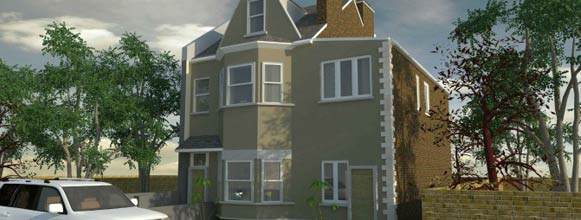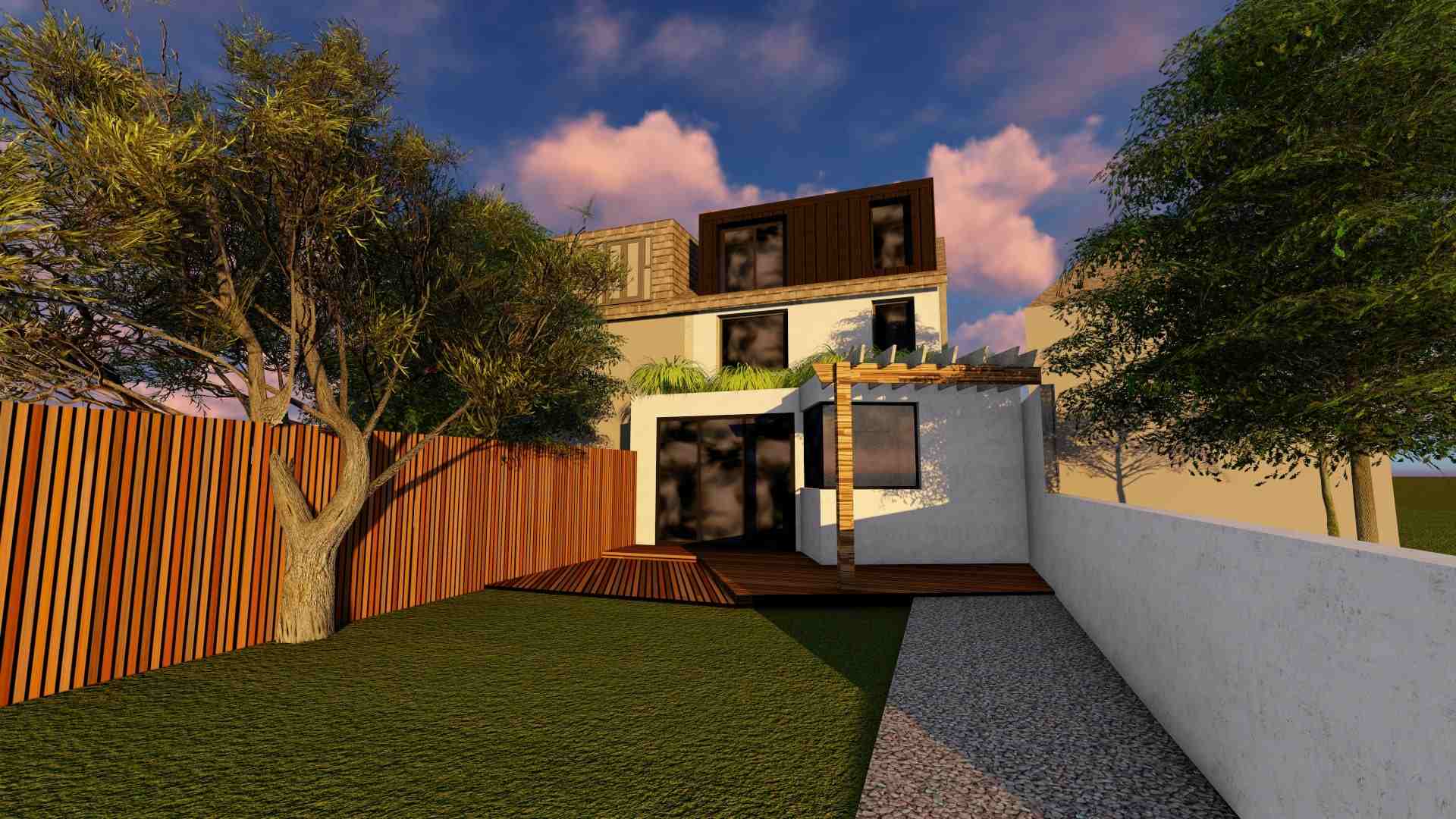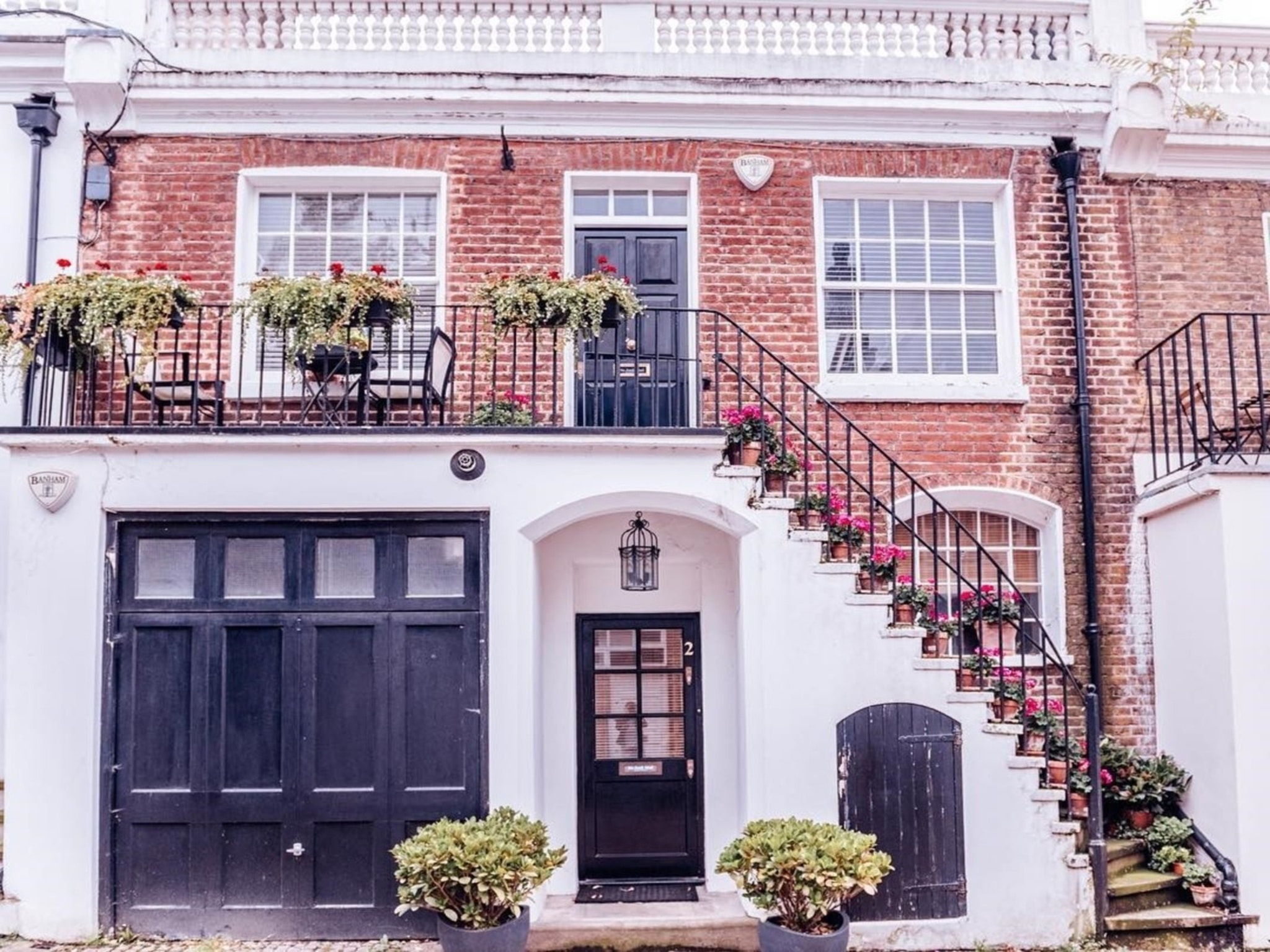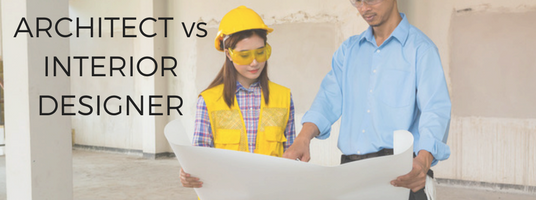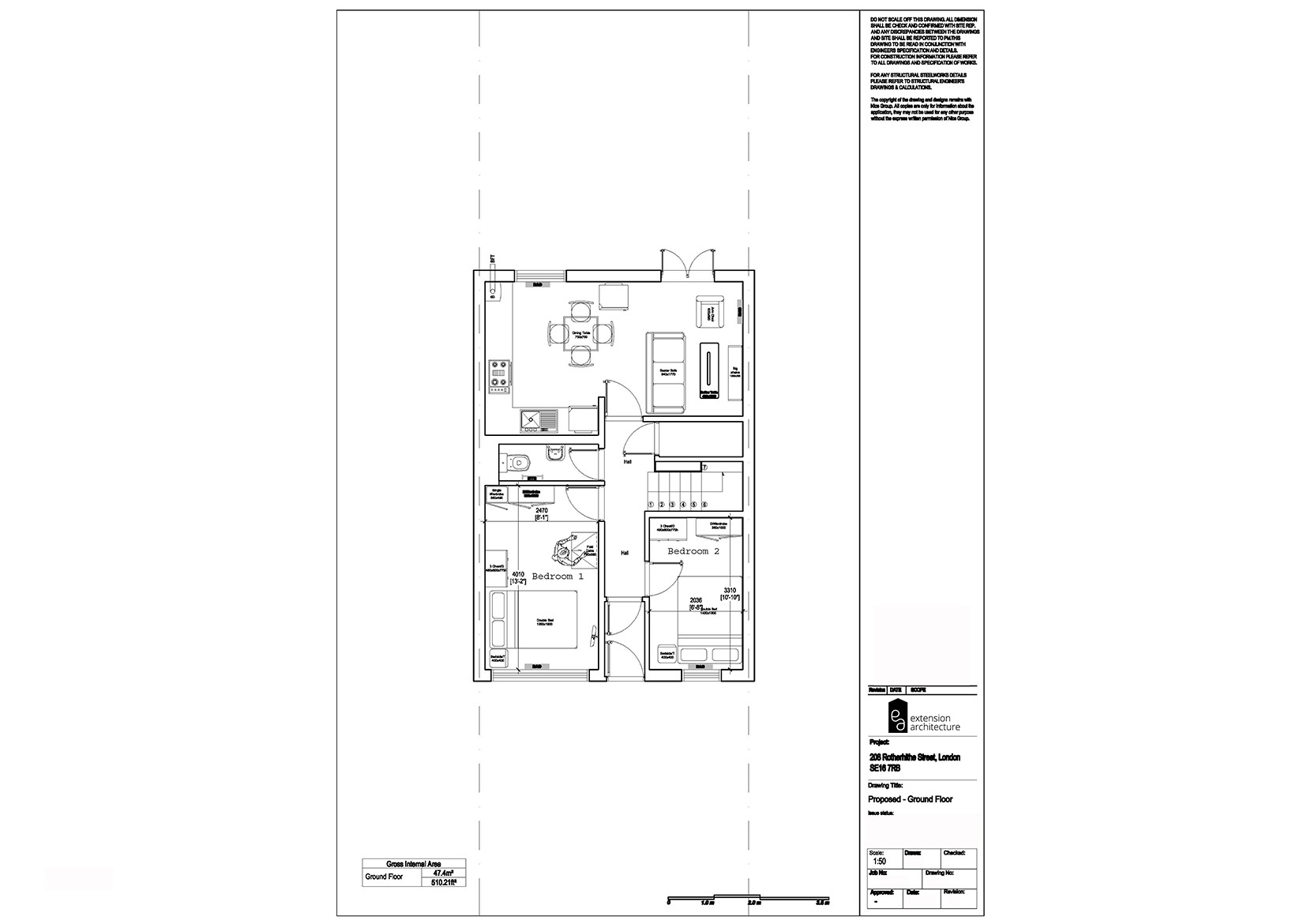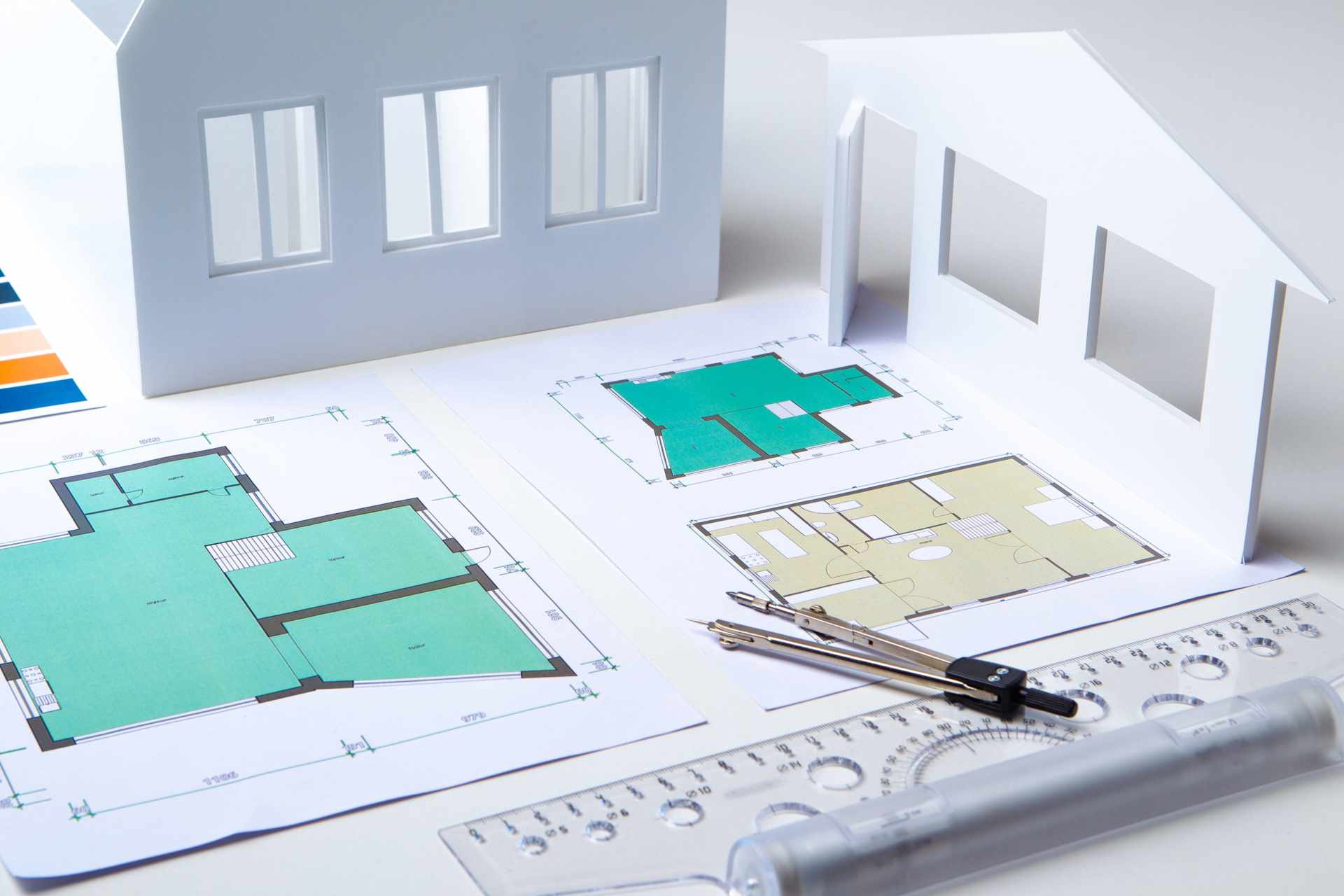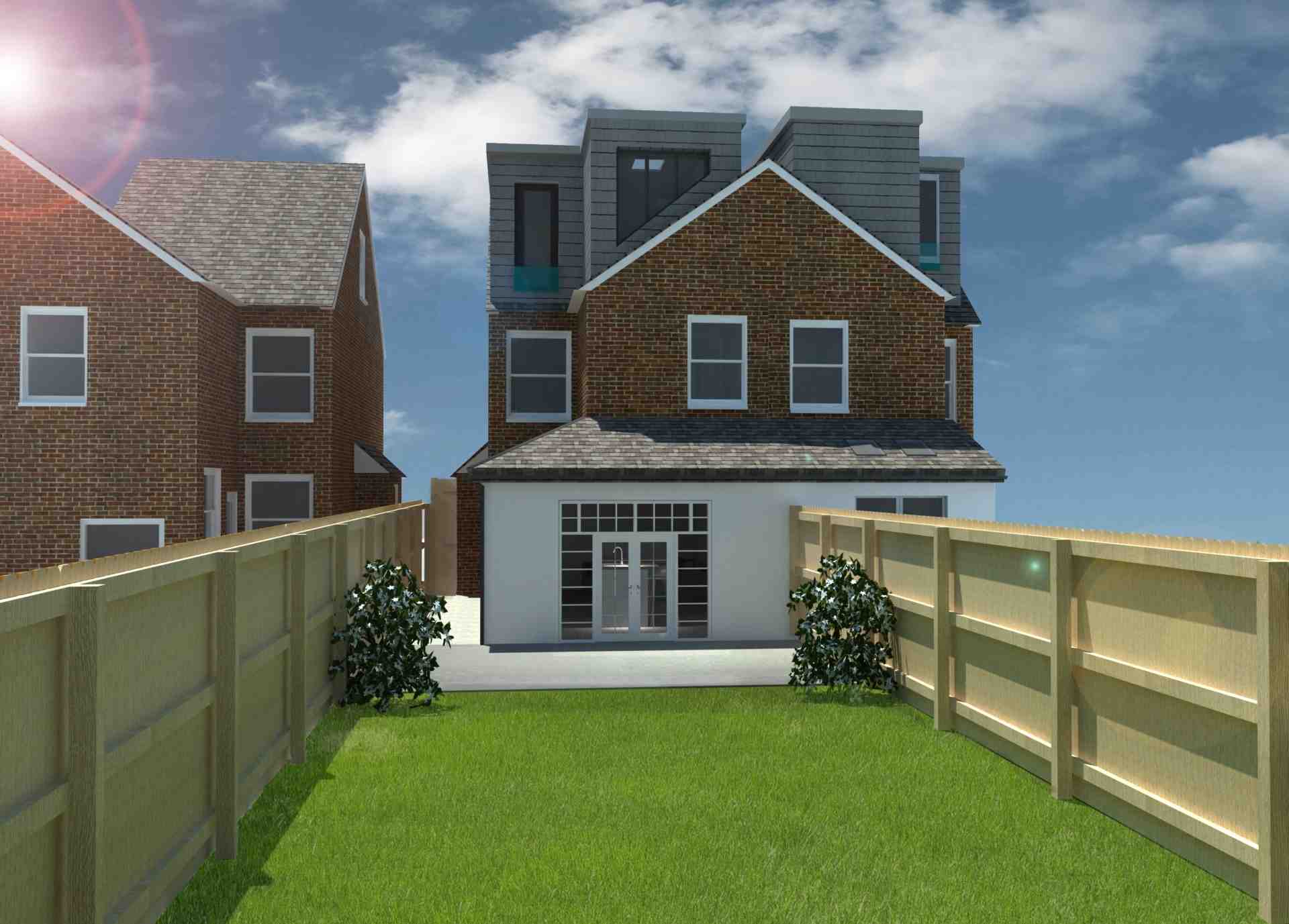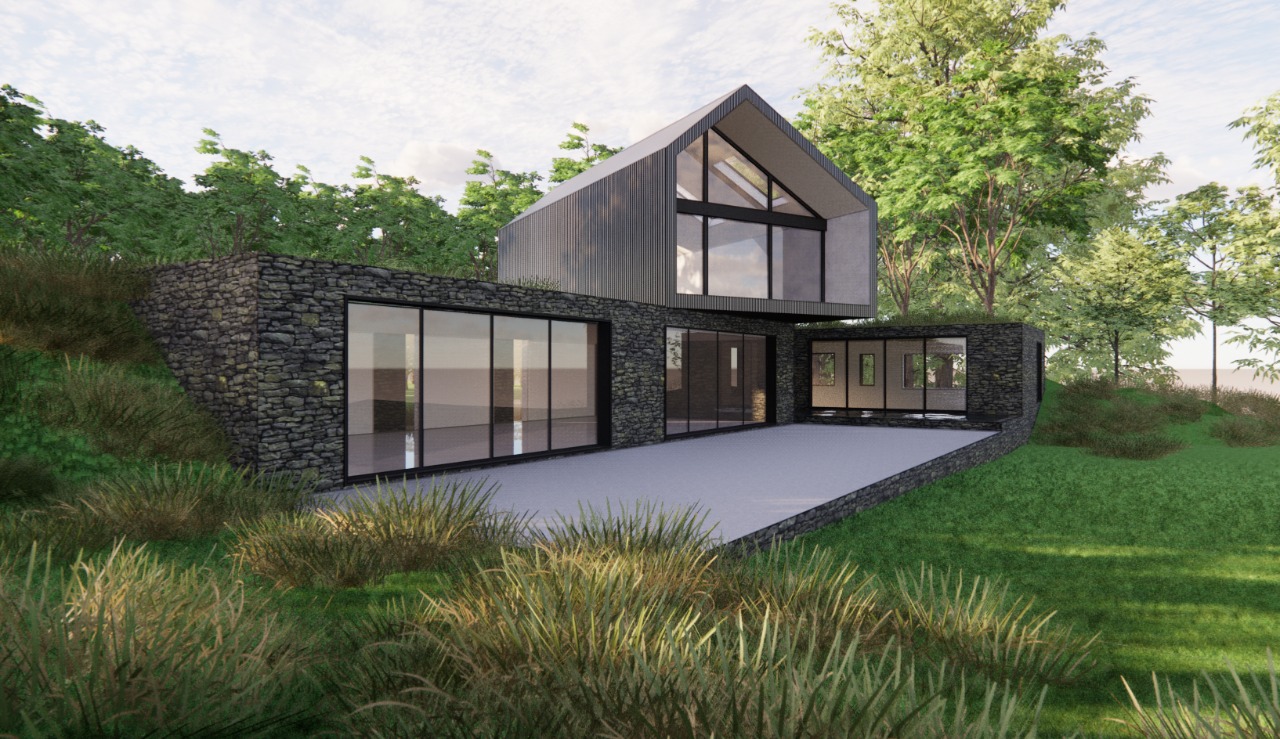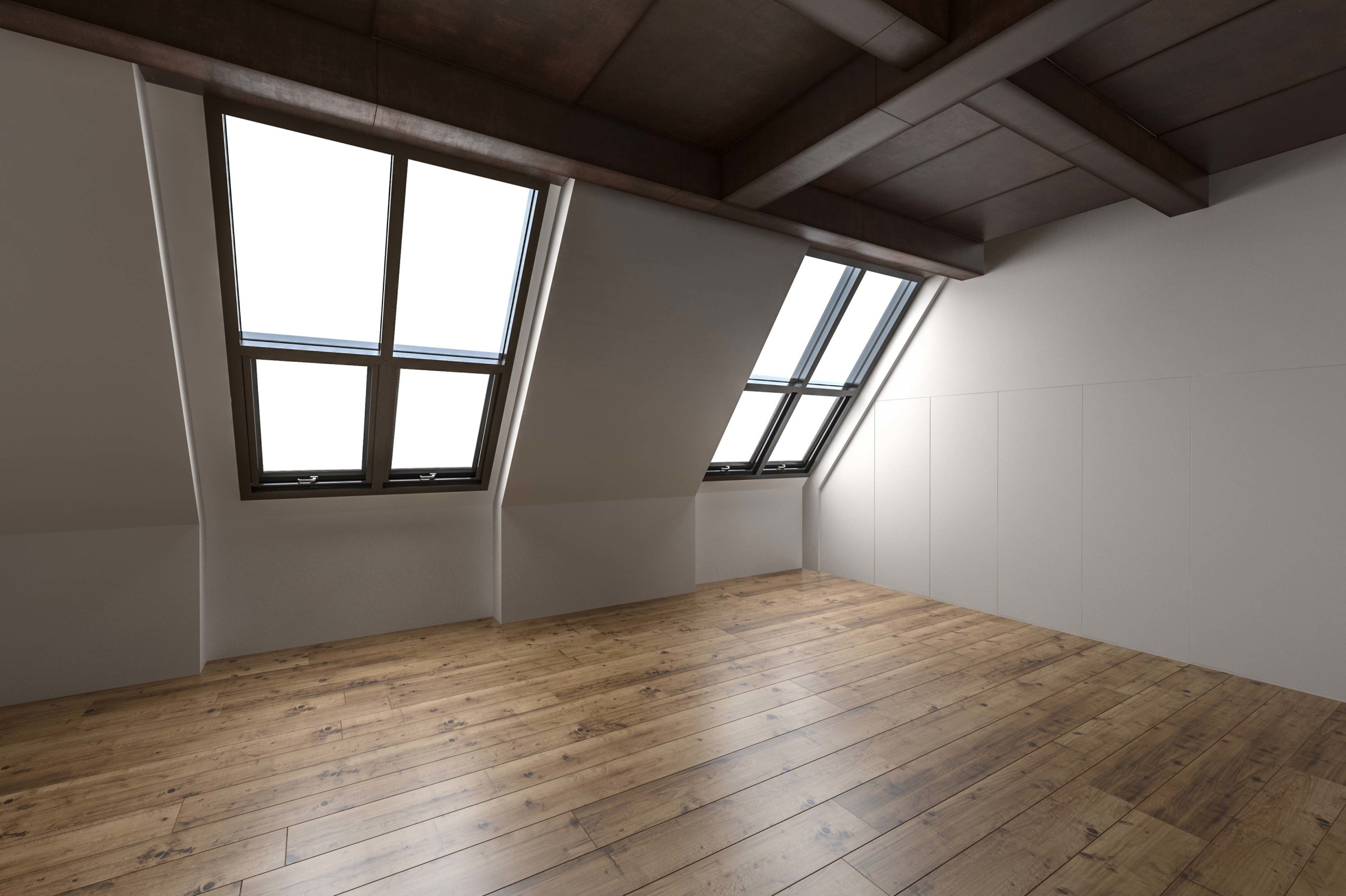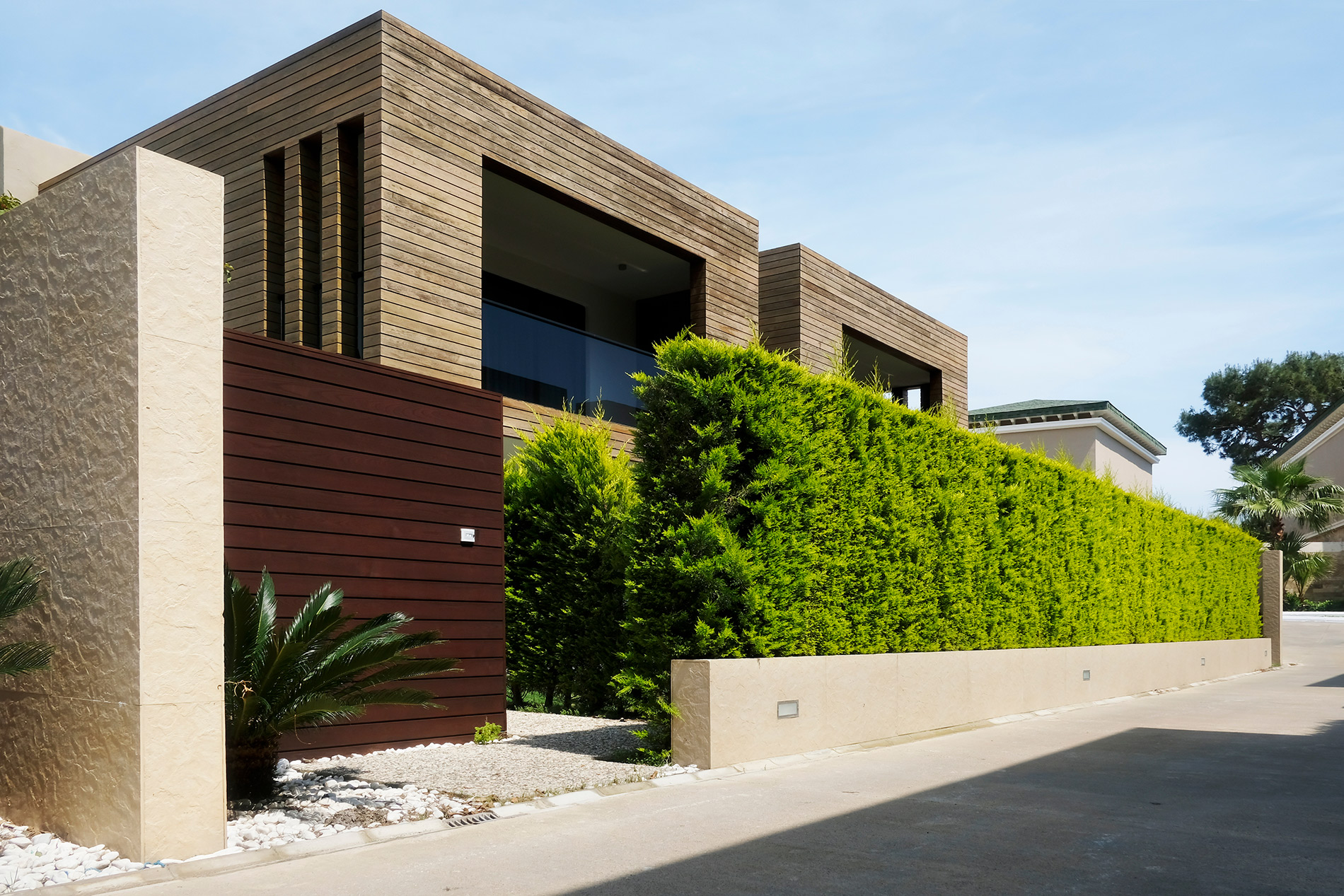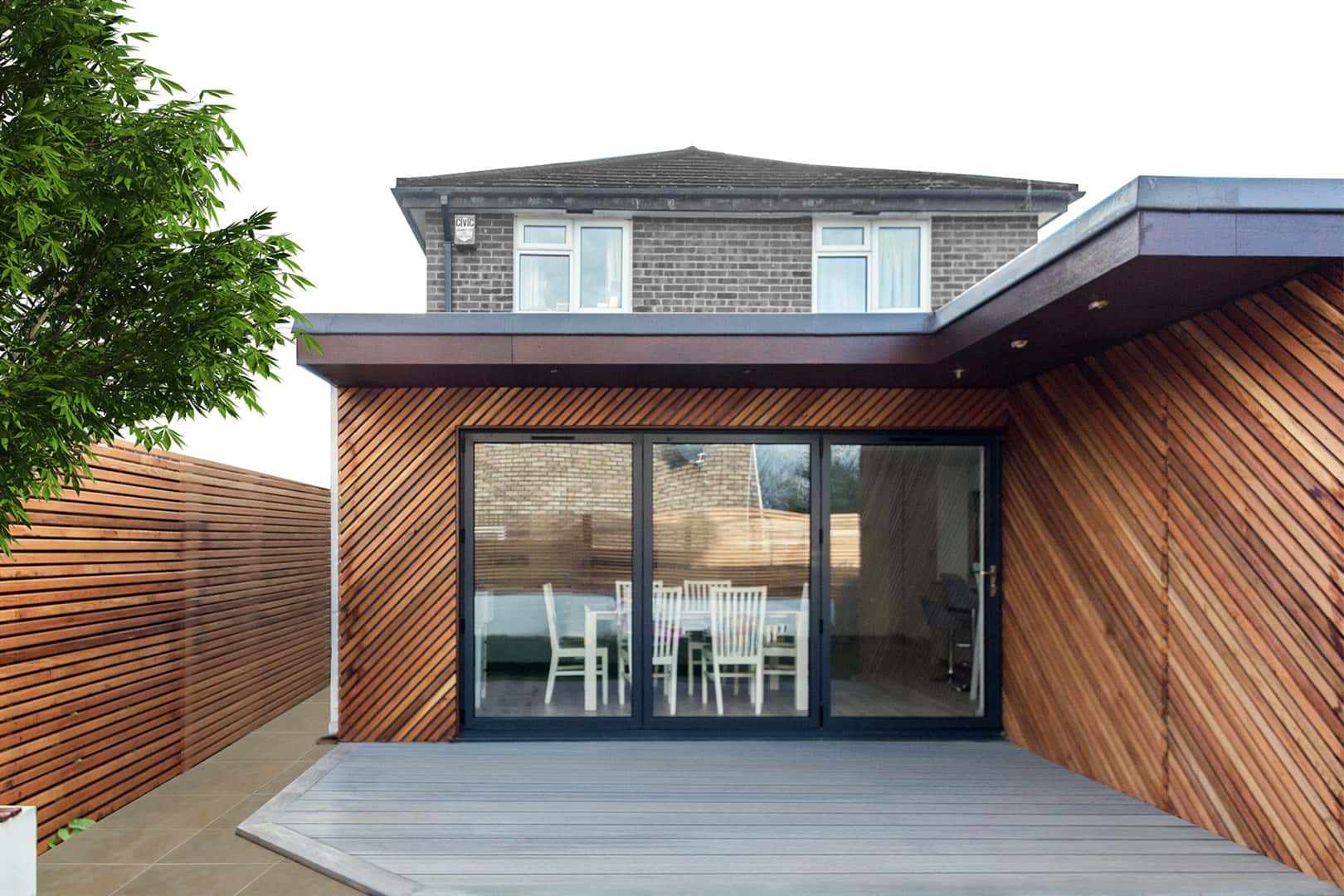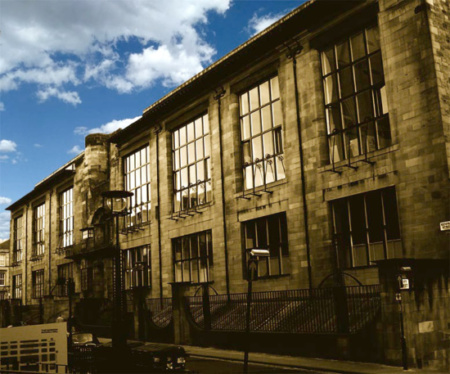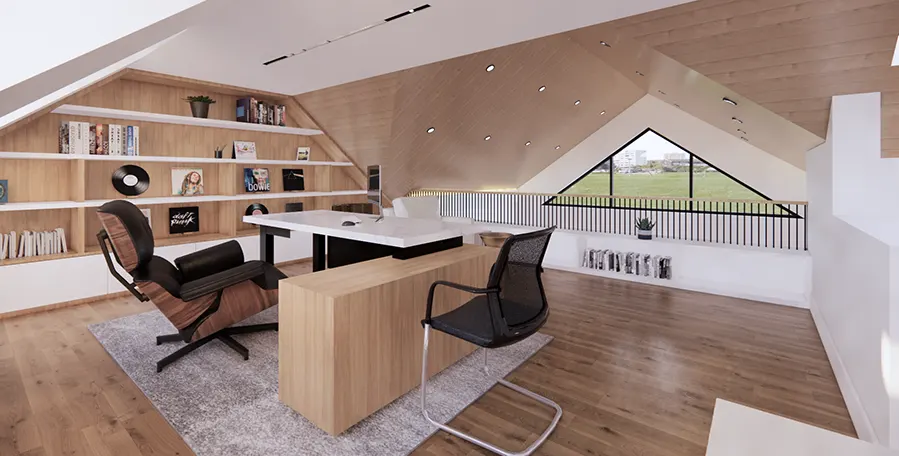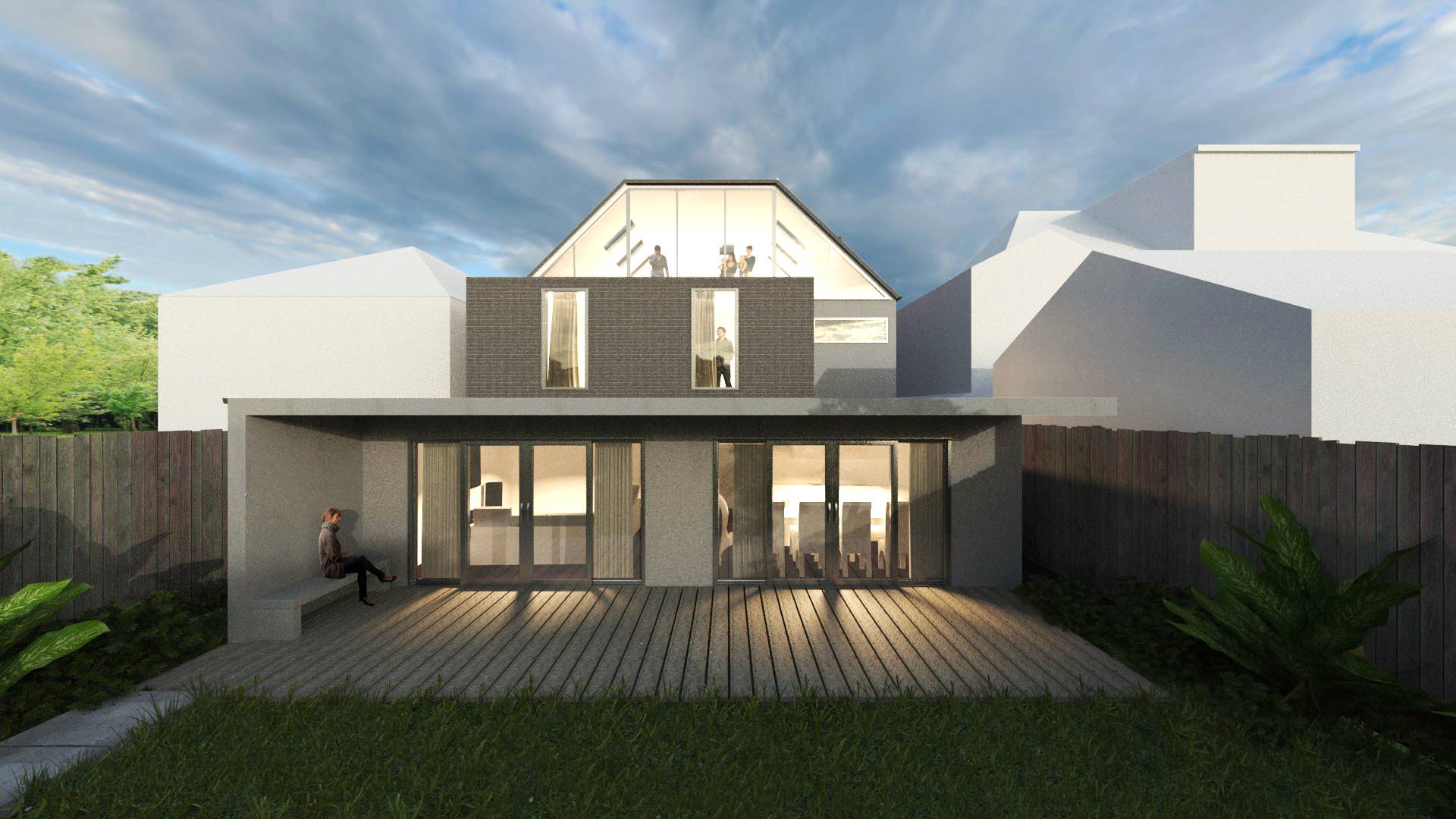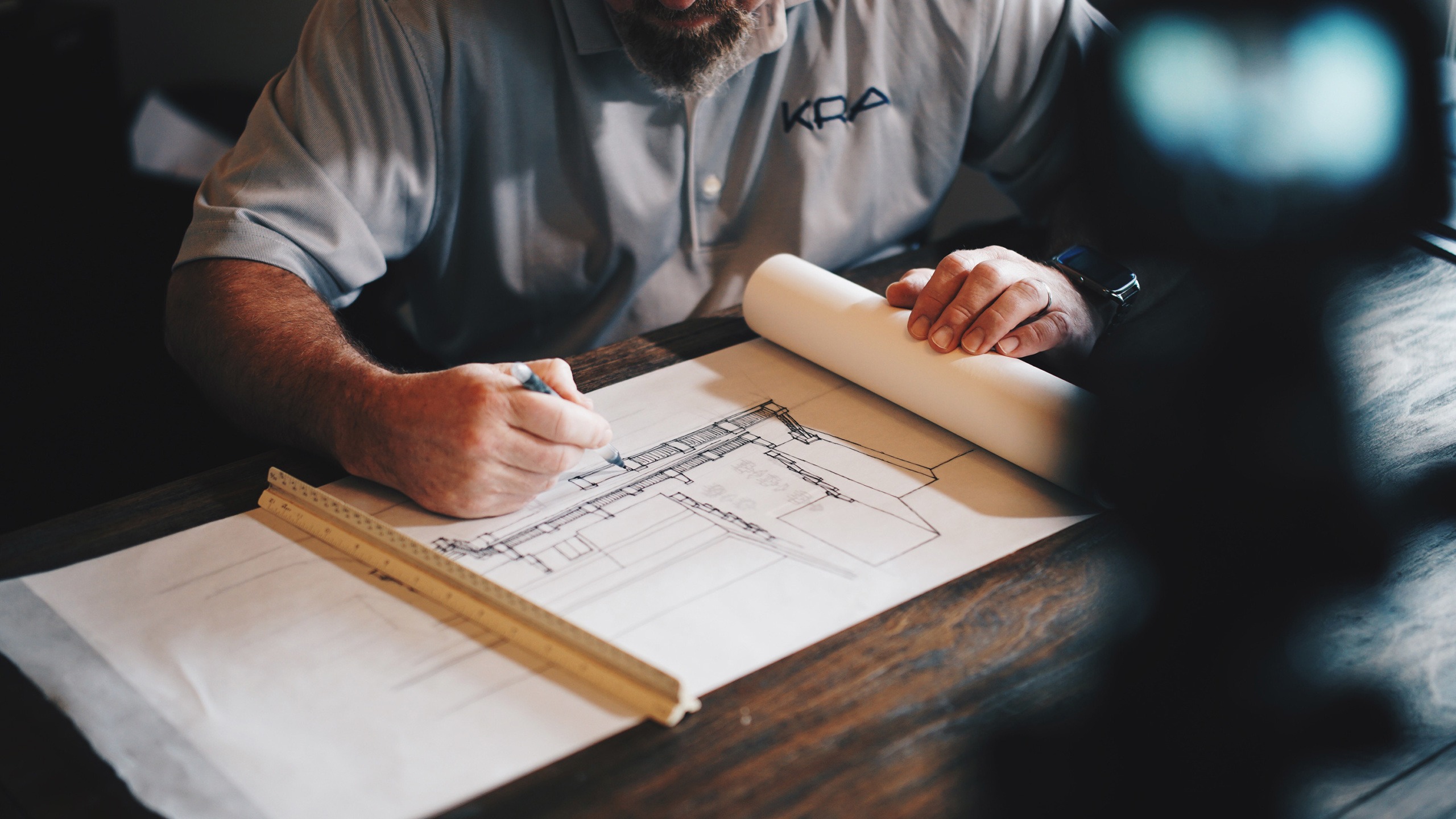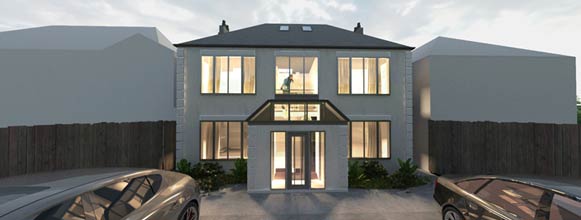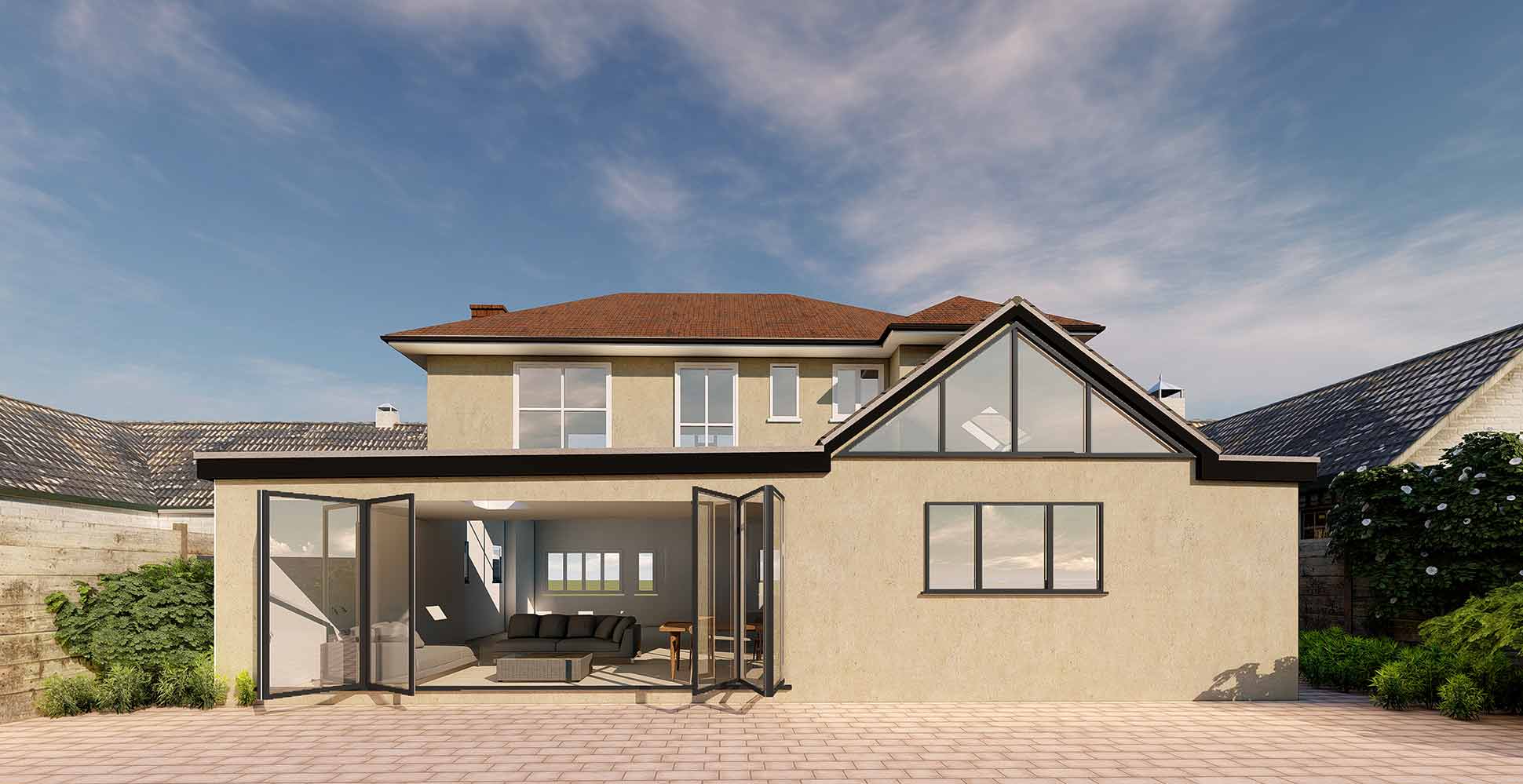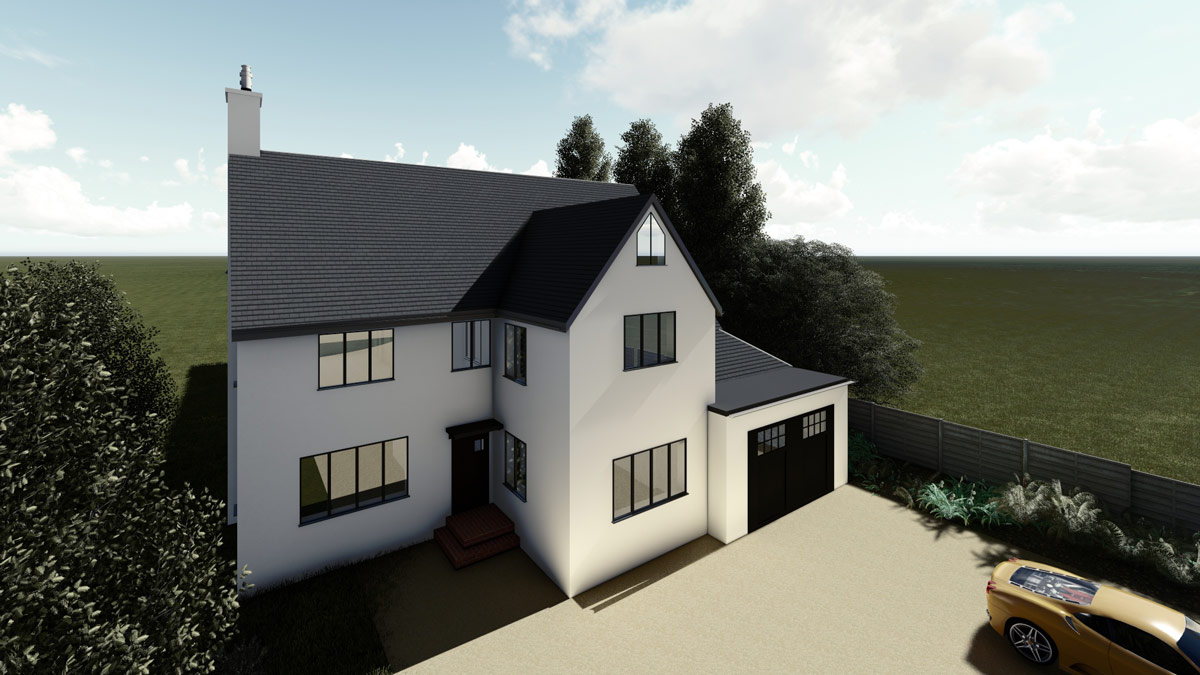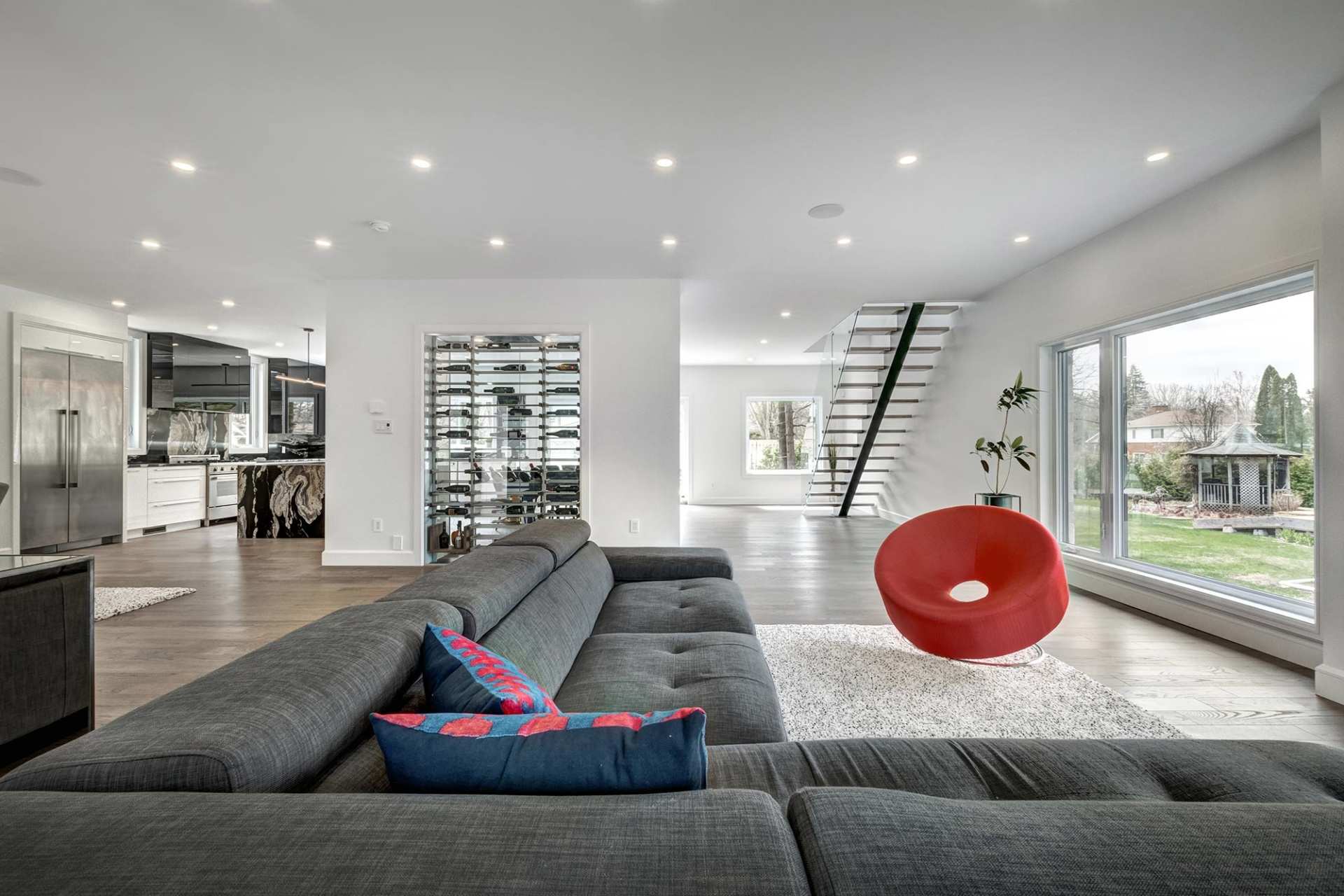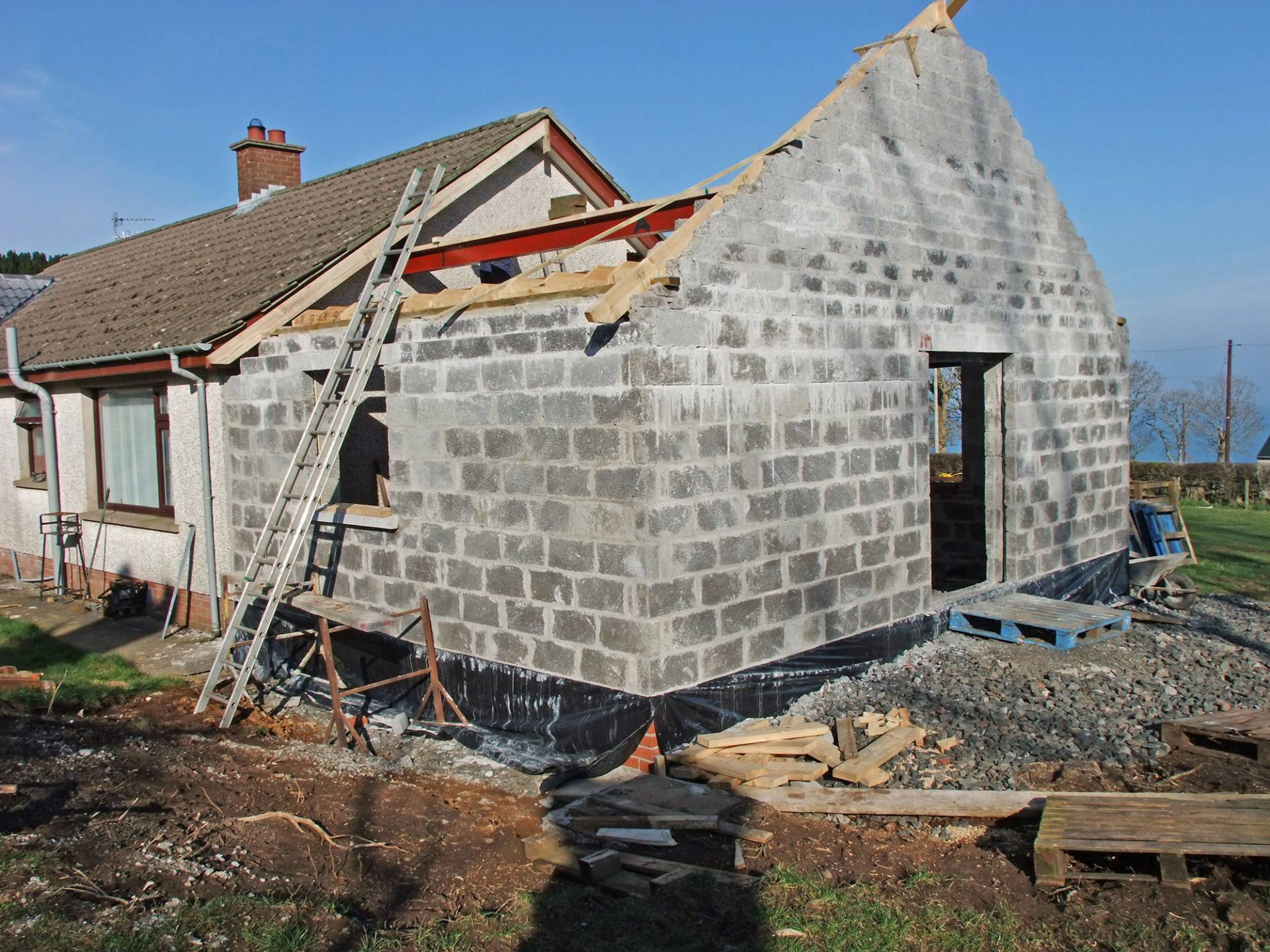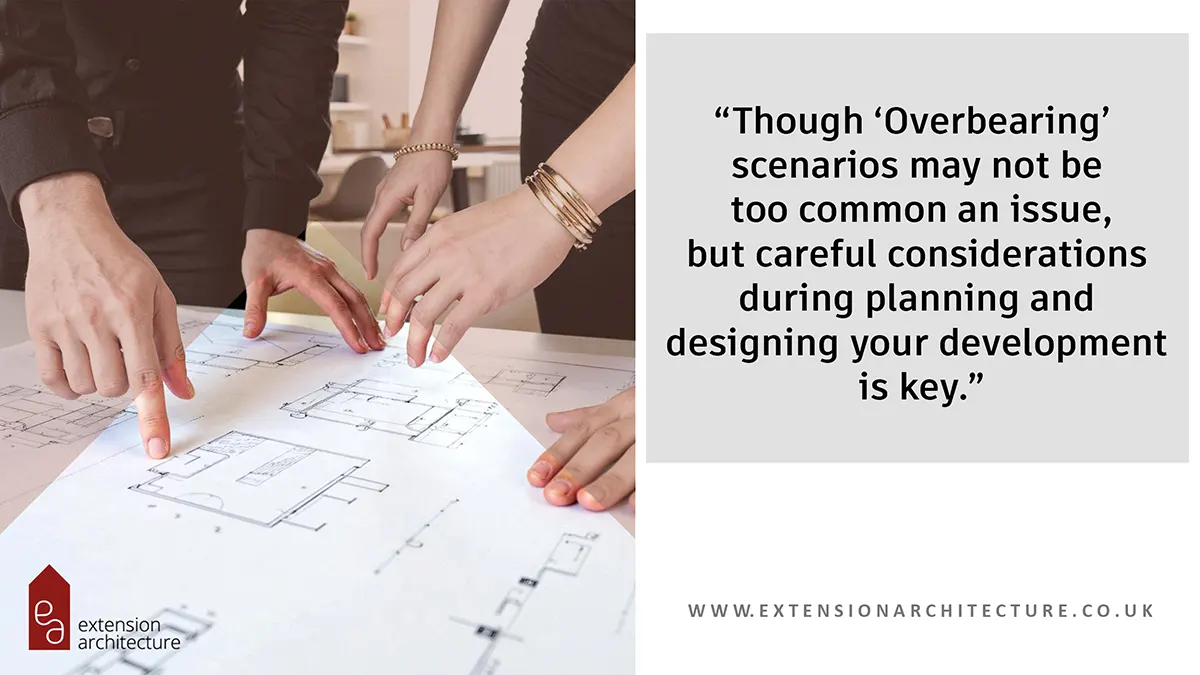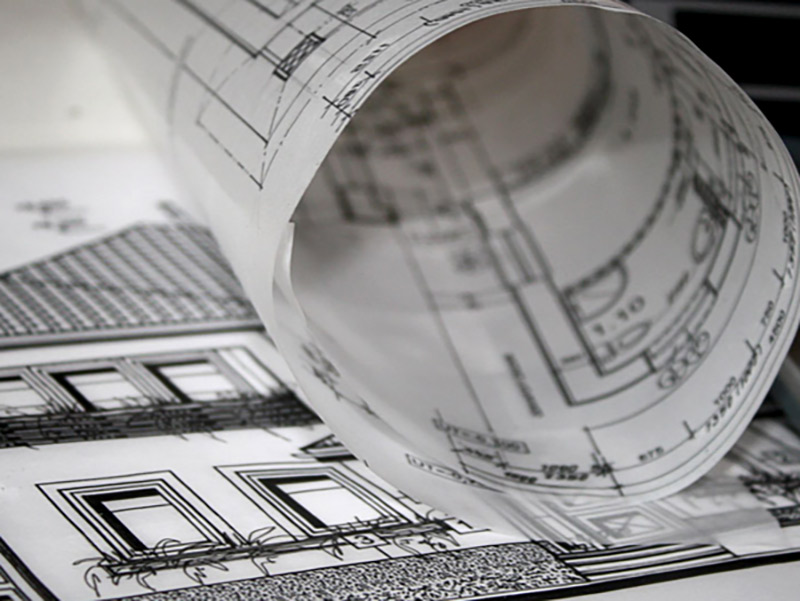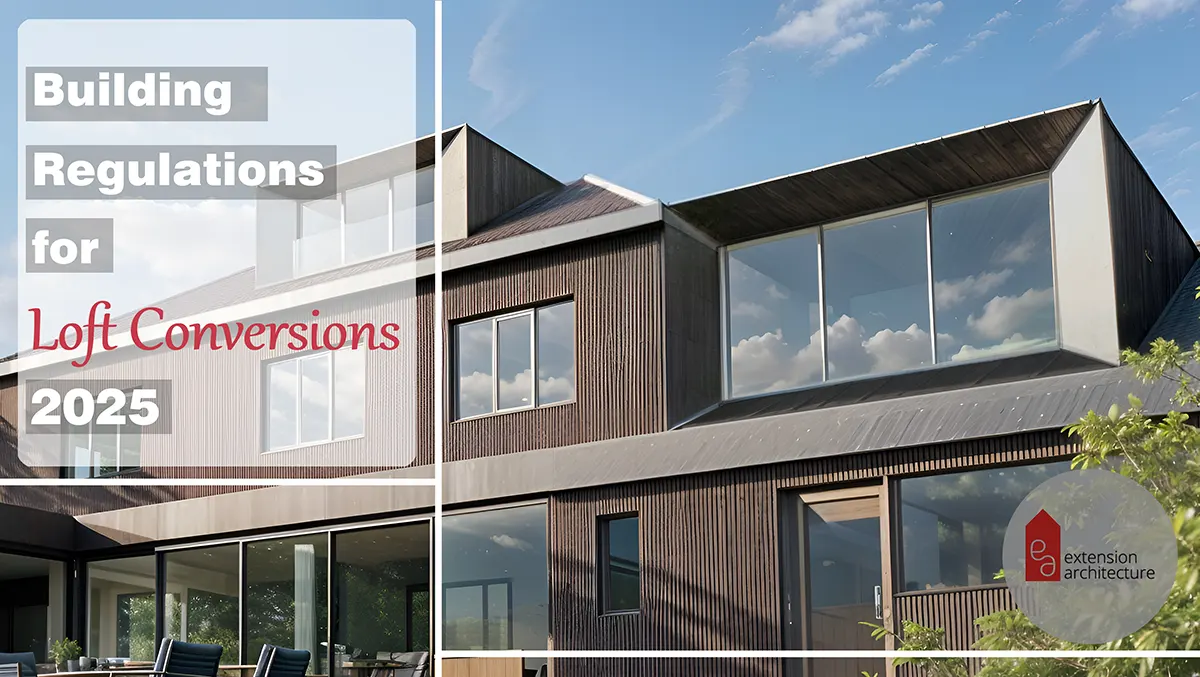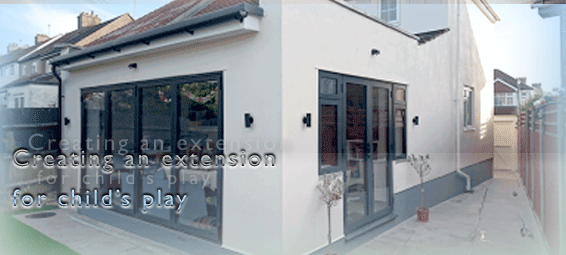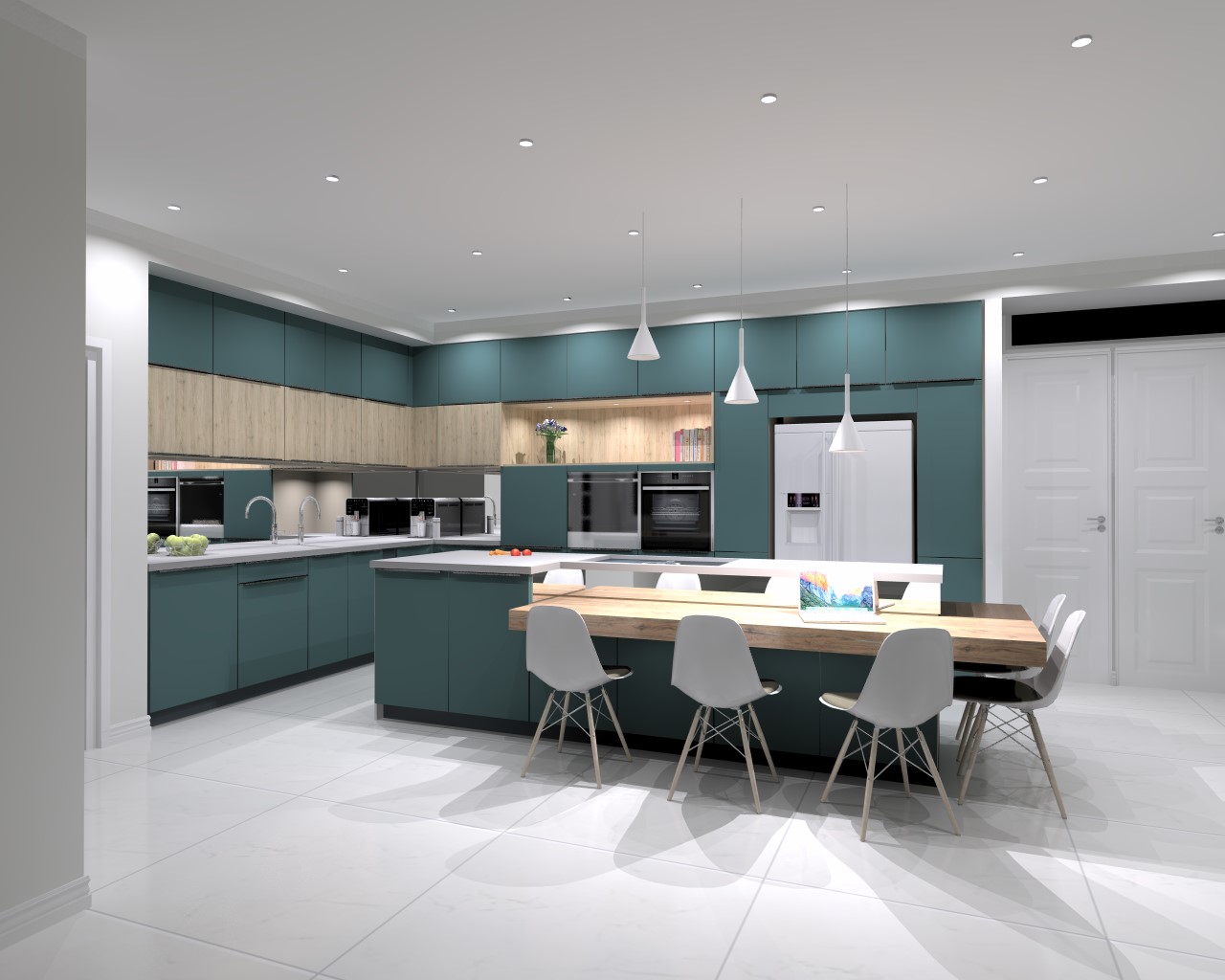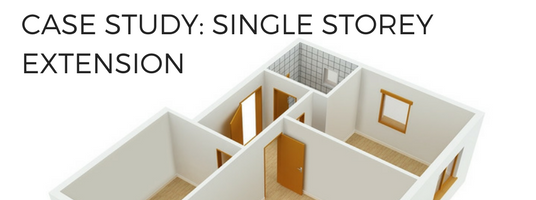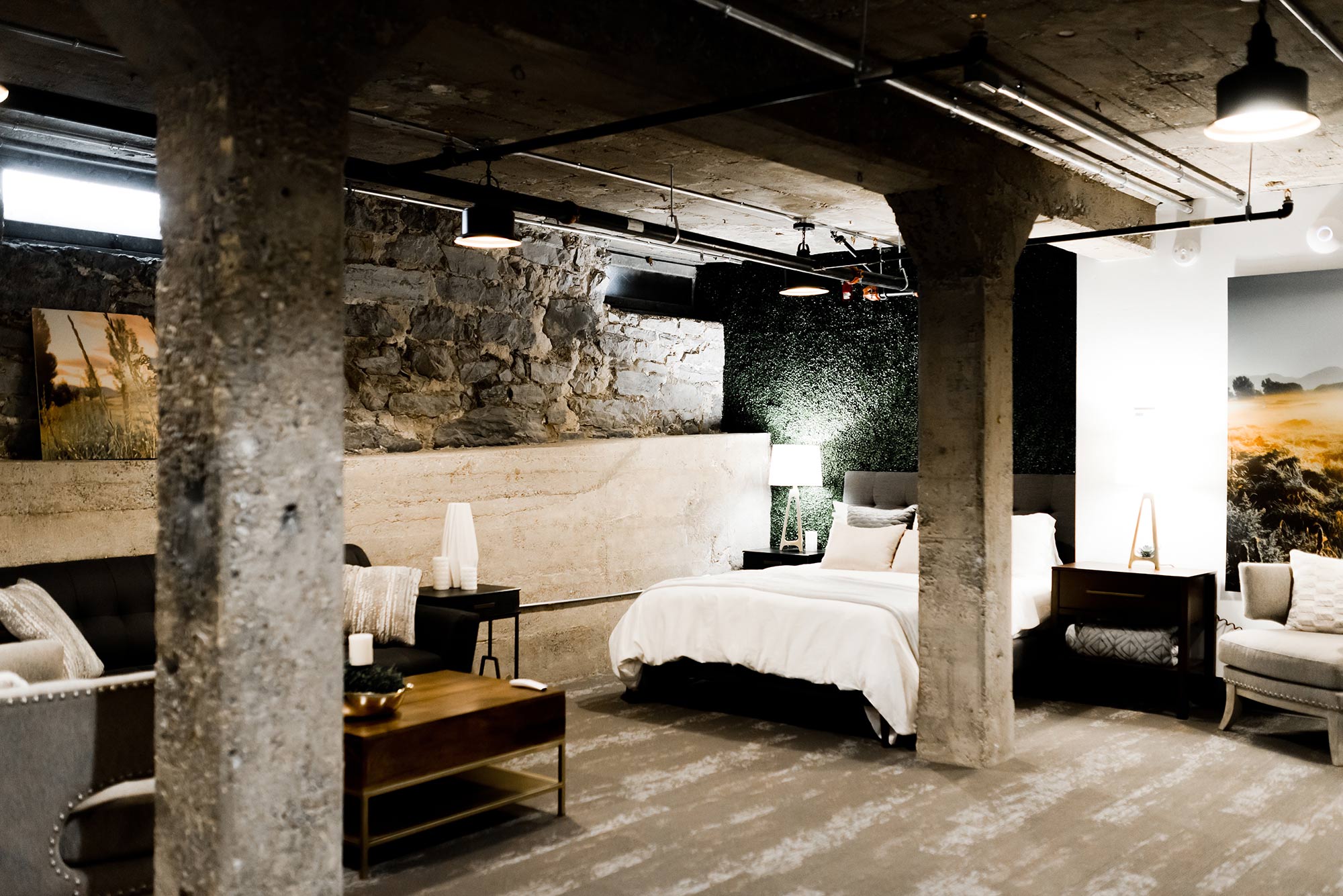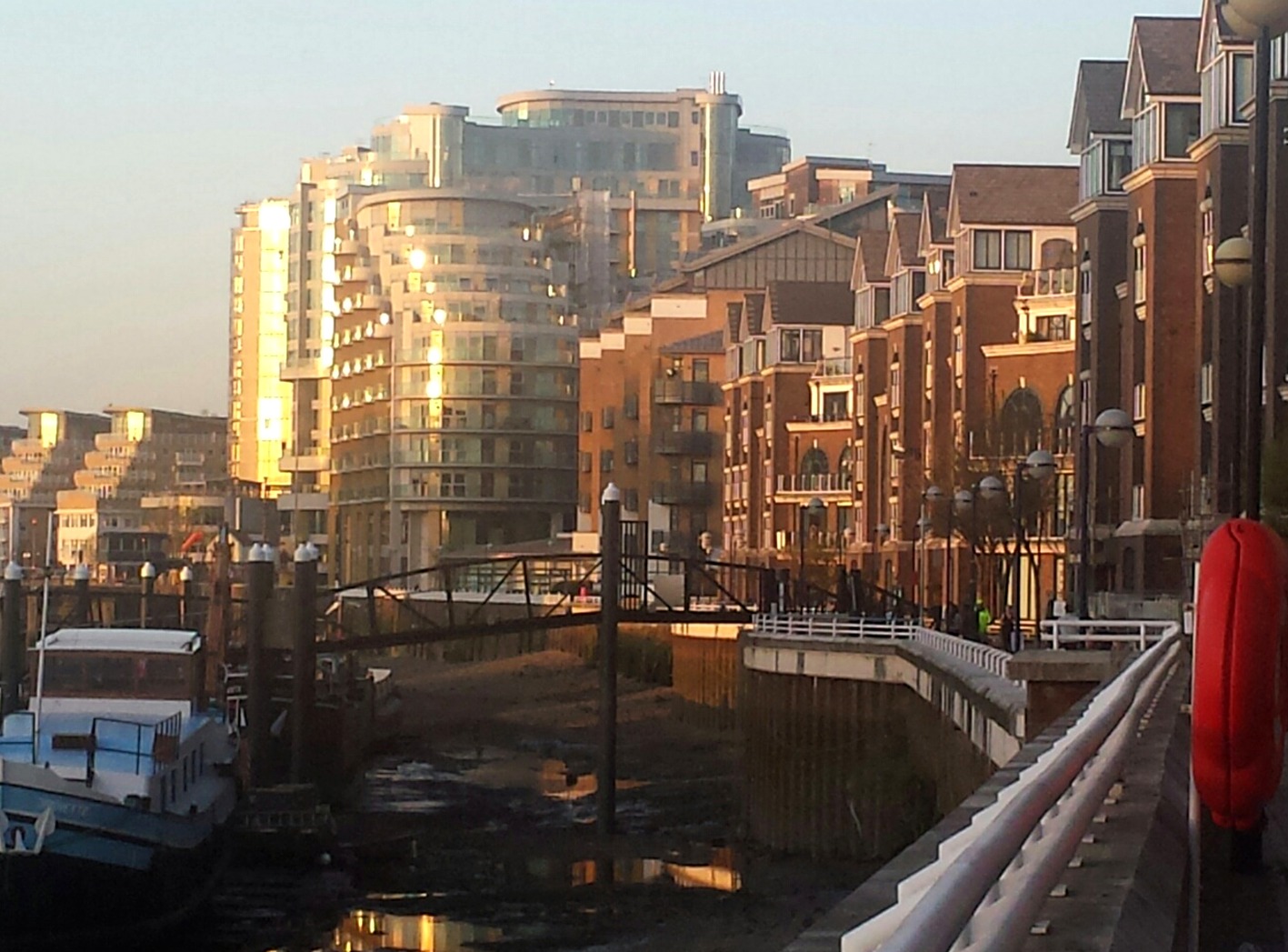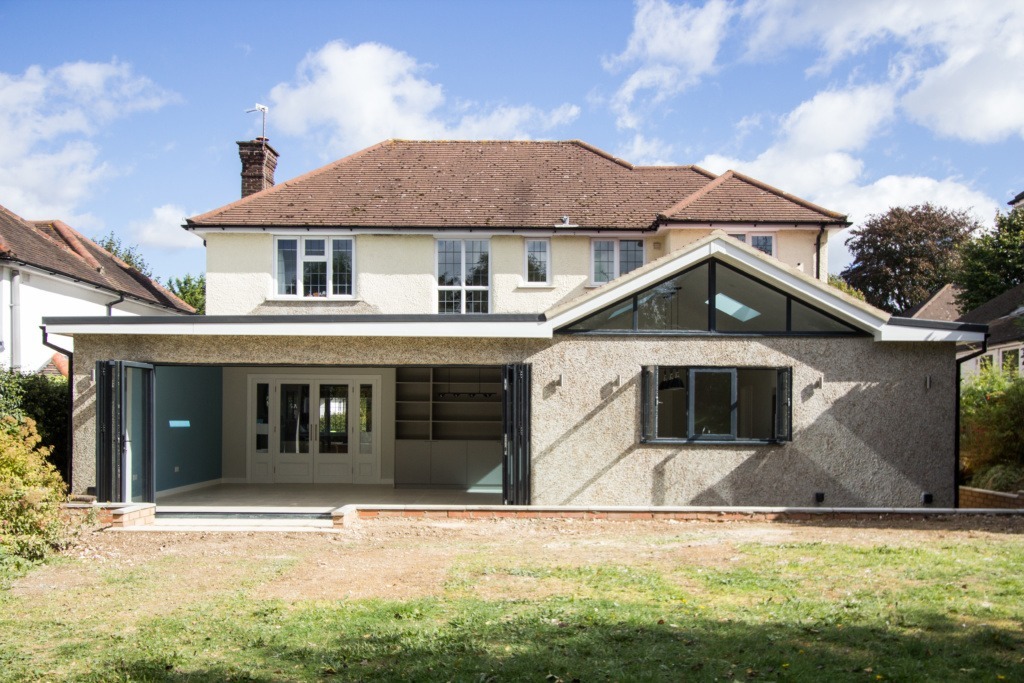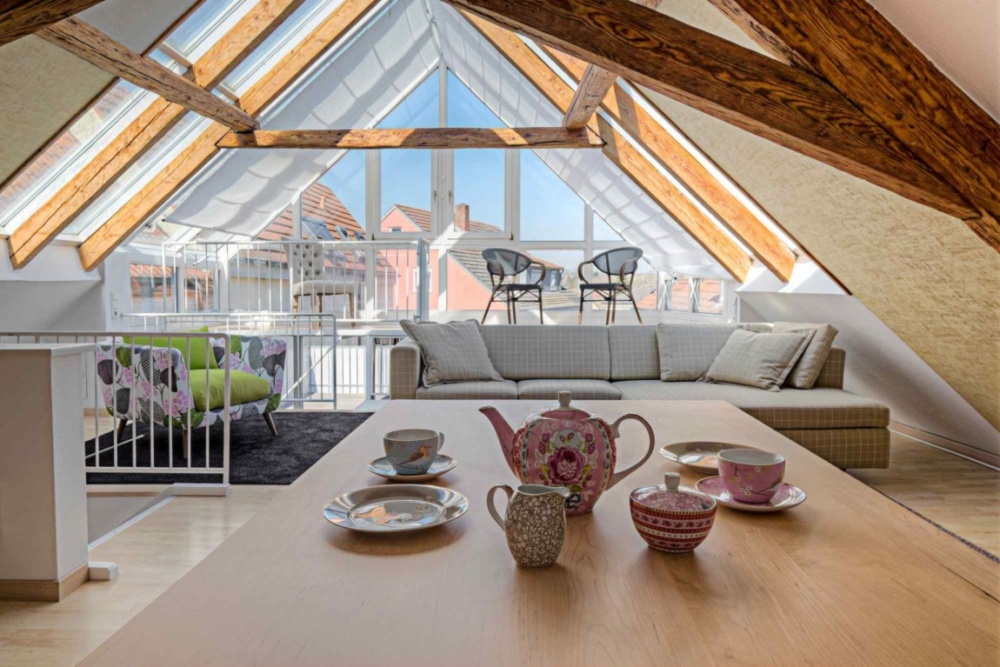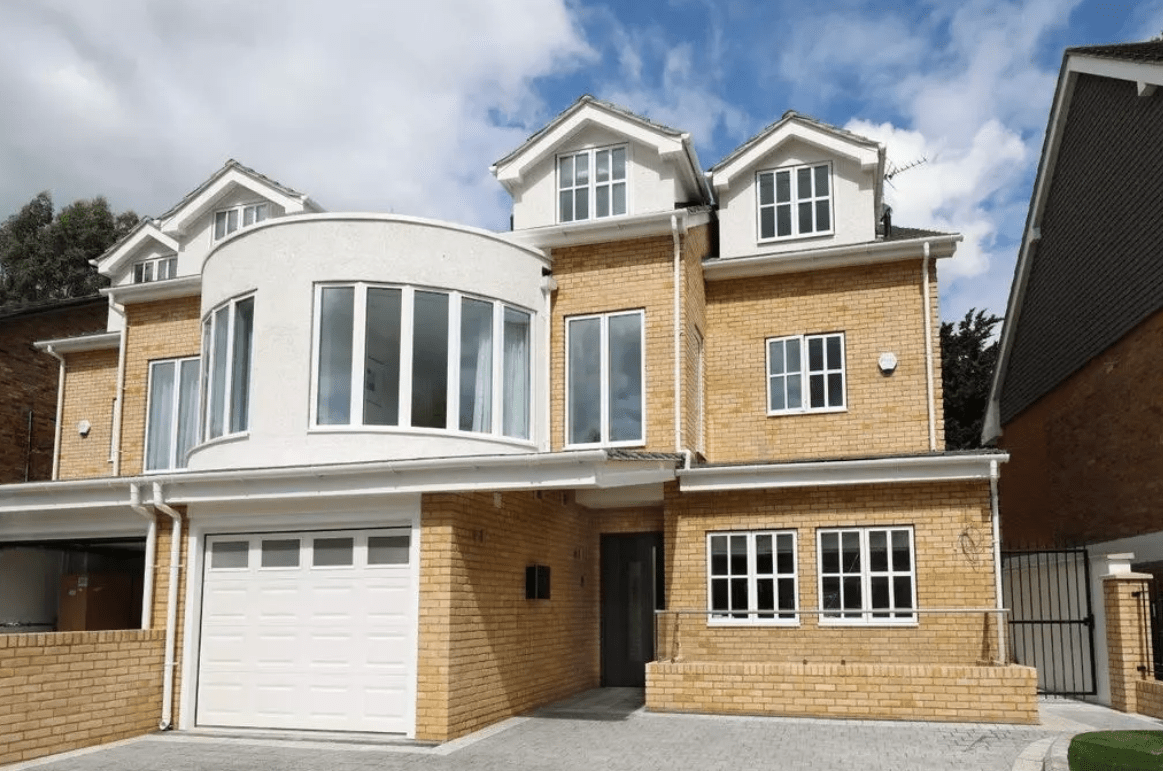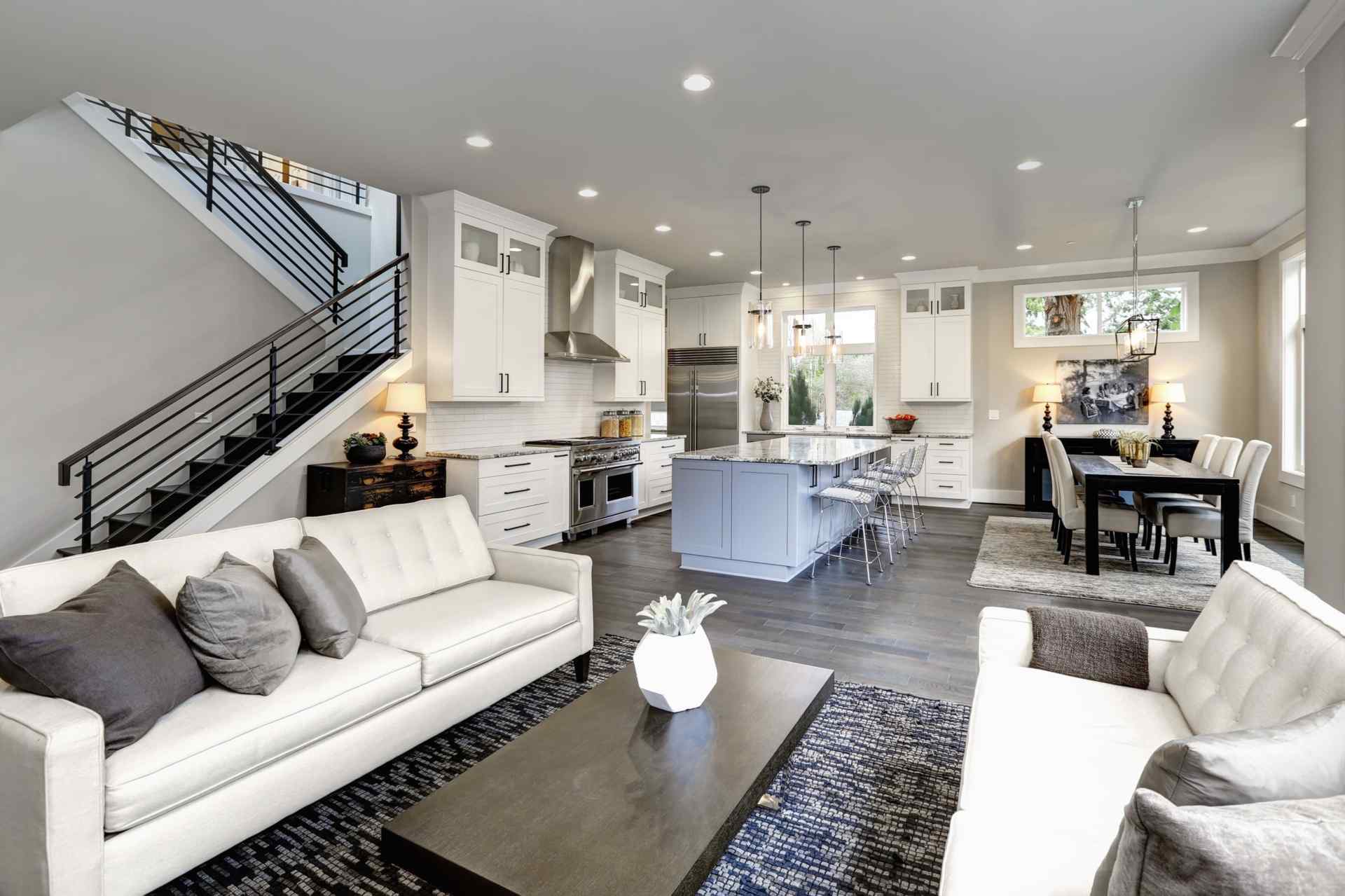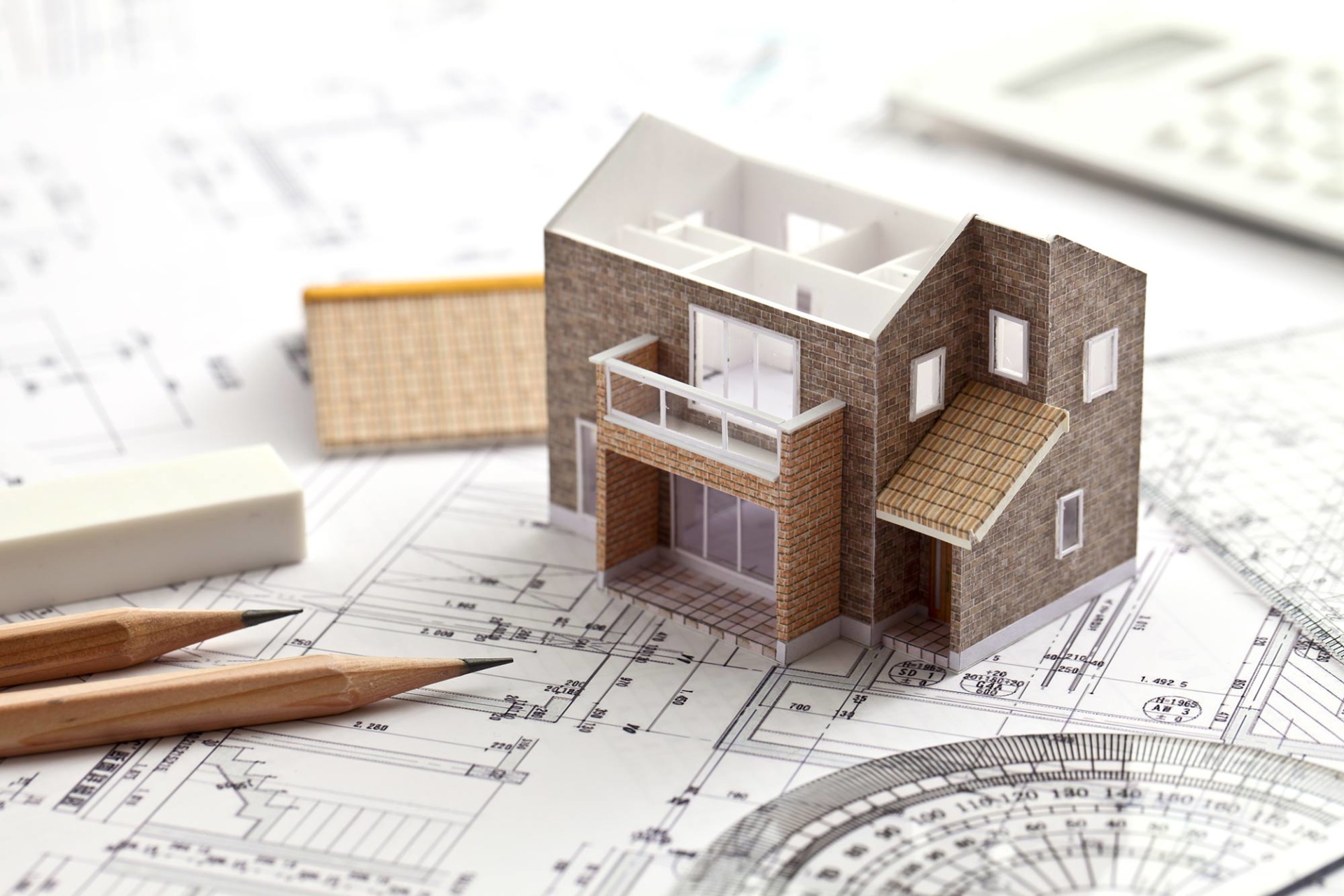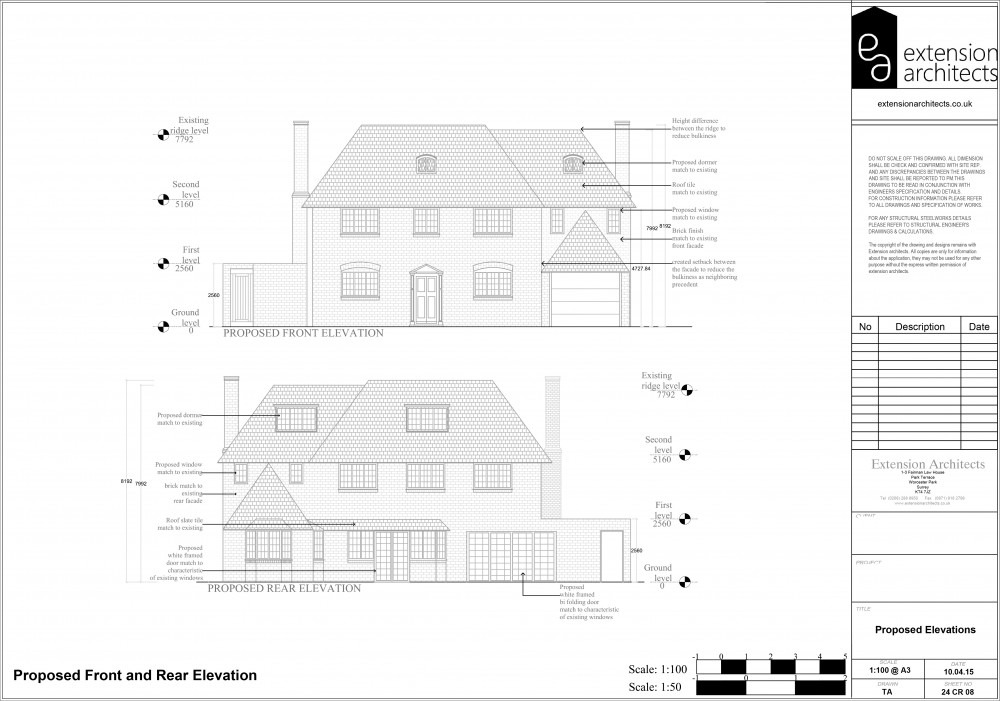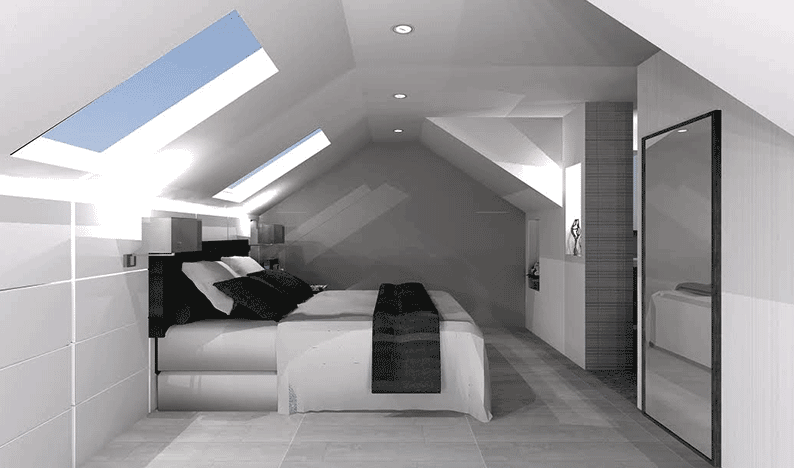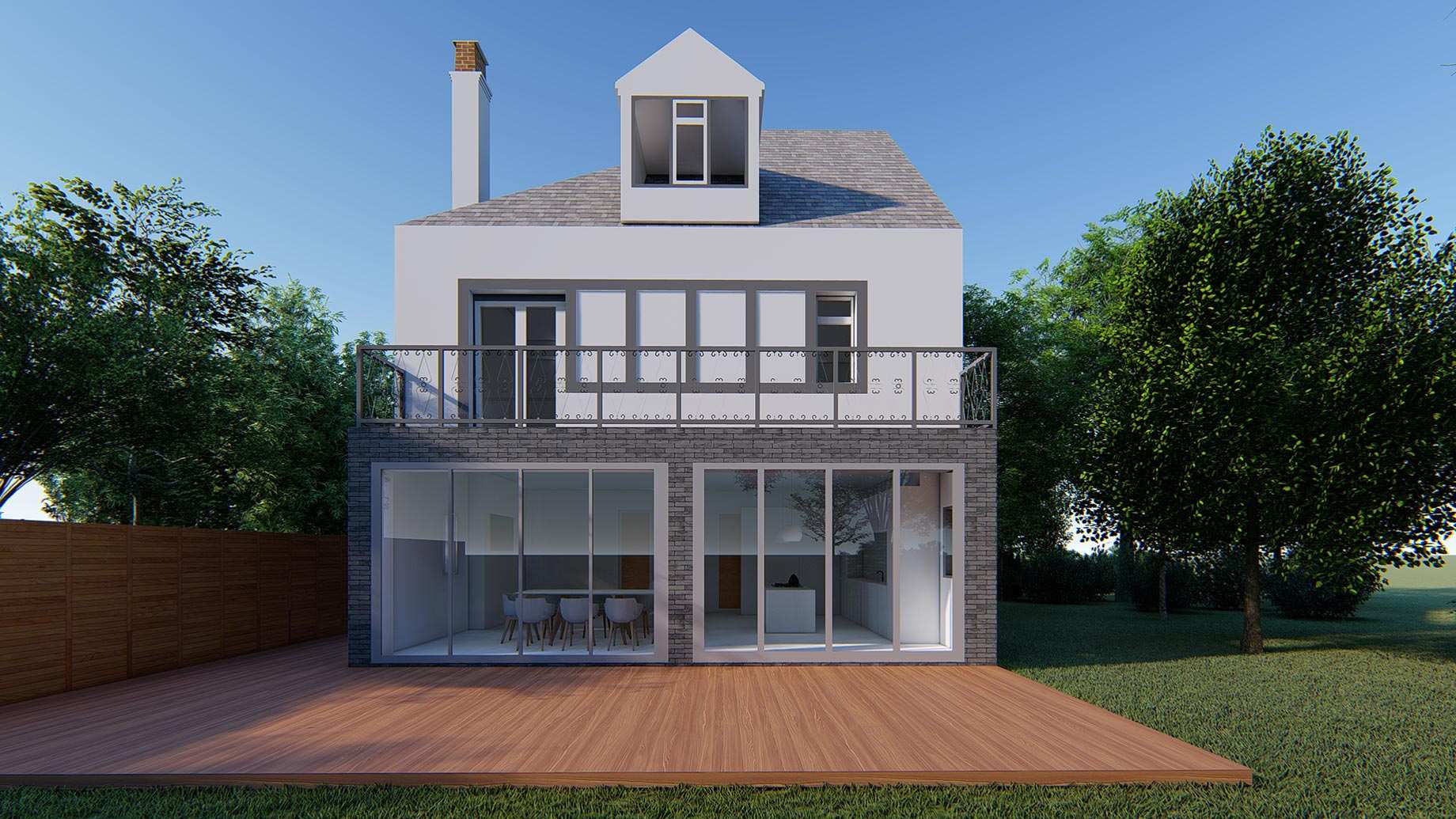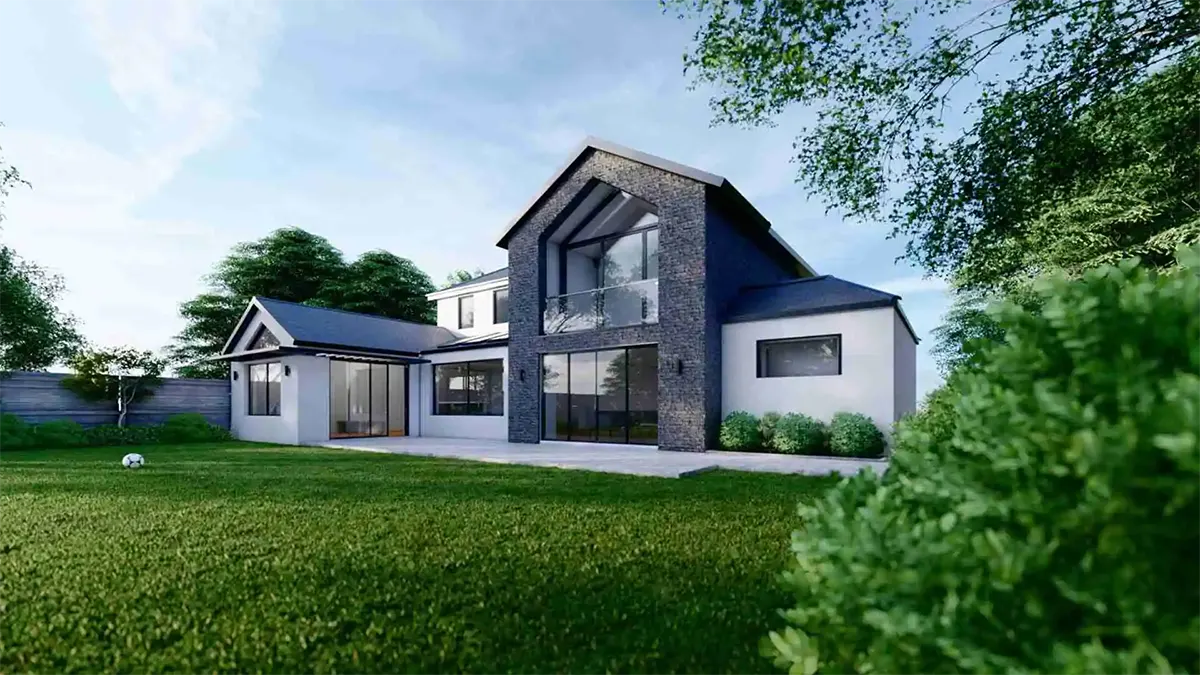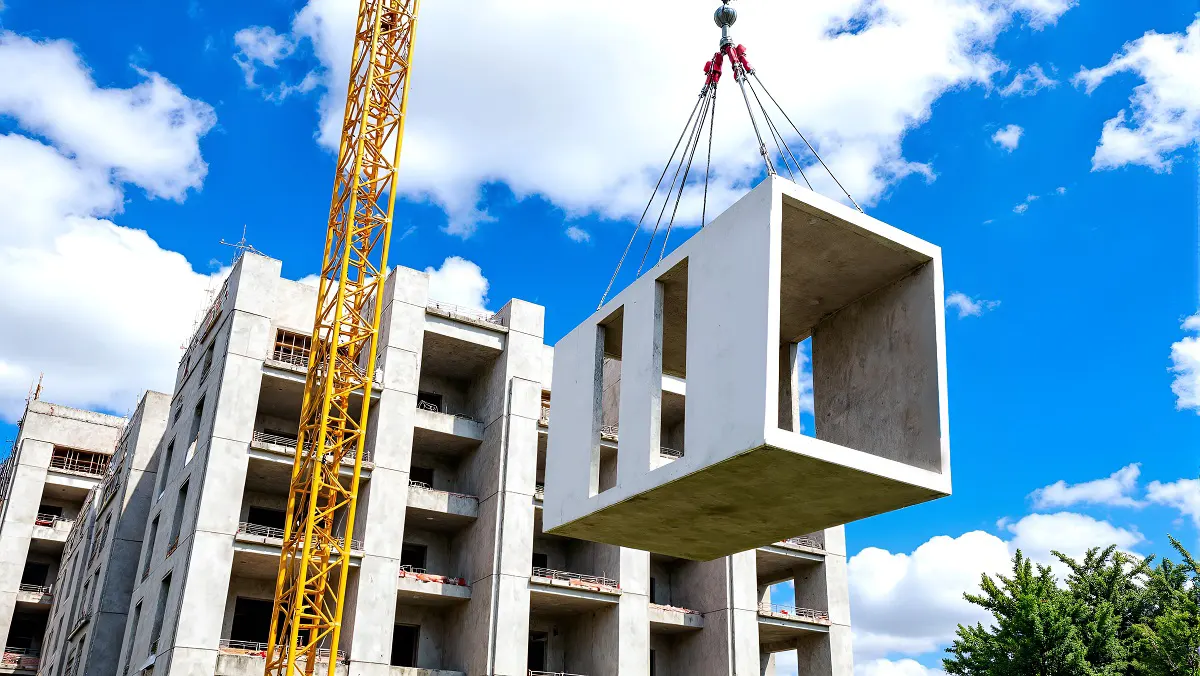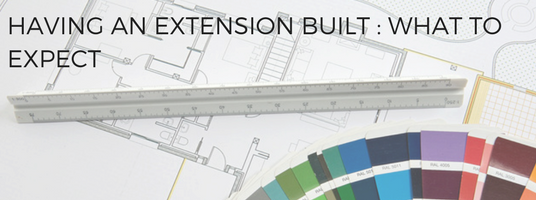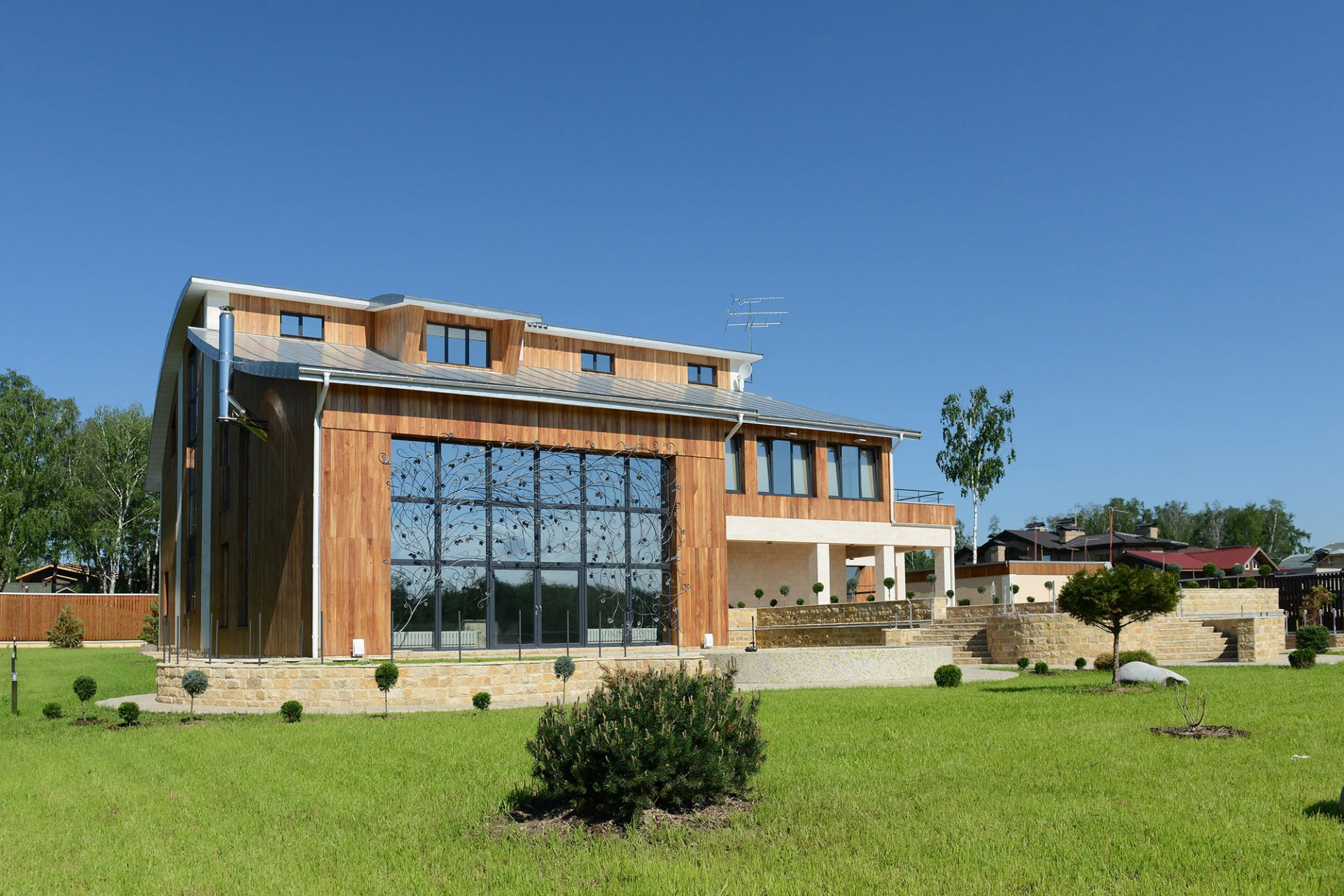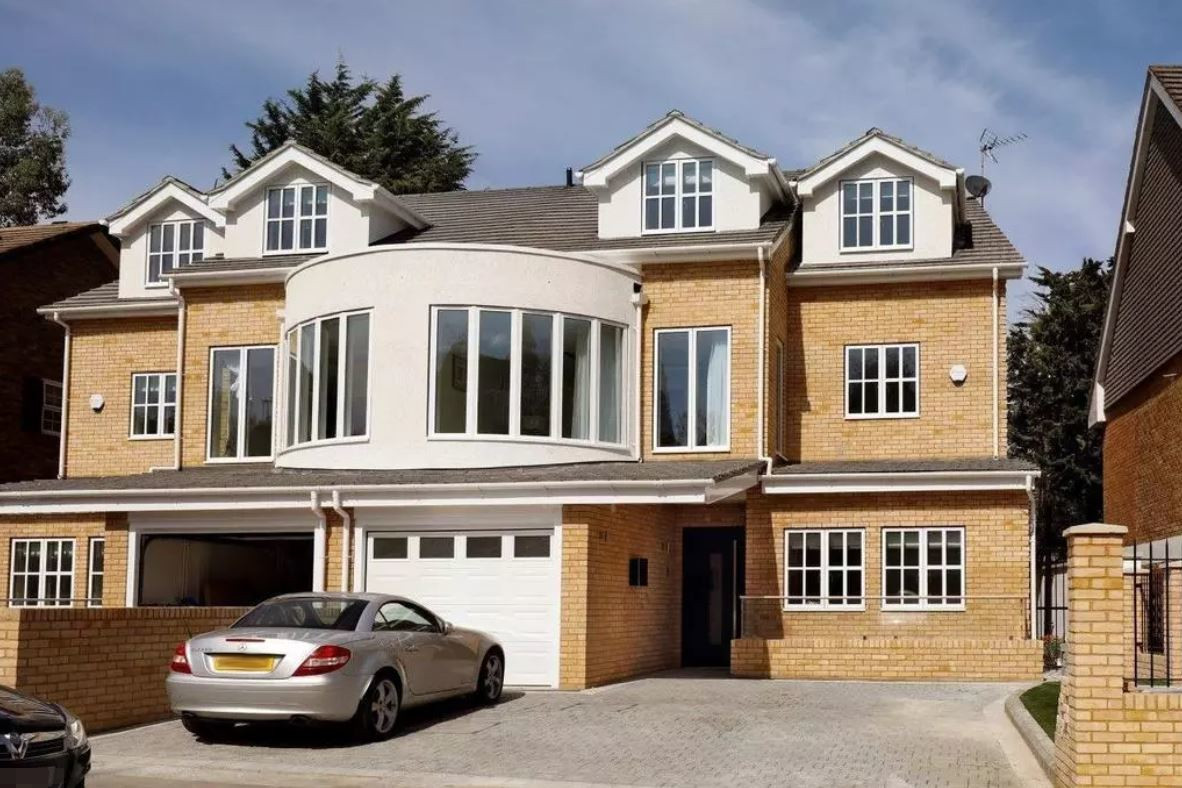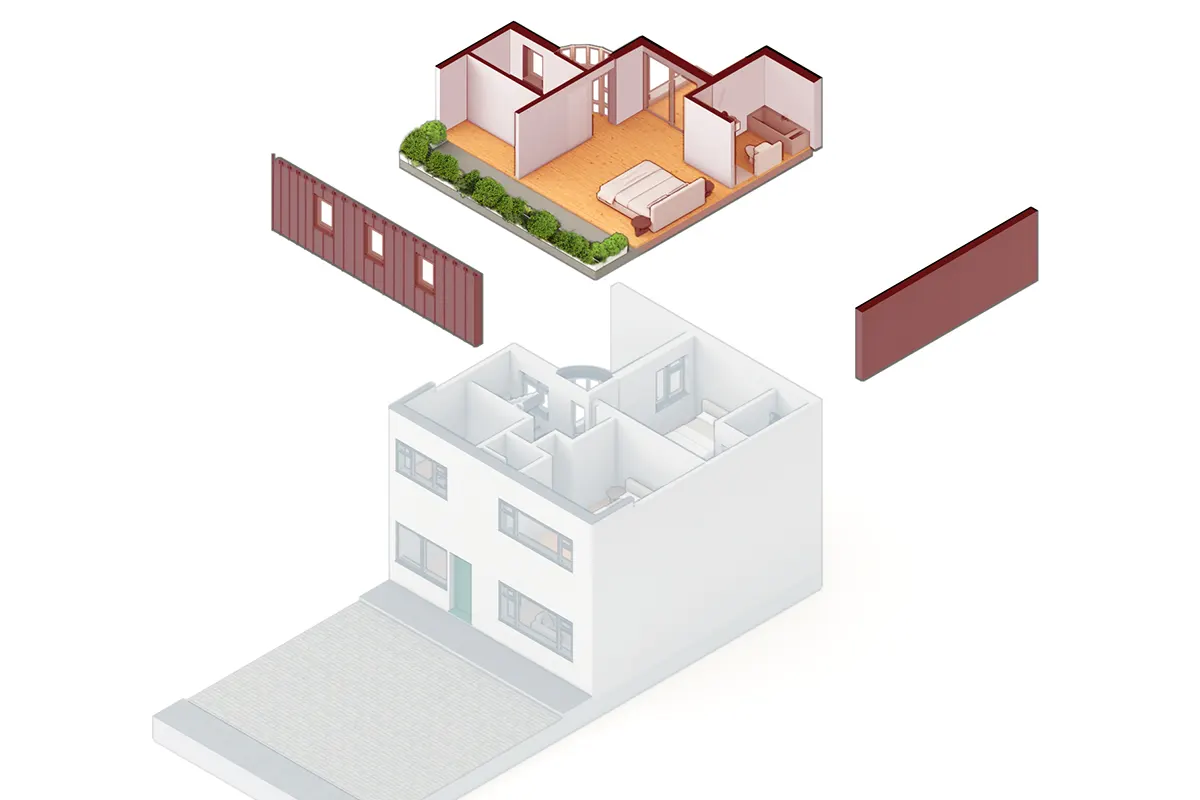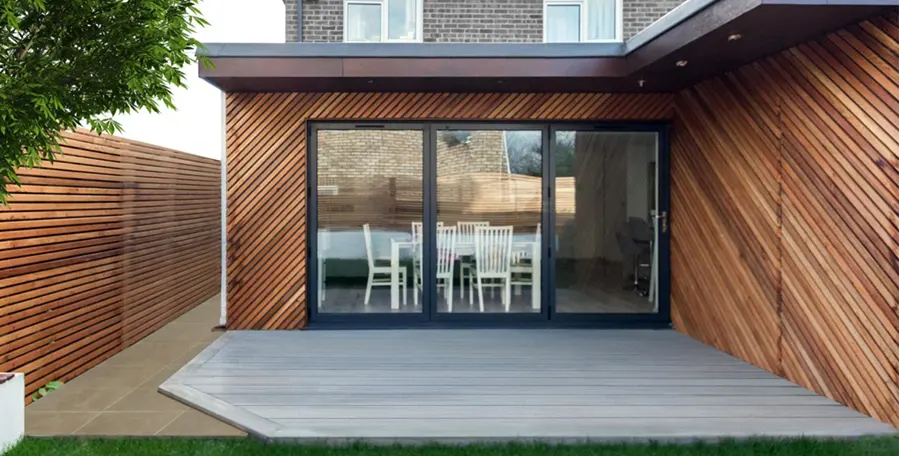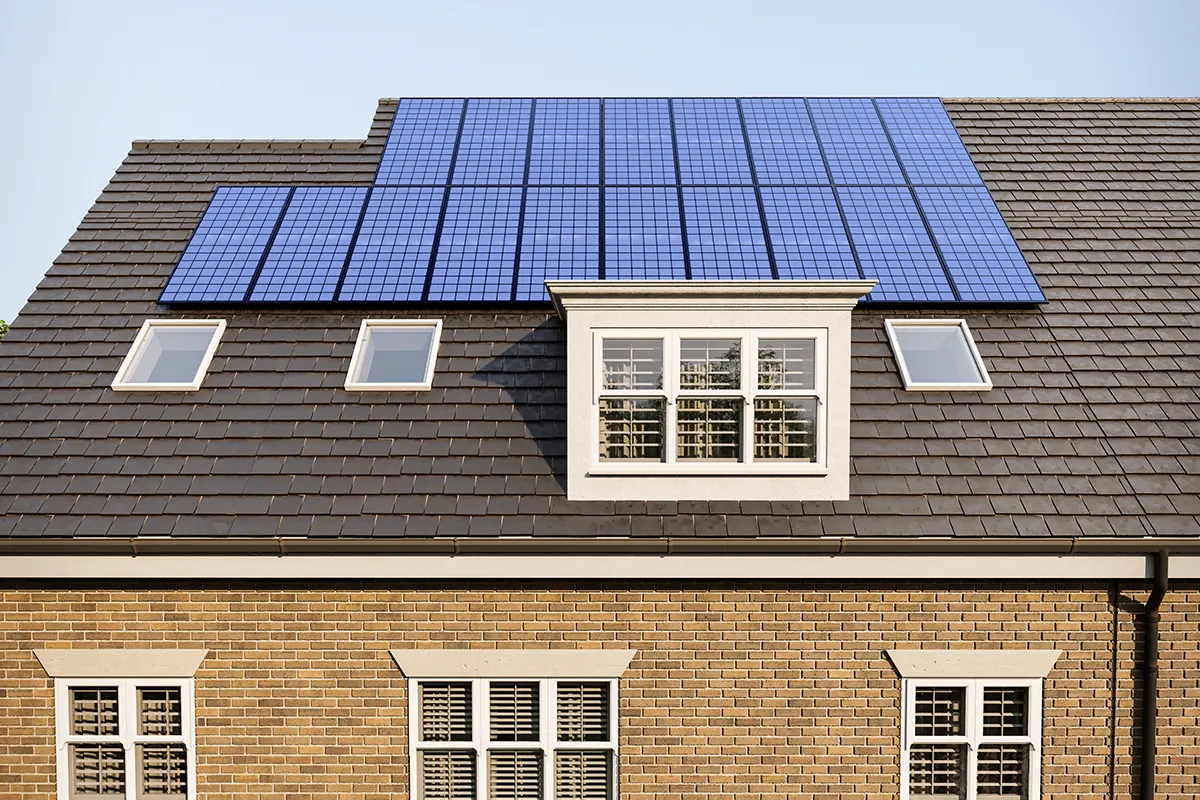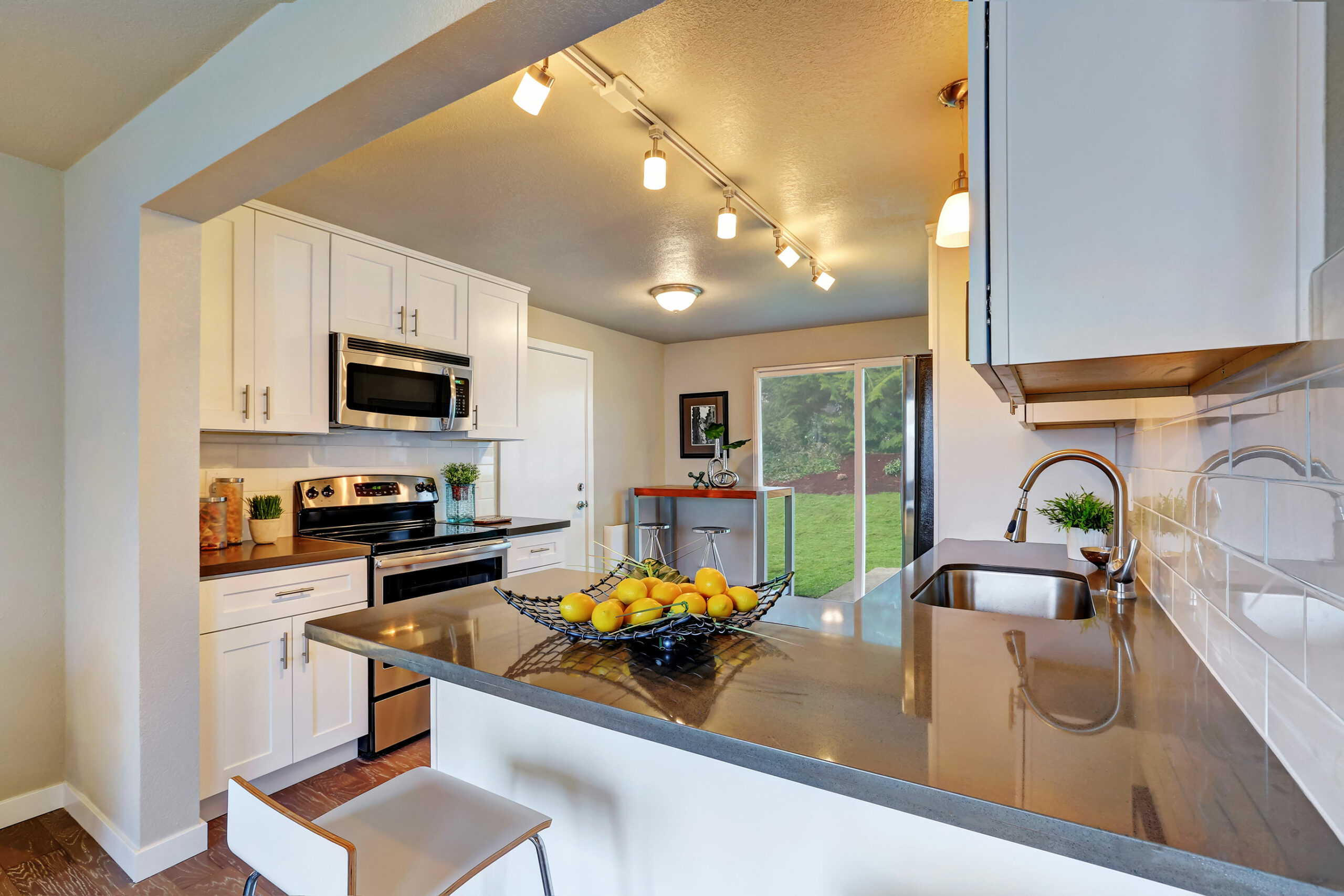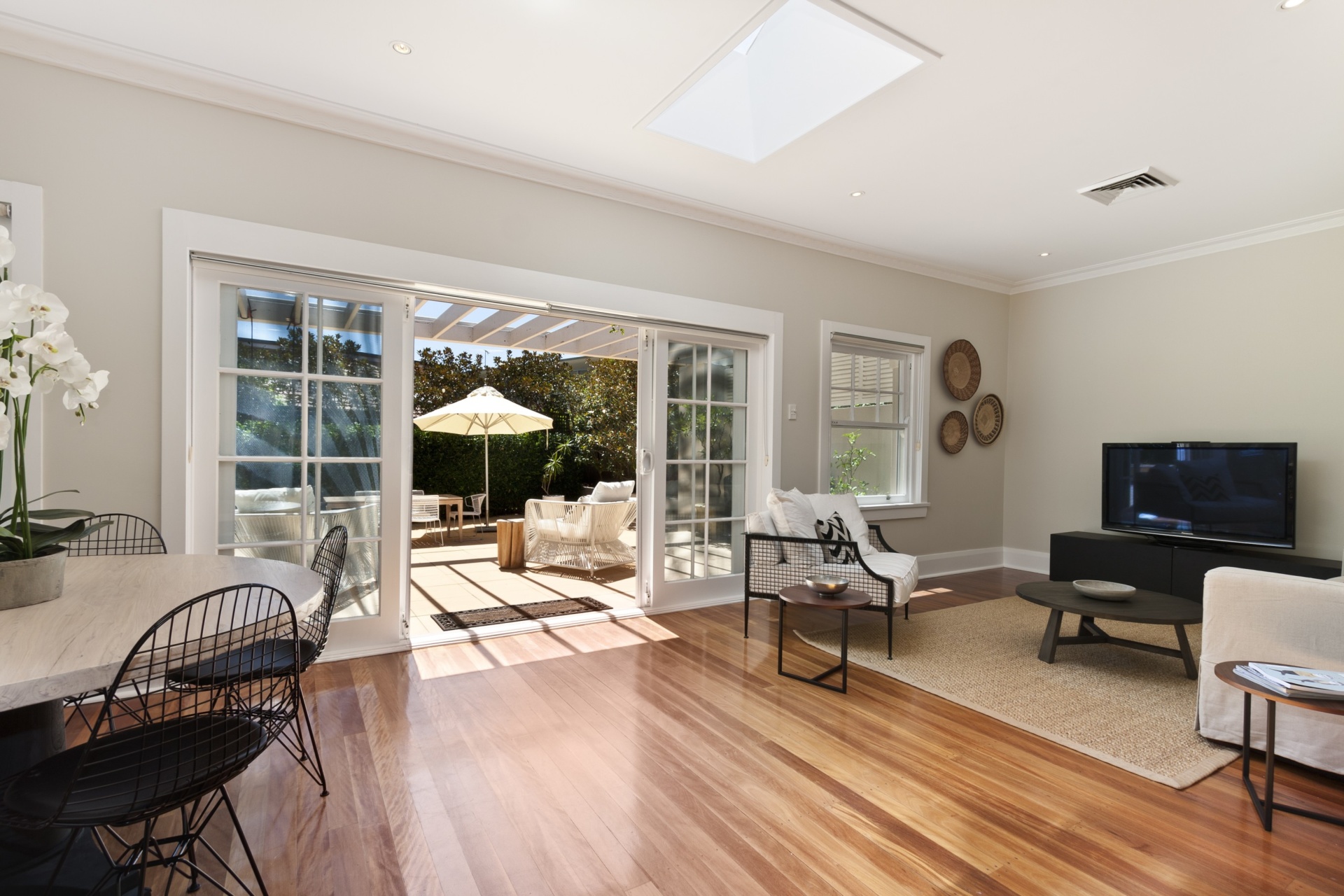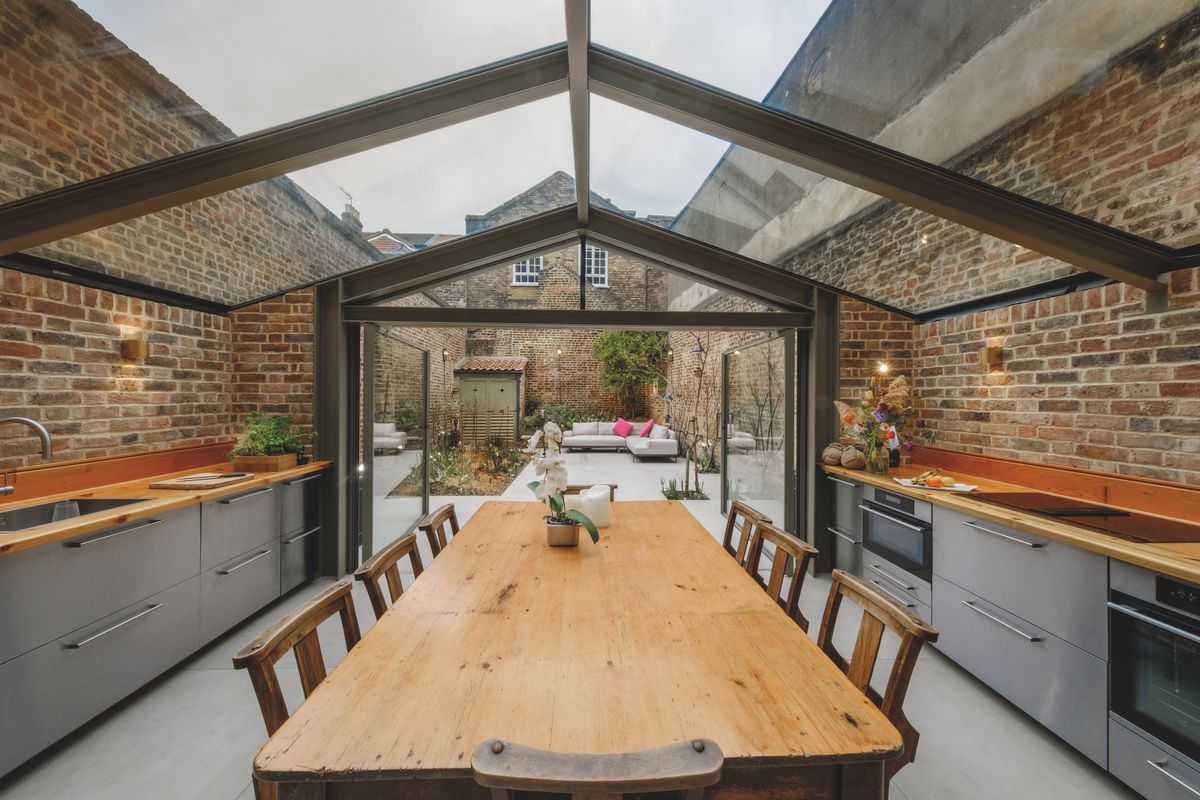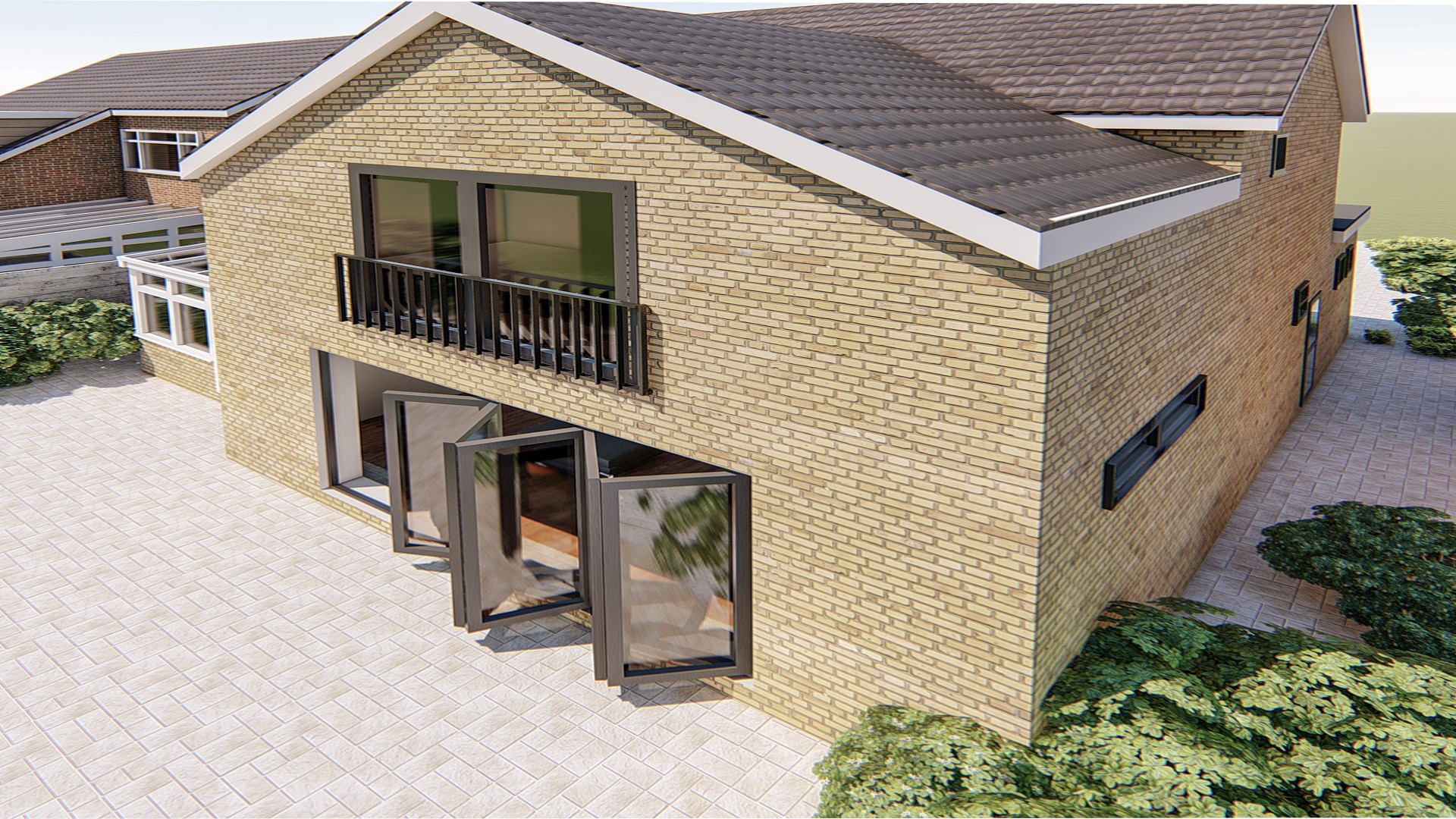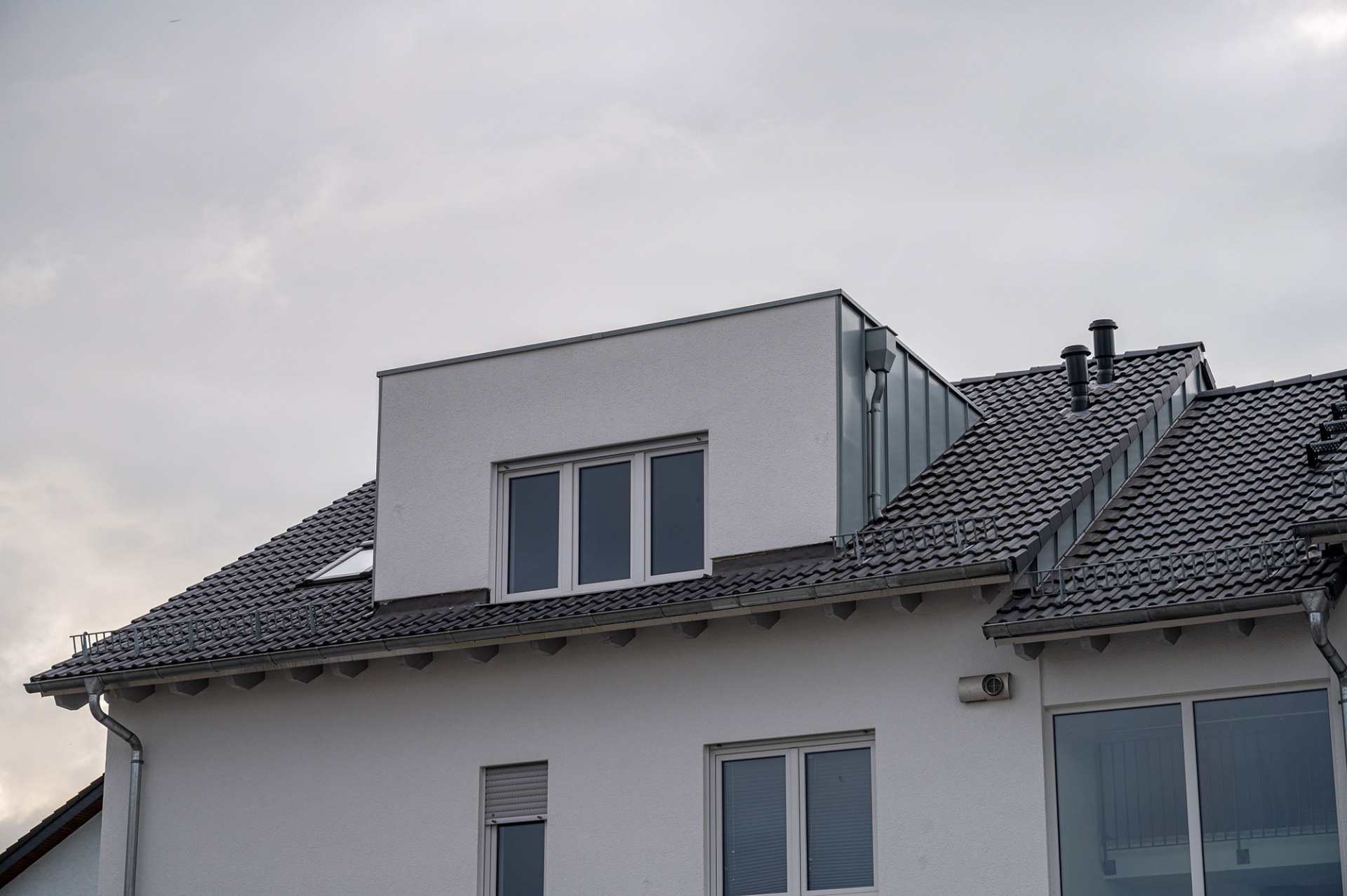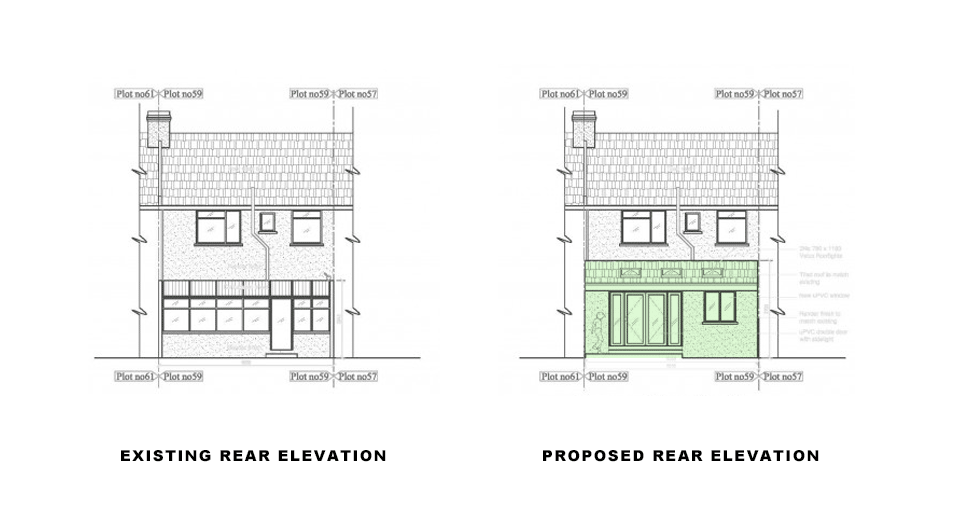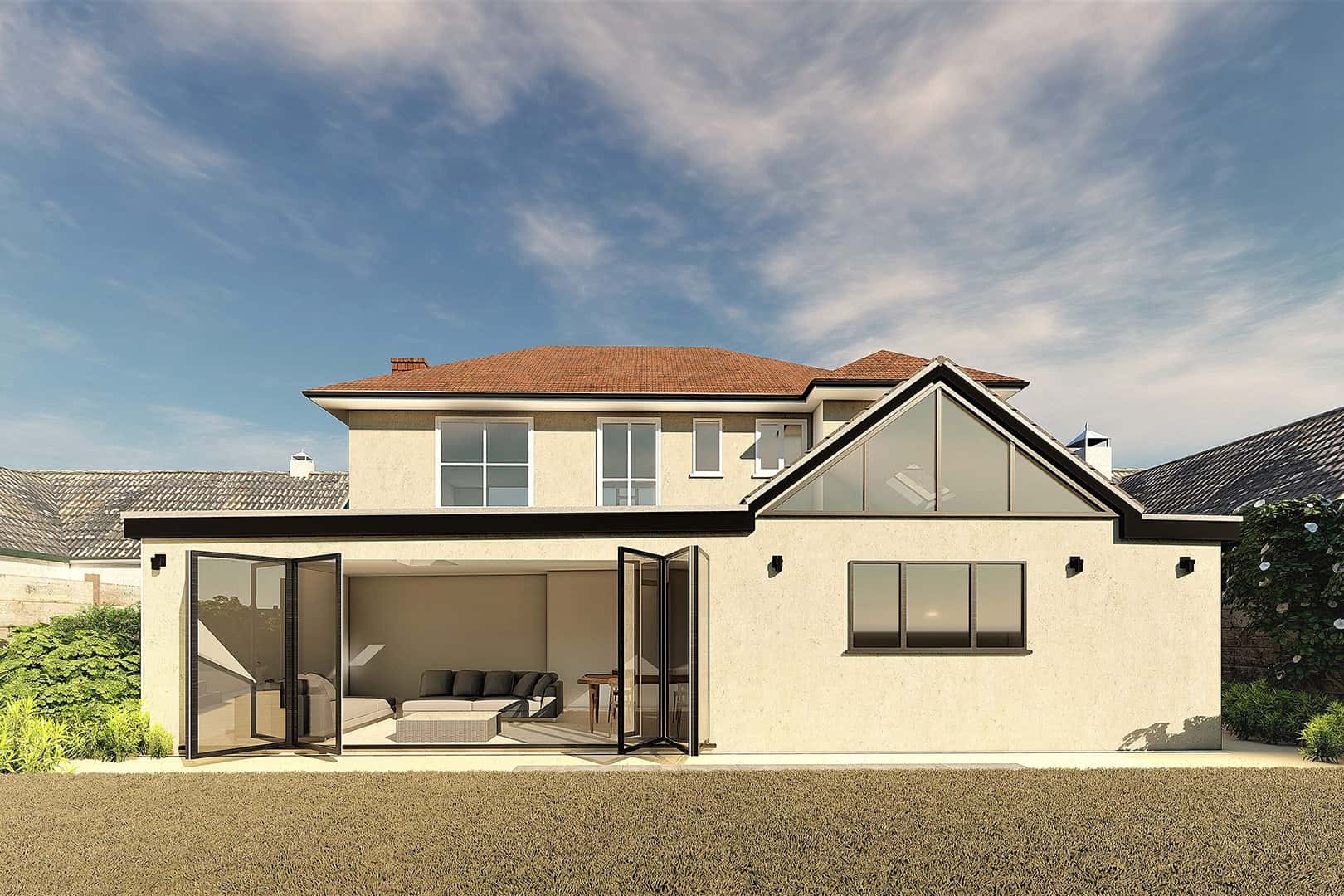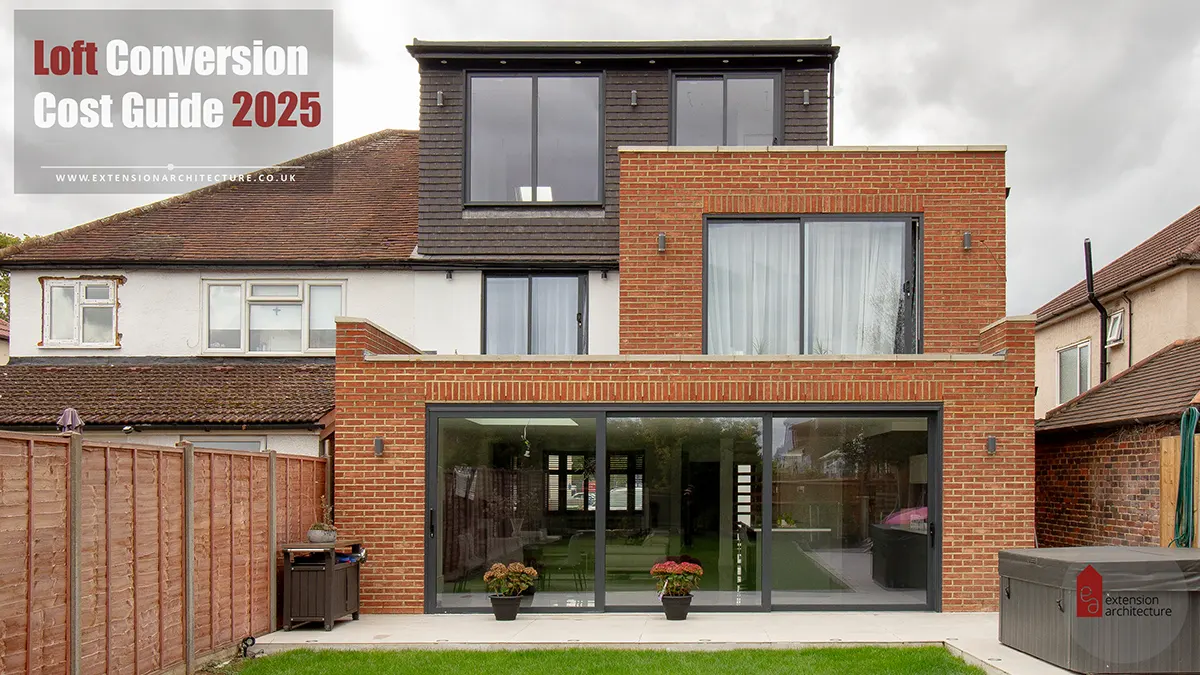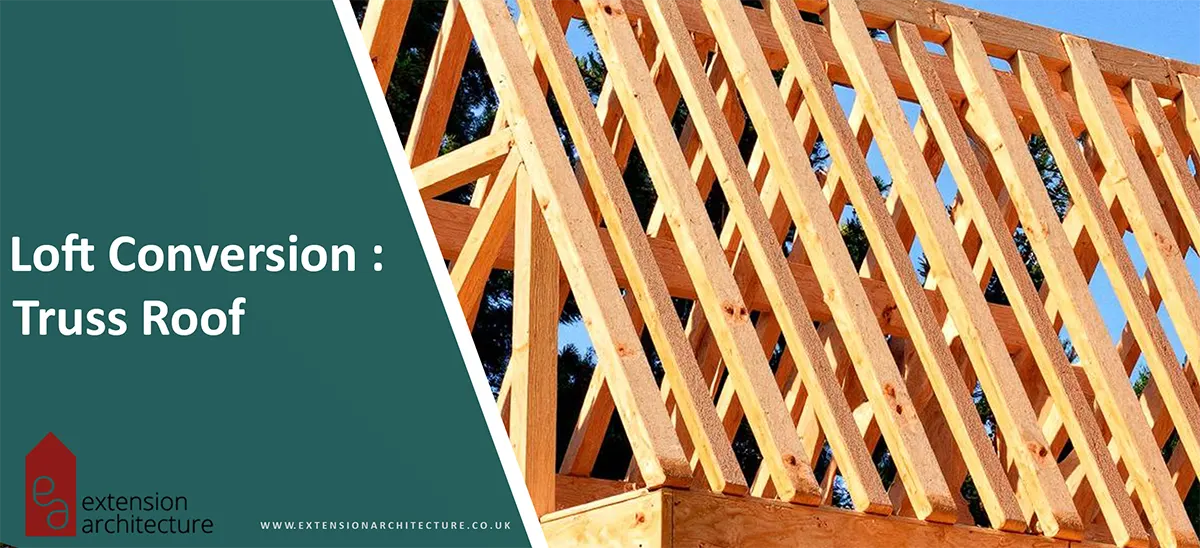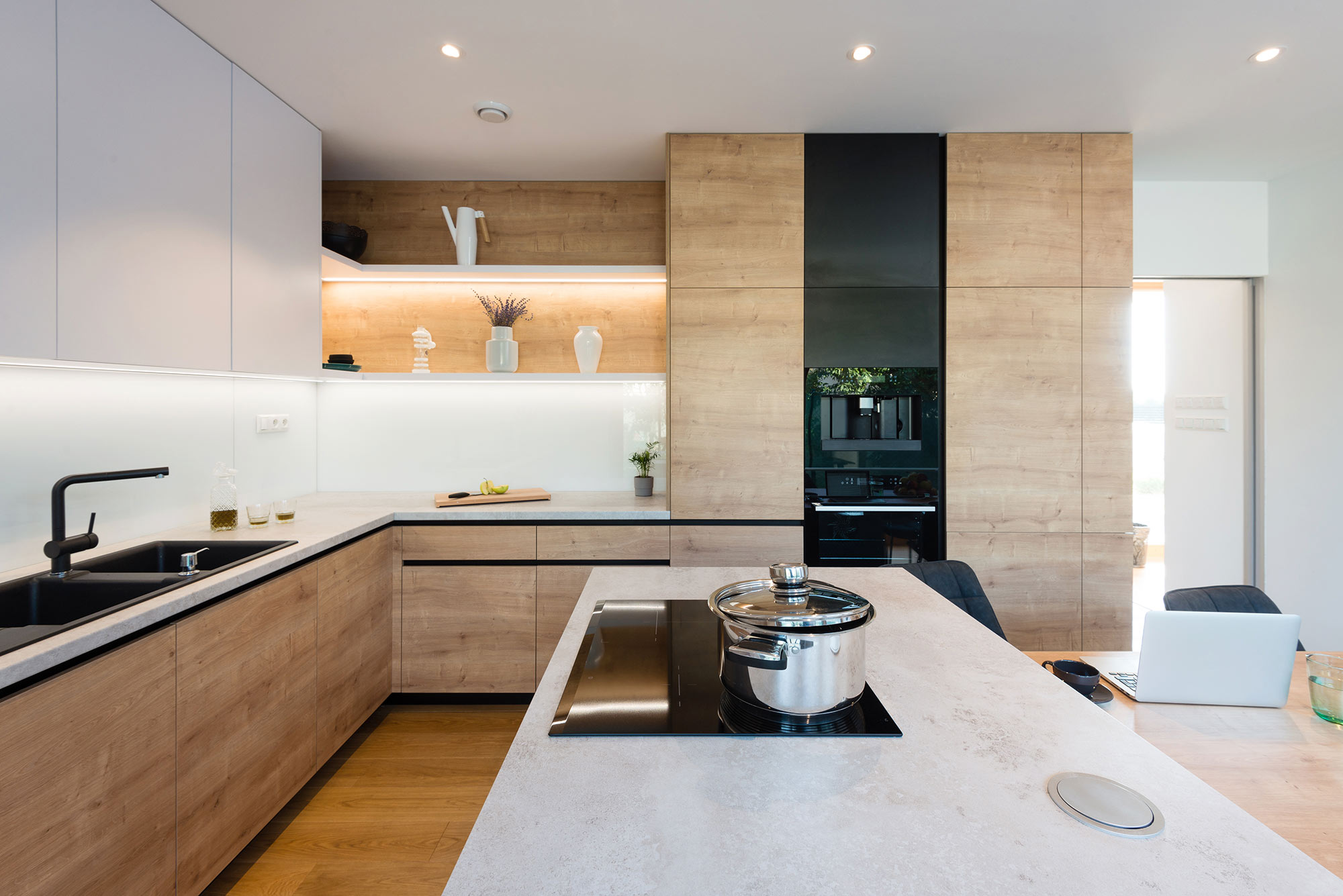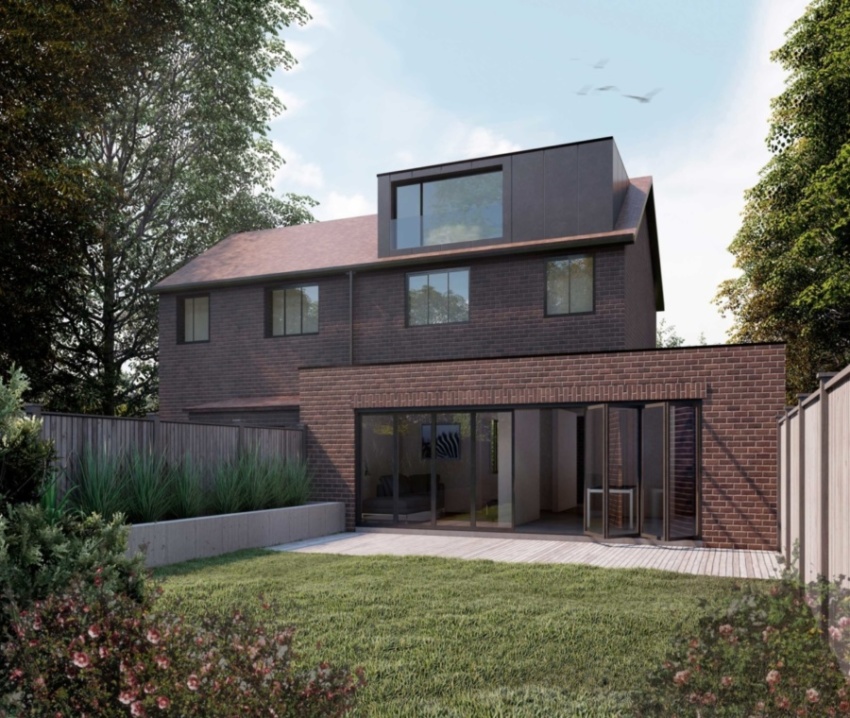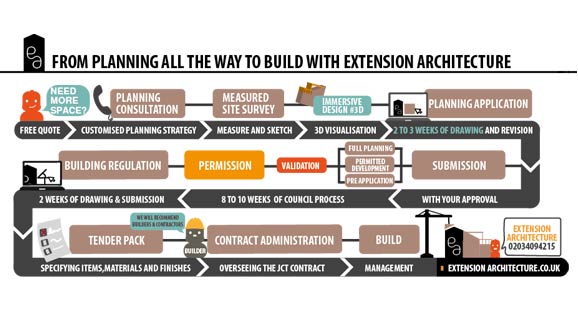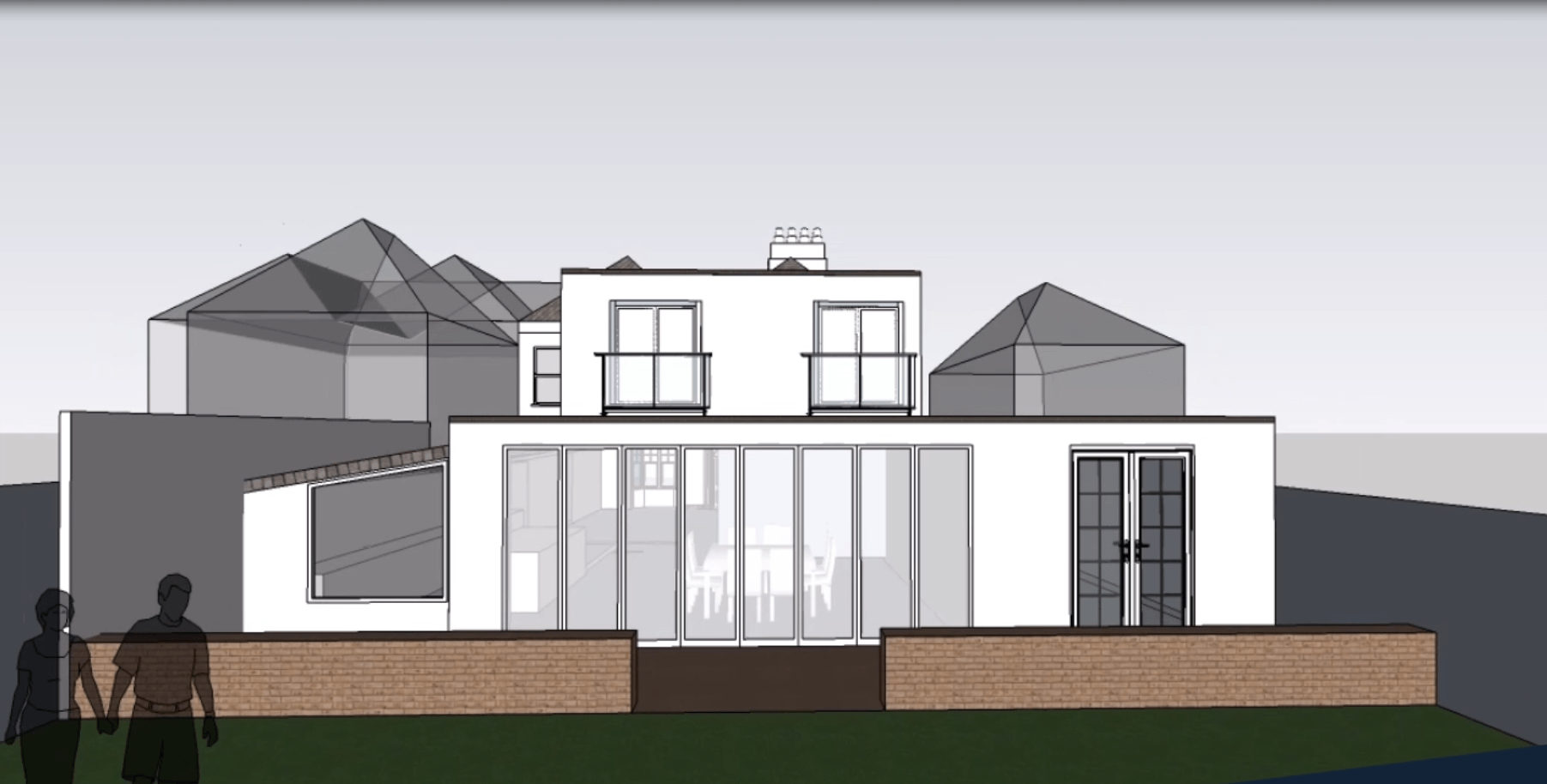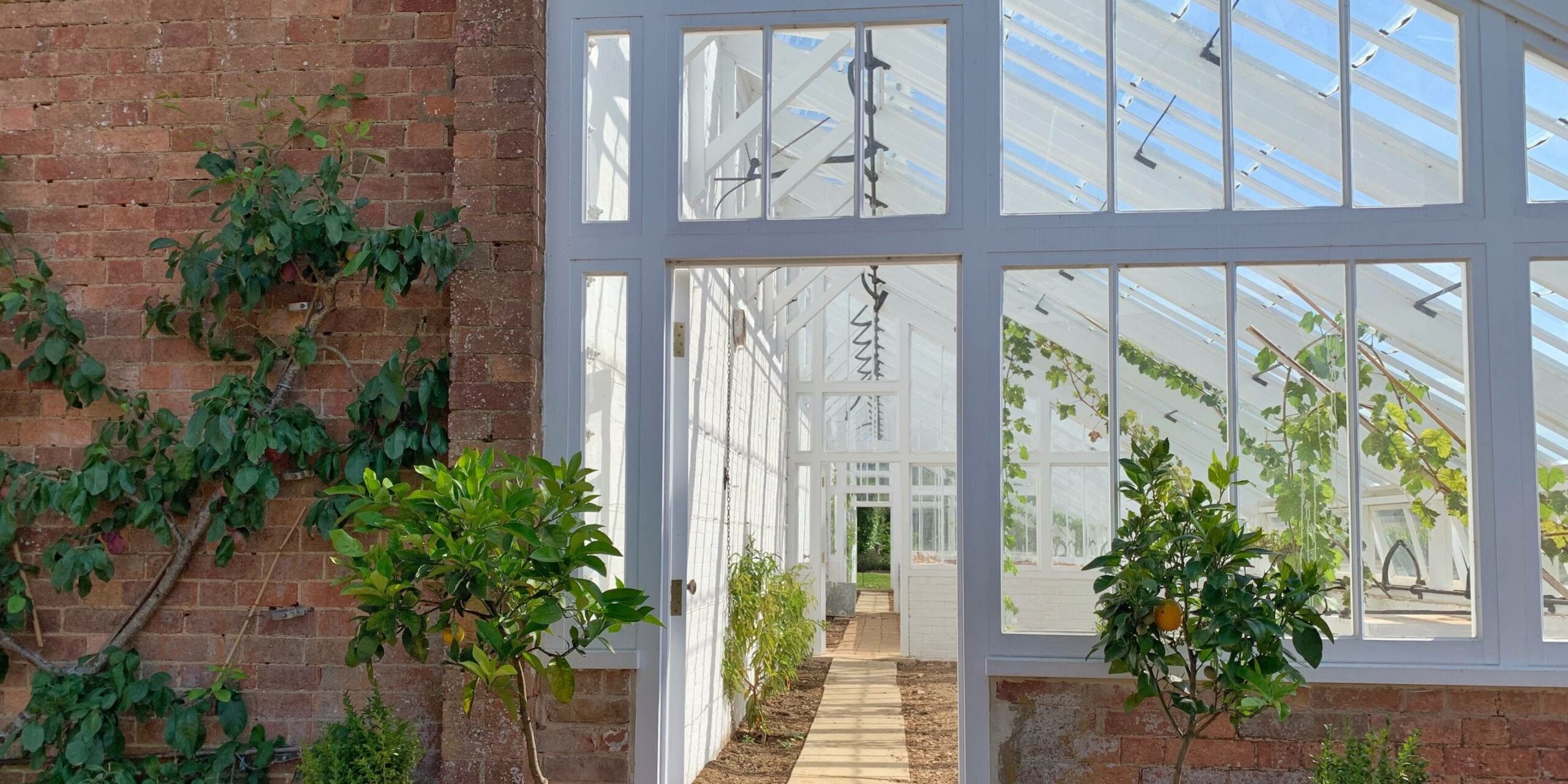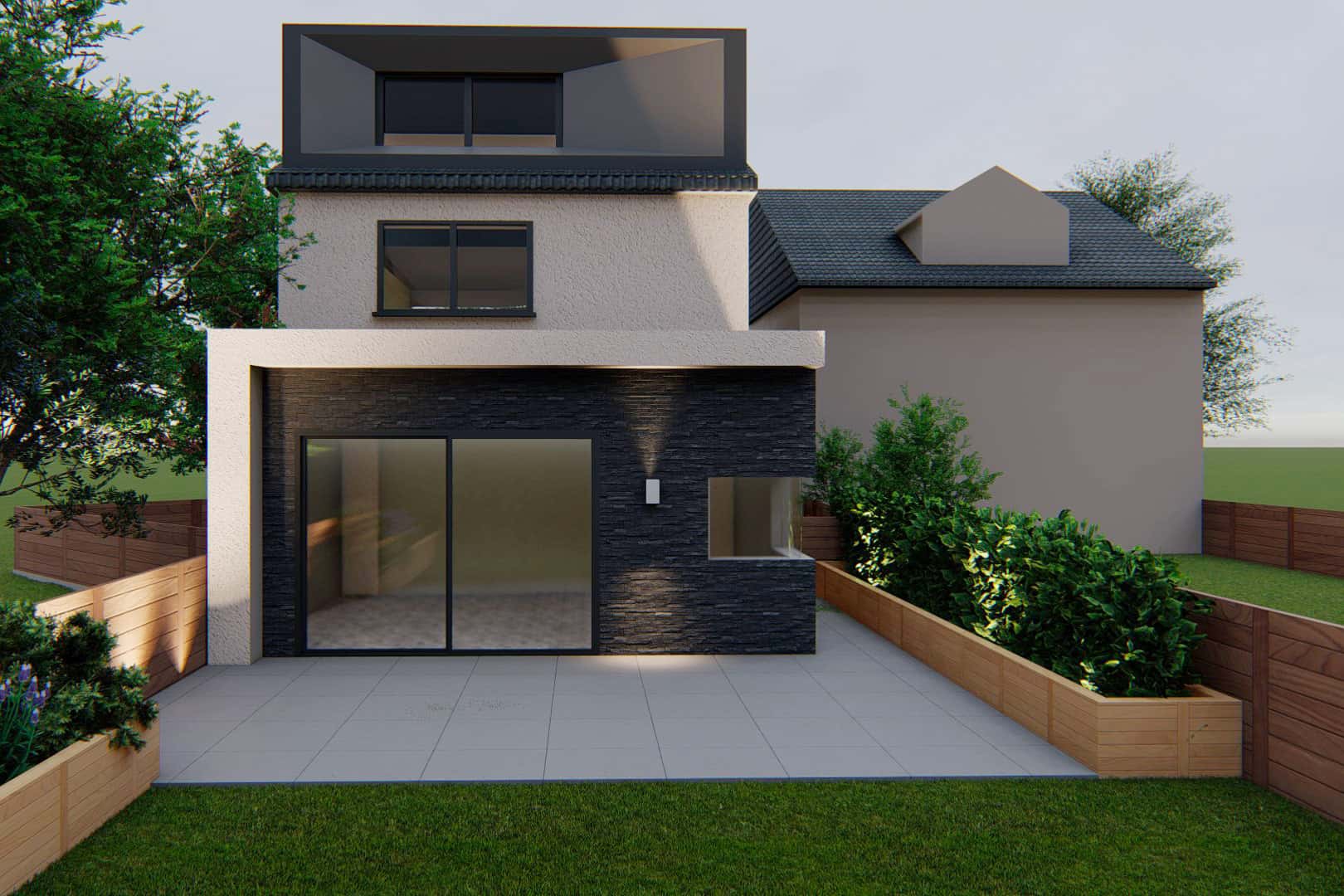How Long Does It Take to Build a House: Unveiling the Timeline
Importantly, building a new home significantly impacts planning, budgeting, and the overall success of your project. In this article, discover the average timeframe and what to expect from each phase, from the beginning to the end of your project.
Embarking on building a new home means that you are faced with a myriad of questions in your mind. How long does it take to build a house? How long might it take to find an engineer or an architect? How long will it take to get planning permission approval? Will there be any legal issues?
There might be two lines of thought behind these questions. One is from a budget perspective, the other might be because you would have set yourself a target to move into a new house at a certain time, perhaps to fulfil a commitment. A realistic timeline hence allows homeowners to plan and budget for different phases of their house construction, especially in foreseeing and managing potential delays, unexpected costs, and to stay on track of the overall process.
Factors that Impact the Timeline of Your Project
There are several factors that impact the timeline of the project. Natural conditions, unnatural adversities, unforeseen site conditions, supply chain issues, type of construction, design complexities, planning laws, etc, all are key factors that significantly impact the timeline of a project.
- Type of Construction is primary as it depends on what kind of house you are planning to build. Prefabricated houses will take around 4-6 months, while customisations in design can take longer (10-14 months). A single-storey house may roughly take around 5-7 months, whereas a double-storey house can be expected to be completed in 10-12 months’ time.
- Natural factors such as weather conditions, torrential rains, or scorching hot days may delay the construction.
- Unnatural Adversities in the form of labour shortage, delay or unavailability of materials and other resources, supply chain issues greatly impact the timely completion of the project.
- Site and Foundation Issues such as poor ground or soil conditions, old structures or elements hidden underneath the foundations, or other unforeseen impediments that may hinder the timely progress of the project.
- Complexity of the design is an important factor, as the more intricate the design is, the longer it may take to construct the building, requiring expert detailing and guidance on the project.
- Planning Permission may come into play when the project warrants changes that are not covered under permitted development. Most planning permission approvals take days or even weeks, and so may be the delay. Building regulations (mandatory), party wall agreement (if necessary) are other factors that play key roles too.
Understanding the timeline is hence crucial as it not only helps you to plan, budget, and keep track of your entire project, but keeping knowledge of the timeframe required will help you prepare for any adversities you may face during the construction process.
How Long Does It Take to Build a House?
To give you a head-start, on average, it might take between 6 to 18 months for a house construction project to complete. The timeframe is primarily dependent on factors such as the design, location, availability of manpower & resources, scale, and complexity of the project.
So, if your project is straightforward and not a demanding one in terms of construction and scale, the project may well finish within 6-7 months. Supposing your project demands a thorough inspection and work involving the site & foundations, or is marred with complexities, or is a structurally demanding one, then the timeframe may further extend.
Let’s now look into each stage of a construction project, understanding what’s involved, along with the timeline each phase adds to the project.
Stages of a Project
1. Planning (Timeline: 1-2 weeks)
The first step to build a house is to create a plan and design for your house. This involves hiring an engineer or an architect and preparing the drawings, which includes the layout, floor plan, design, and structural features etc. In the same phase, you will be aware of whether any part of your house will require planning permission or a party wall agreement or not.
2. Preparing the Land (Timeline: 2 weeks)
This is a very crucial phase of your project and perhaps one of the most expensive ones. In this stage, you are preparing the ground (literally) for construction. includes testing the soil to assess its quality, preparing the foundations, which may encounter unforeseen elements hidden beneath, and may require excavation and clearing the debris if any.
3. Laying the Foundation (Timeline: 2 weeks)
In this stage, you will position reinforcements, pillars, and trusses inside the foundation trenches. You will also be placing utilities like water pipes, sewage lines, electrical cables, or laying other pipes that you may use as heating systems. Once the installations are complete, concrete is poured to fill the trenches upon which a new structure will be built.
If your plan is to build a single or a multi-storey structure, then the timeline for foundations will accordingly change, as it may warrant more groundwork so as to bear the load of the entire structure.
4. Building the Superstructure (Timeline: 4-7 weeks)
This is the part where your house really starts to look like a building. It involves constructing the structural framework, which is often made of columns, beams, and slabs. This is also the phase where walls, floors, roof, installation of roof tanks, or other external equipment, insulating the house, and similar constructions are realised.
The timeline of the superstructure will also depend on whether you are building a single-storey or a double-storey house.
5. Working Inside (Timeline: 4-6 weeks)
Once the superstructure is built, you will now begin constructing inside your house. This is where you will make the necessary plumbing connections, electrical wiring, along with installing doors and windows inside the space.
6. Installing Cabinets and Furnishing (Timeline: 2-3 weeks)
Once you are done with internal connections, you will now need time to furnish your house by installing cabinets, wardrobes, and cupboards. This may take at least 2 weeks and depend on the complexity of the furnishes.
7. Other Internal & External Works (Timeline: 2-3 weeks)
You may have to build an external drainage system, like a manhole, which will necessitate more time. Prepare the ground for the garden, driveways, and pathways. Fix earthing works for electricals. All excavation works for these may start here.
8. Fixing Accessories (Timeline: 1 week)
Previously, you had installed connections for plumbing and electrical. This is the stage where you will be attaching fittings and fixtures like taps, switches, control systems, heat pumps, WCs, shower heads, baths, etc.
9. Finishing (Timeline: 2 weeks)
In this penultimate stage, you will plaster and paint the walls, ceilings, and fix ceramic wall tiles, perhaps in the kitchen, bathroom or a similar utility. The entire job of decorating your house will be done in this stage.
10. Landscaping (Timeline: 4-6 weeks)
You may build a garden, a pathway, or a driveway, which further requires external groundwork and finishing. Because in the previous phase you have already dug up the ground, here you will need to level the ground and finish it.
Conclusion:
Building a house in the UK may take longer than as it involves an intricate process. There are several considerations, factors that come into play. Planning permission and similar laws alone may go up to weeks. Until you have secured permission, you are not permitted to commence the project. On the question of how long it takes to build a house, you may now have an idea or a near approximation of the timeline.
A word of advice is to consult professionals like architects or structural engineers who will help you with the nearest timeline and timeframe involved in each phase of your house construction project.
If you are planning to build a house or are looking to extend or convert an existing house and are puzzled as to how long your project may take, do not drop a sweat. Being seasoned experts in all forms of construction, including extensions, conversions, and new builds, and have furnished thousands of projects across the UK and have ensured all our projects stay on schedule from start to end.



